I just spent the last three months living, breathing, and dreaming Exterior House Paint.
When we bought our house in 2013, it had recently been painted… in a shade hubby and I could not stand! For 10 long years, we waited and saved up to paint our house with a color that made us happy. Here is the ‘Before Shot’ (with a few new paint color samples added):
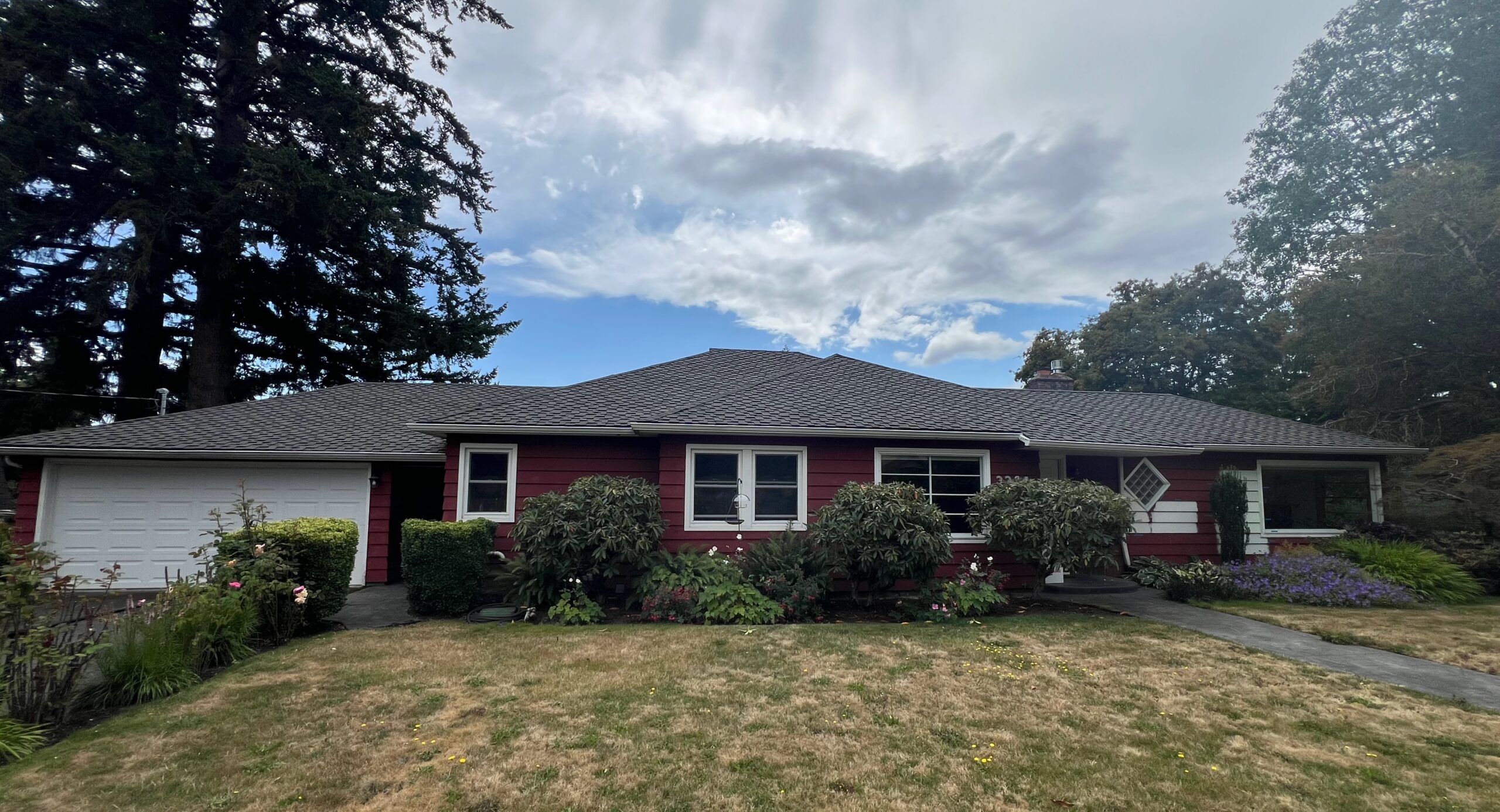
Being a real estate agent means I get to see all the new trends and colors as part of my job. In my 20 years of real estate, I’ve learned a lot about what makes a great home improvement choice work, and why bad or even mediocre choices can fail miserably, and alienate the Buyer audience you are trying to capture.
But I was still daunted by the possibility of choosing my own house paint colors. Obviously, it’s a super important aspect of your home’s curb appeal. And it’s a relatively big ticket item so mistakes are not an option. So I spent weeks online reading blogs, watching videos, and taking trips to our local paint stores. Here’s what I learned:
The Internet Really Does Come In Handy!
Start by doing your research. You can find videos and articles on pretty much any subject you need. Here are some of the searches that helped me: “Best Exterior House Paint Colors”, “Exterior House Paint Trends for 2024”, “Best White Exterior Paint Colors”, & “Exterior House Painting Tips”.
The Paint Companies’ websites also have pretty good Color Tools where you can “try” different colors on a house photo that is provided (you can choose from different styles and find one that’s close to your home’s style). These features never seemed to work with a photo of our particular house, but there usually is an option to upload a photo of your own home.
Learn About “LRV” – Light Reflective Value
What is a bright and energetic color inside will likely blind you outside or completely wash out because of the sun’s reflective power. This is especially important if you are considering a white or light exterior color. You’ll want to pick colors with LRV ratings in the 70s or low 80s for most whites or light neutral shades.
If your house is in full sun, you’ll be shocked at how much different the color is outside. Consider where you live. A wooded shady lot will allow for higher LRV shades without the squint factor. The choices you’ll need to make in full dessert or coastal sun, however, will be very different!
Go Outside
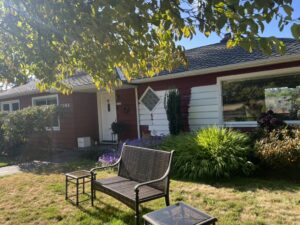
Not only will the sun dramatically increase the brightness of light shades, but the amount of light and how it plays on your house can totally transform the color you are considering. When choosing your colors, only view them outside – even at the paint store. Step outside and try to put them in an area that mimics the light or shade quality at your house.
Get the peel-and-stick panels so you can move them around your home at different times of the day, and view colors in different locations. You don’t want to rush this process. You may love a chosen paint color in the early morning, and hate it that same afternoon. Your house in the rain will be a different experience than in the height of summer!
And then it’s important to consider the color of your roof, walkways, and driveway to ensure it all works together.
A nice gentleman at Benjamin Moore told me that even the peel-and-stick panels viewed outside tend to be a little darker than what will be the final result, because when you make larger batches of the paint color, the coloring is more spread out and the result is less saturated paint compared to the small amount used for the sample panels.
He was right. The final effect of our whole-house color is lighter than what the sample panels led us to believe.
Stalk Your Neighbors!
Some folks can visualize better than others. I needed to see examples in real life before I could commit, so we spent hours driving around town looking at house colors! Once you get a few ideas, head out in your city and you’ll find some colors you love. It’s also super helpful to see the mistakes you want to avoid.
We knew we wanted a light house color to help reflect the heat in summer since we don’t have central A/C (that LRV comes in handy when it comes to heat). Additionally, the front of our house is always in shade, so we planned on painting our house a really warm, or even a little “dirty” white. While out driving in our neighborhood one day we drove past a gorgeous color on a house very similar to our day-light basement ranch. AND, it faced Northwest, just like our home does so we knew the color would play similarly on our home.
I drove past that house whenever possible. I took detours so I could drive by the house and just “happen” to catch the owners outside. One day, I finally did and stopped to ask the homeowner about the color. He was super sweet and went into the garage to get it for me. You never know – you could meet your new best friends this way.
Don’t forget about the Trim
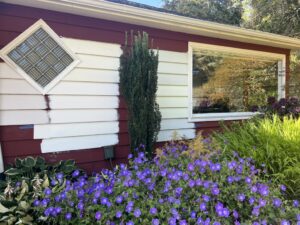
This is one of the first rules I learned about house painting in real estate: The trim can make or break your finished paint job. You can make a seemingly horrible body color or really boring body color look amazing with the right trim color. And, conversely, I’ve seen so many awful trim colors just ruin a perfectly good house body color choice!
Don’t forget to go back outside and spend the same amount of time researching and evaluating the trim colors you are considering. Once you narrow down to a few, your painter will likely put them up for you to get a sense of how things look together in your light. Fun fact, the trim color goes up first so a LOT of patience is required before you can get a true sense of how things look together! But when the house body color is done, and all the taping and masking is finally removed, you’ll get your “ta-da” moment in a big way!
 Doors: Garage & Otherwise
Doors: Garage & Otherwise
There are lots of designer rules about door color – especially garage doors. And usually the “rules” are right. But not always. How’s that for clarity?
So the general rule about color for your garage door is that it should be the same color as your house body color in most cases. The reason is that you don’t want to call attention to your garage, right? Especially if your garage is up in front of your house or underneath your front door. You’ll likely want a more seamless flow and can use the trim color to create interest and definition. More importantly, you want the focus to be on your front door area!
But in our case, our house is just a really wide rectangle. It just goes on and on from side to side. Additionally, our garage is separated from the house by a breezeway and is also slightly recessed behind the home. So after a lot of driving around and looking at garage door paint choices, we decided to break the rule and paint our garage door the white trim color.
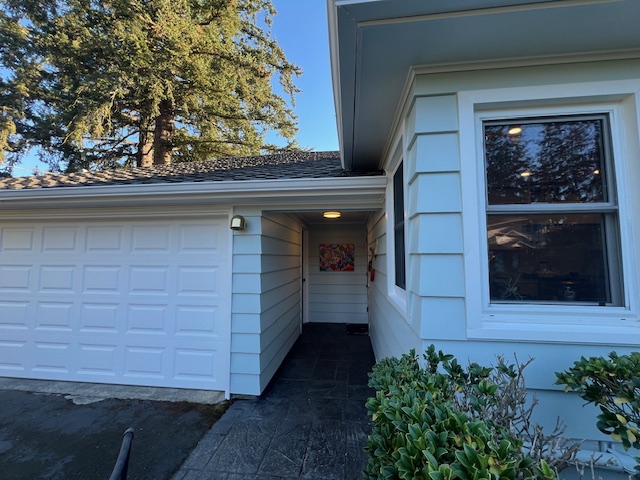
In our case, it worked! It would have been too much of a good thing with endless house body color. We needed a little visual interest over on the garage side of our property and color variation was all we had (given the lack of architectural interest on that side of the property). My point here is, try to understand the rules about color and paint choices, and then know when you need to break them for the individuality of your particular property.
And the front door color? Well, that’s the really fun part!
Most of the rules go out the window here and you get to pick something that brings you pure joy! Small doses of color give you a lot of room for expression.
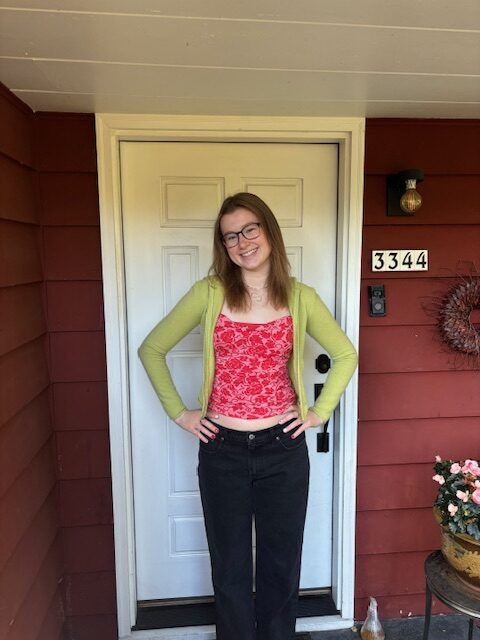
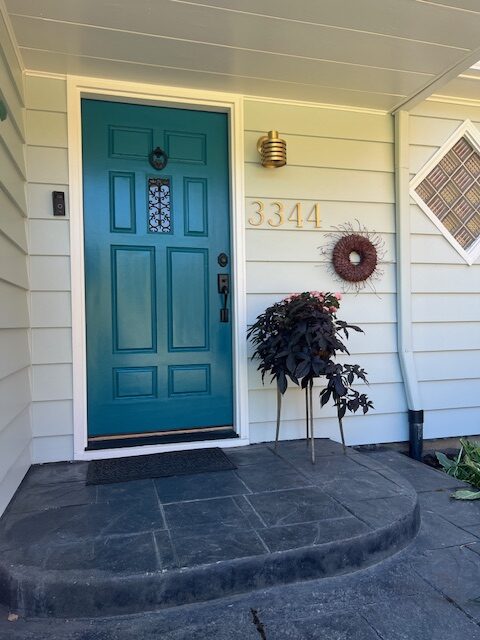
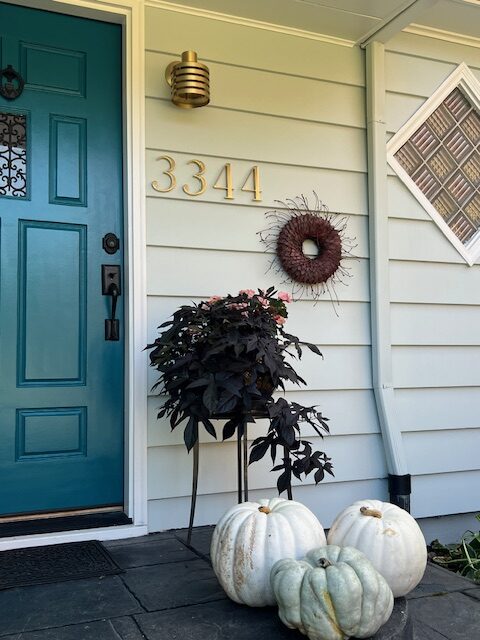
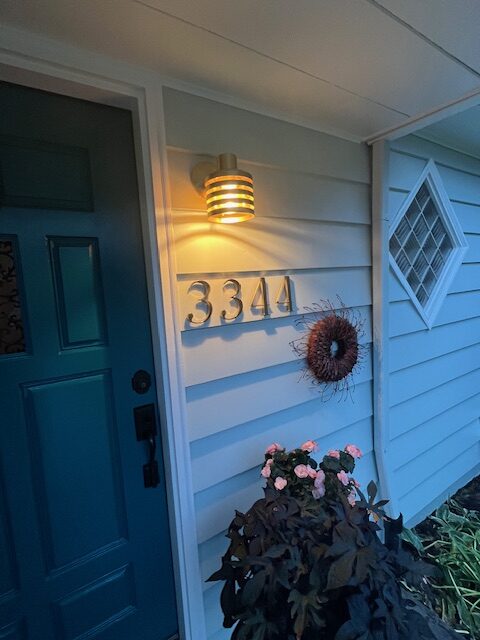
Then there are the side doors and back door colors to choose. Can you see other doors from the street or front path? Do you need to coordinate with your oh-so-special front door color? Actually, that may be a post in and of itself!
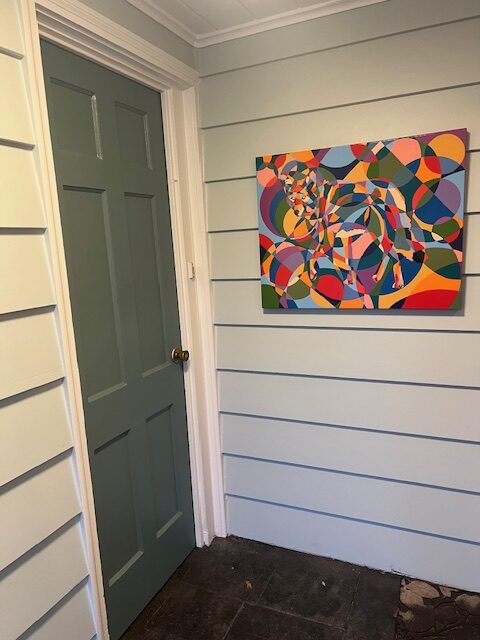
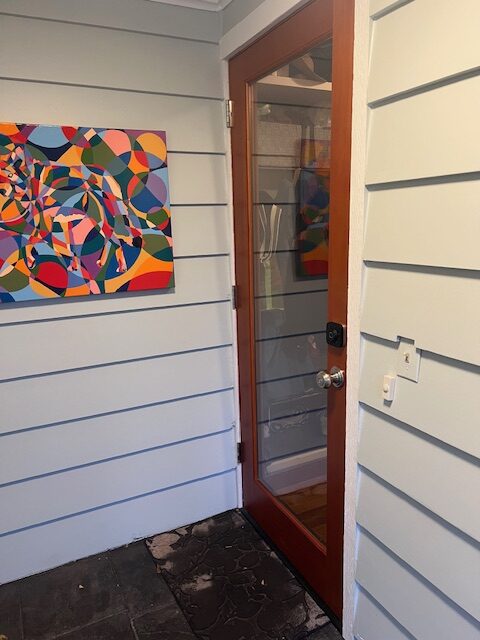
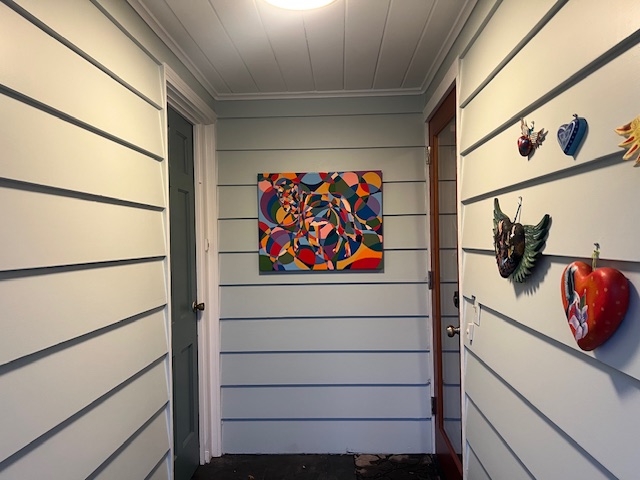
But wait – there’s more! There’s the back of our house which has quite a bit of foundation above ground. In some places, almost half of the total structure height is concrete foundation so we were left with one more paint color choice (and yes, it started to feel endless at this point, and yes, the back of the house is in full sun!):
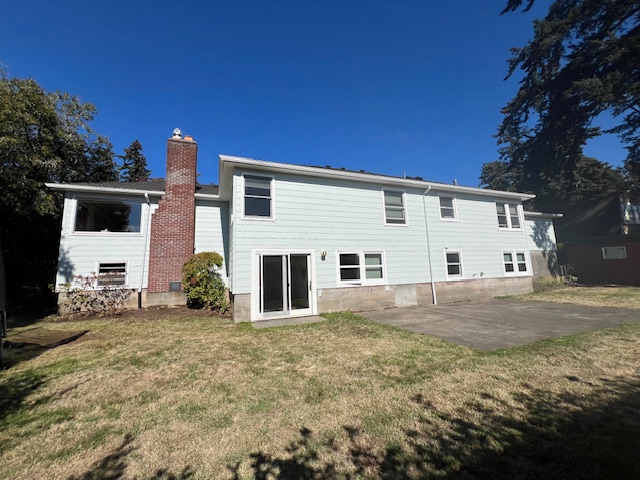
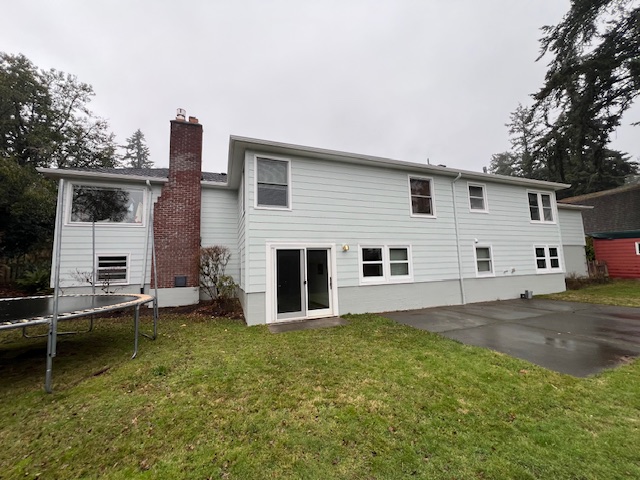
And now the grand finale – It’s done!

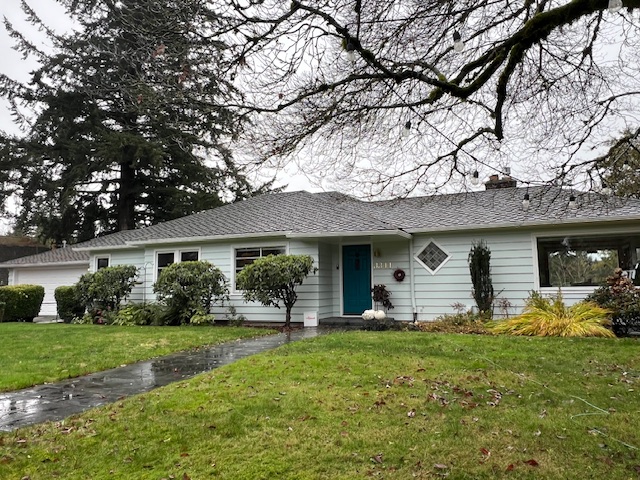
We love it. In sun, in rain (see how the color changes?) – it’s perfect. Our neighbors think so too…
Pro tip #1: When looking at all those gorgeous paint colors on your computer or phone screen, make sure your screen brightness is turned up (yup, learned this the hard way)!
Pro tip #2: If the pressure of picking the perfect colors is too much for you, and funds will allow, hire a designer! It will save you money in the long run.
Kari McGee

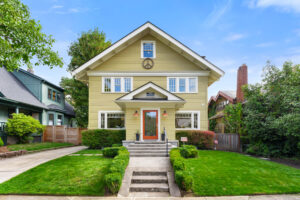 NE PDX is the juxtaposition of the inconic “Portland Four Square” as the backdrop for a fixie bike with a basket overflowing with local farmer’s market produce. Here, you’ll find dive bars serving PBR alongside trendy gastropubs boasting Pinot Noir pairings. Don’t worry, though, there’s plenty of good old-fashioned fun in places like the
NE PDX is the juxtaposition of the inconic “Portland Four Square” as the backdrop for a fixie bike with a basket overflowing with local farmer’s market produce. Here, you’ll find dive bars serving PBR alongside trendy gastropubs boasting Pinot Noir pairings. Don’t worry, though, there’s plenty of good old-fashioned fun in places like the 

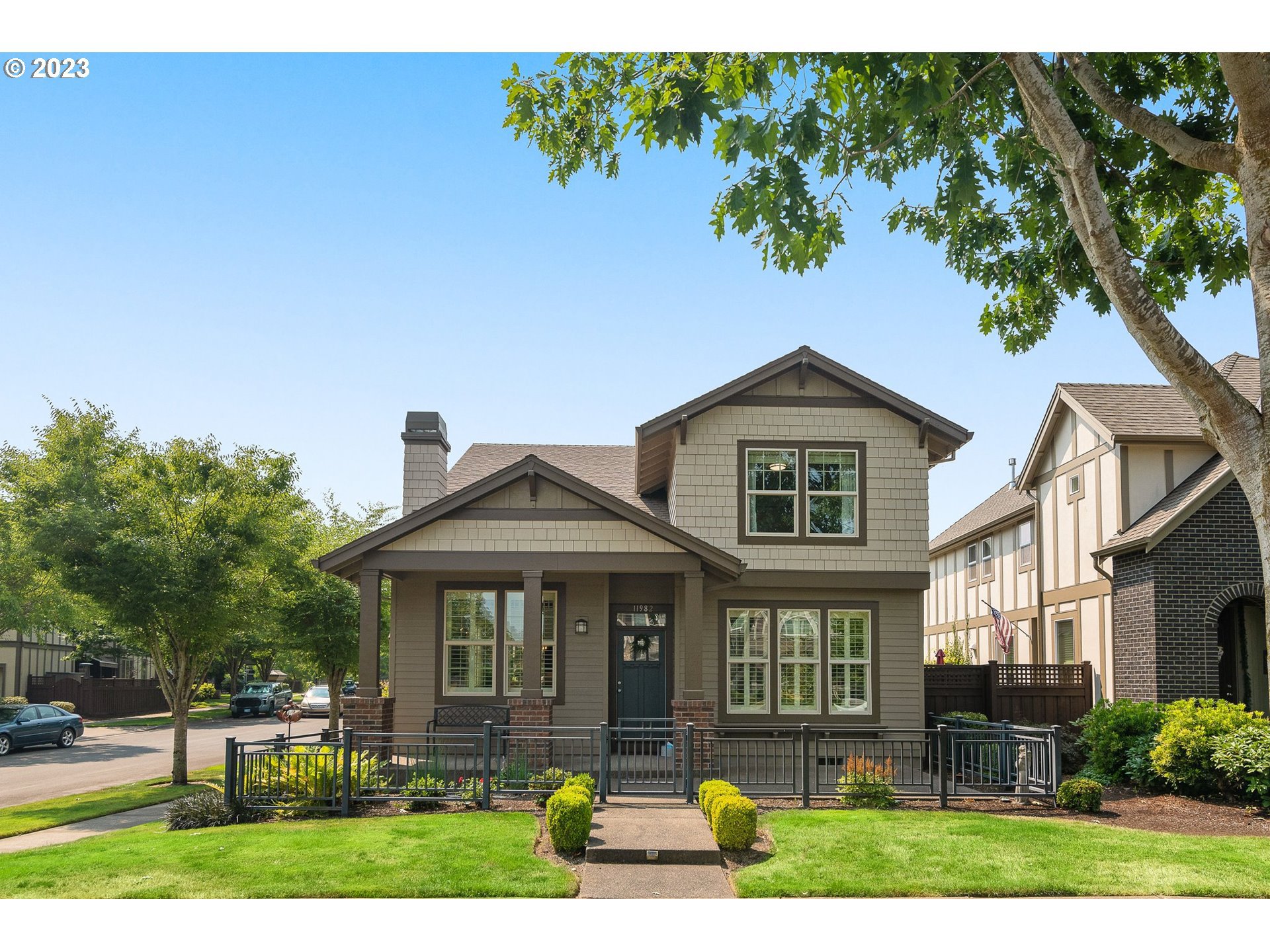
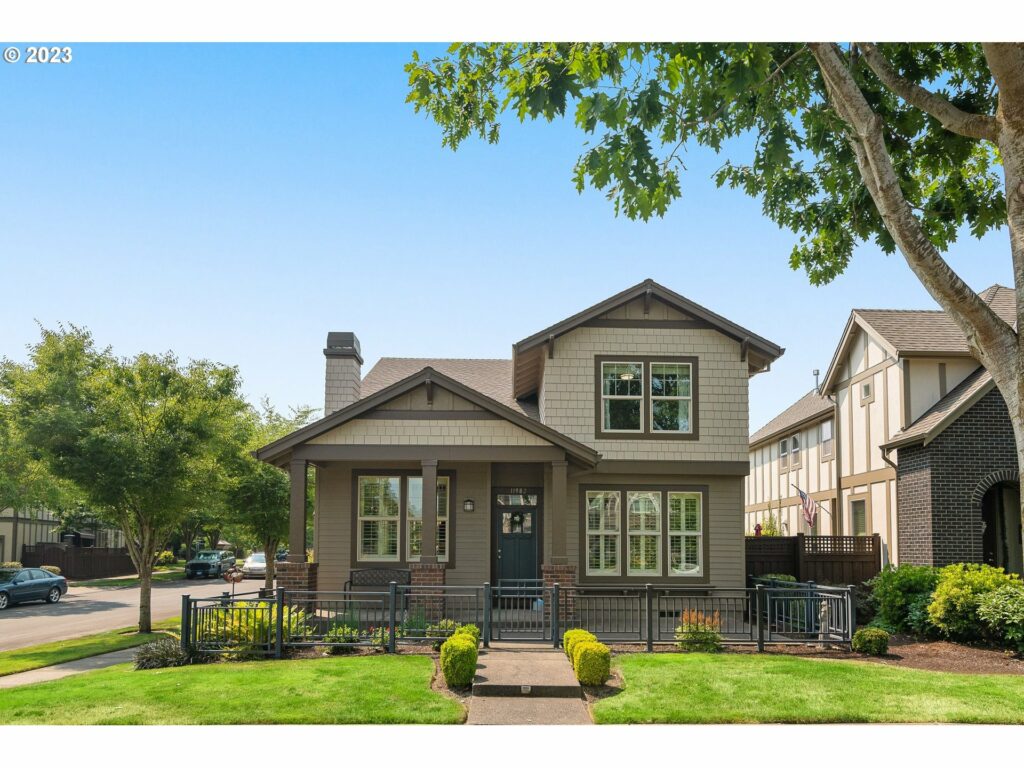 Jim and Leslie have finally made the move from the Seattle area (bub-bye horrible big city traffic) to the lovely Villebois neighborhood in Wilsonville, OR!
Jim and Leslie have finally made the move from the Seattle area (bub-bye horrible big city traffic) to the lovely Villebois neighborhood in Wilsonville, OR!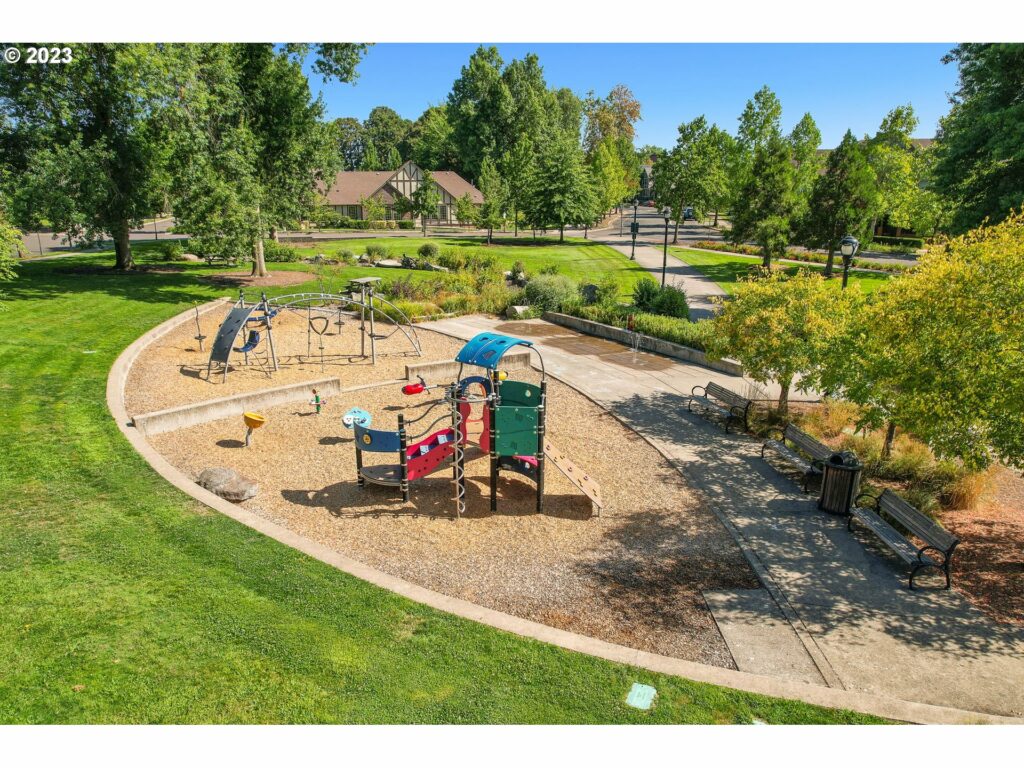
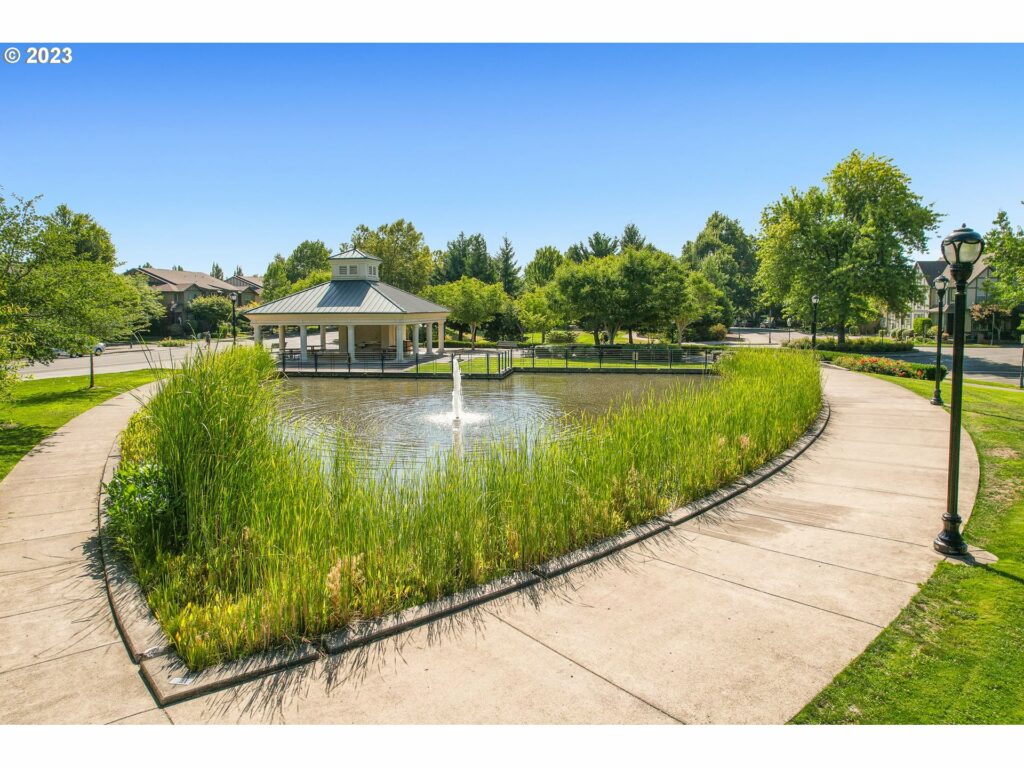
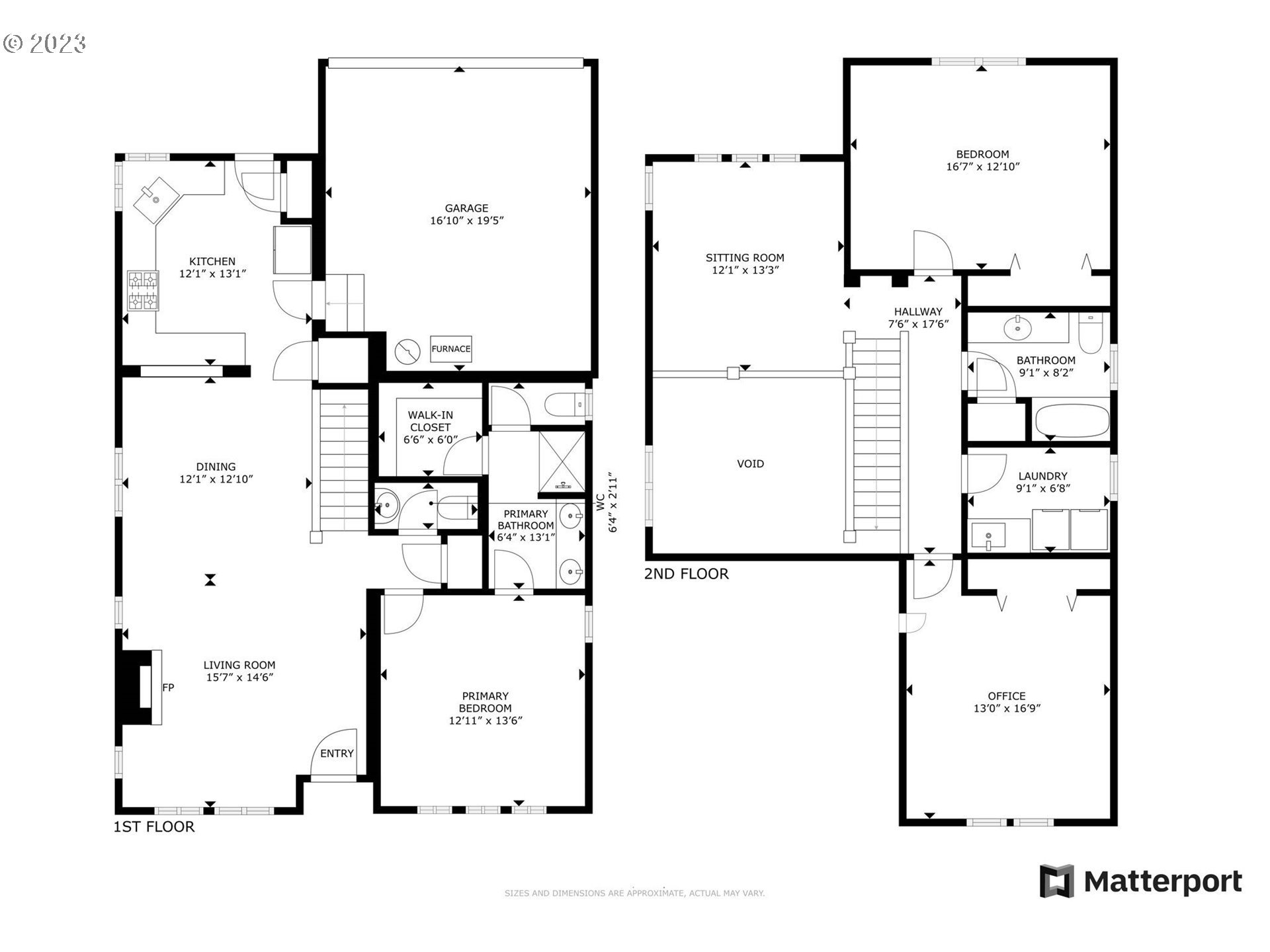

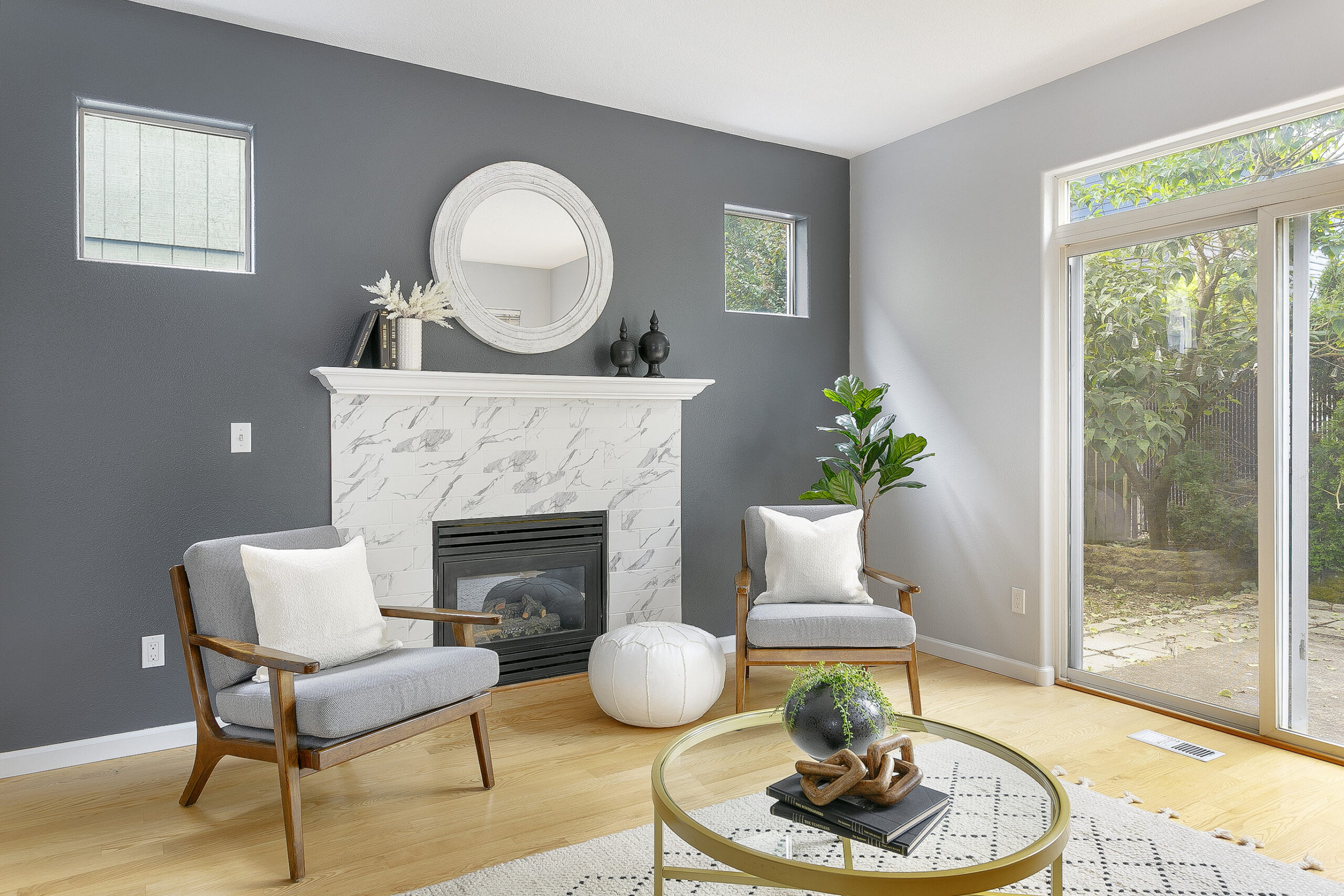
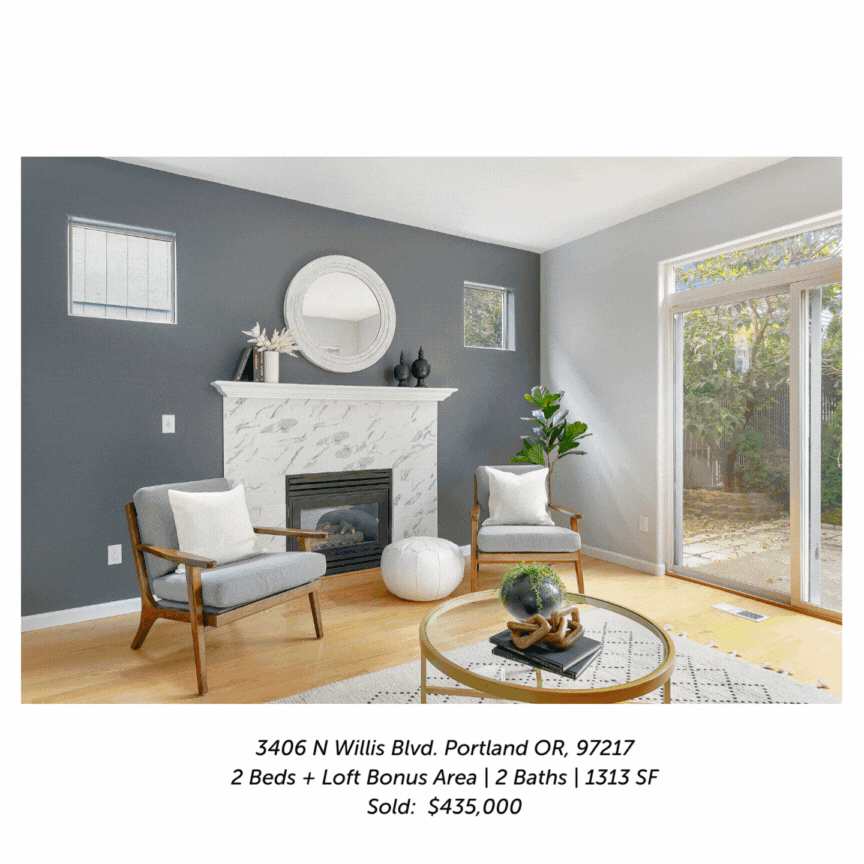
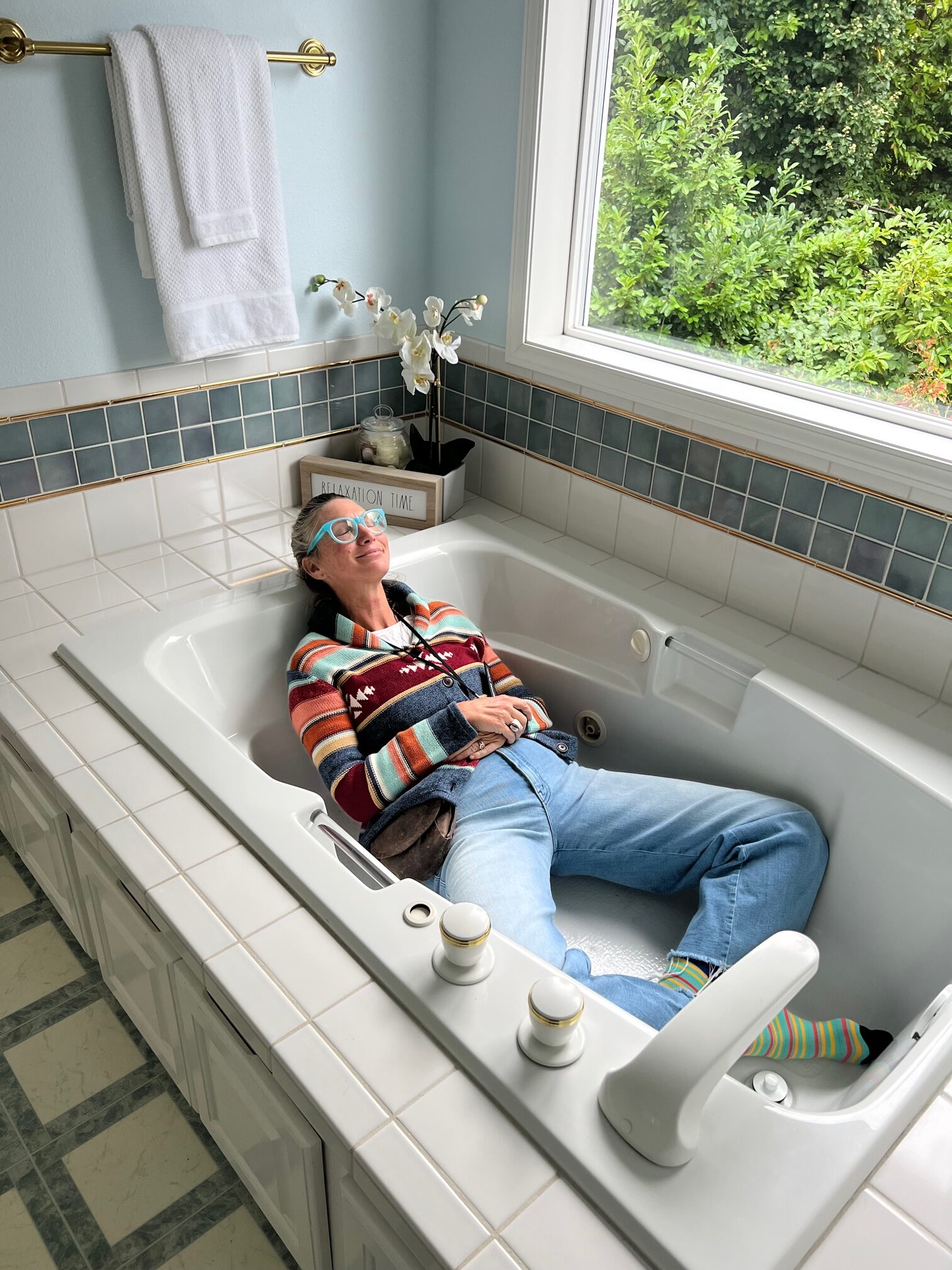
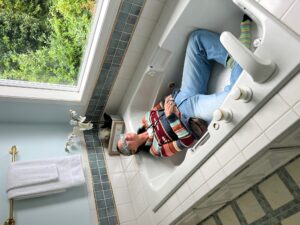 definitely was a long-distance real estate purchase times two. But in spite of some long-distance communication constraints, three things became clear very early on in Joe and Rachel’s search: 1. Bathtubs were important. We’re not talking some mamby-pamby, low-to-the-ground, skinny, hemmed-in tub. We’re talking a big-ass soaking tub with a view and light and privacy all at the same time!
definitely was a long-distance real estate purchase times two. But in spite of some long-distance communication constraints, three things became clear very early on in Joe and Rachel’s search: 1. Bathtubs were important. We’re not talking some mamby-pamby, low-to-the-ground, skinny, hemmed-in tub. We’re talking a big-ass soaking tub with a view and light and privacy all at the same time!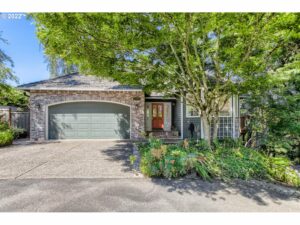
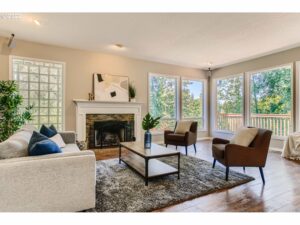
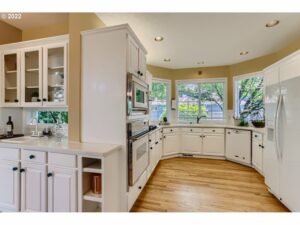
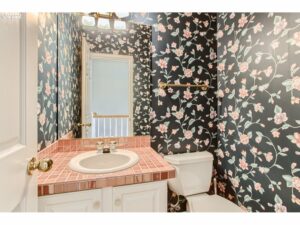
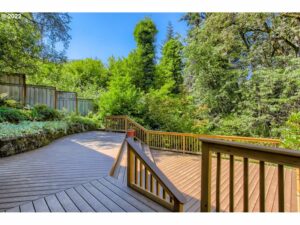
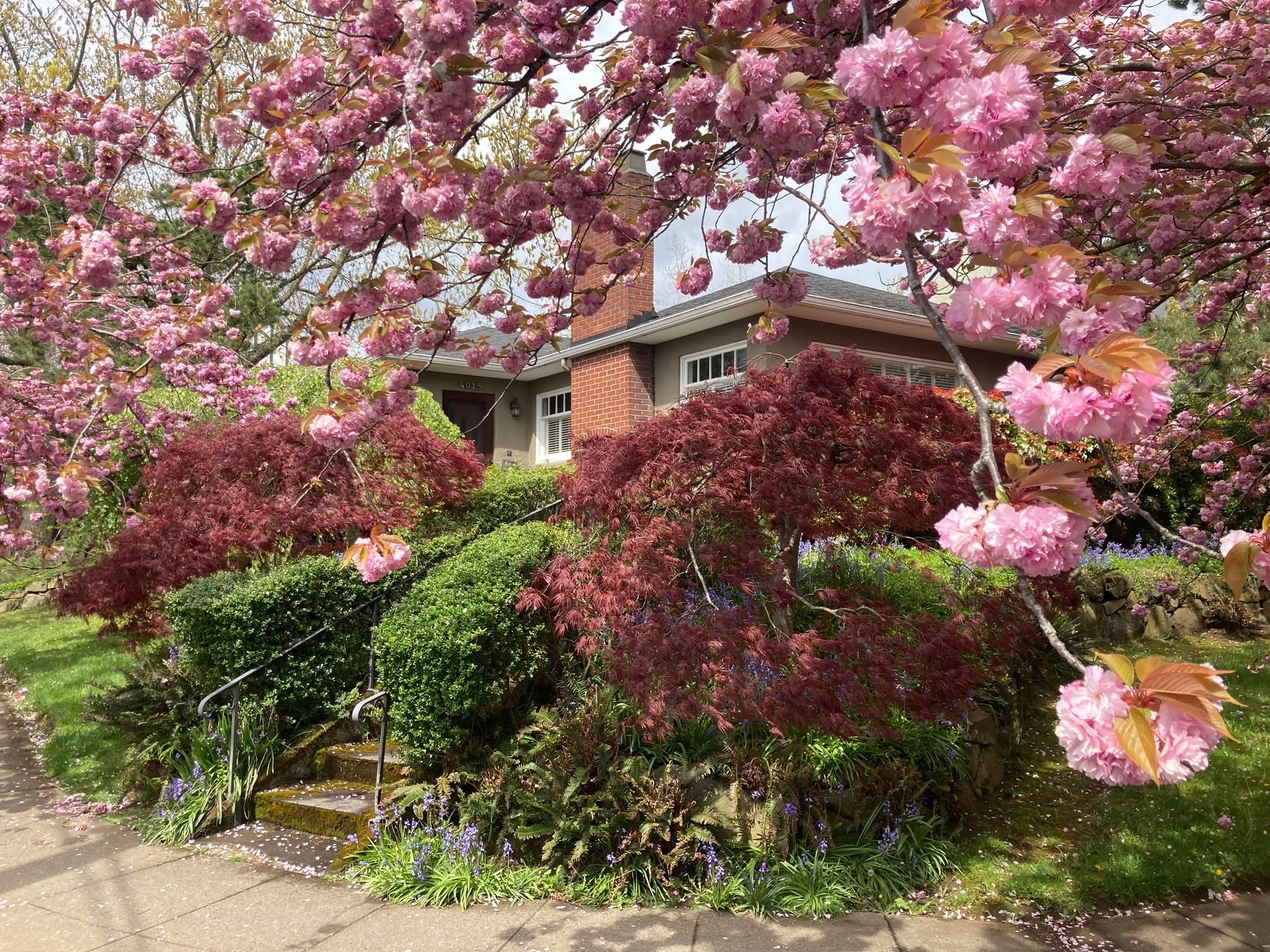
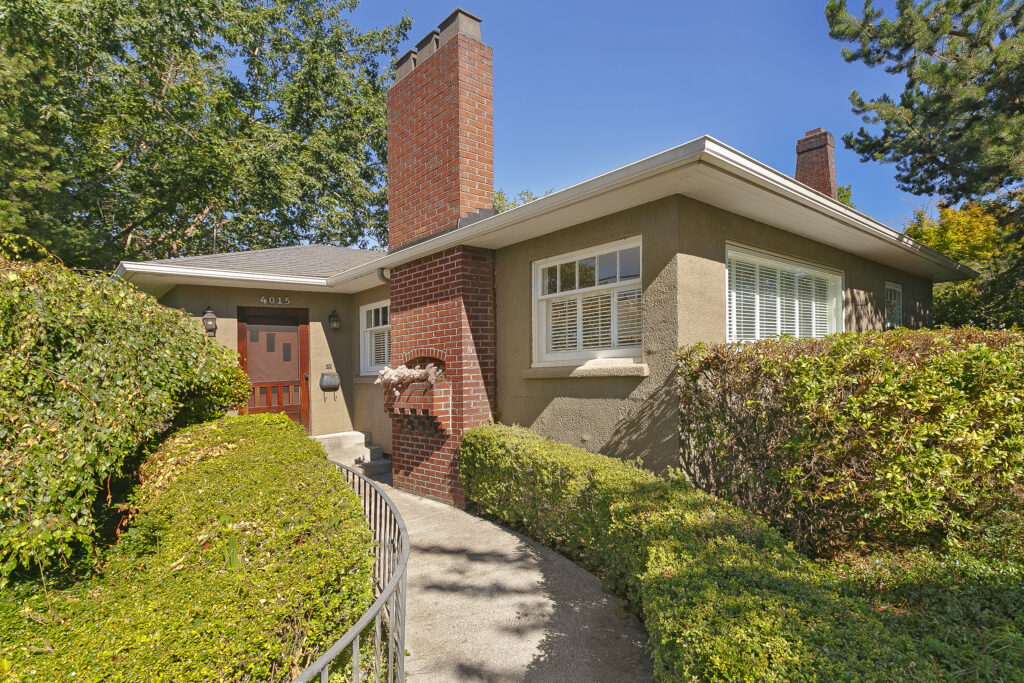
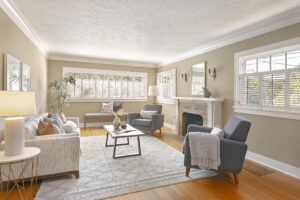
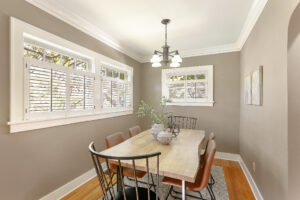
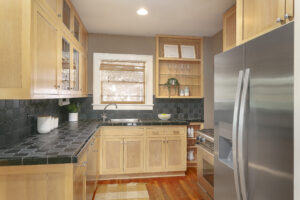
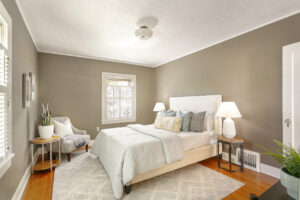
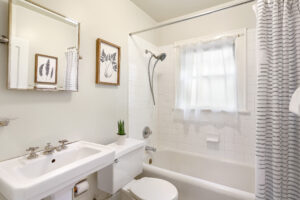
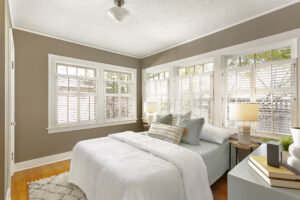
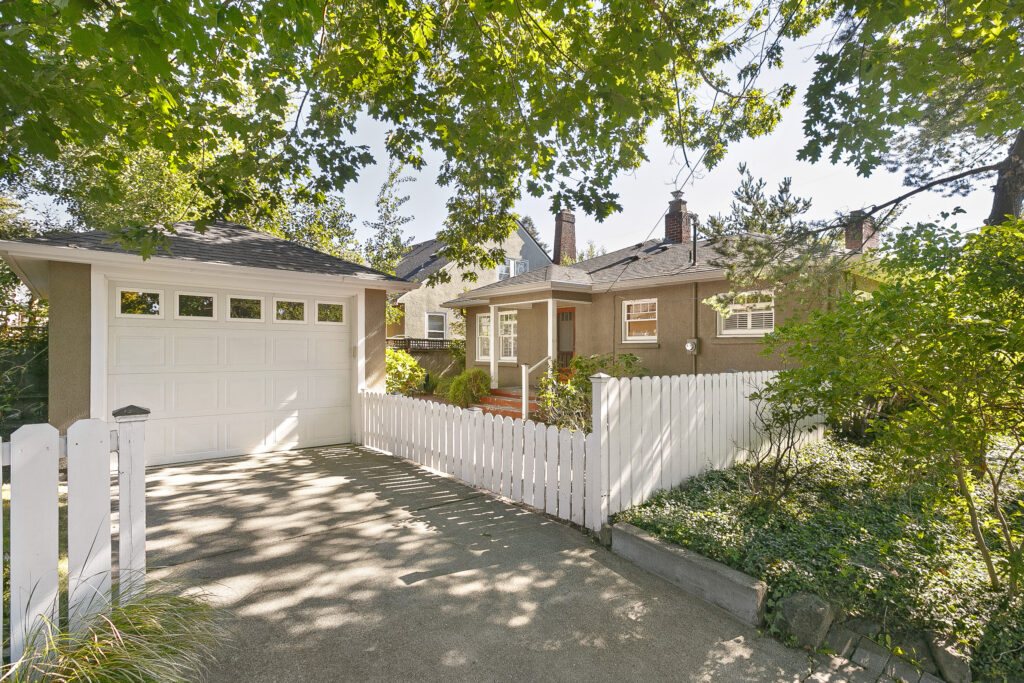
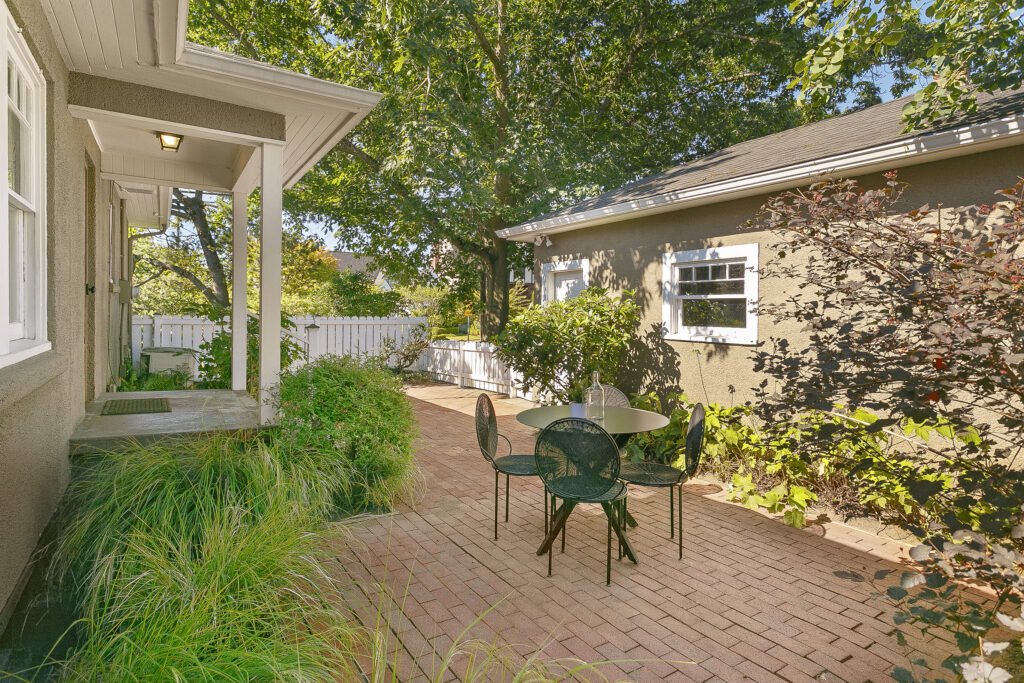


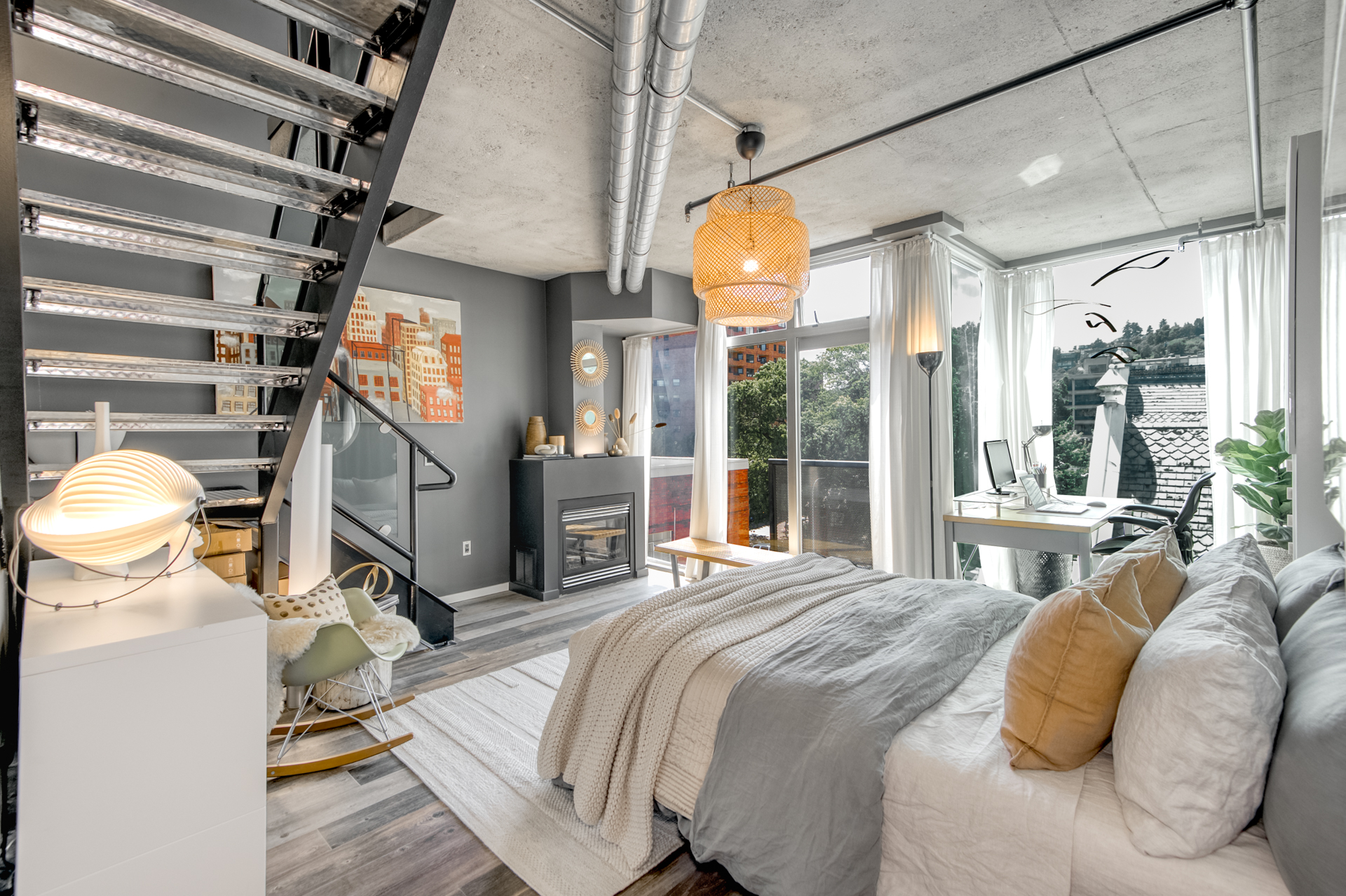

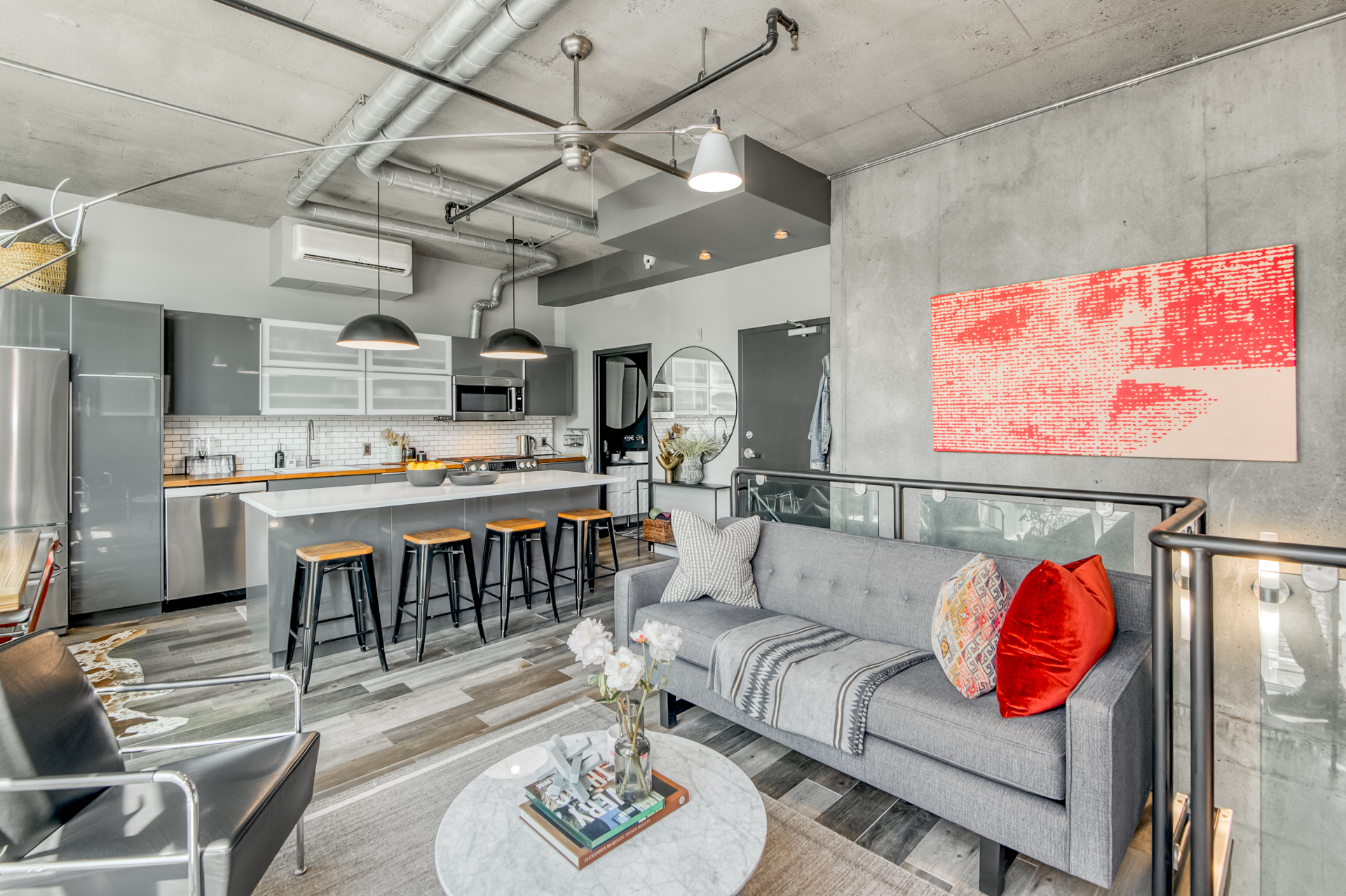
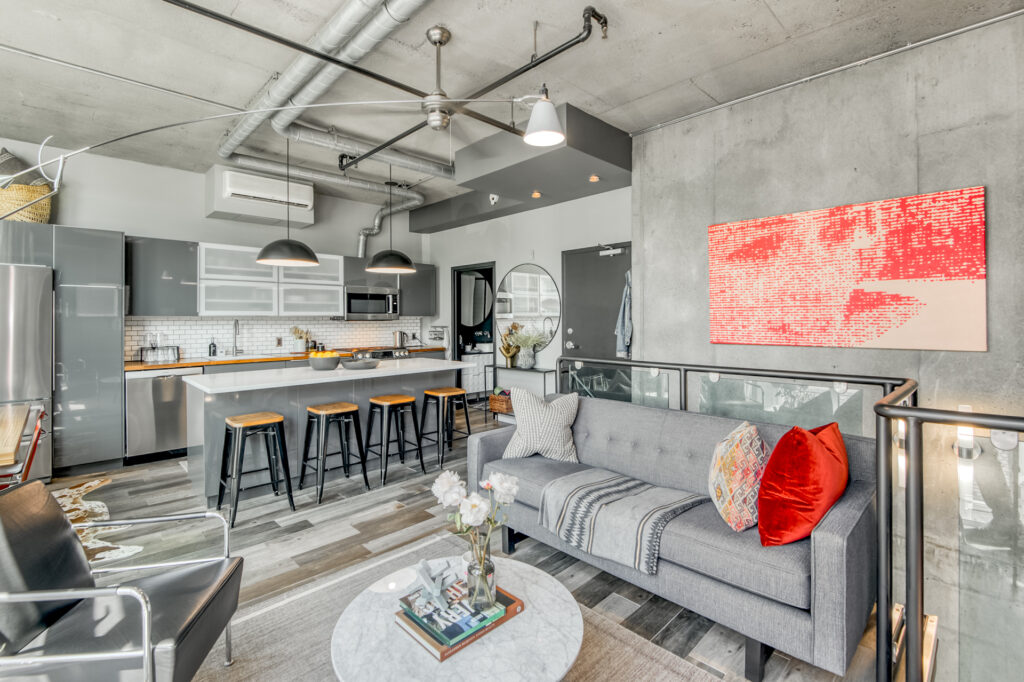
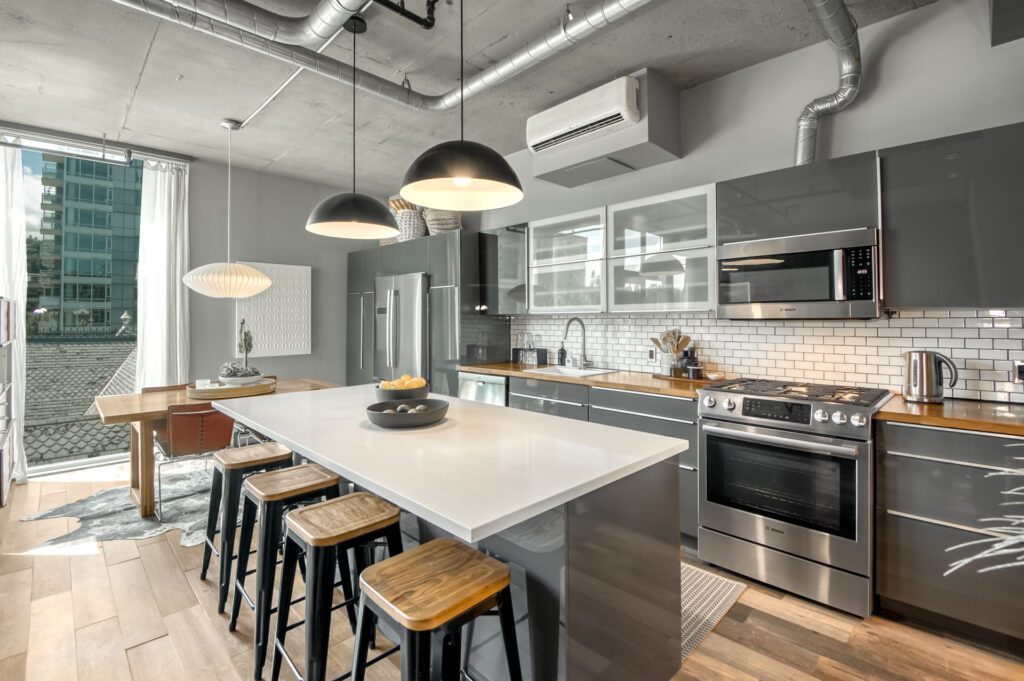
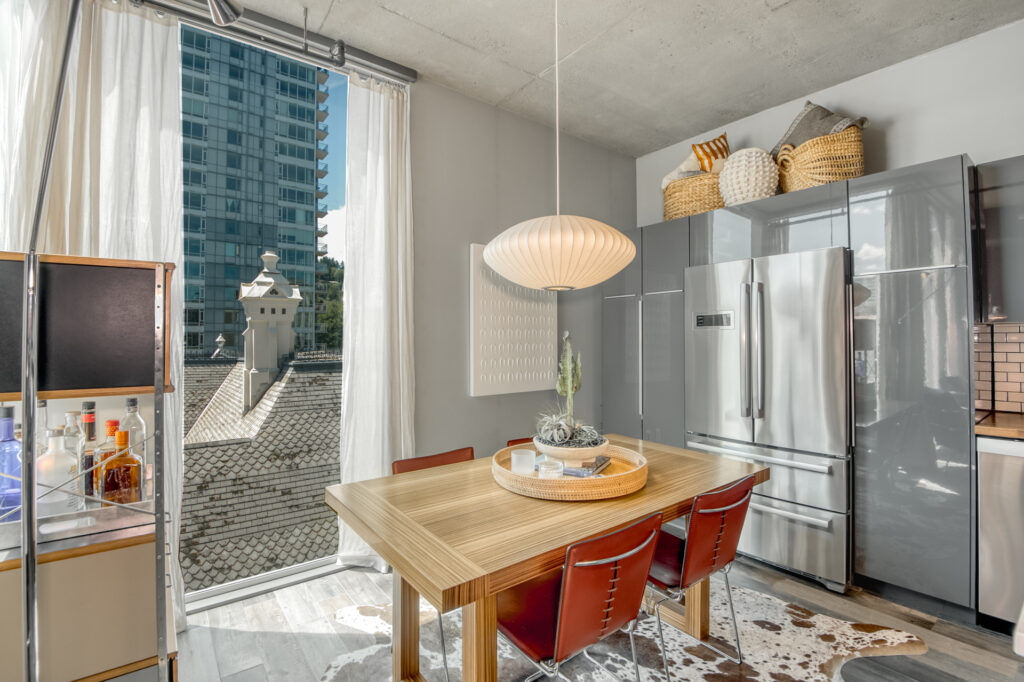
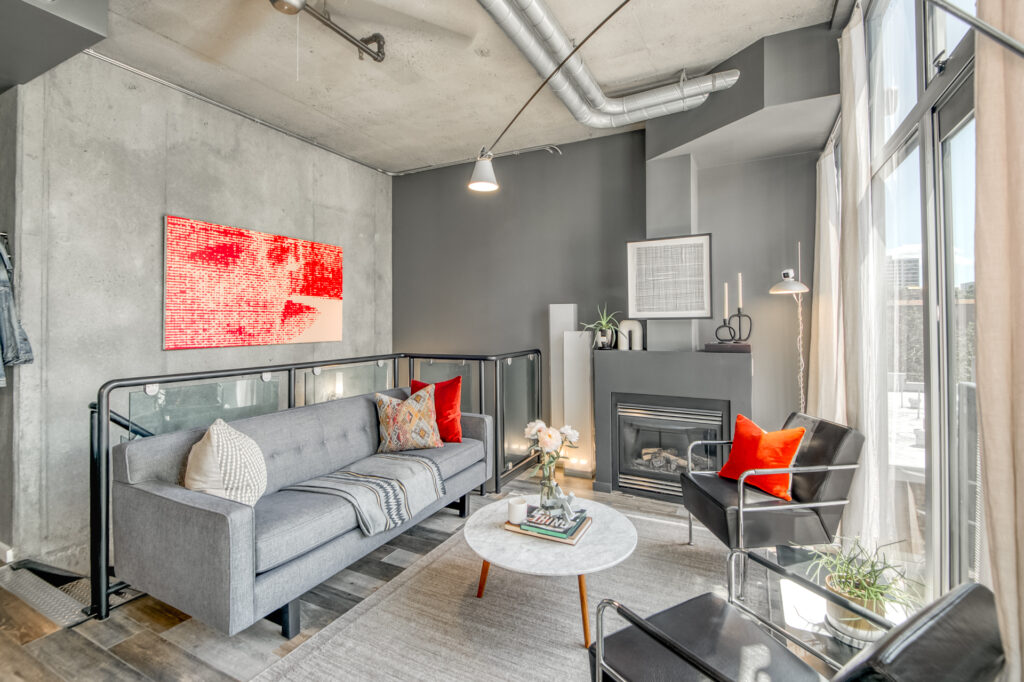
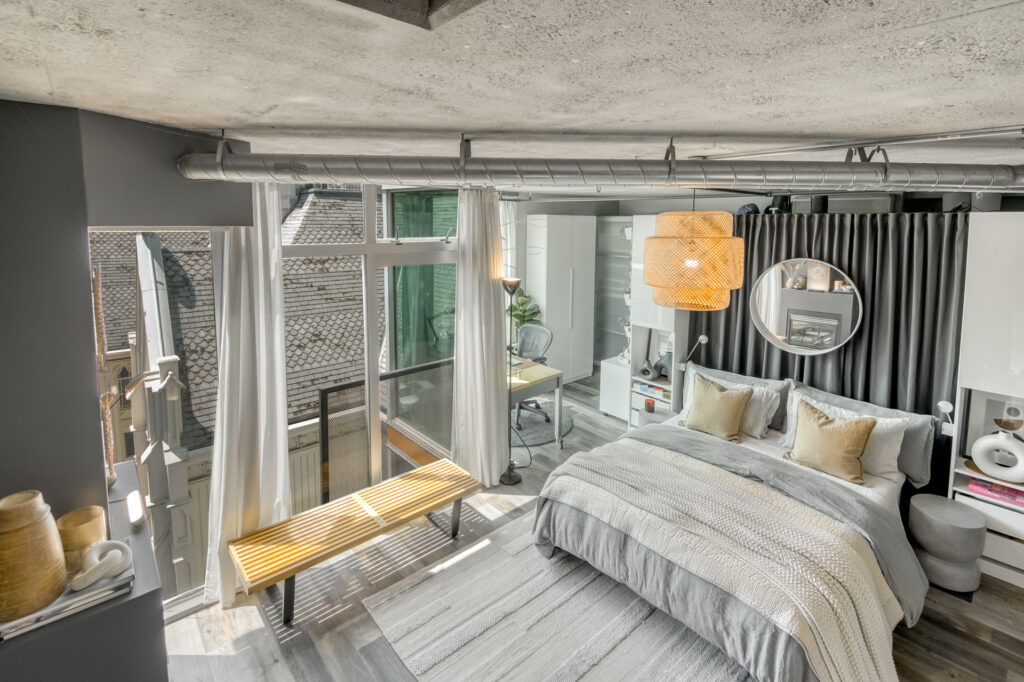
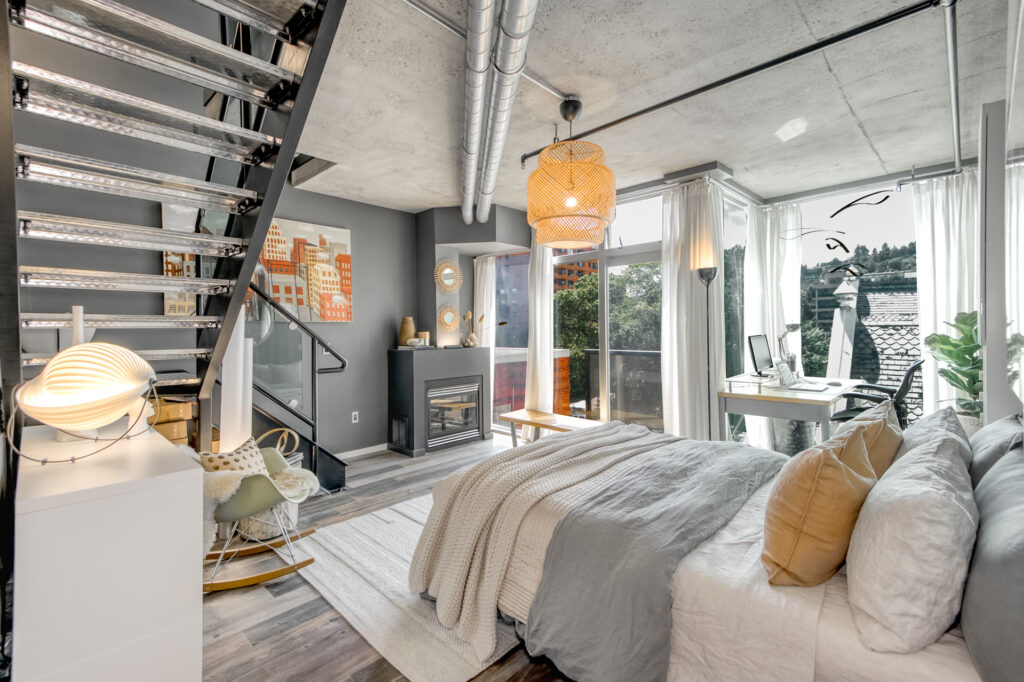
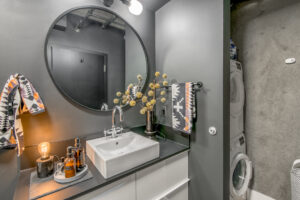
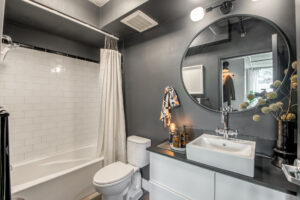
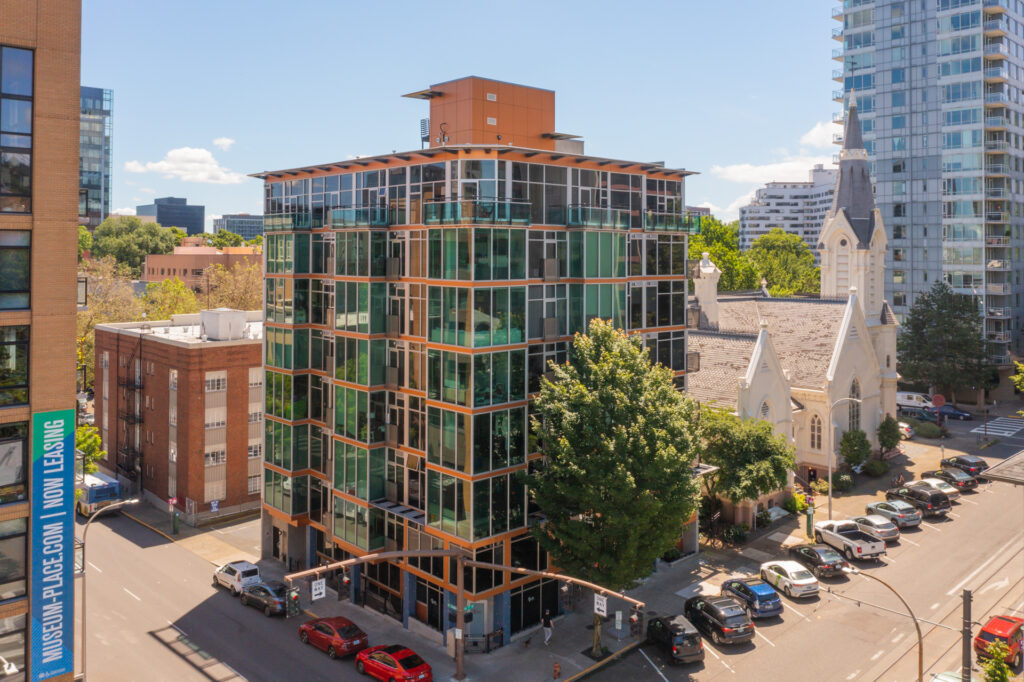
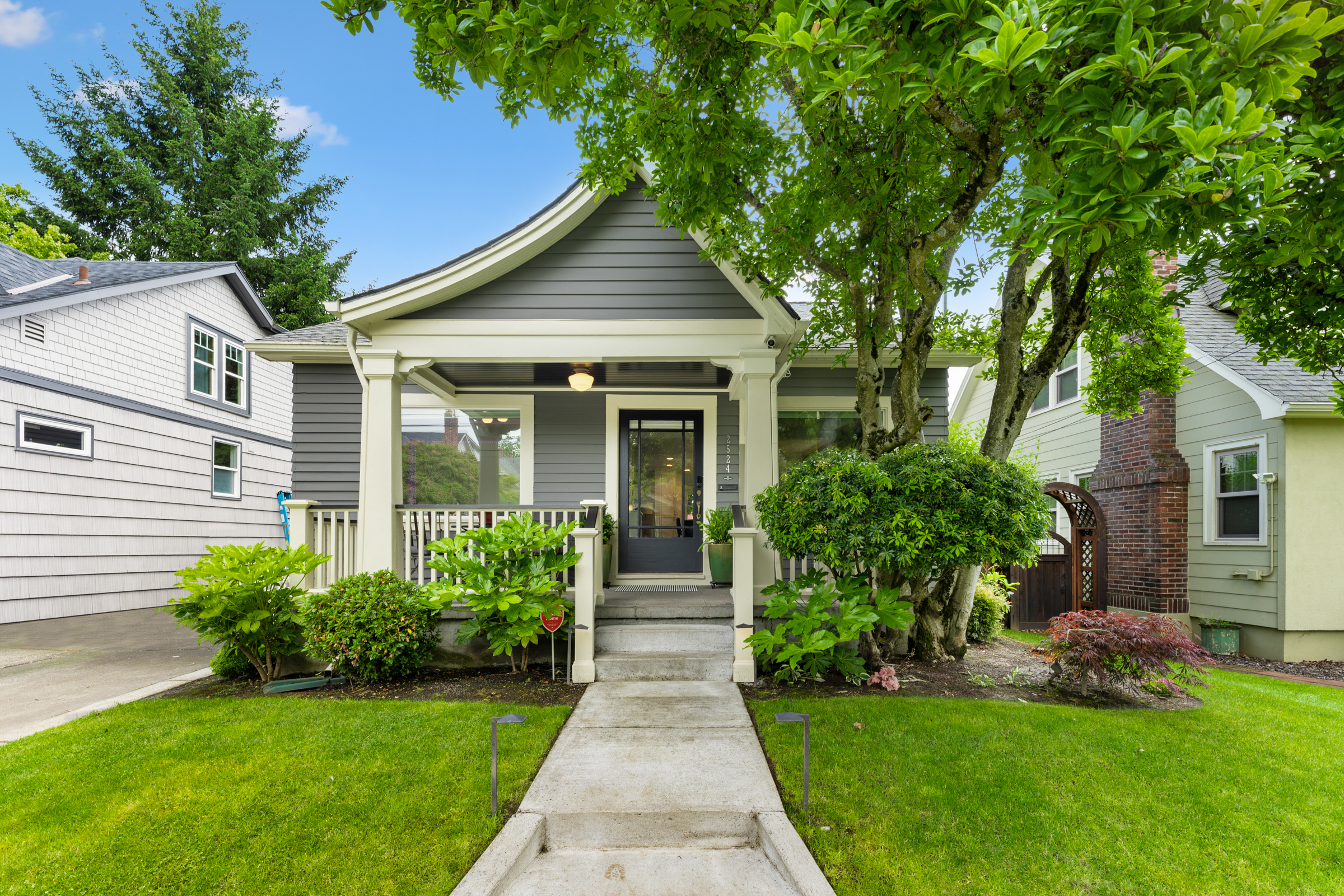
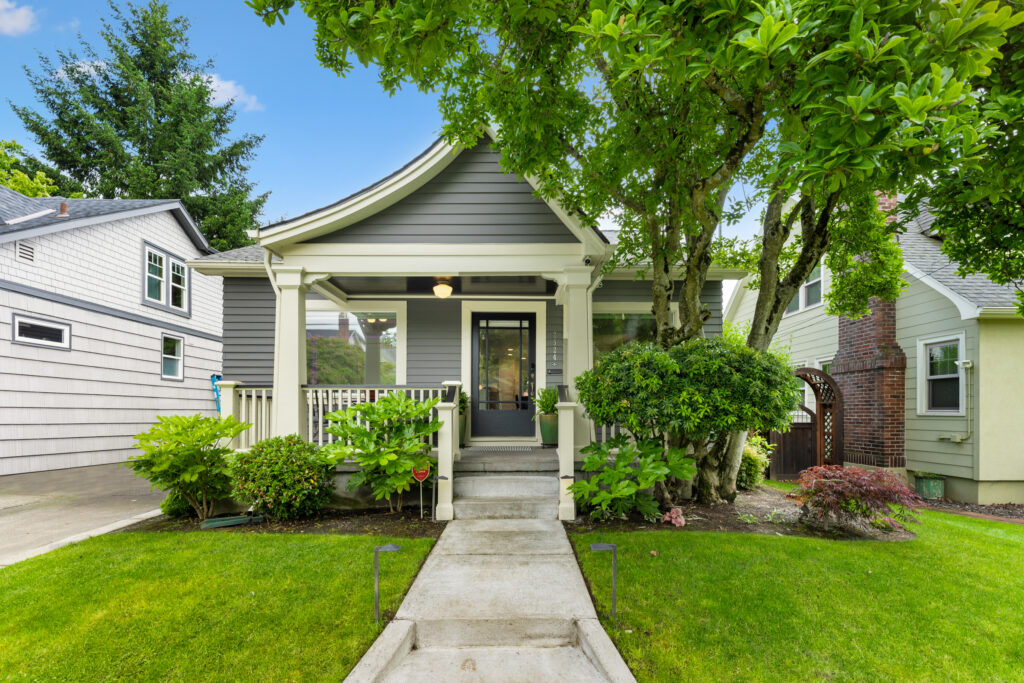
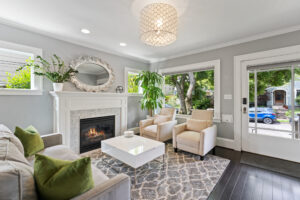
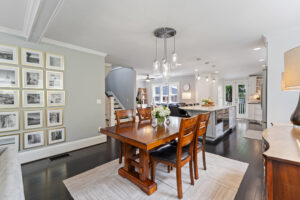
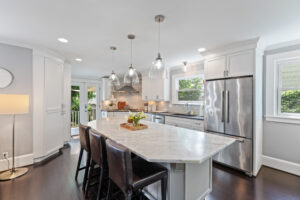
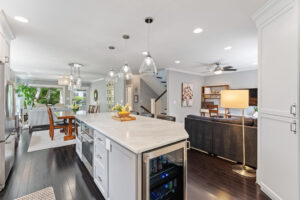
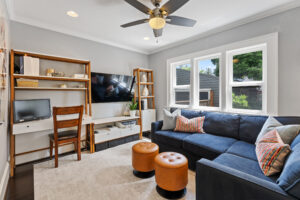
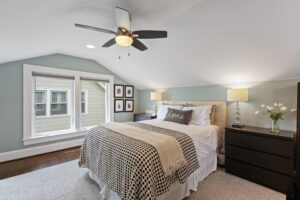
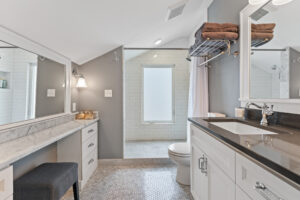
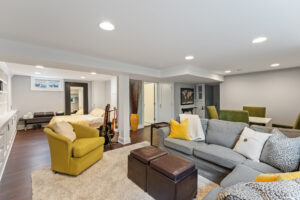
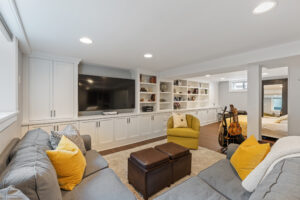
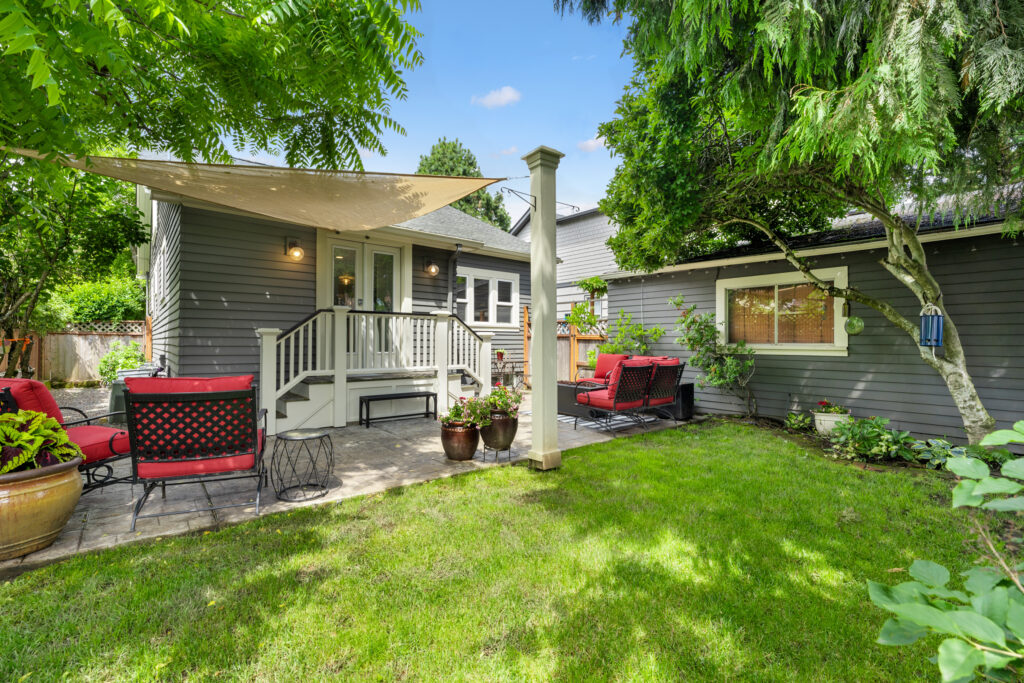
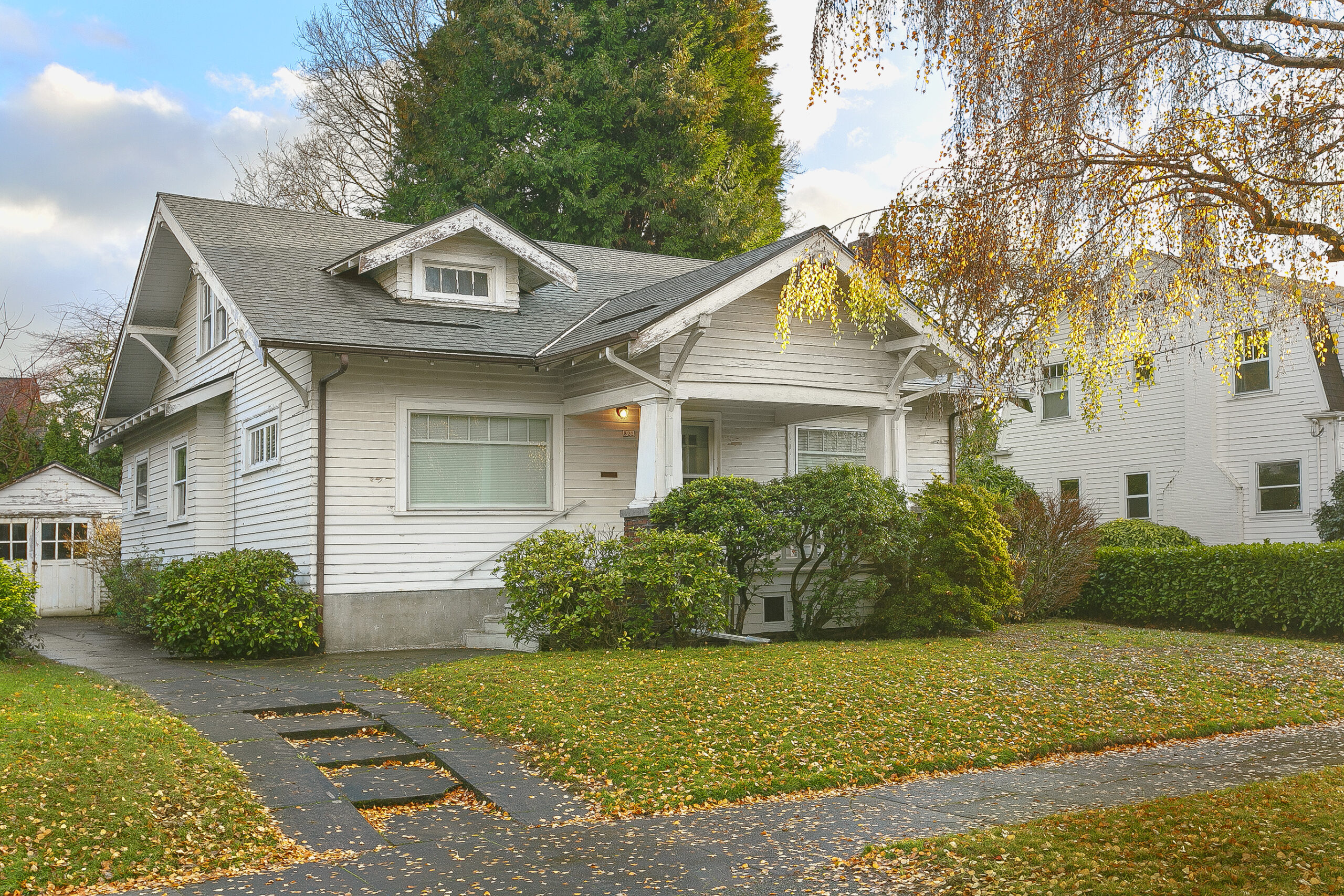
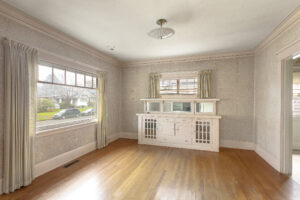
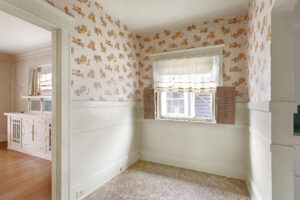
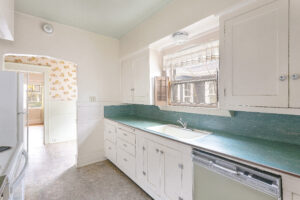
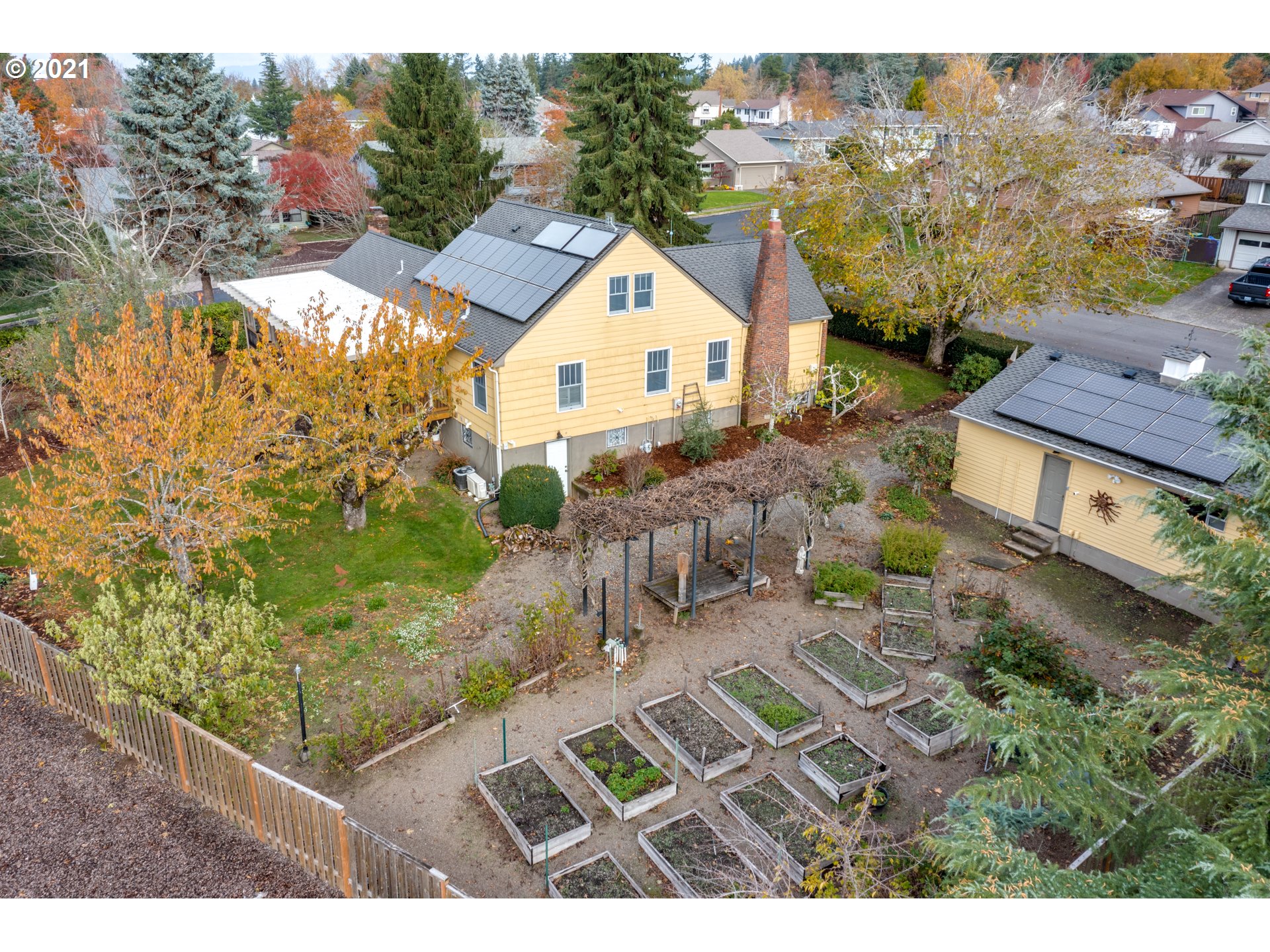

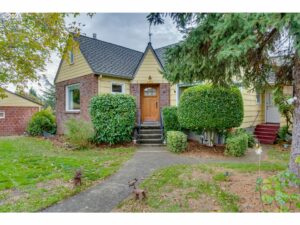

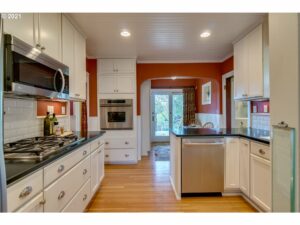


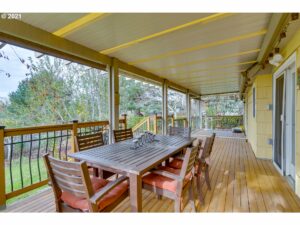


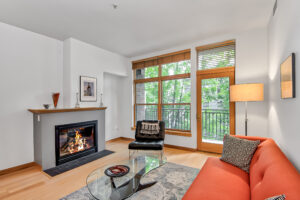 Compare this to the $350,000-$650,000 price point where 31 units are currently pending and 291 units sold in the same May through October 2021 six-month period. The median number of days on market was 53 and while more units sold in this price range, only 80% of the total listed inventory was sold in this timeframe. Buyers definitely have a lot to choose from in this price range.
Compare this to the $350,000-$650,000 price point where 31 units are currently pending and 291 units sold in the same May through October 2021 six-month period. The median number of days on market was 53 and while more units sold in this price range, only 80% of the total listed inventory was sold in this timeframe. Buyers definitely have a lot to choose from in this price range.
 Effectively marketing the strengths of your unit also is imperative in this competitive condo market. Hiring a savvy real estate broker who is experienced in highlighting a property in its best light, will be an important factor in a Seller’s success.
Effectively marketing the strengths of your unit also is imperative in this competitive condo market. Hiring a savvy real estate broker who is experienced in highlighting a property in its best light, will be an important factor in a Seller’s success.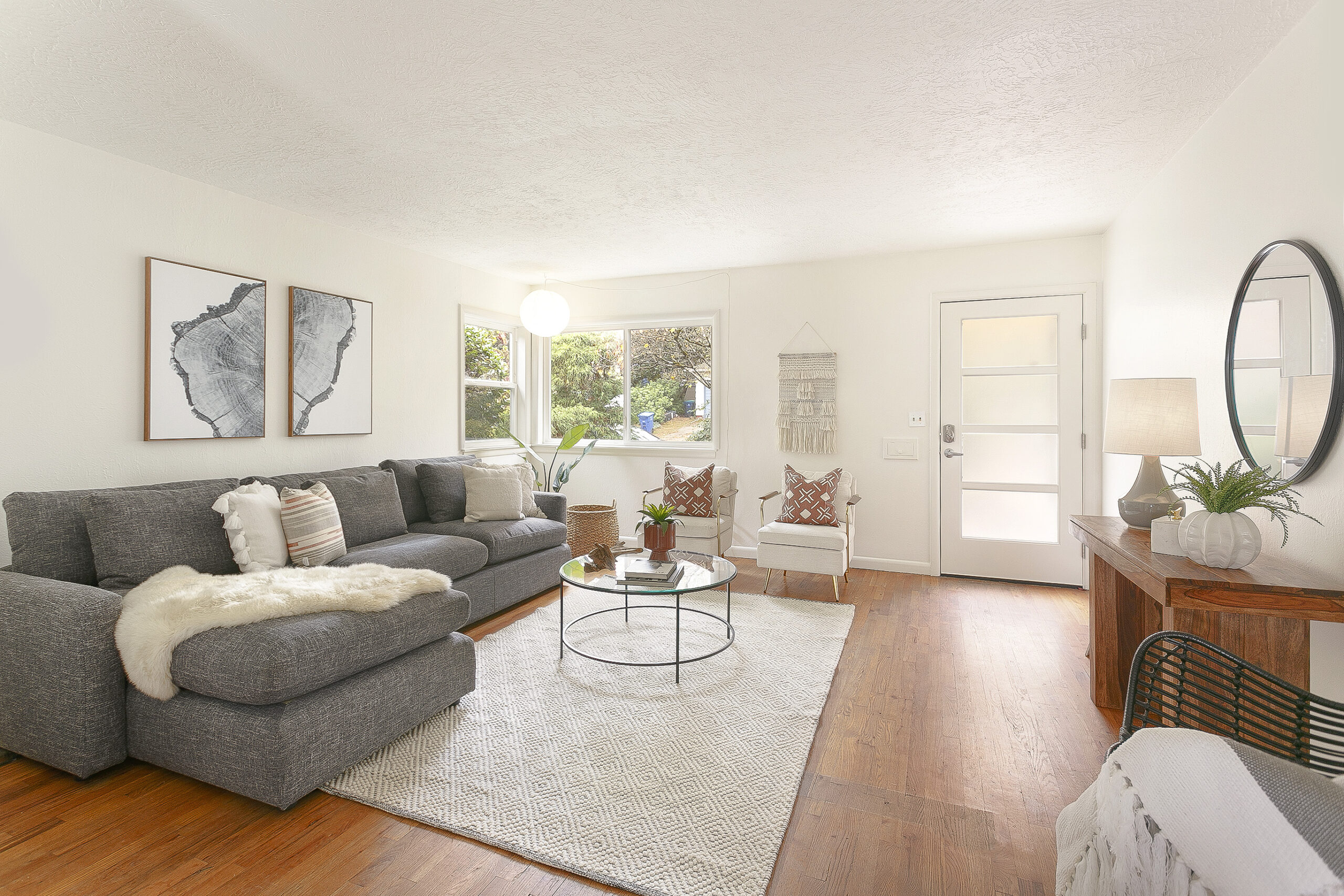
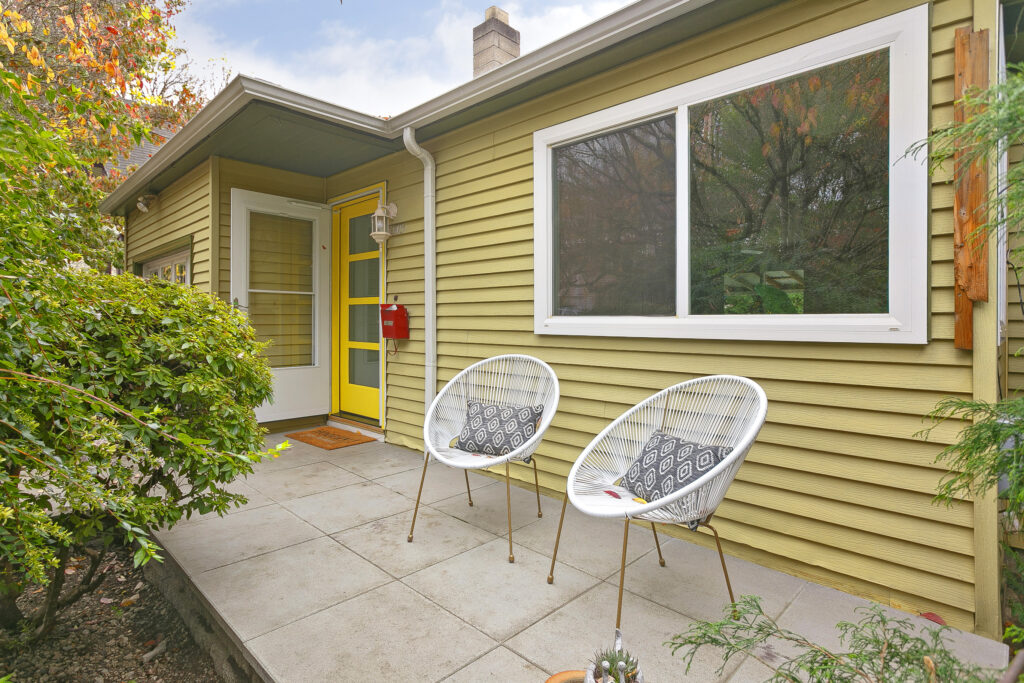
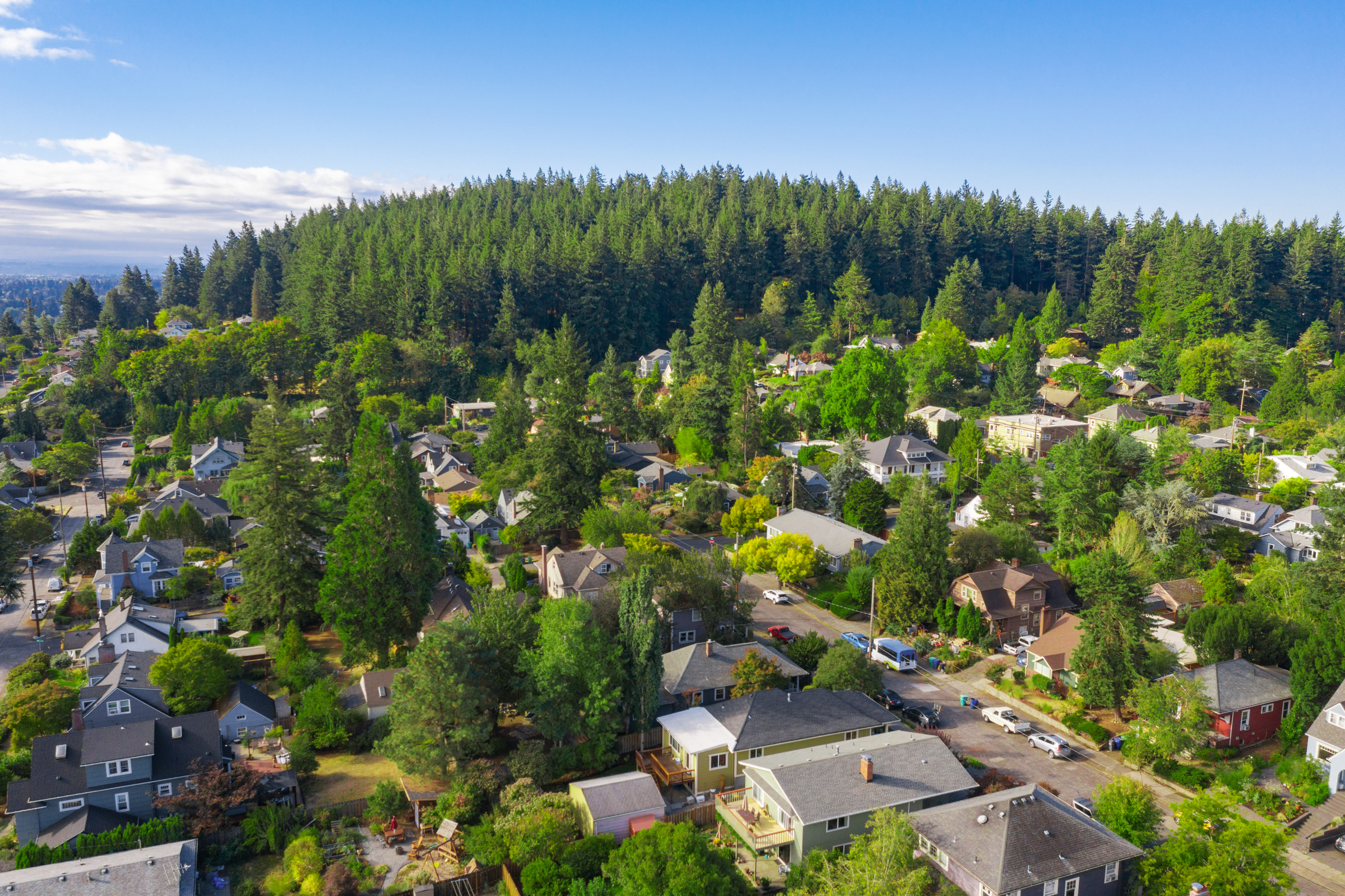
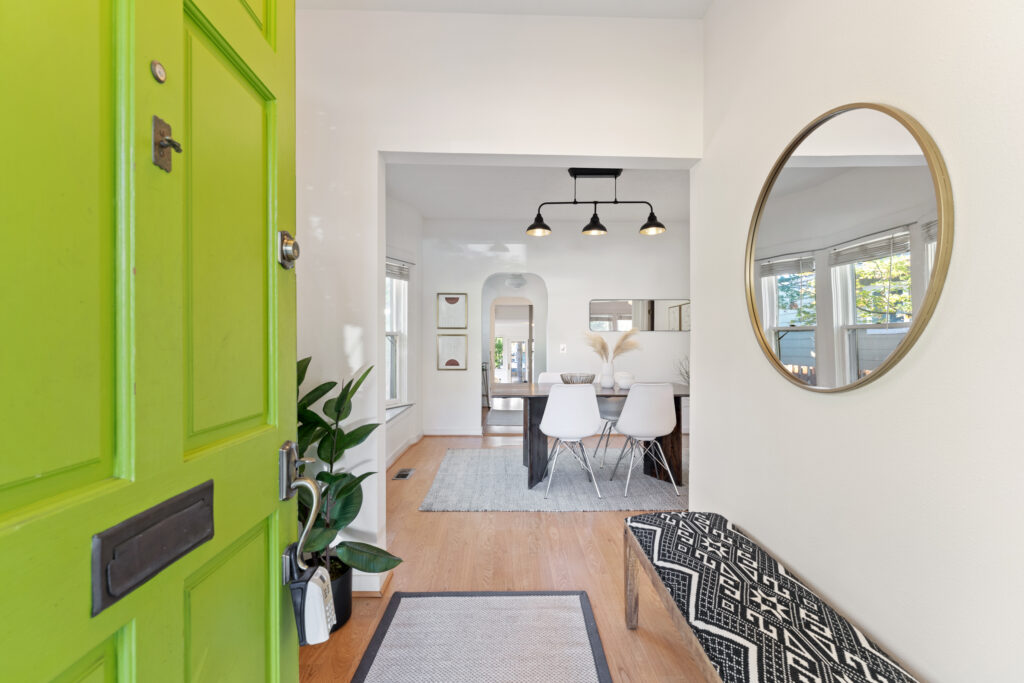
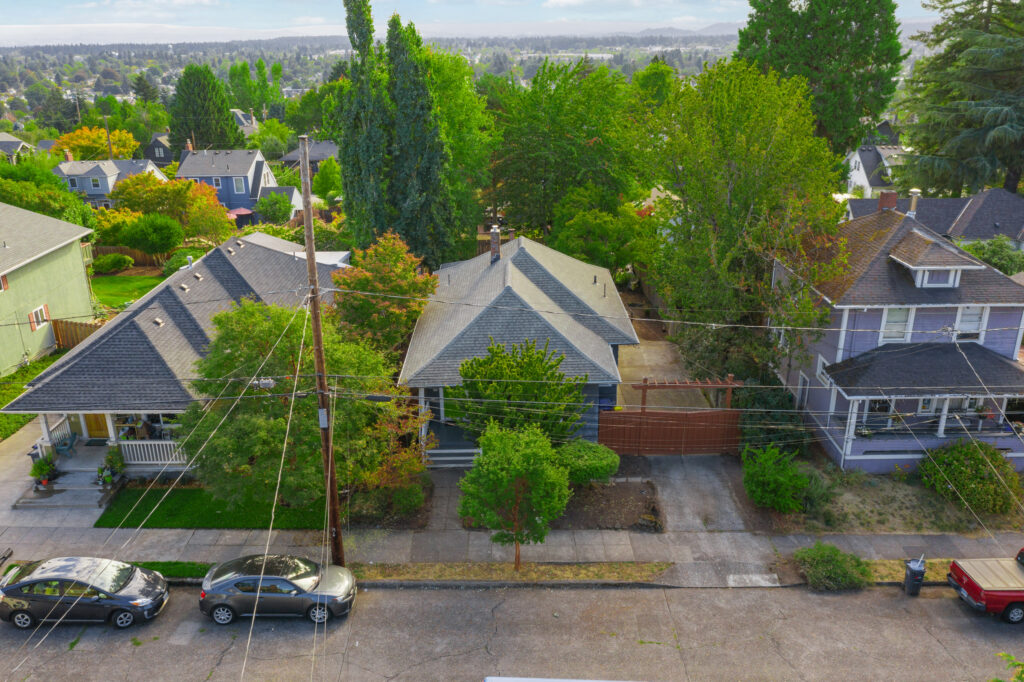
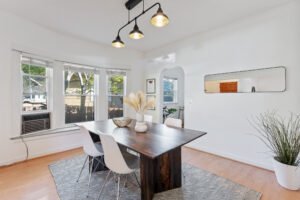
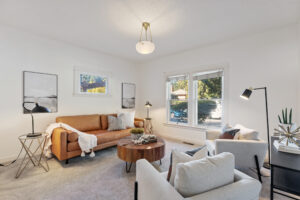
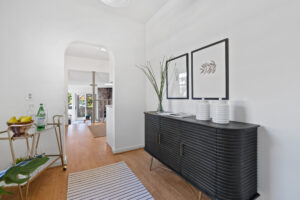
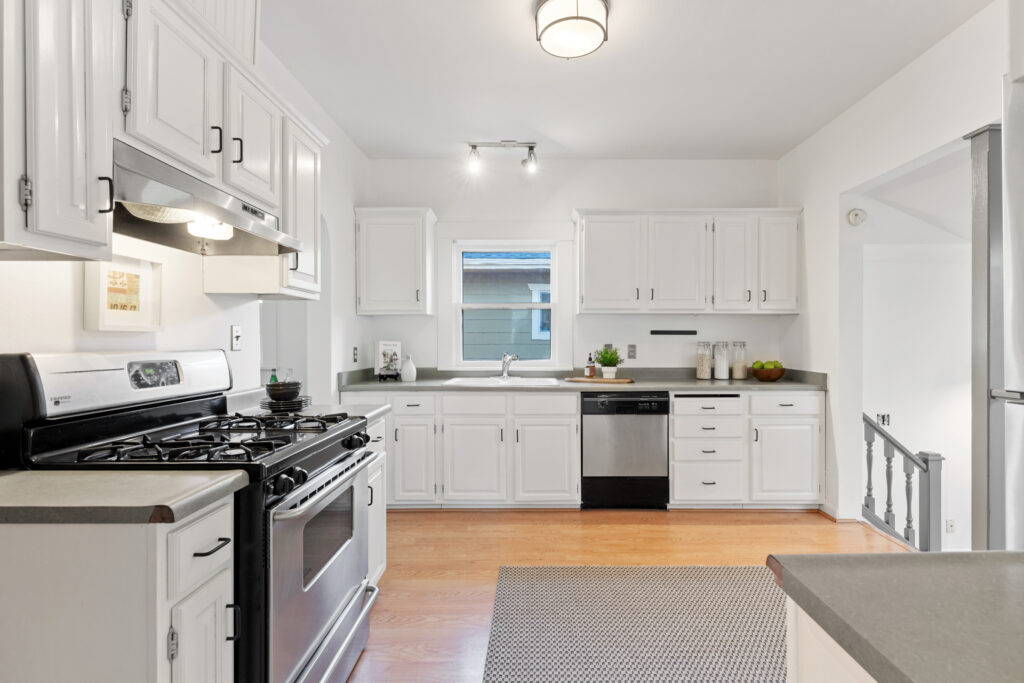
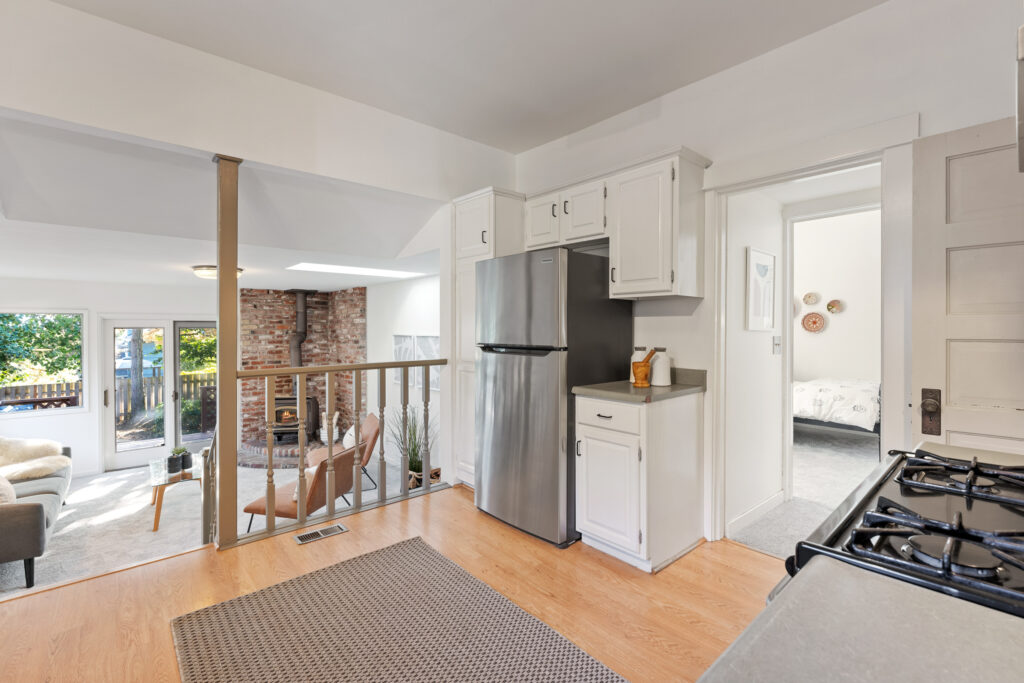
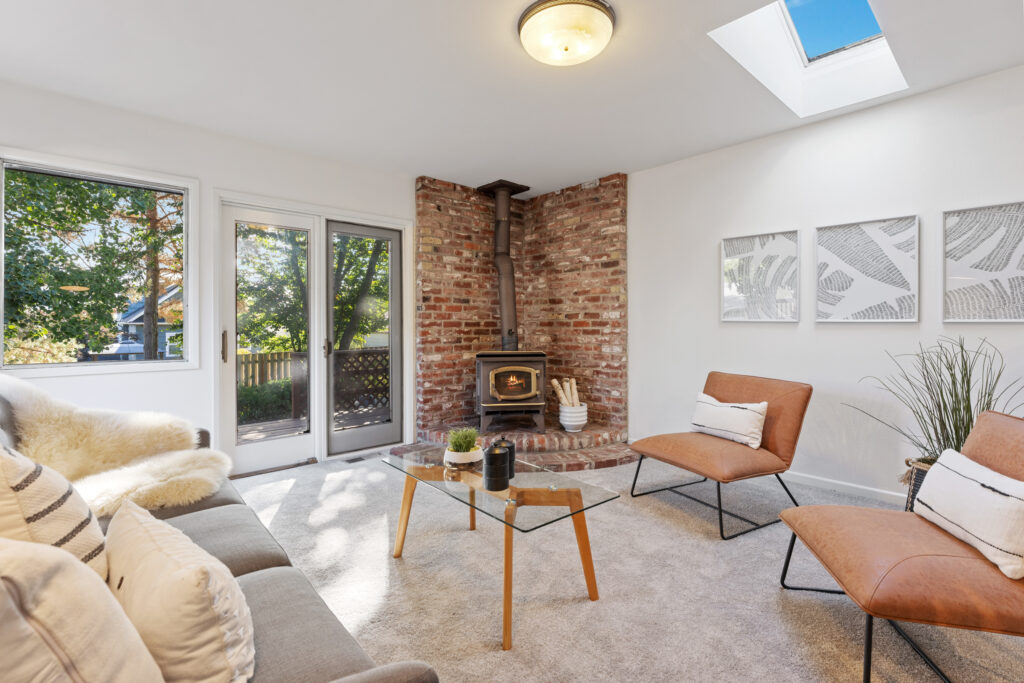
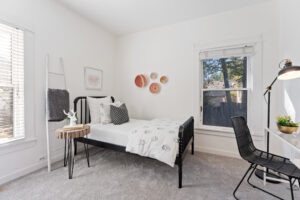
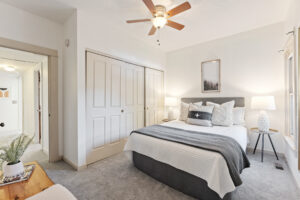
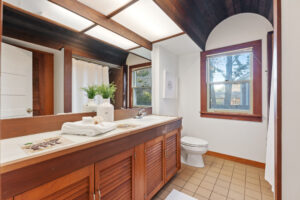
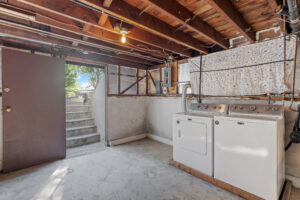


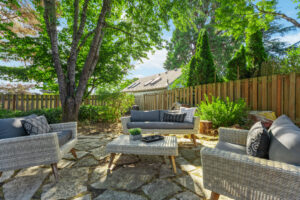
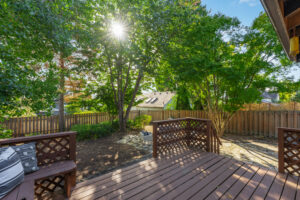
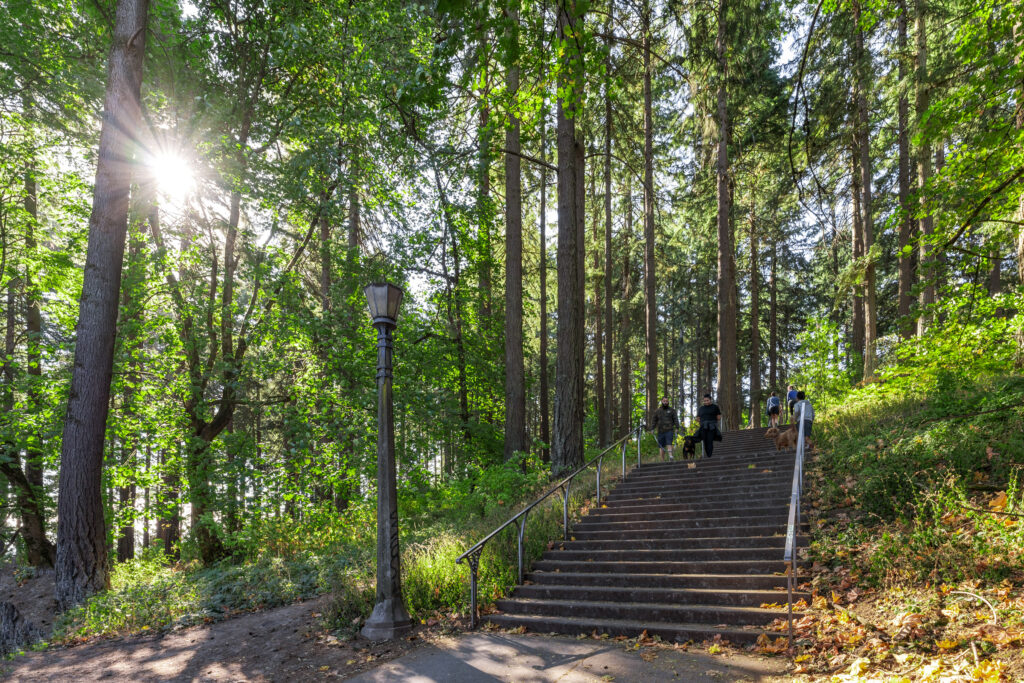

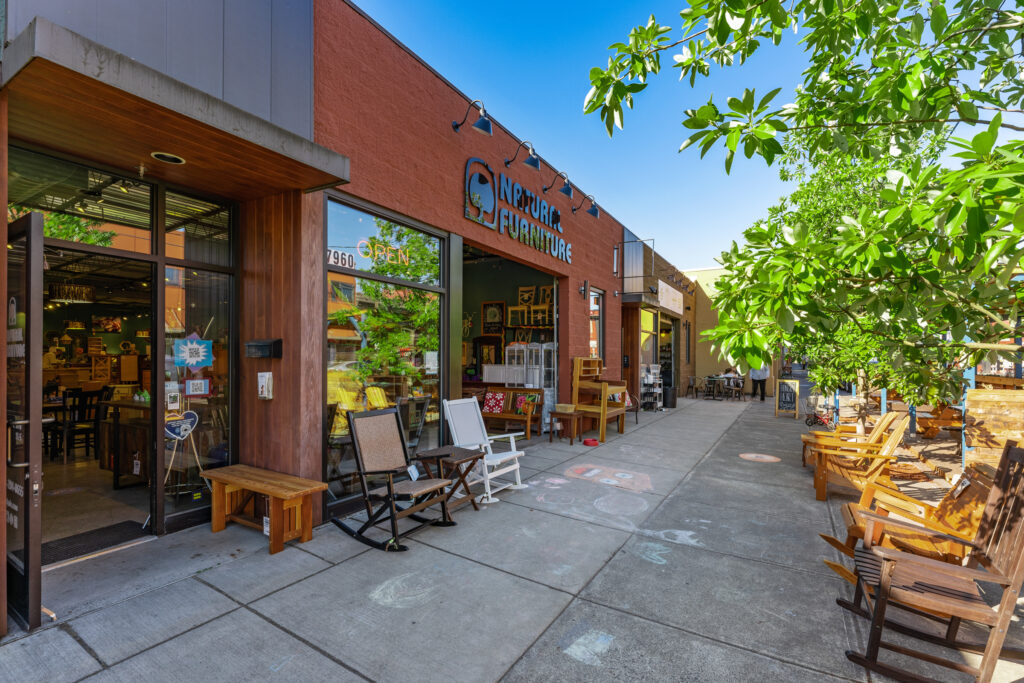
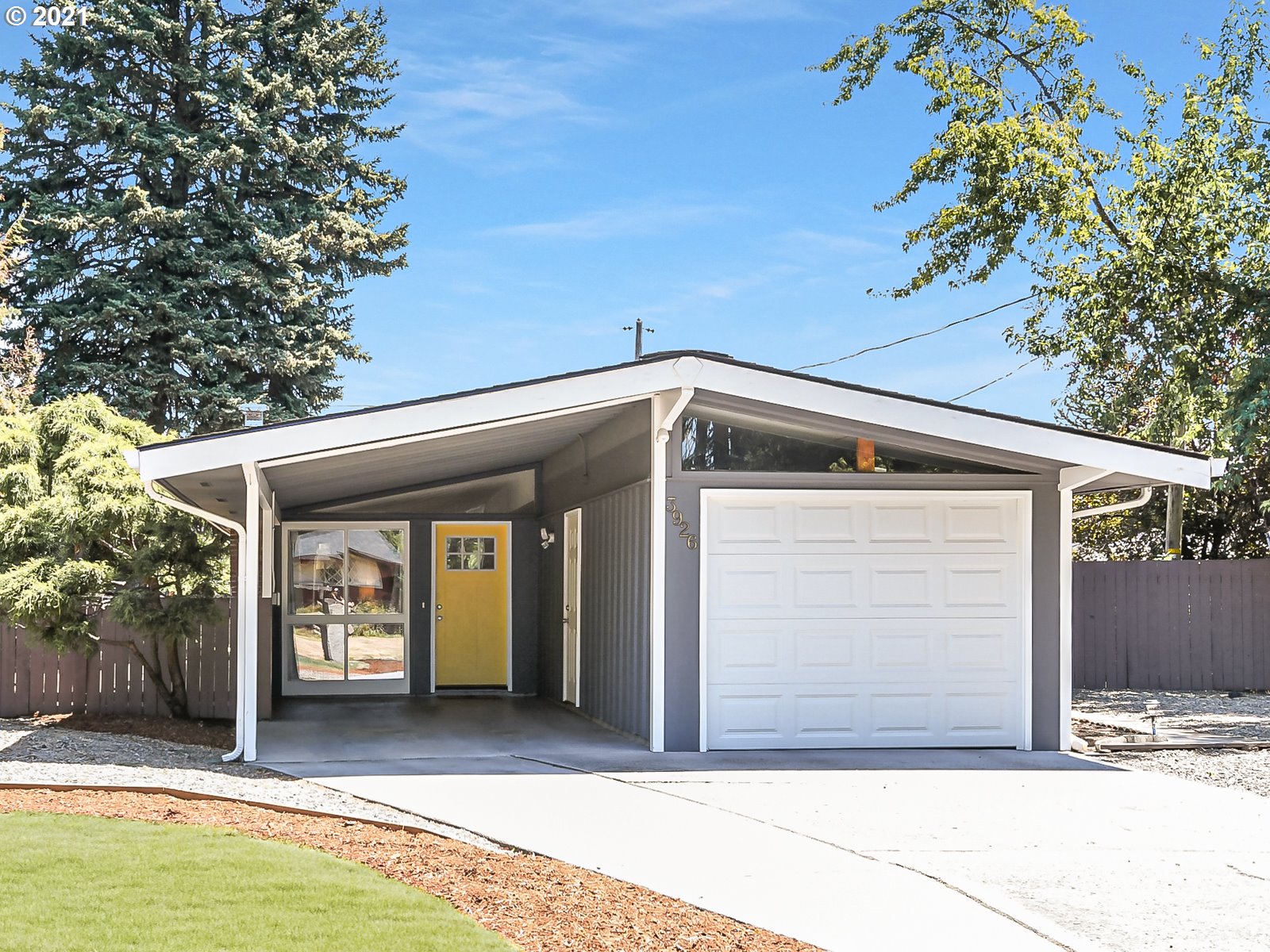
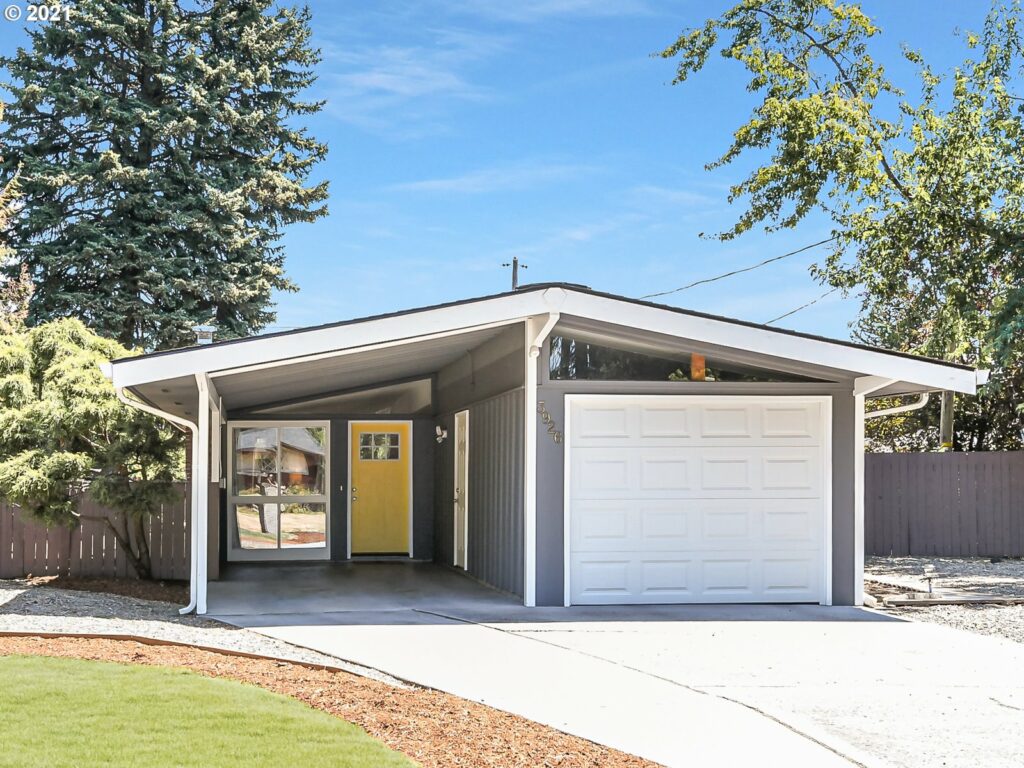
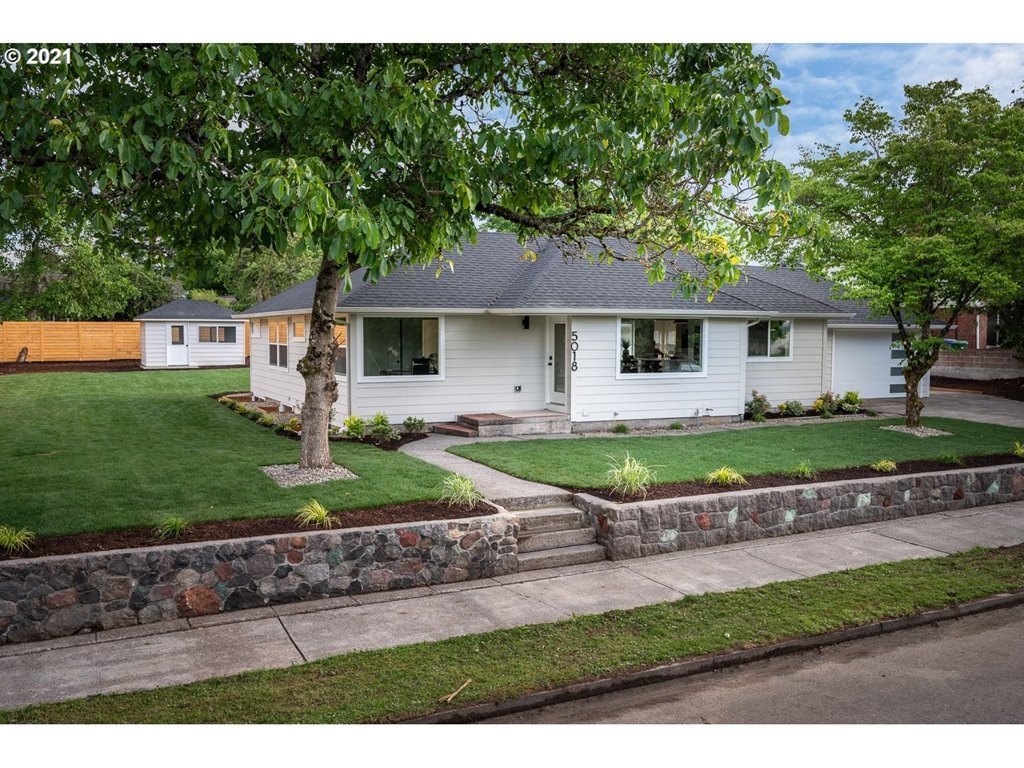
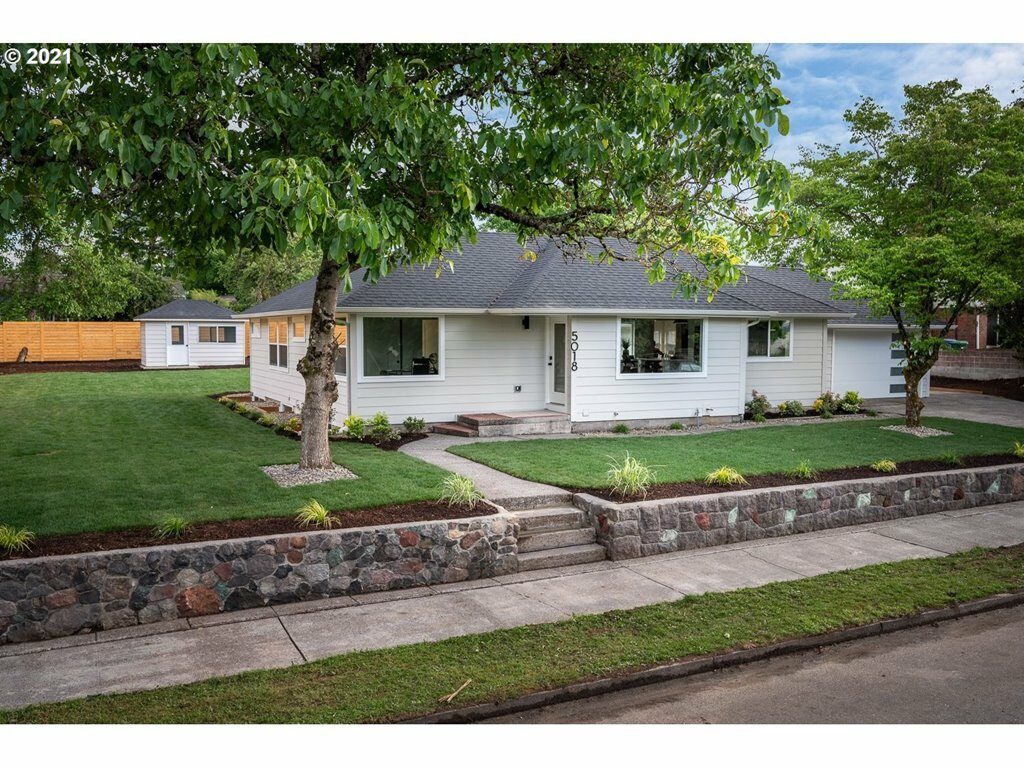
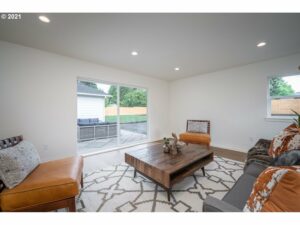
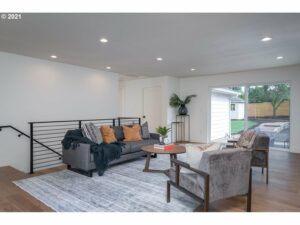
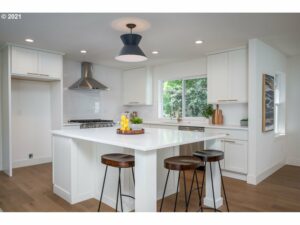
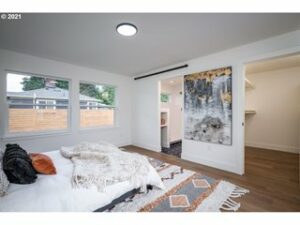
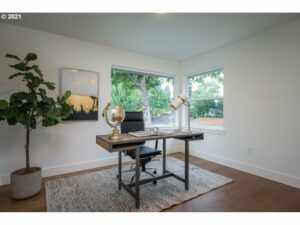
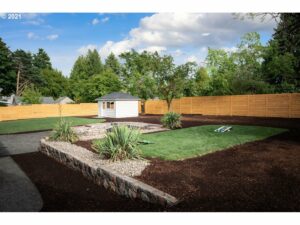
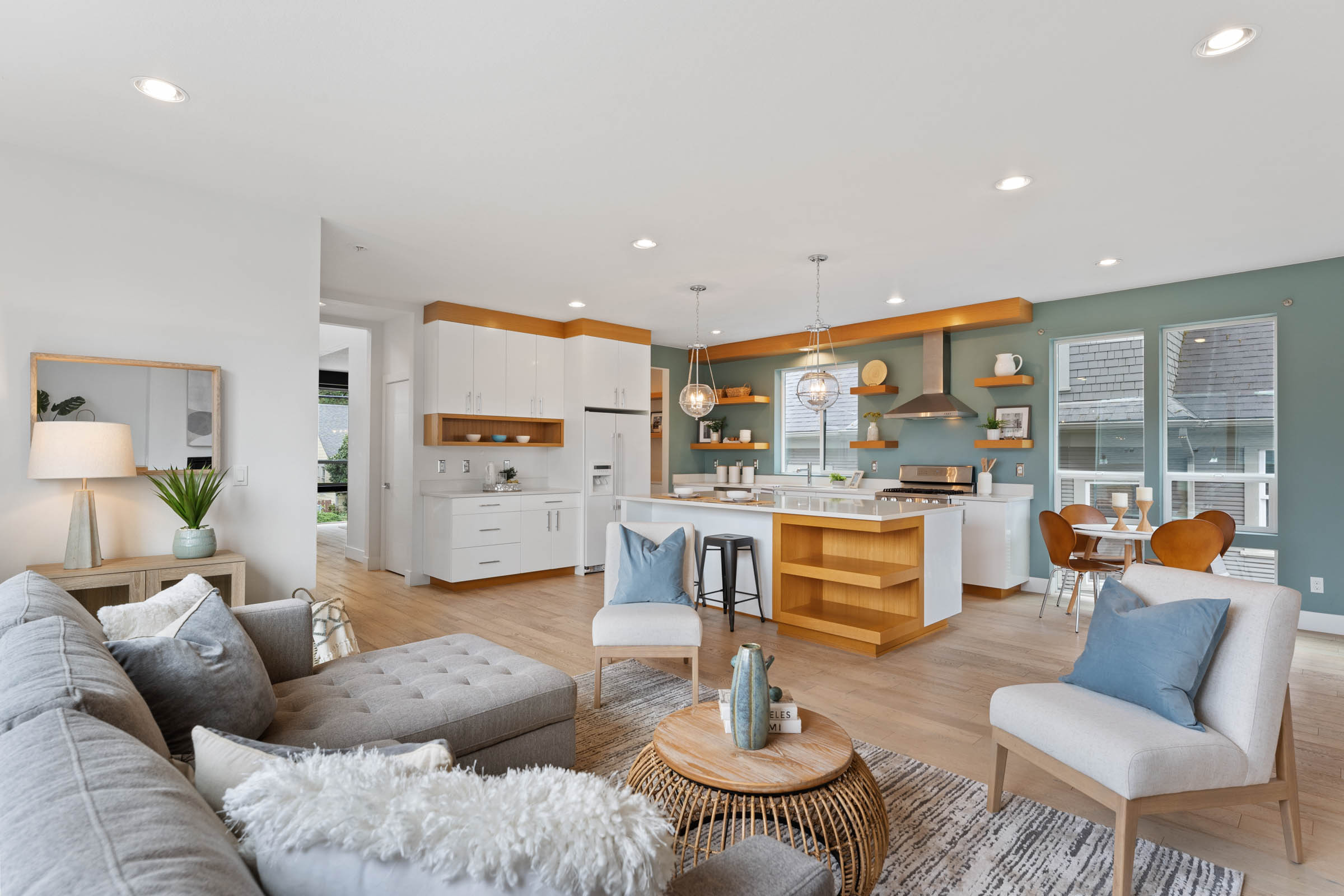

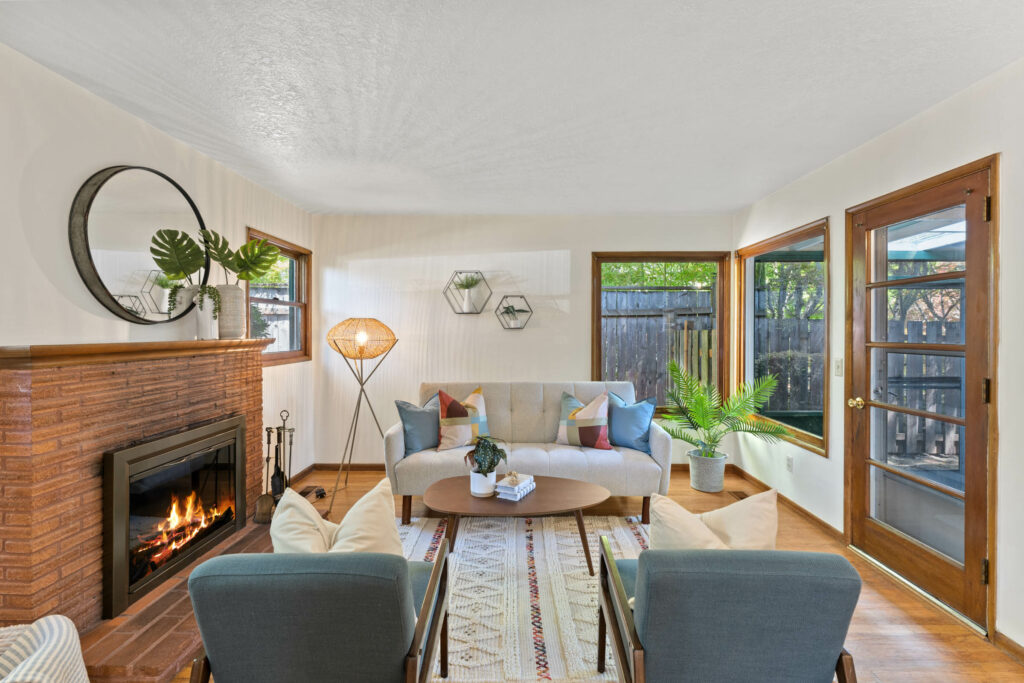
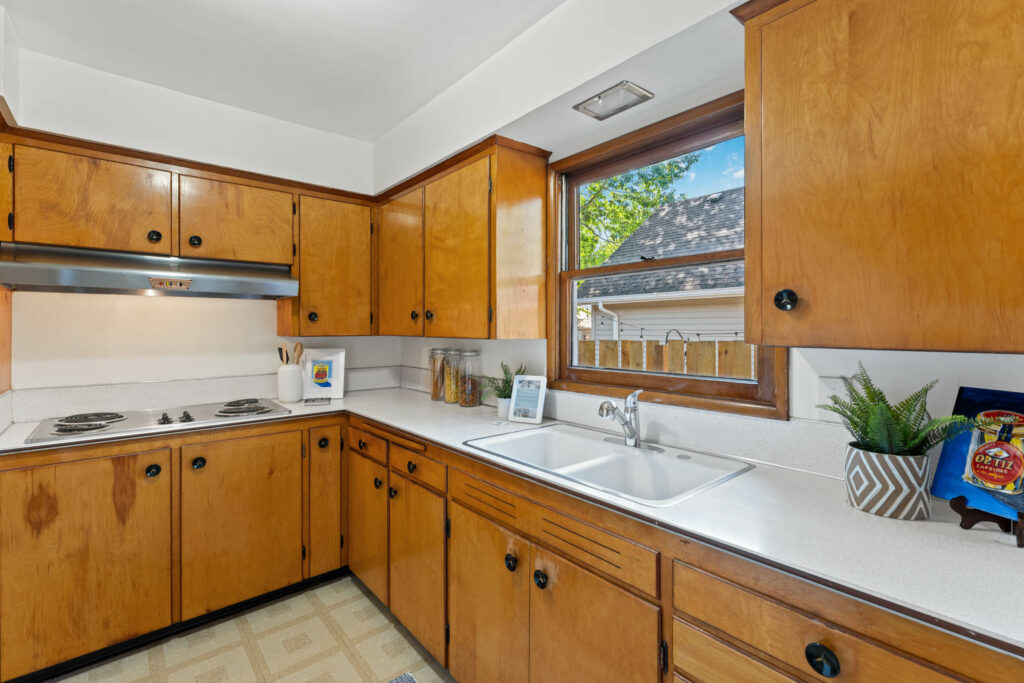
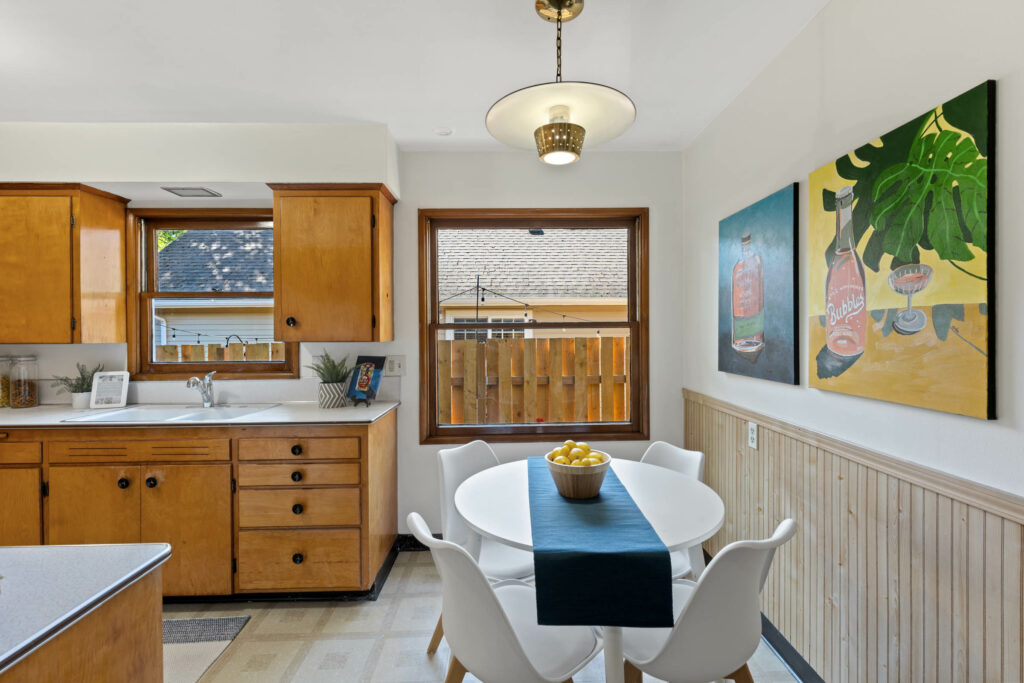
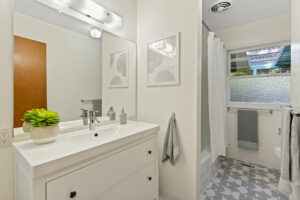
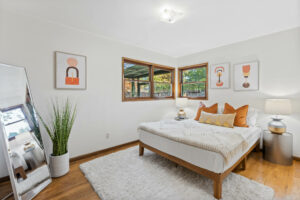


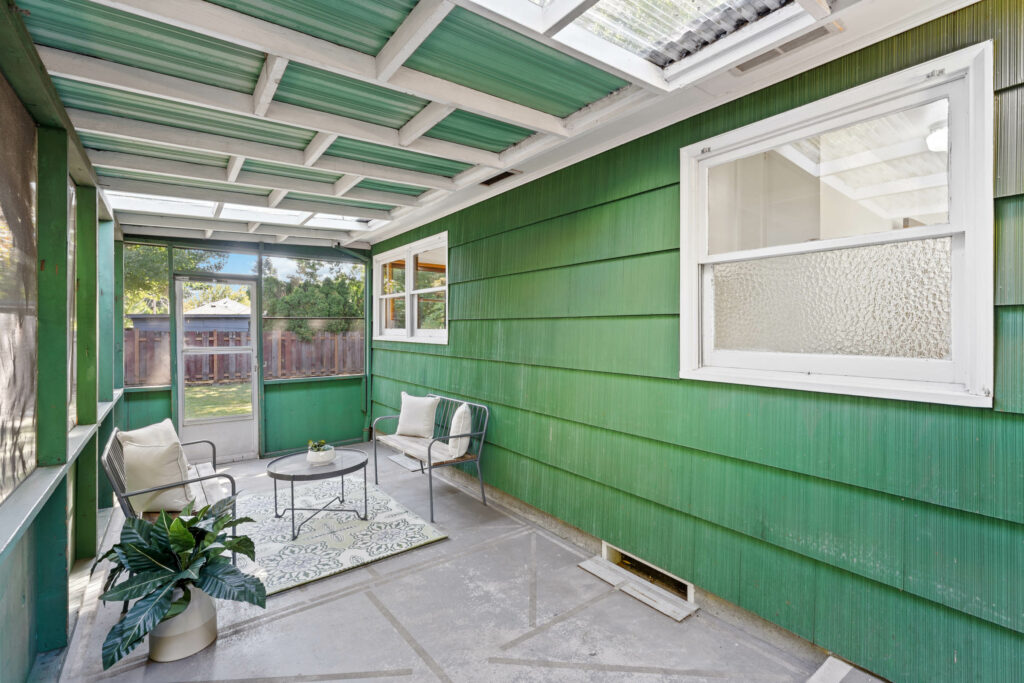
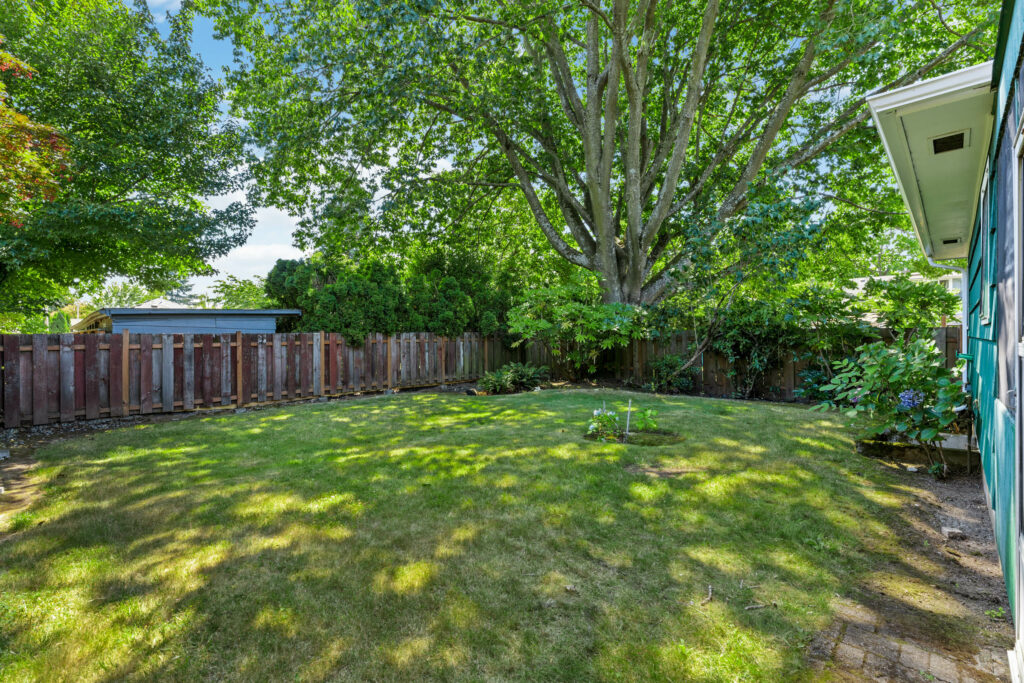
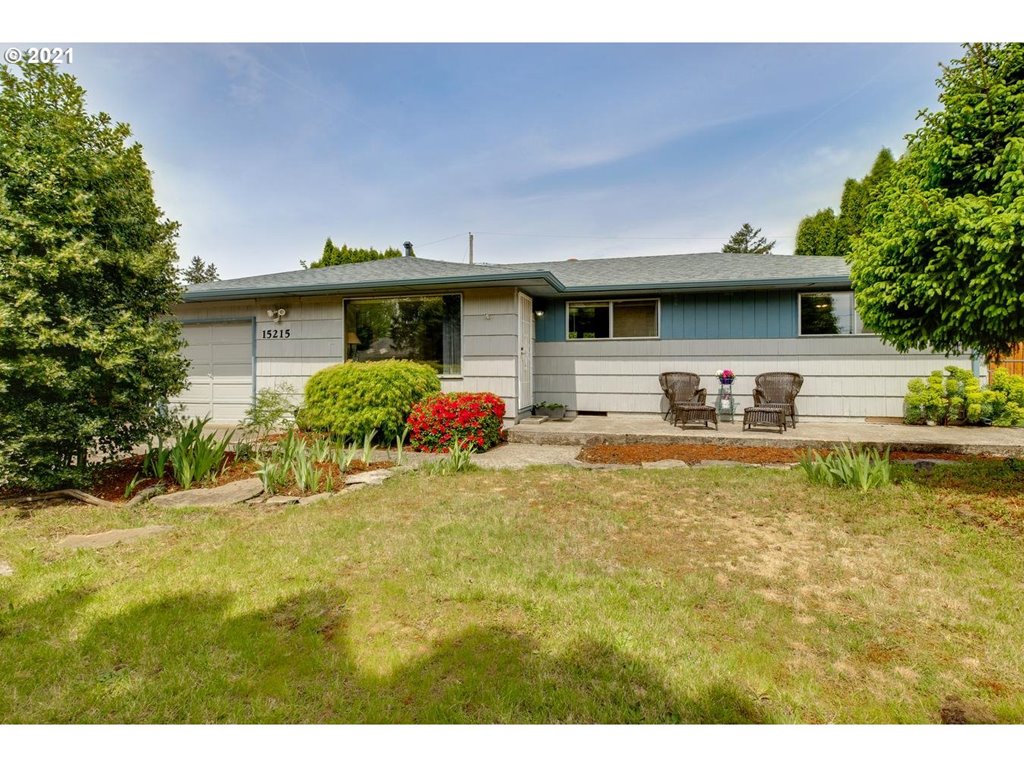




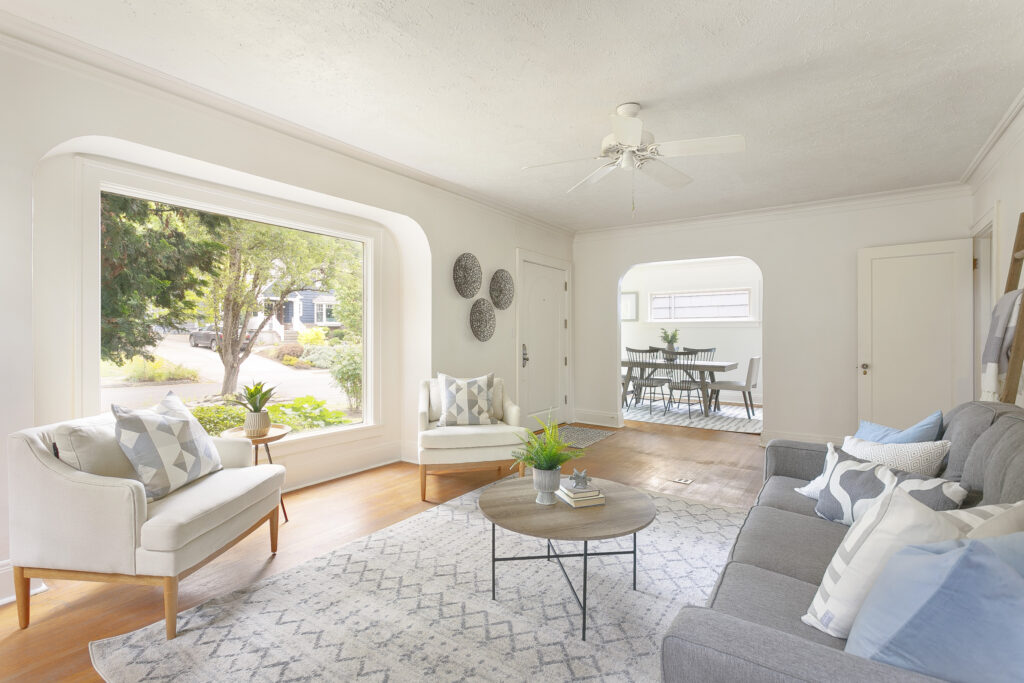
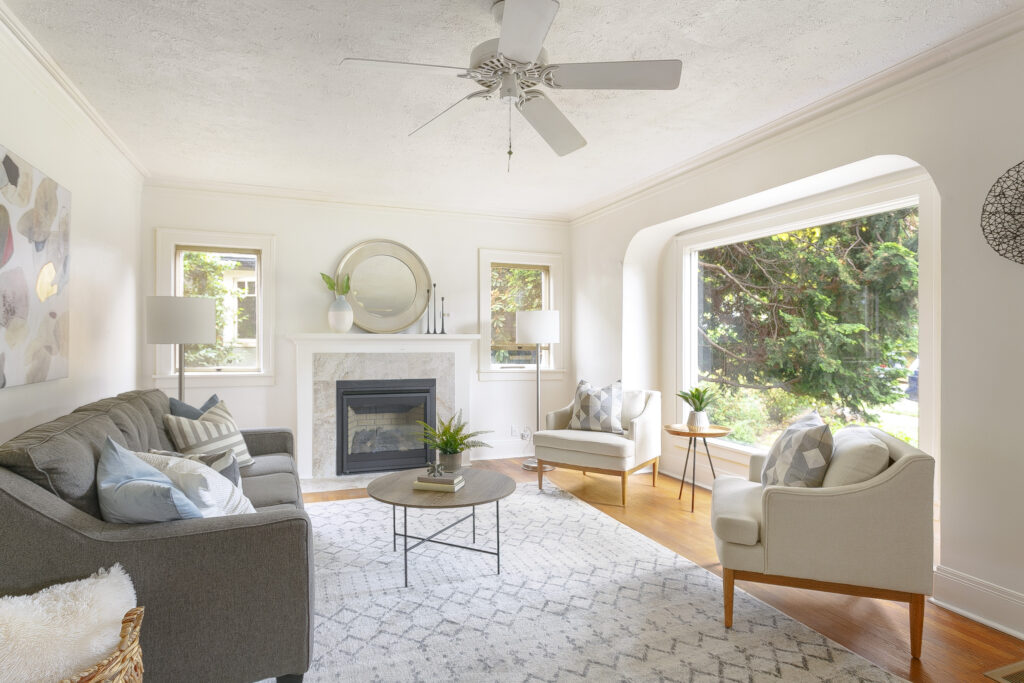
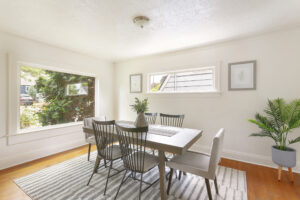

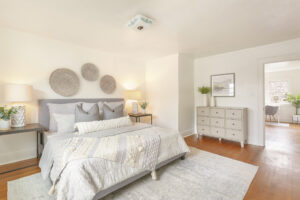
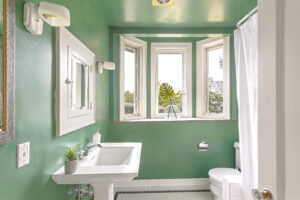
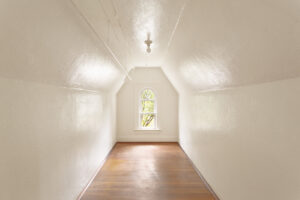
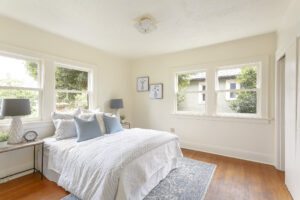


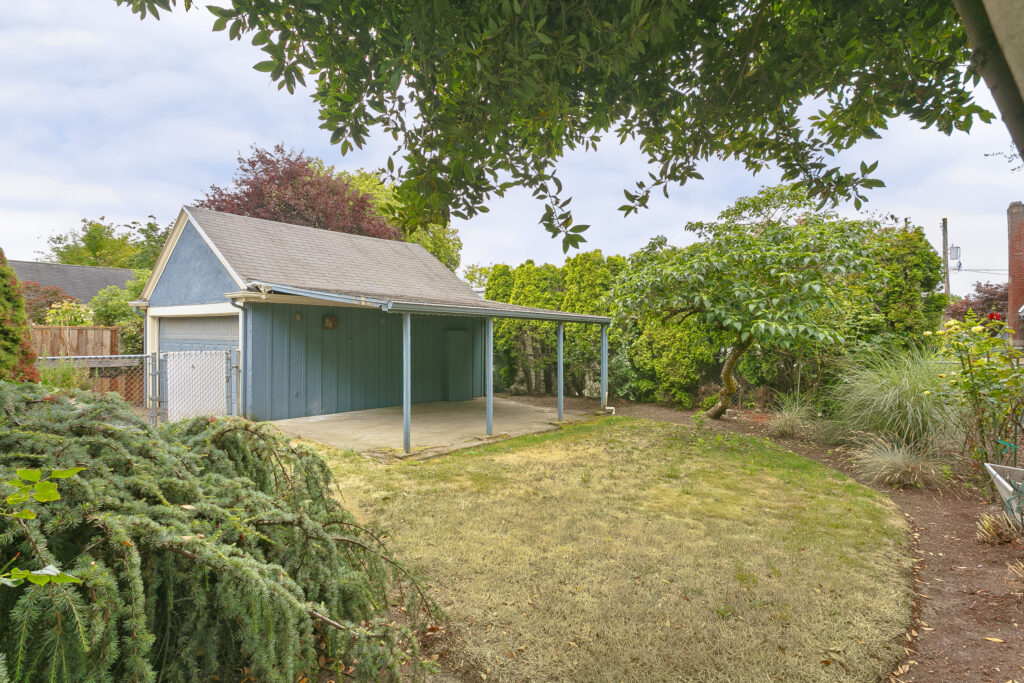

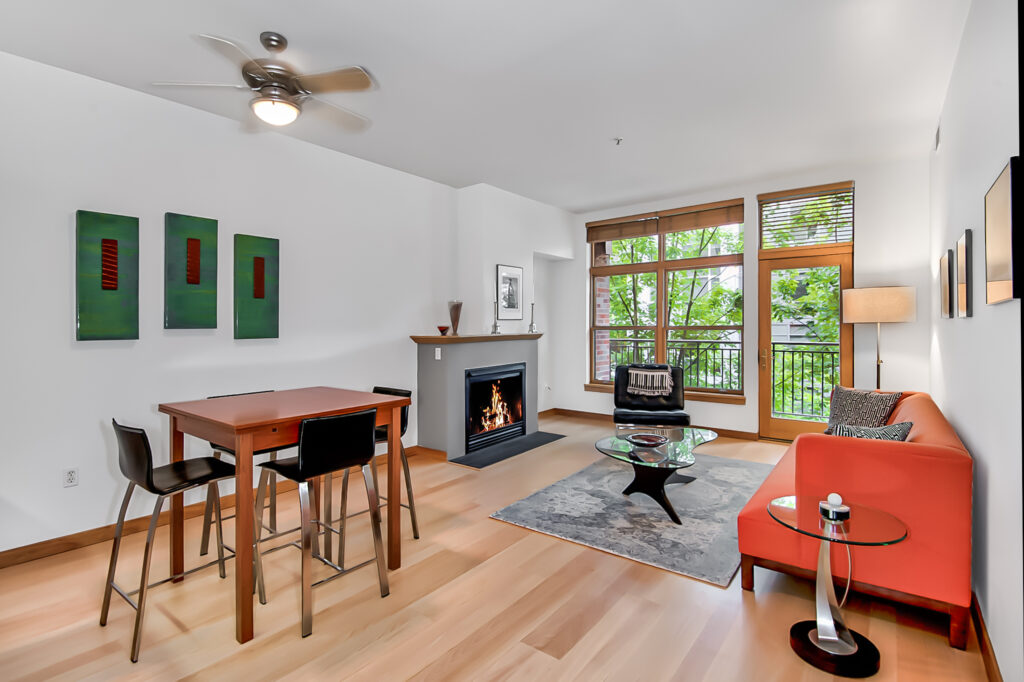
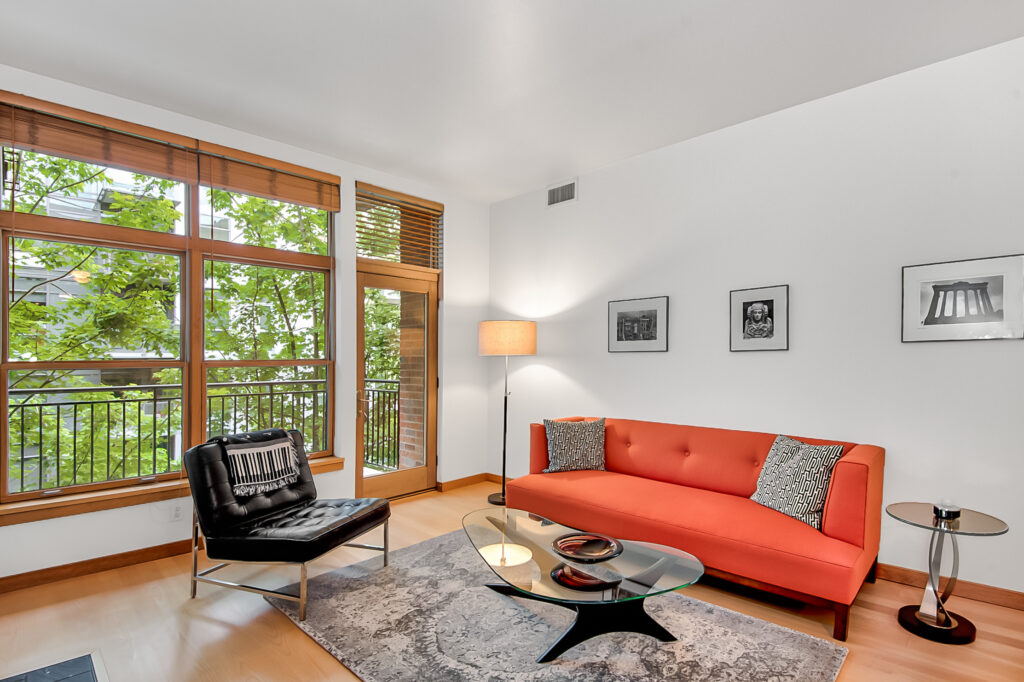
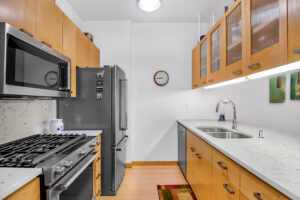
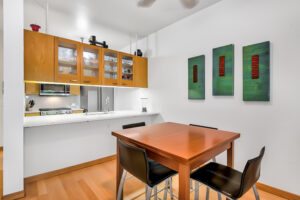
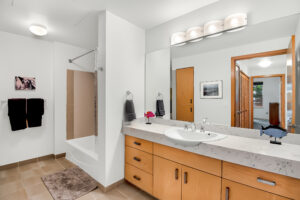
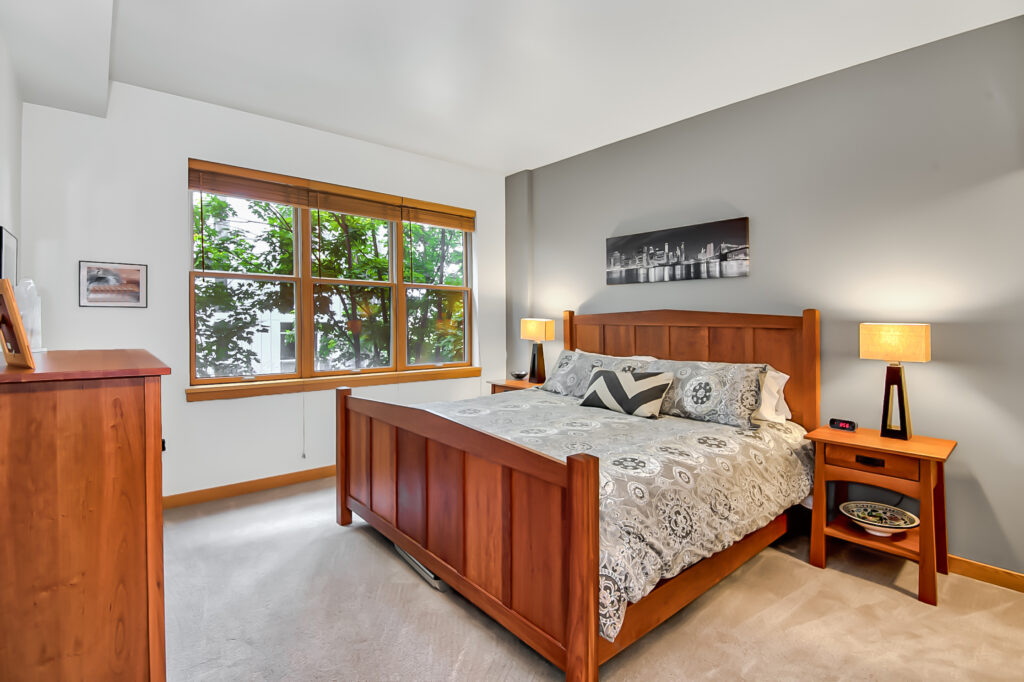
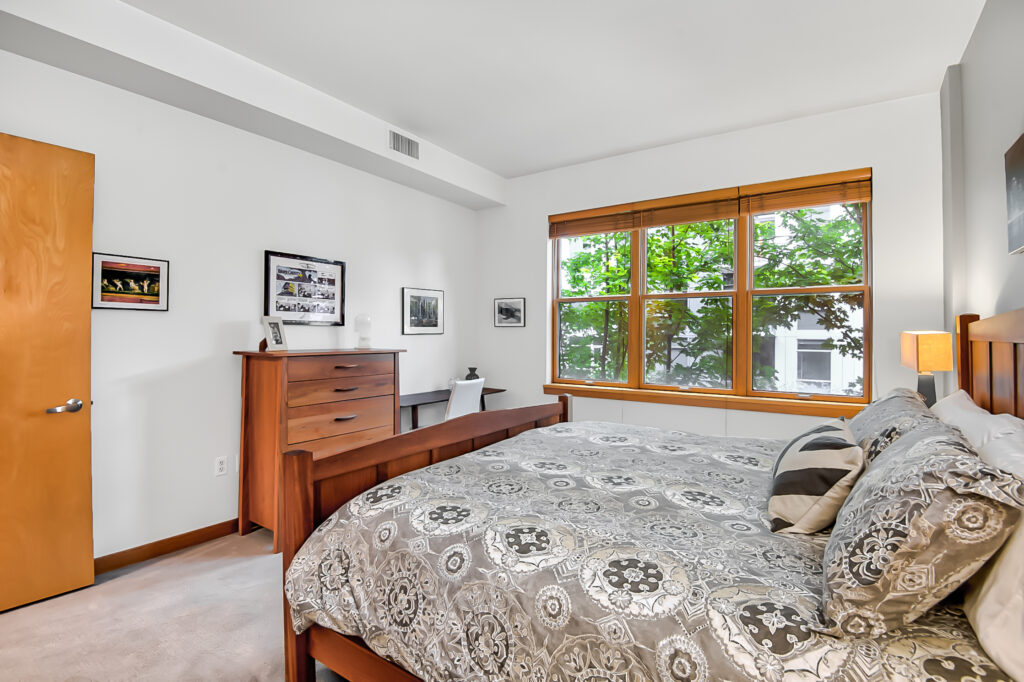
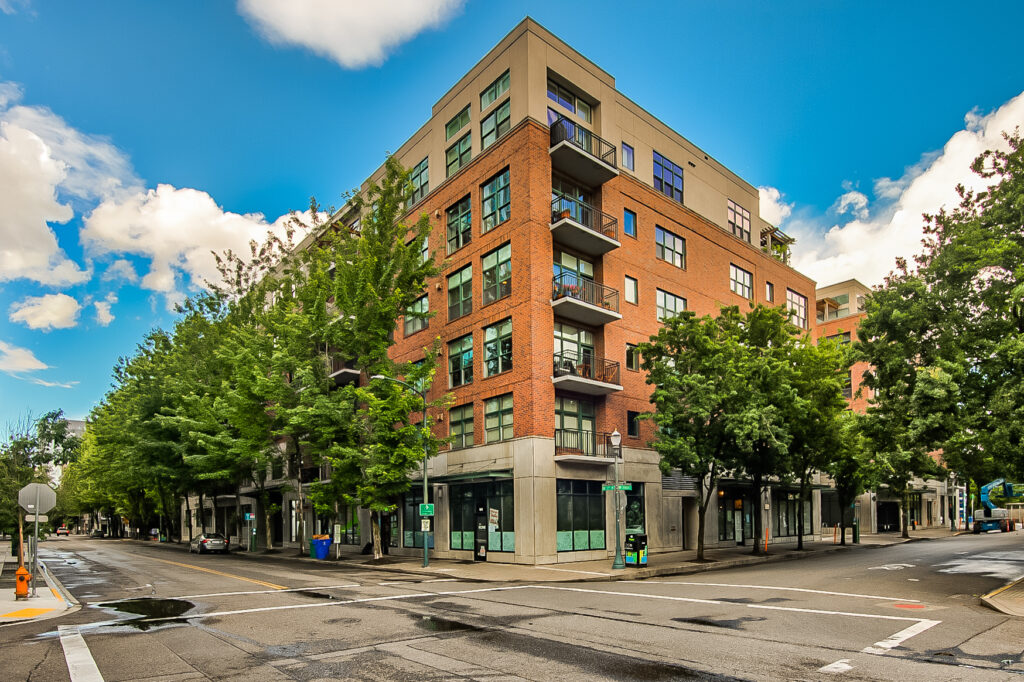
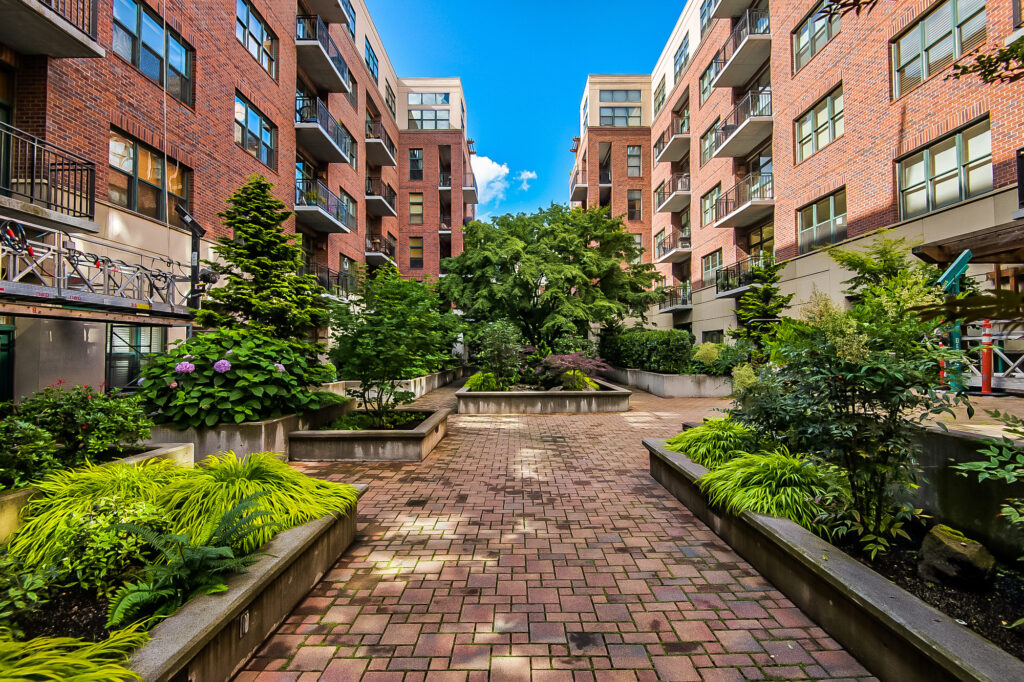


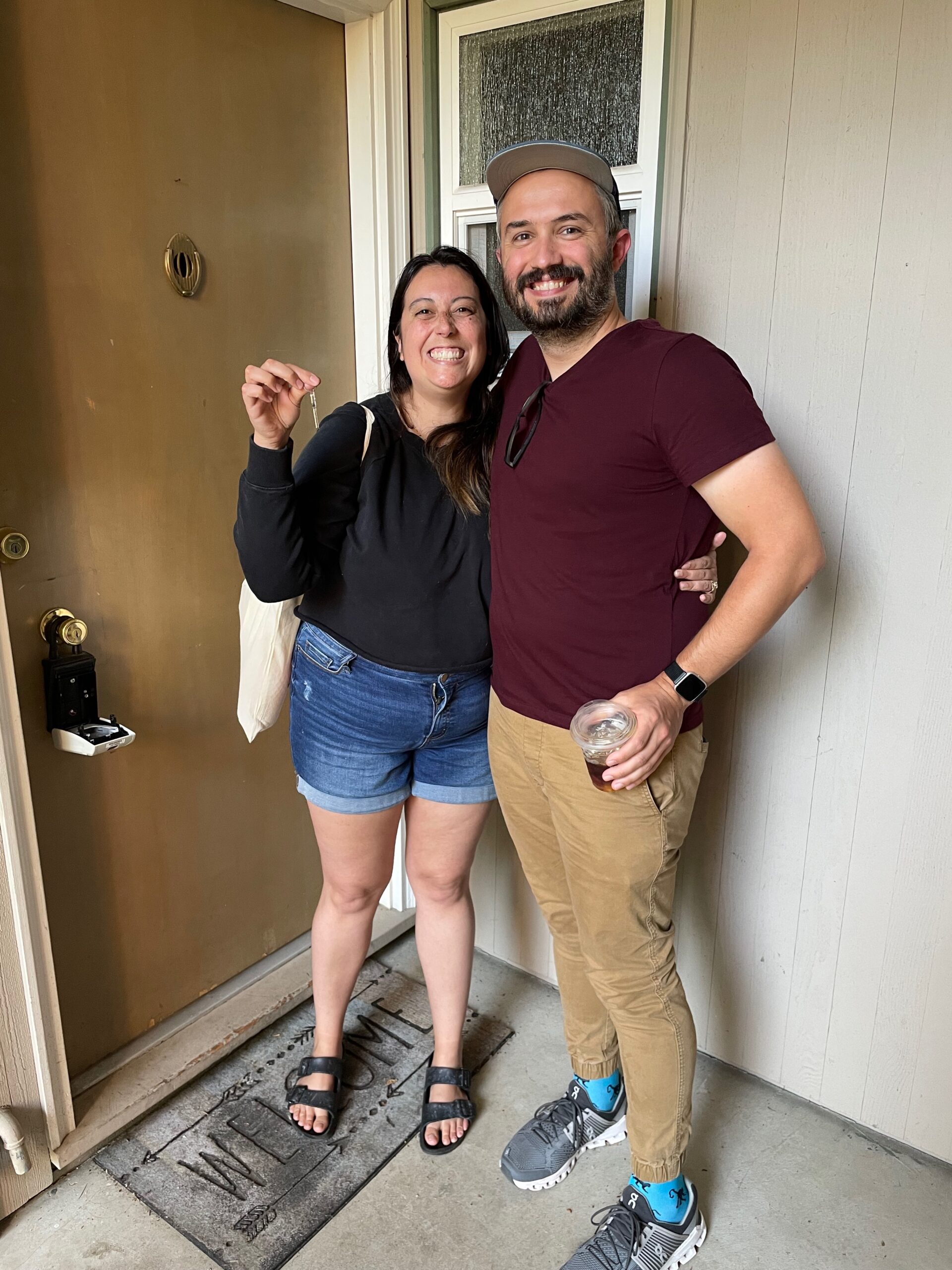
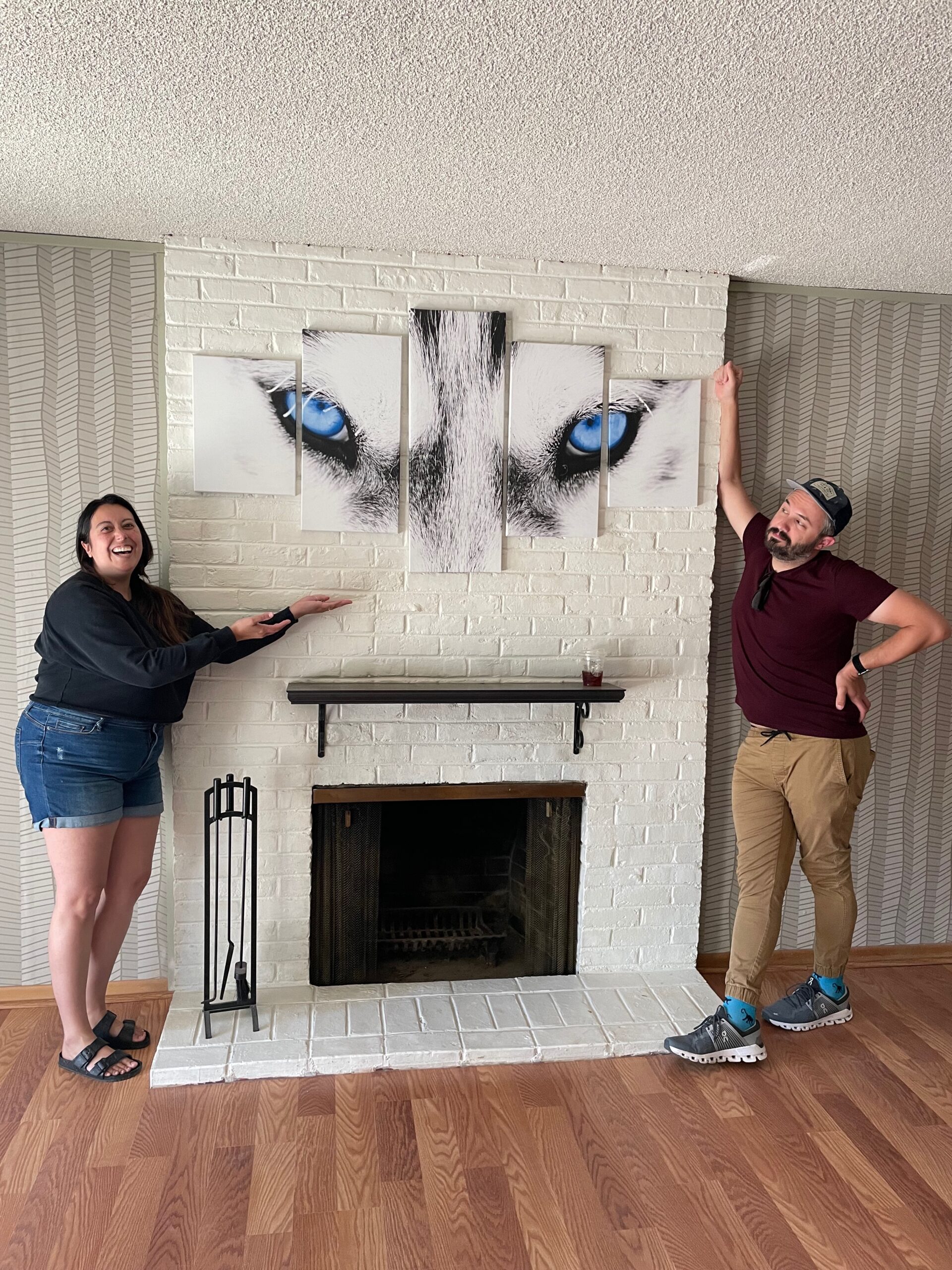




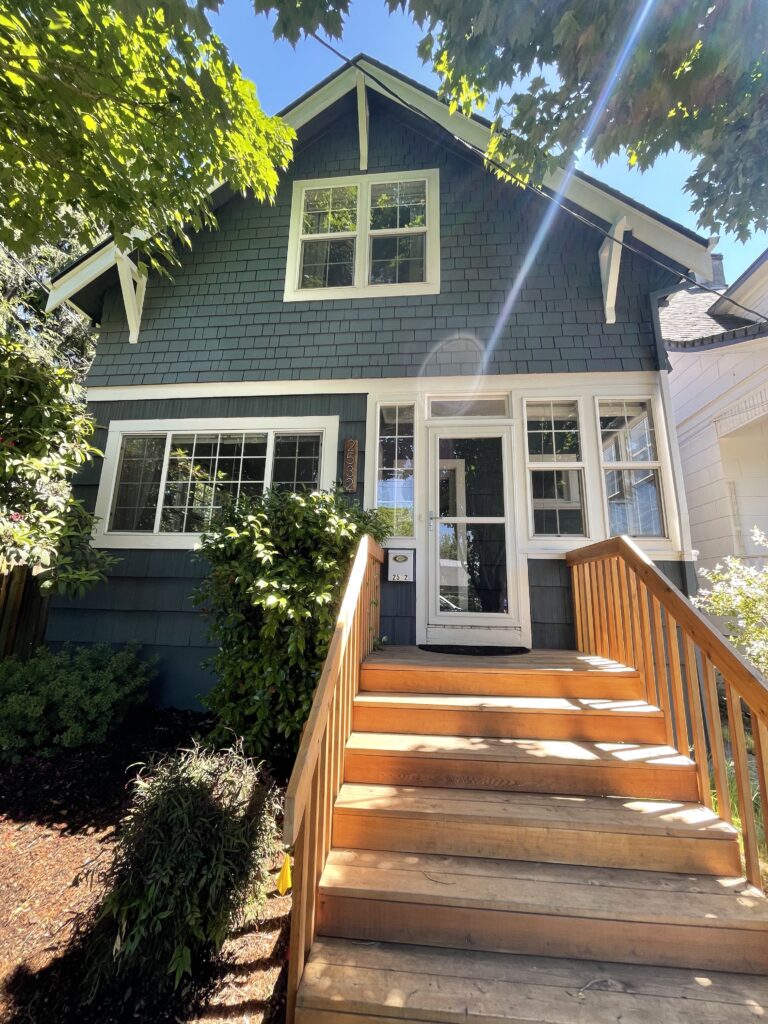
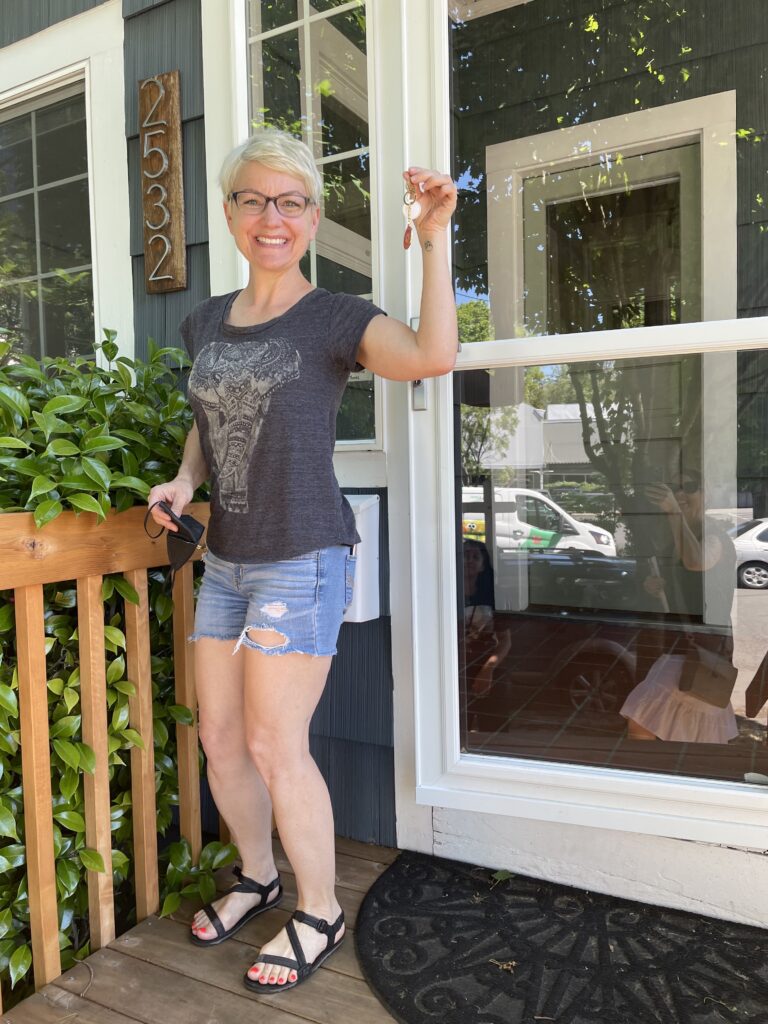
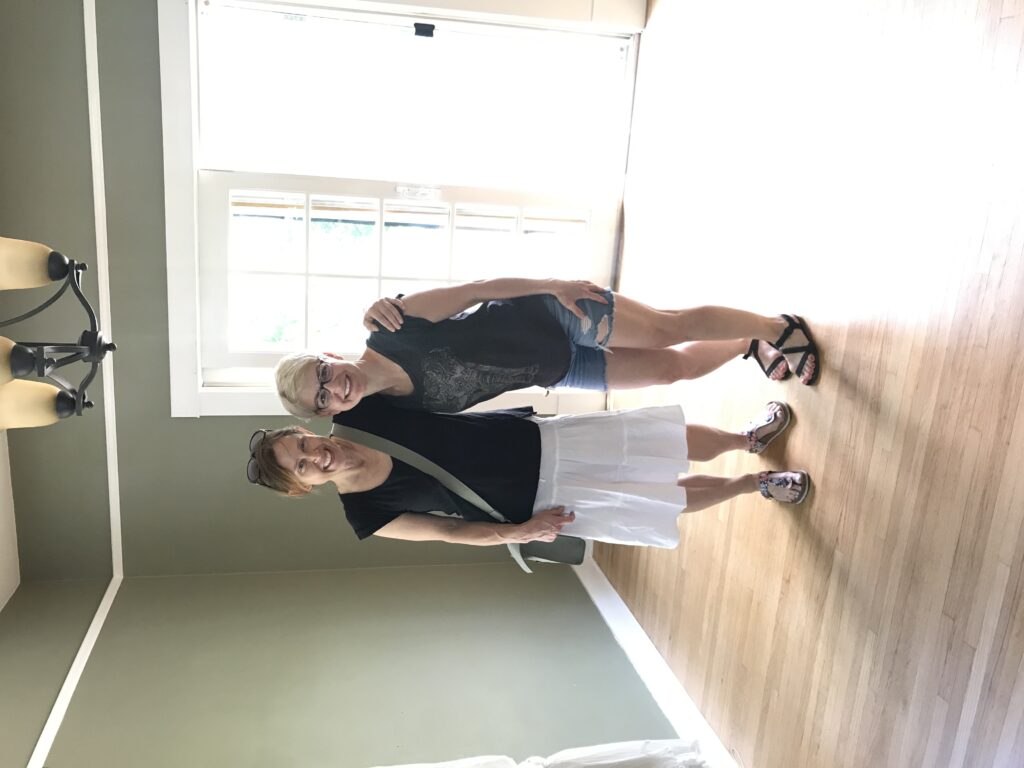
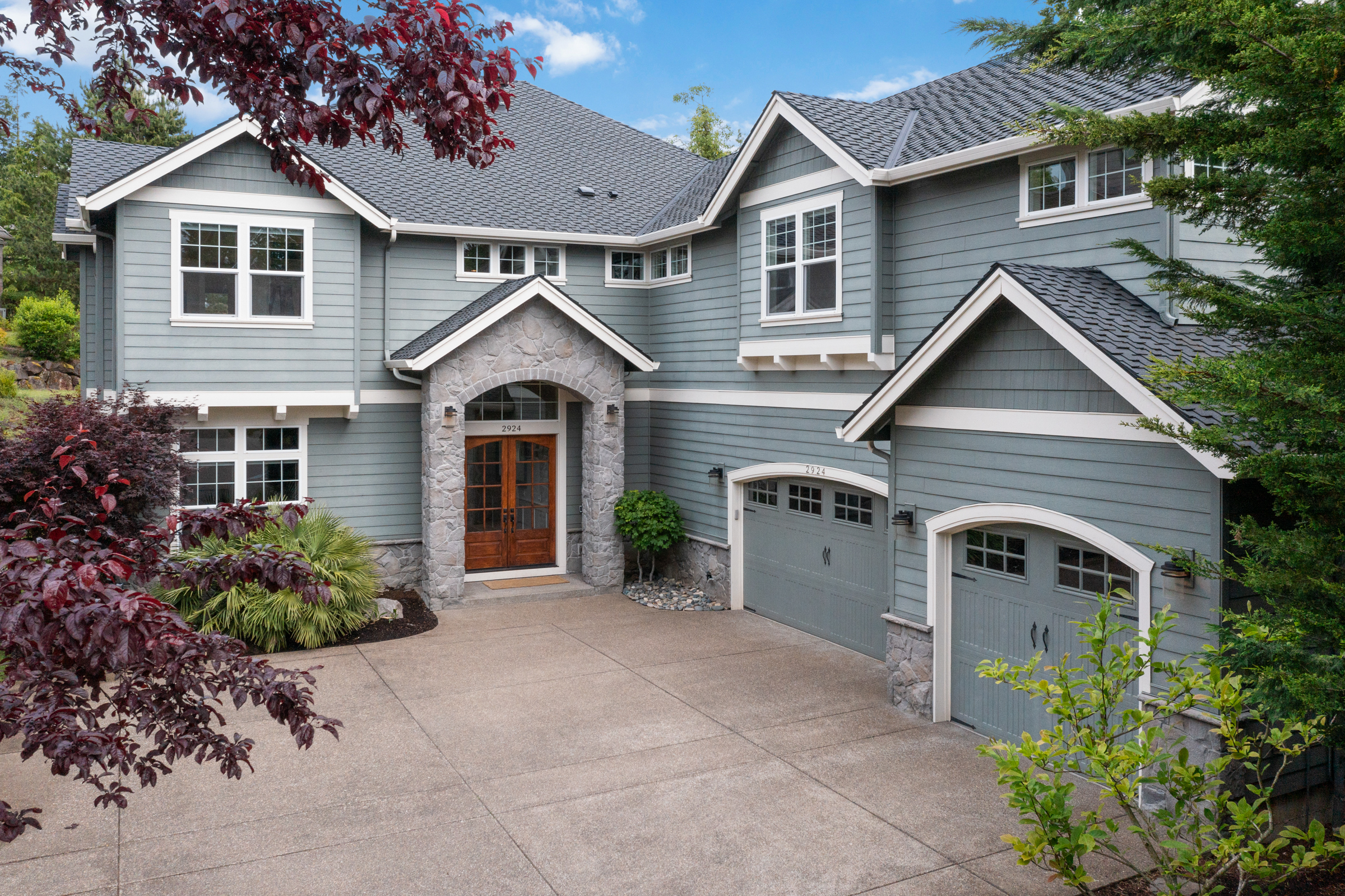
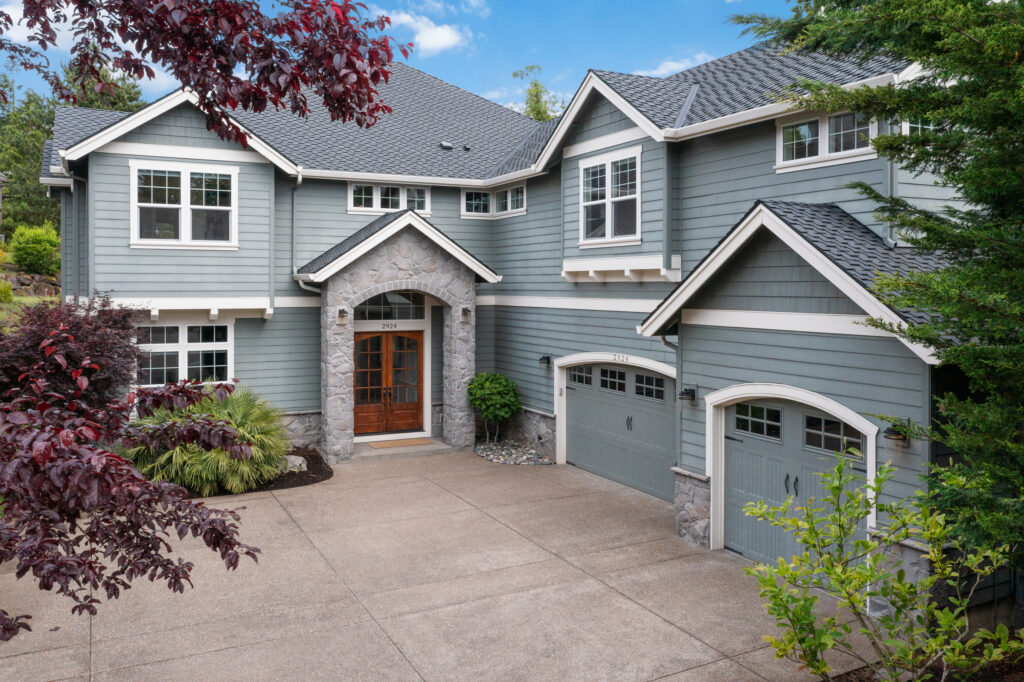
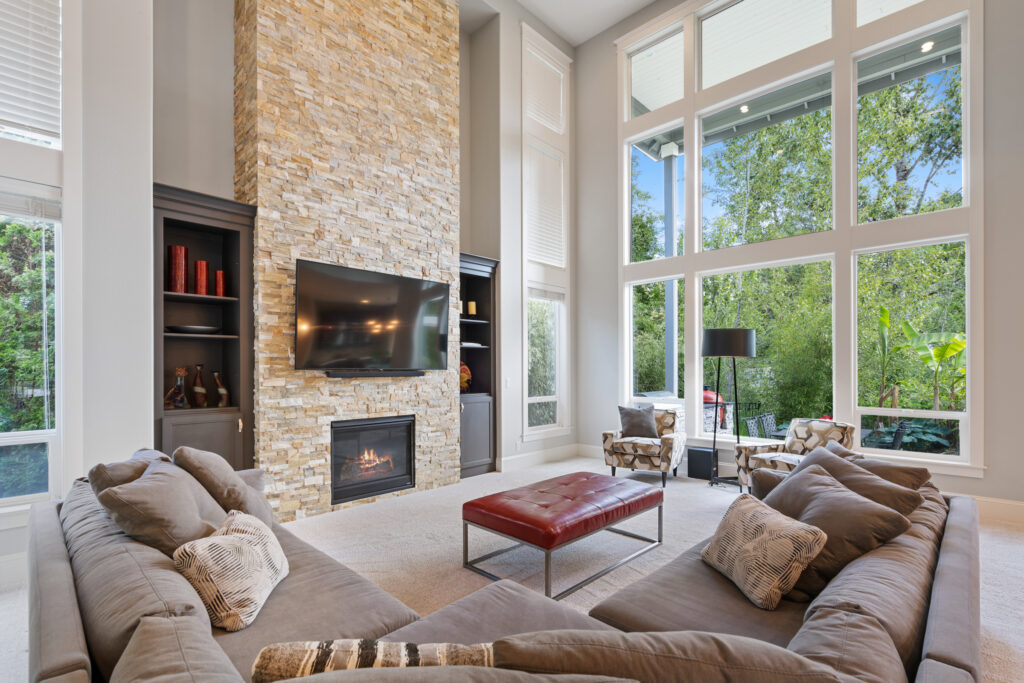
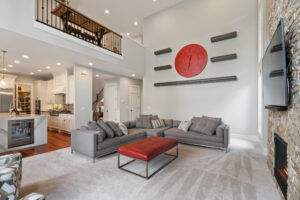
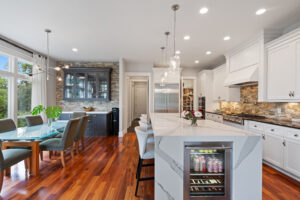
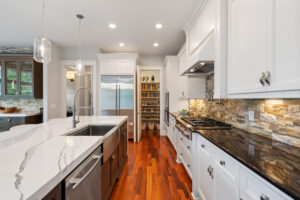
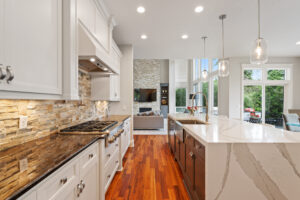
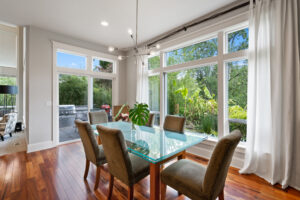

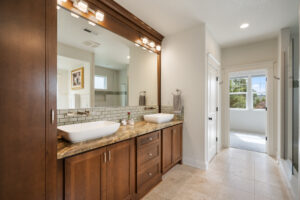
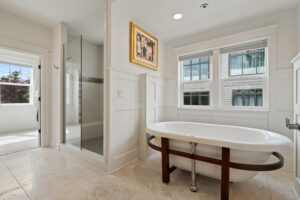
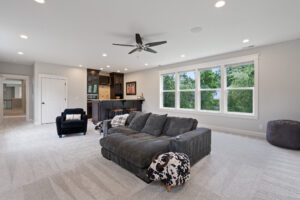
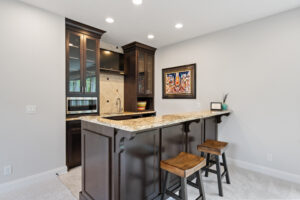
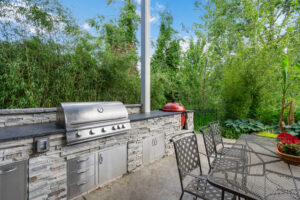
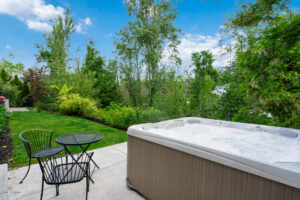
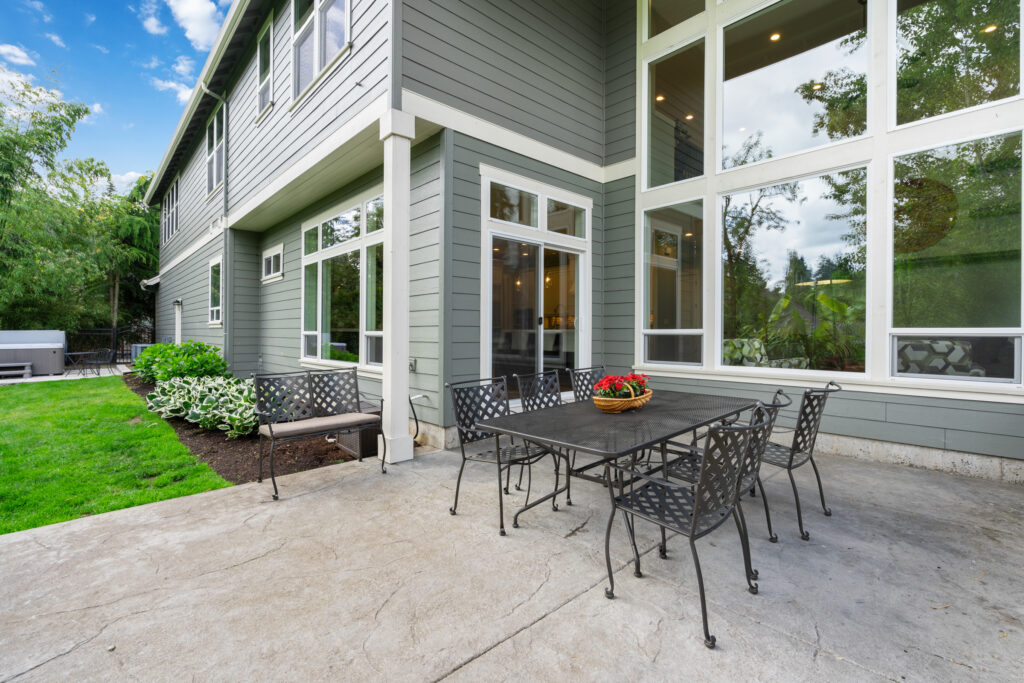

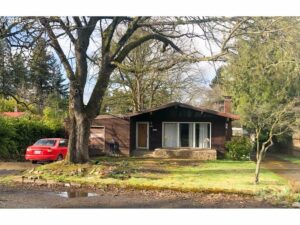
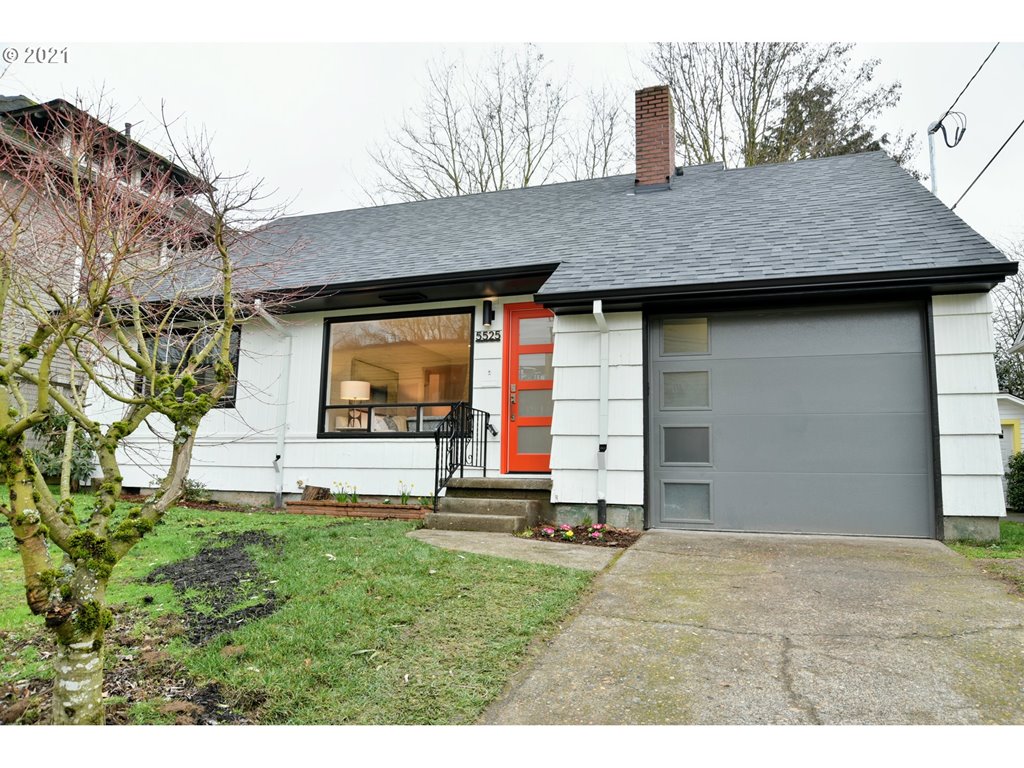
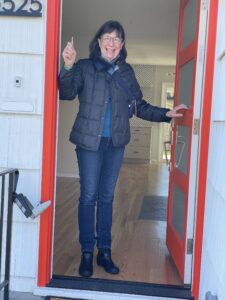
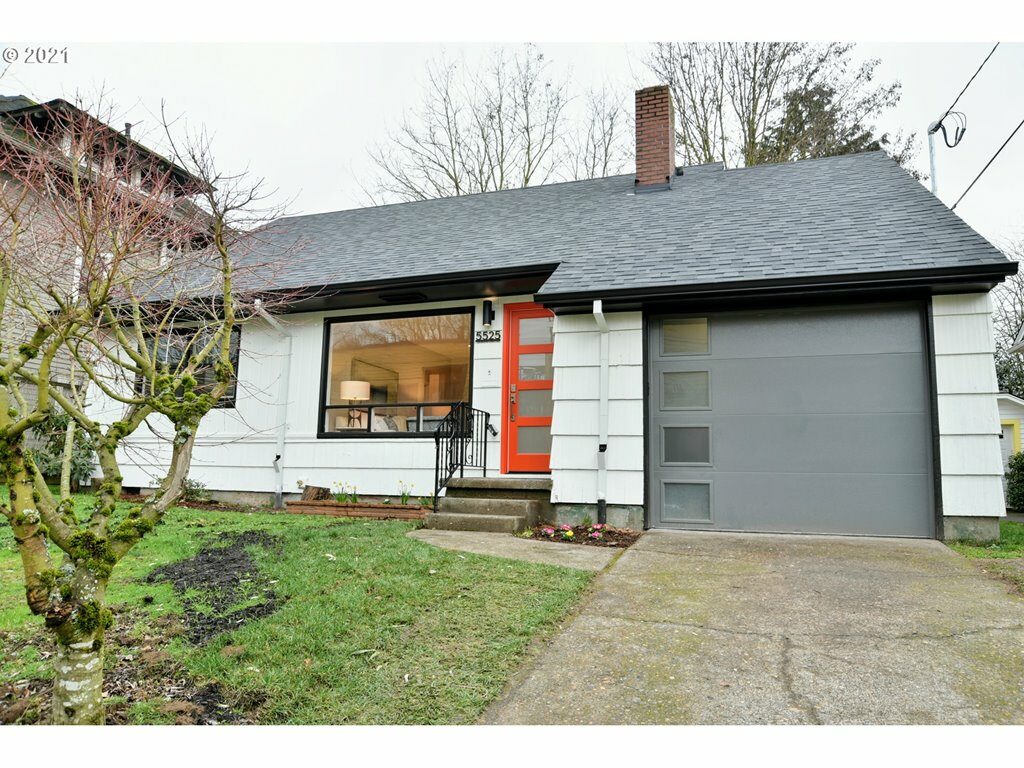
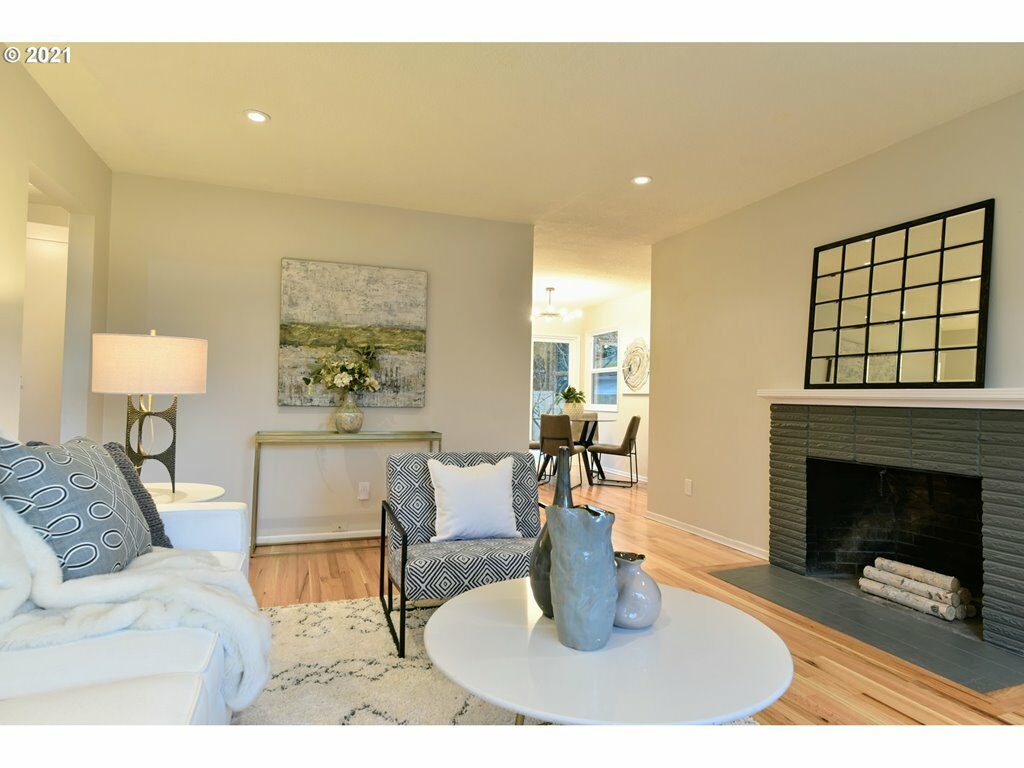
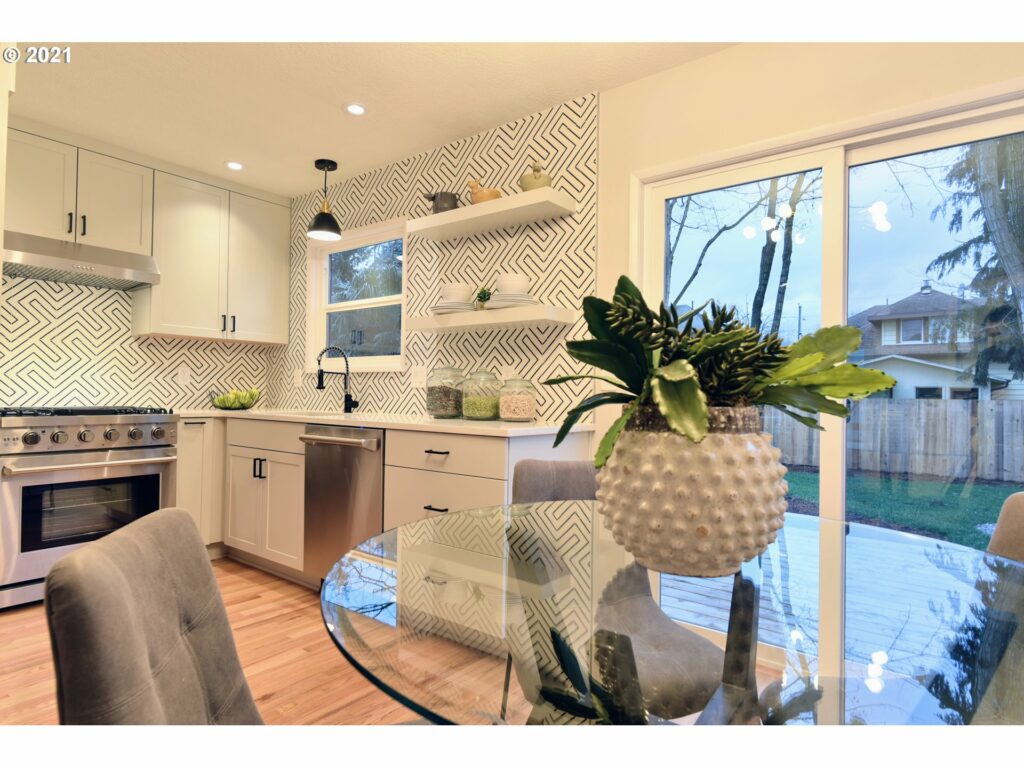
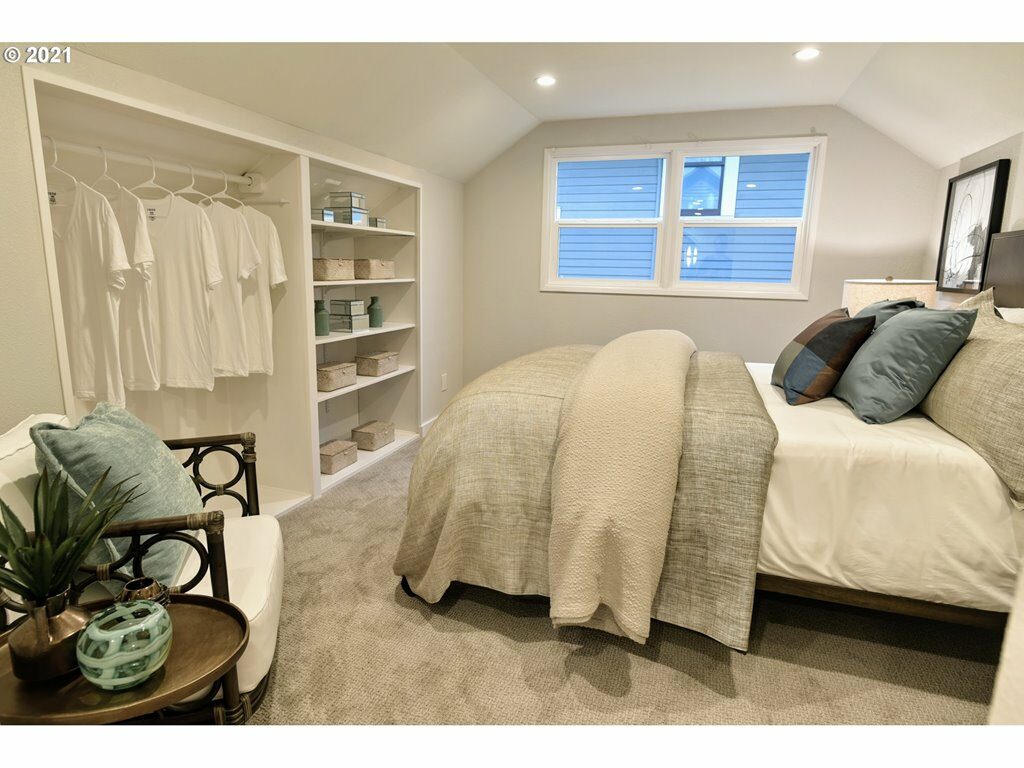
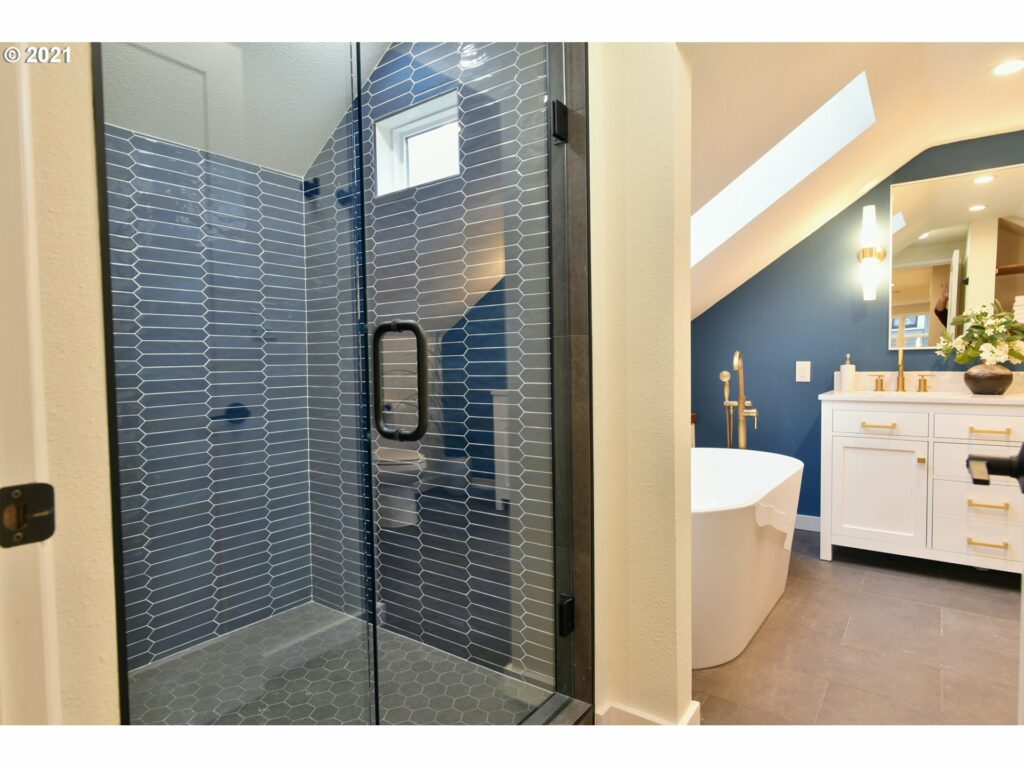
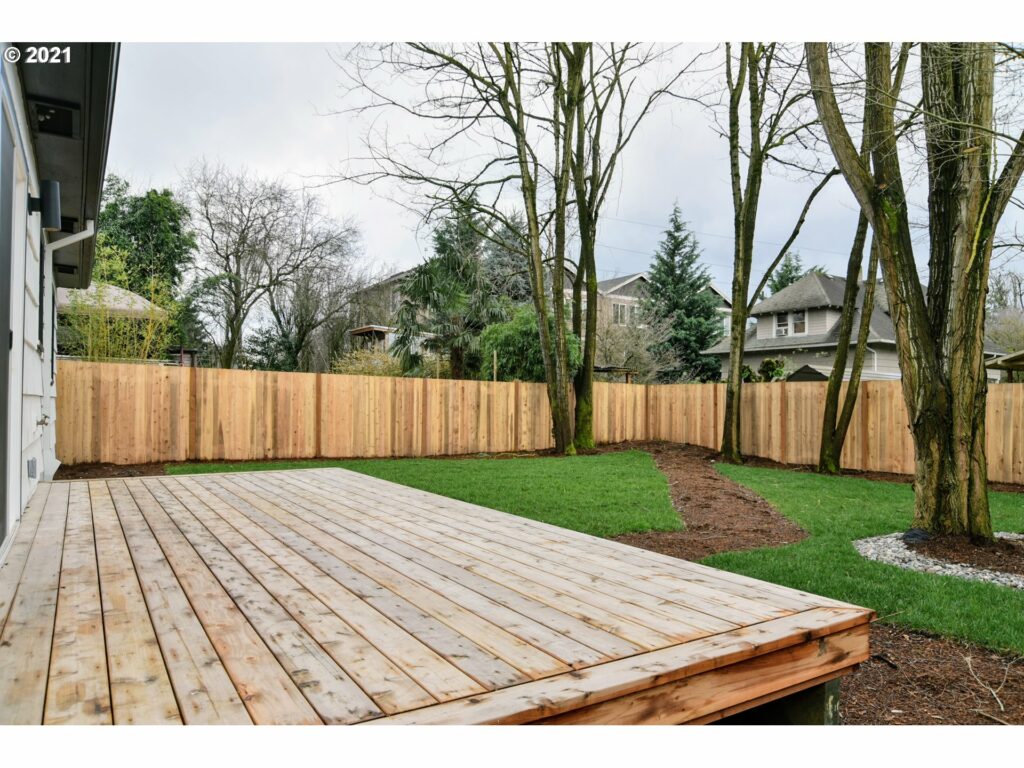
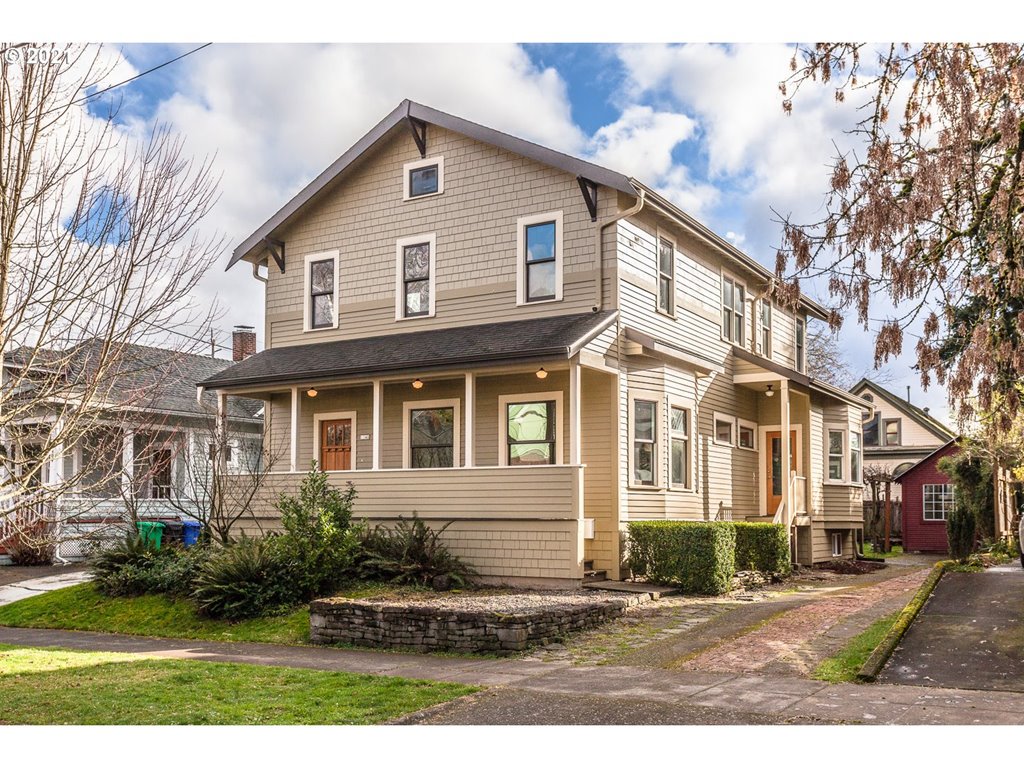
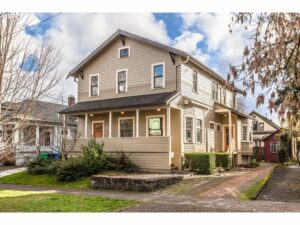 There are lots of tough, “school of hard knocks” buyer stories out there right now, given the very strong Sellers’ Market we’ve been experiencing since the dawn of 2021. But even in this seller-oriented market, we’ve been able to find success for many of our buyer clients.
There are lots of tough, “school of hard knocks” buyer stories out there right now, given the very strong Sellers’ Market we’ve been experiencing since the dawn of 2021. But even in this seller-oriented market, we’ve been able to find success for many of our buyer clients.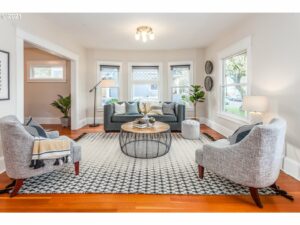
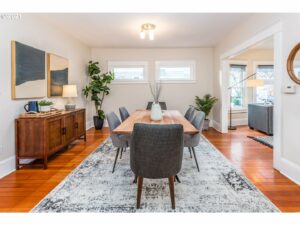



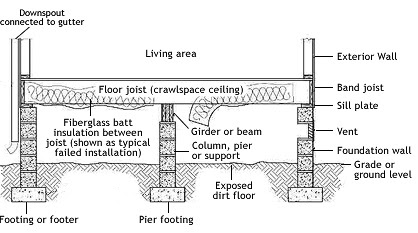
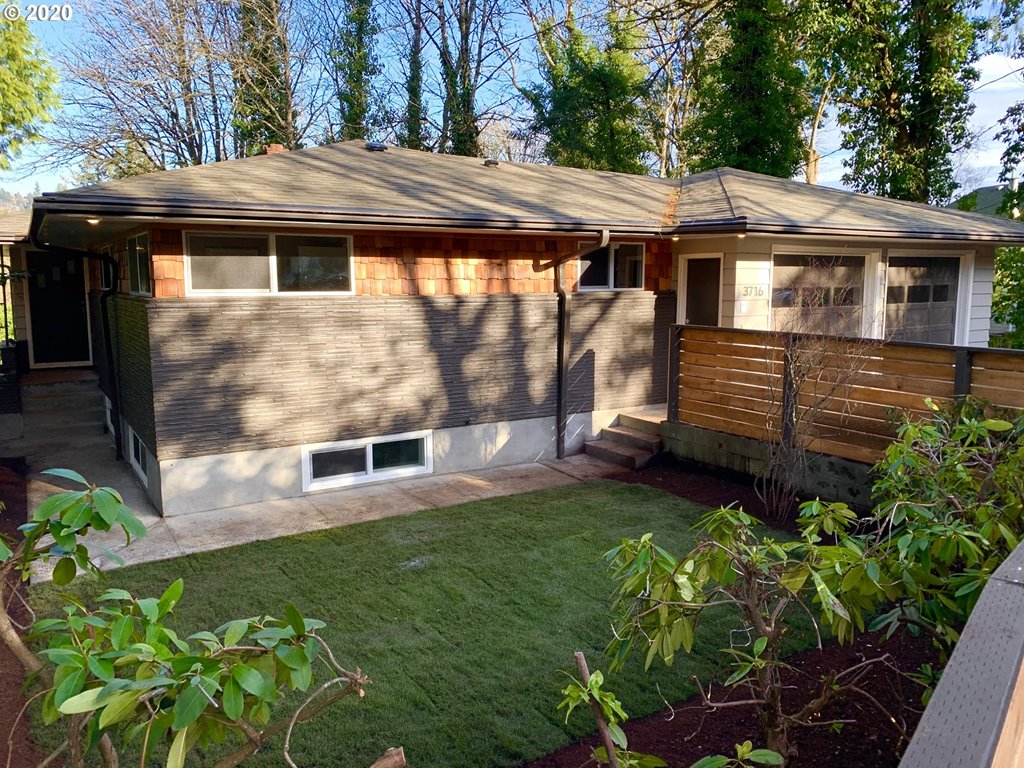



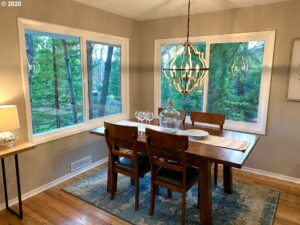
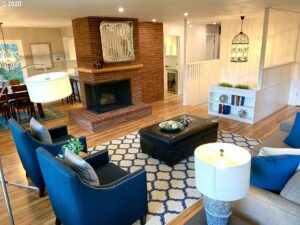
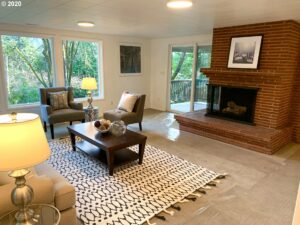
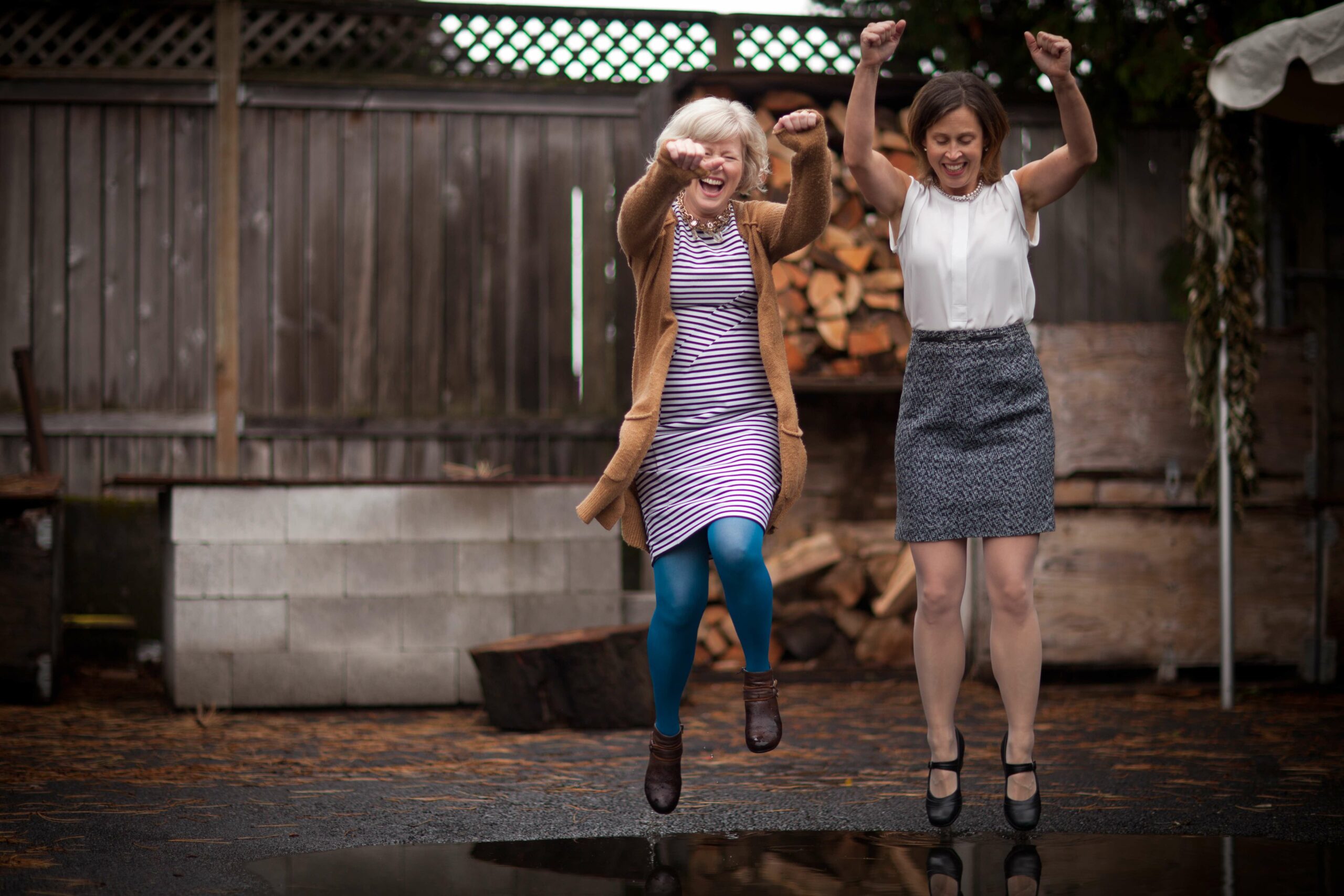
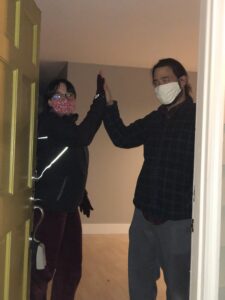
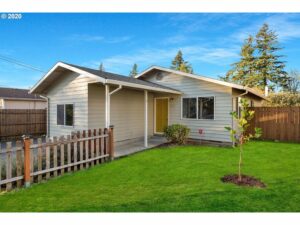
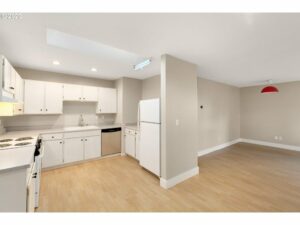
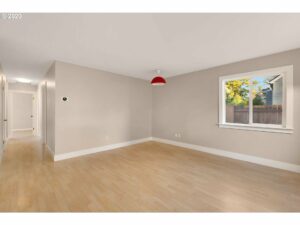
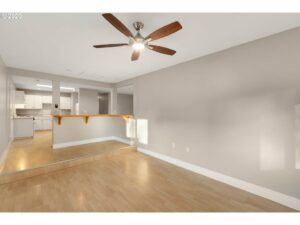
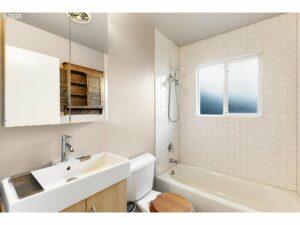
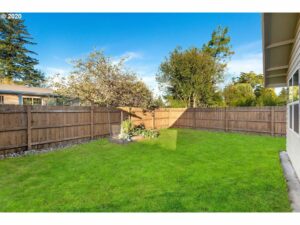
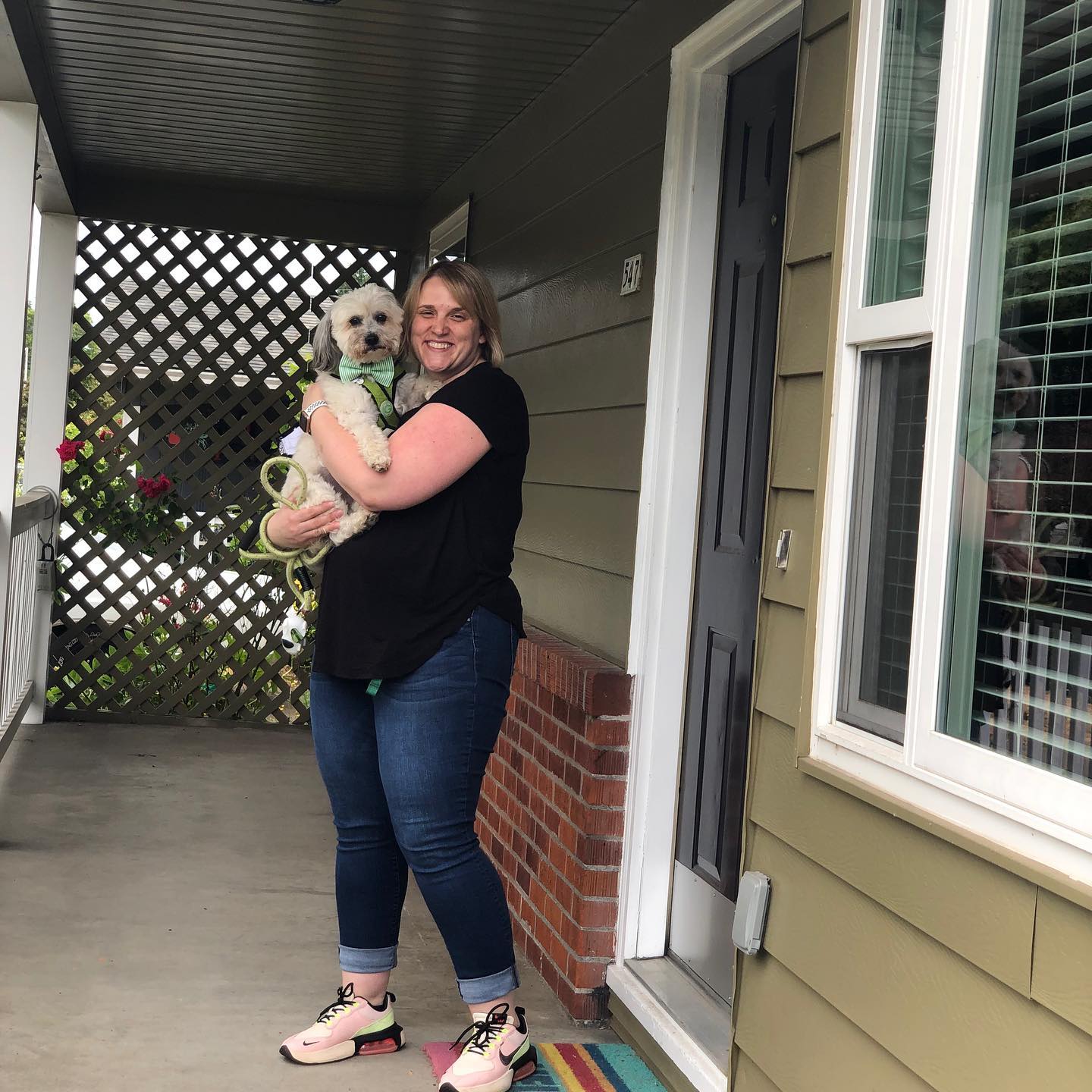








 The most common negative we’ve heard repeatedly from our new construction buyers has to do with all the unexpected expenses they had neglected to factor into the purchase of their home. This includes kitchen appliances, a washer and dryer, air conditioning, shades, curtains or blinds for all of those gorgeous new windows, and landscaping expenses. Buyers can be blinded by the bling of quartz counters, custom cabinetry, and pretty bathroom tile but miss the empty spaces where appliances and storage cabinets or shelving should be. Take stock of what is not included in the property and work hard to get those things included by the builder before you sign that contract.
The most common negative we’ve heard repeatedly from our new construction buyers has to do with all the unexpected expenses they had neglected to factor into the purchase of their home. This includes kitchen appliances, a washer and dryer, air conditioning, shades, curtains or blinds for all of those gorgeous new windows, and landscaping expenses. Buyers can be blinded by the bling of quartz counters, custom cabinetry, and pretty bathroom tile but miss the empty spaces where appliances and storage cabinets or shelving should be. Take stock of what is not included in the property and work hard to get those things included by the builder before you sign that contract. other parts of our state), we need builders to create new housing for our expanding population. We really understand the need for new, affordable neighborhoods near job creation areas that are outside of the urban centers. We just want you to be educated about what it is you will be signing when you get swept up in the flush of new construction bliss and are given a pen by the very friendly builder’s representative sitting across the desk from you.
other parts of our state), we need builders to create new housing for our expanding population. We really understand the need for new, affordable neighborhoods near job creation areas that are outside of the urban centers. We just want you to be educated about what it is you will be signing when you get swept up in the flush of new construction bliss and are given a pen by the very friendly builder’s representative sitting across the desk from you.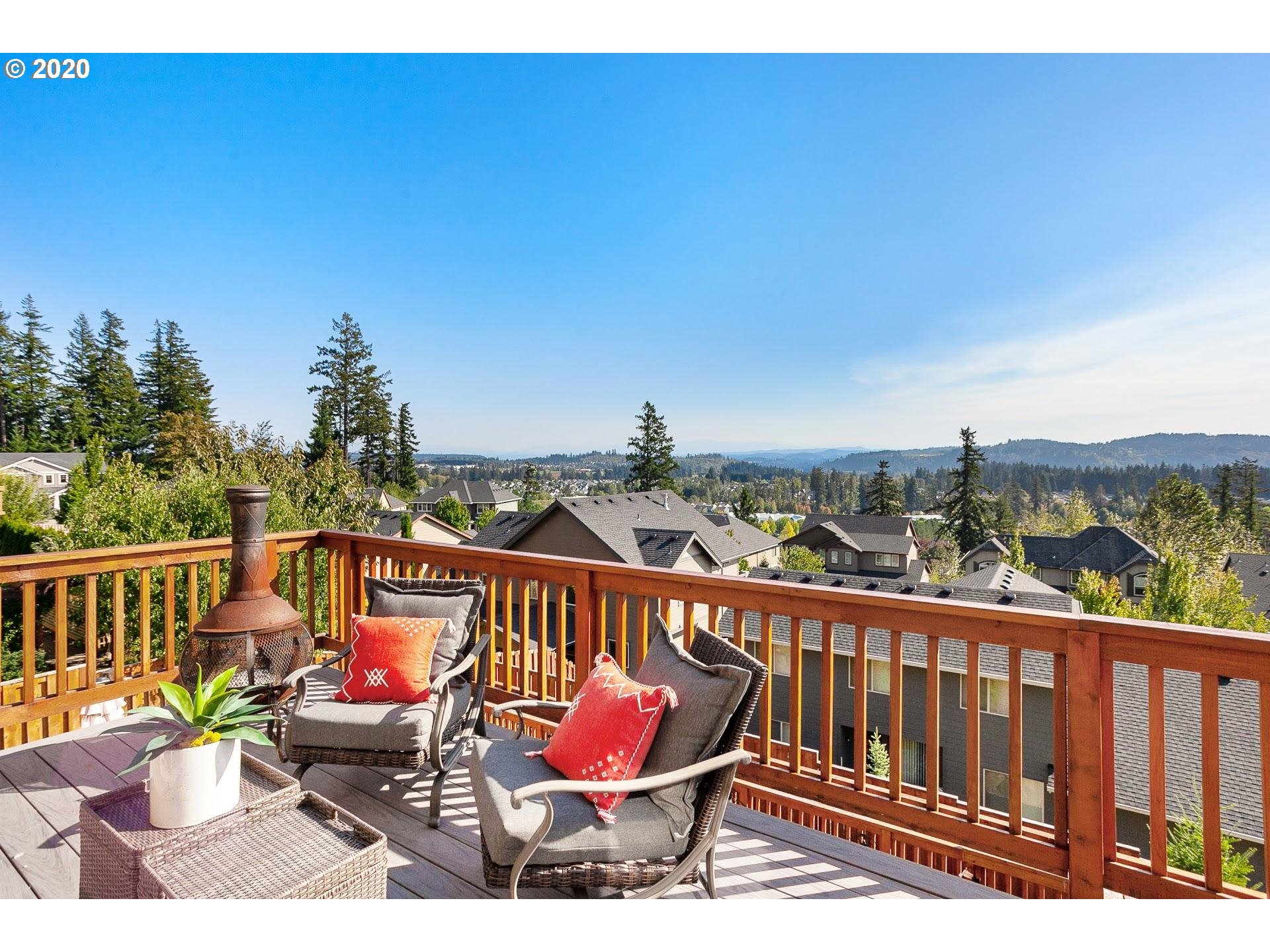


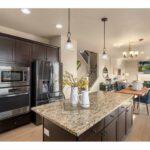
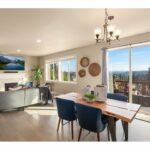
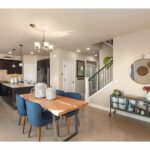

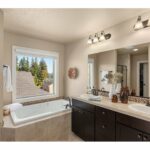

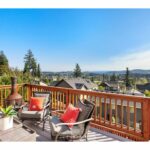
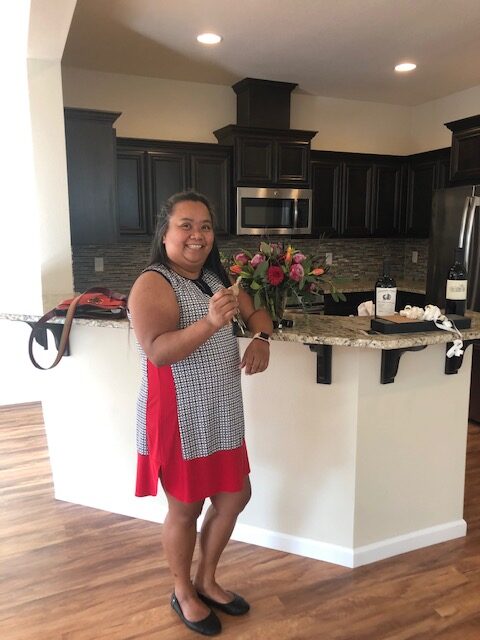
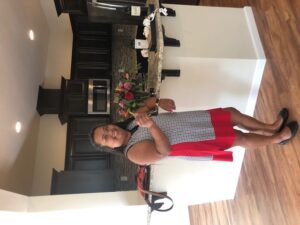 Our latest success story is first time home buyer Flo. Flo had a bit of a set back when the lender’s appraisal for her loan approval on a new construction home in Hillsboro, came back at a lower value than what she had agreed to pay for the property. As a result, Florence had to terminate her sales contract on that property. While the pull of sexy new construction is strong, we helped Flo understand that there likely would be something else out there for her in great condition, but without the tippy-top of the market sticker price one generally finds in new construction.
Our latest success story is first time home buyer Flo. Flo had a bit of a set back when the lender’s appraisal for her loan approval on a new construction home in Hillsboro, came back at a lower value than what she had agreed to pay for the property. As a result, Florence had to terminate her sales contract on that property. While the pull of sexy new construction is strong, we helped Flo understand that there likely would be something else out there for her in great condition, but without the tippy-top of the market sticker price one generally finds in new construction.
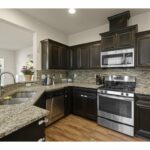

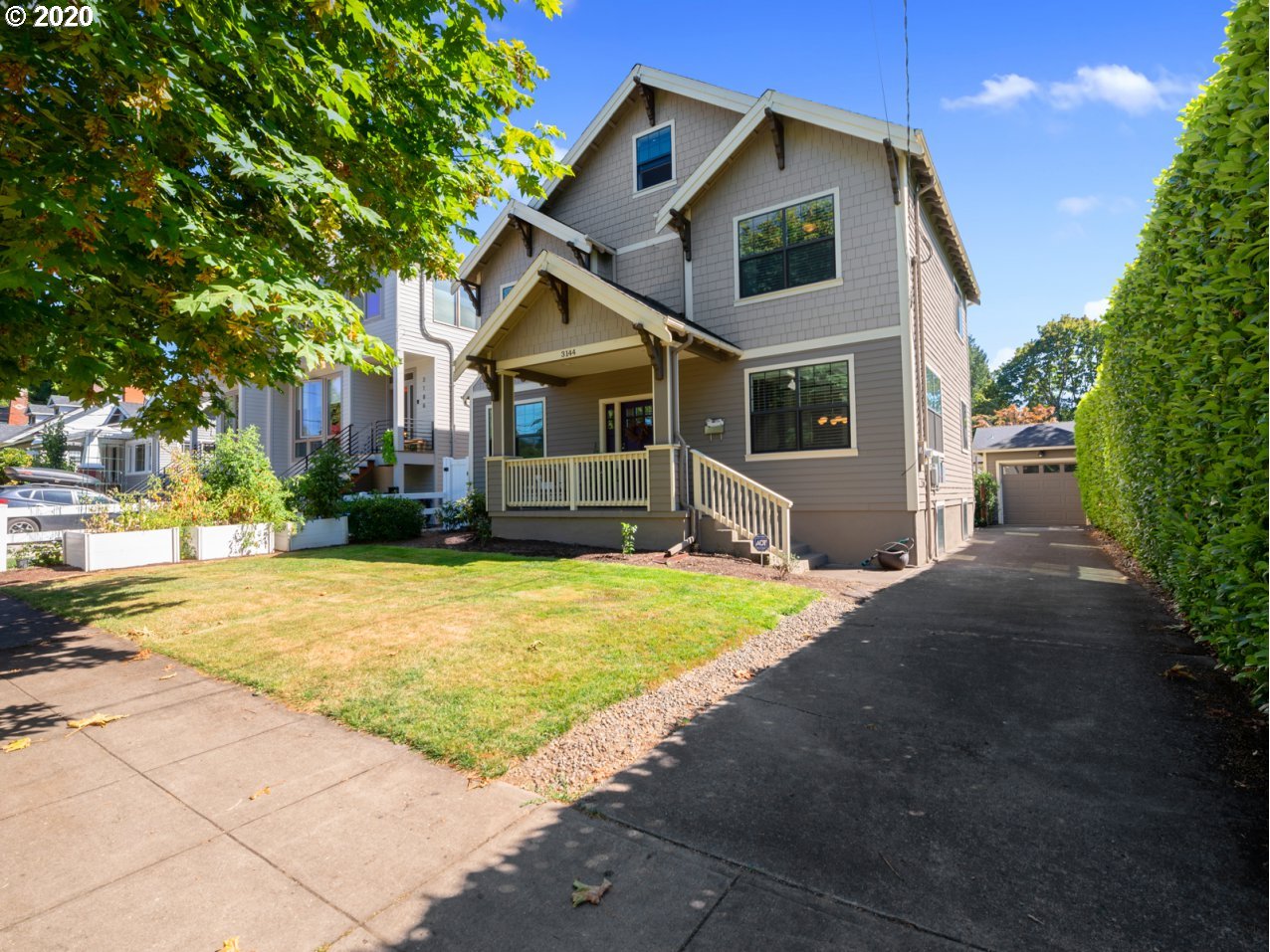
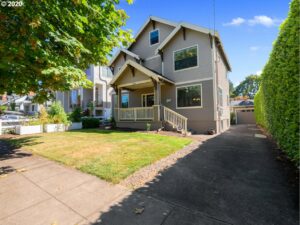
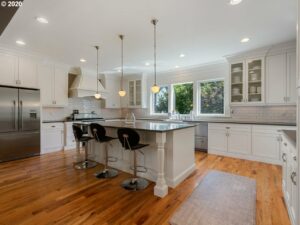
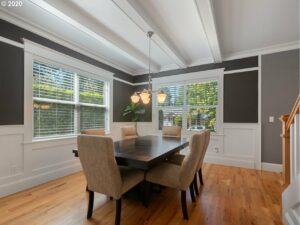
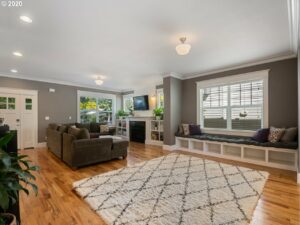
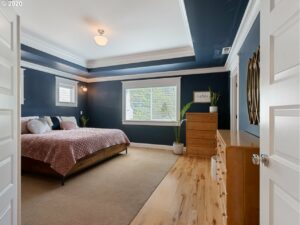
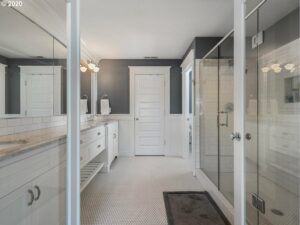

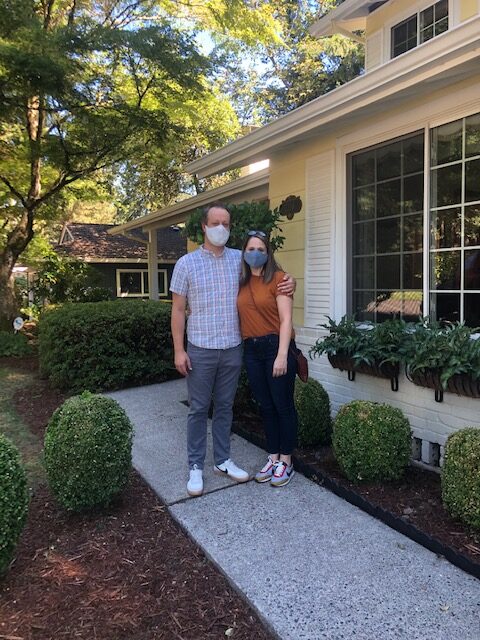
 Our very savvy first time home buyers Sarah and Travis definitely got lucky, but also were smart enough to know where to look. They had zoned in on the
Our very savvy first time home buyers Sarah and Travis definitely got lucky, but also were smart enough to know where to look. They had zoned in on the 

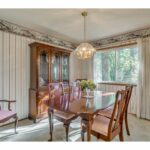




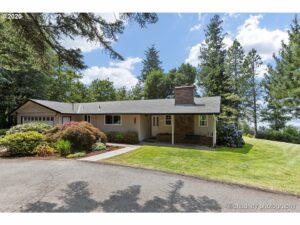

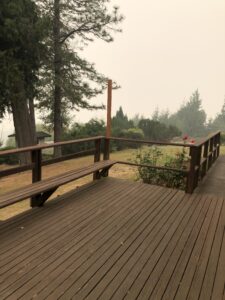

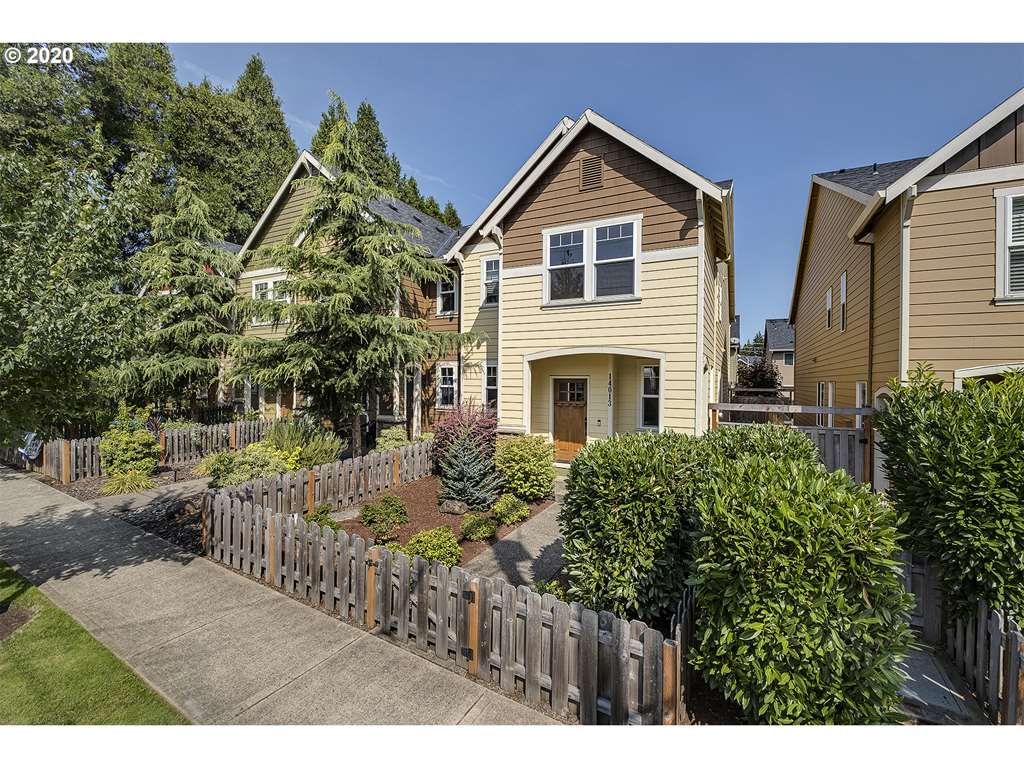

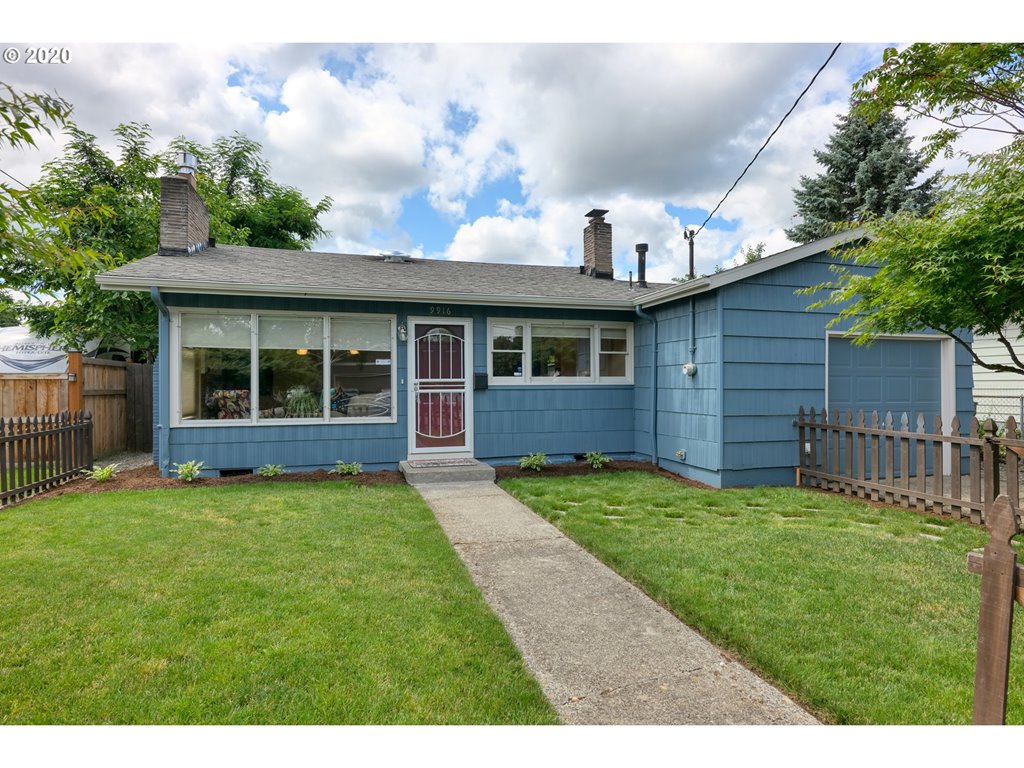


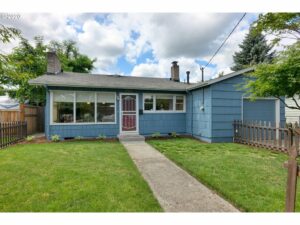
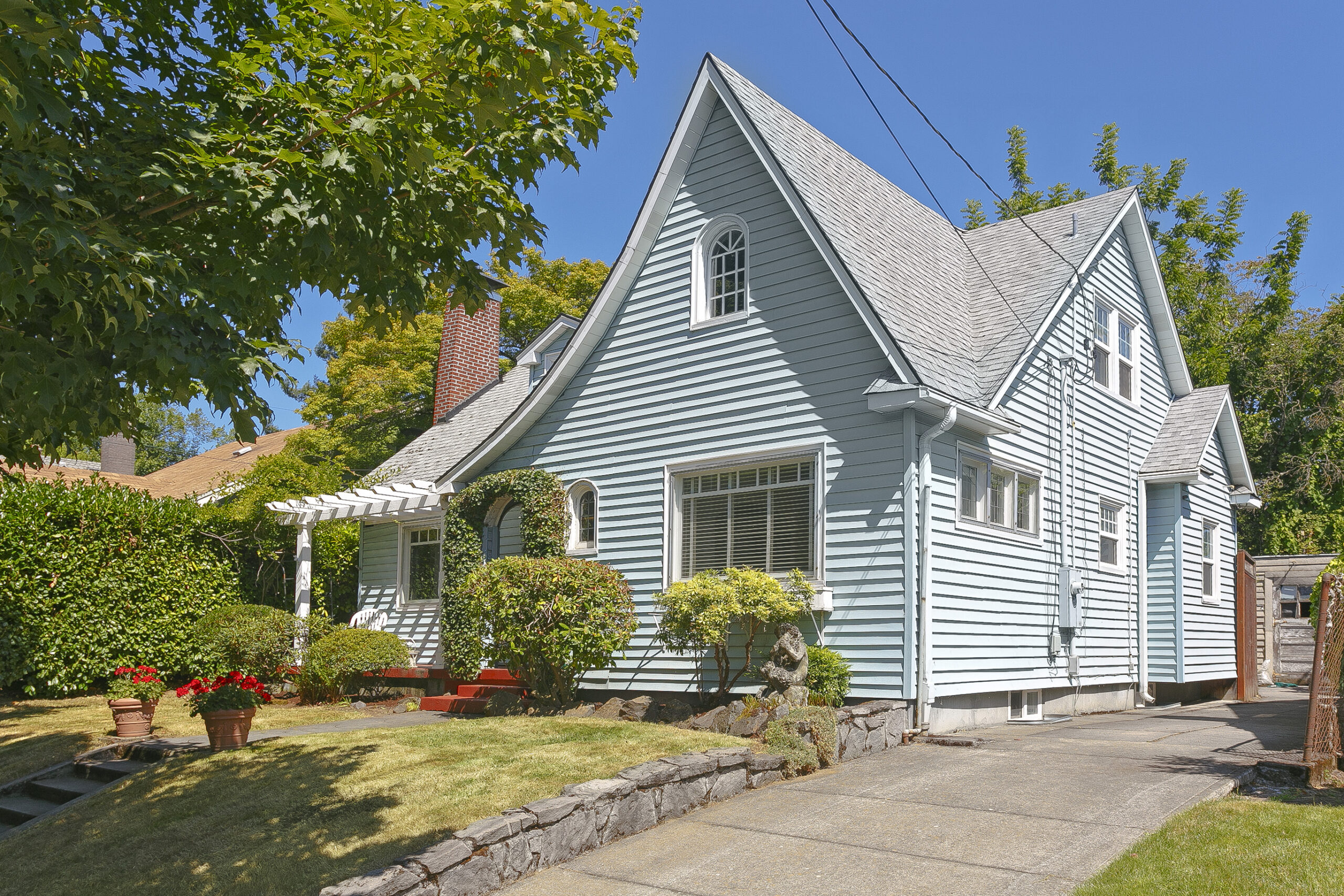
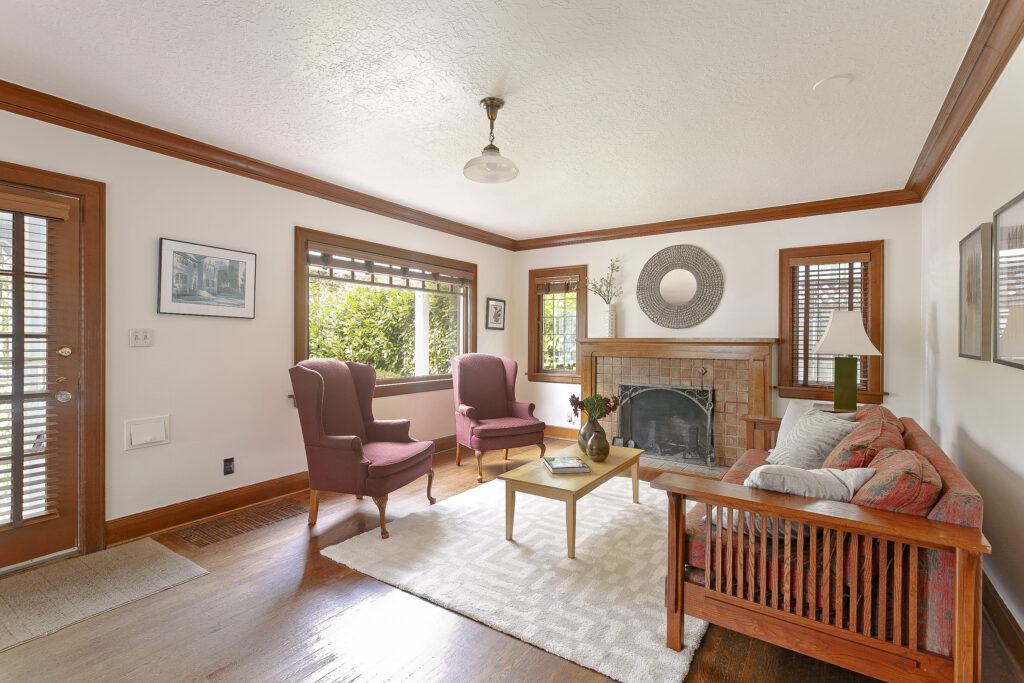
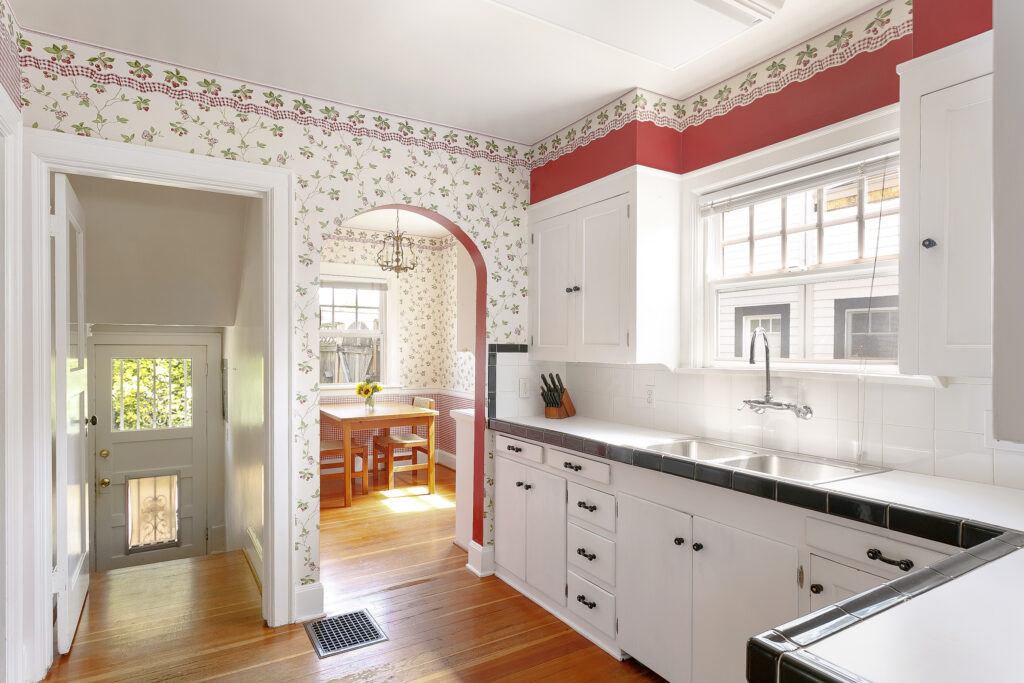 The cheery, cherry themed nook is the perfect place to have the perfect cup of tea:
The cheery, cherry themed nook is the perfect place to have the perfect cup of tea: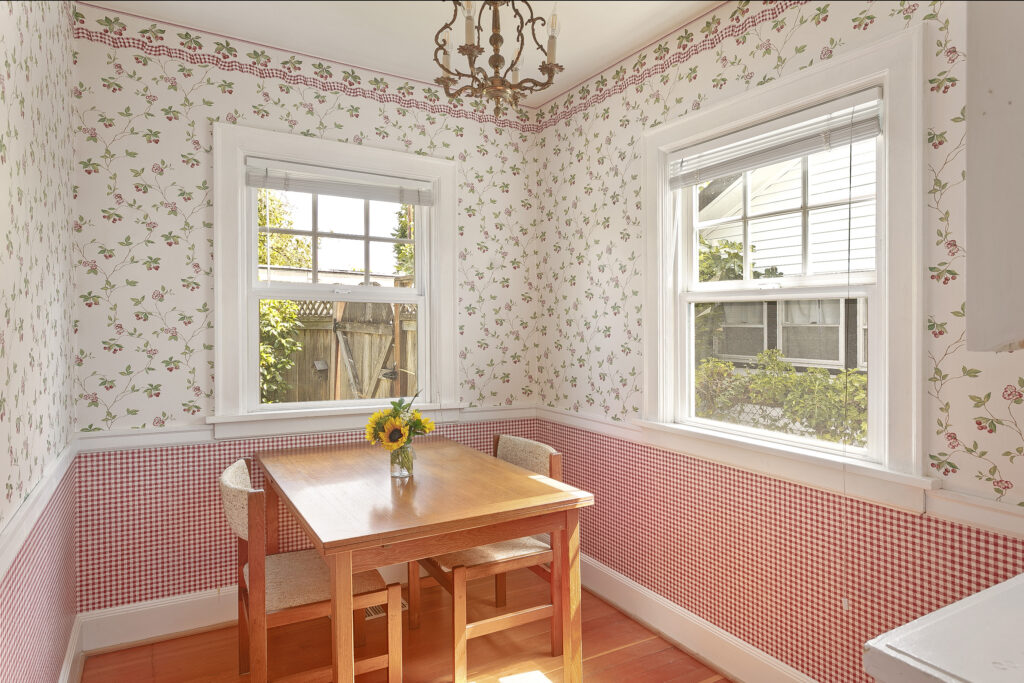
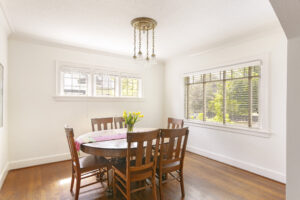
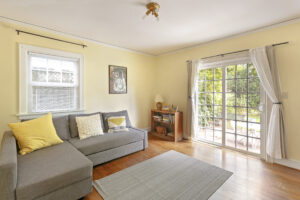
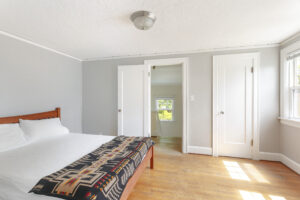
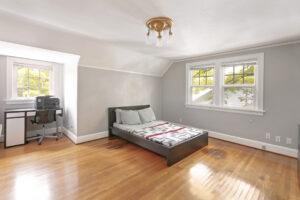
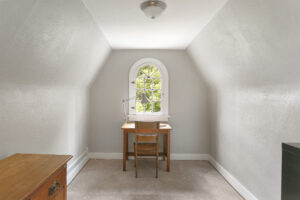
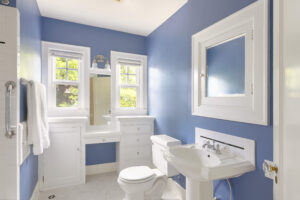
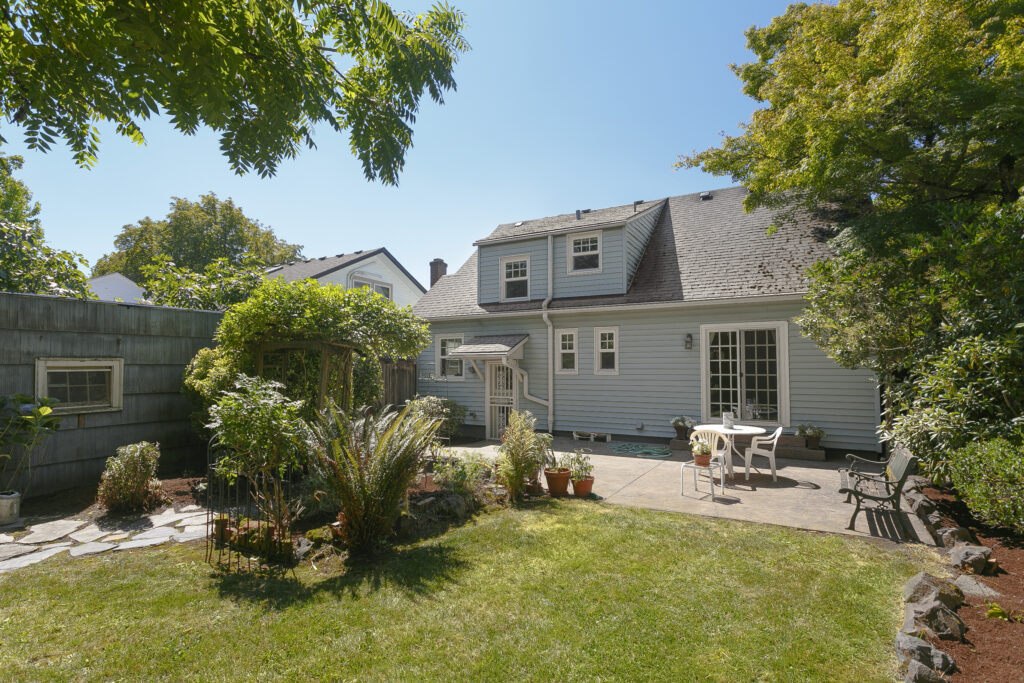
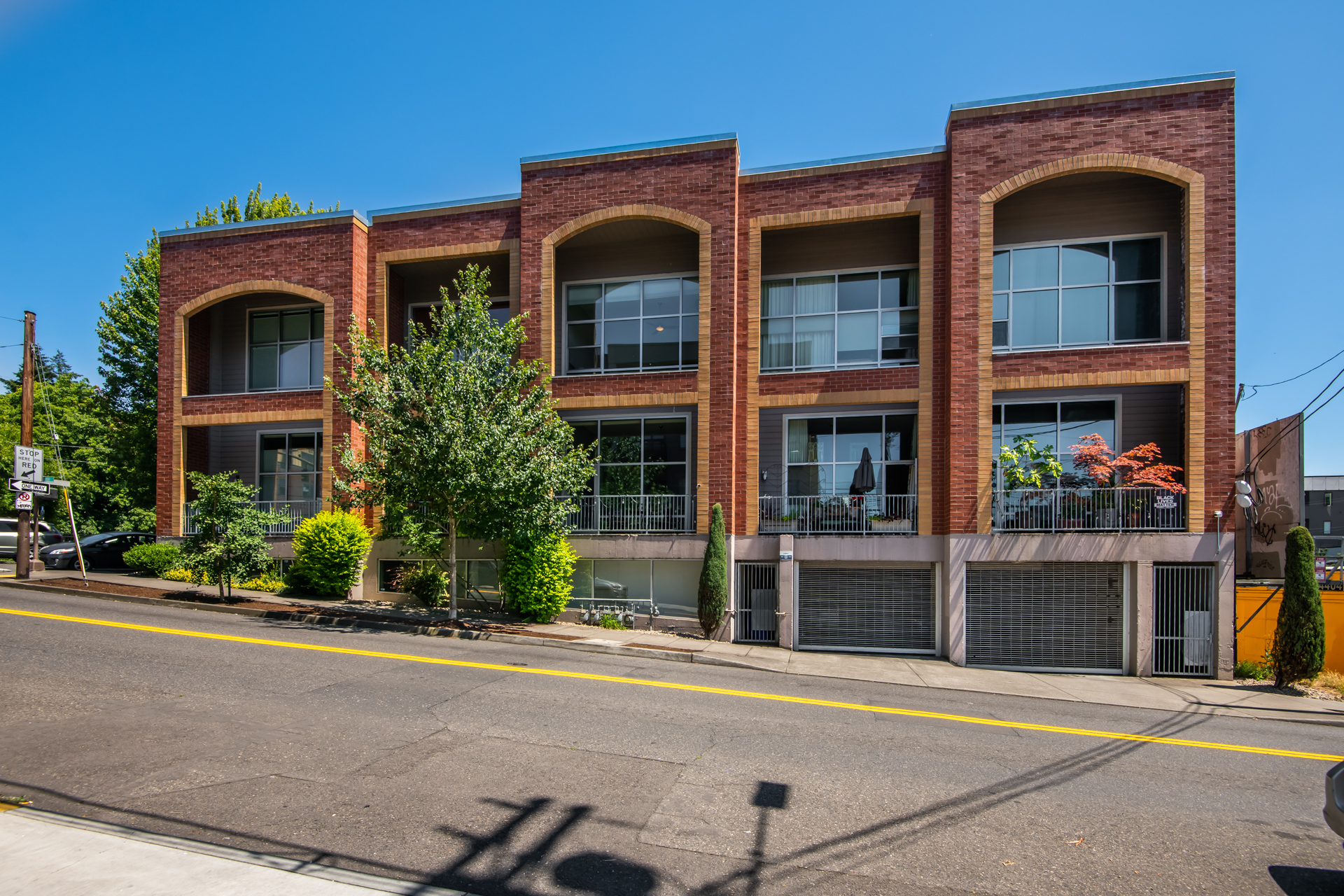

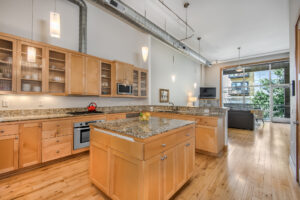
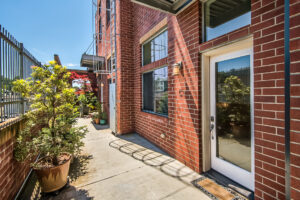
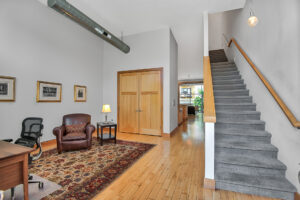
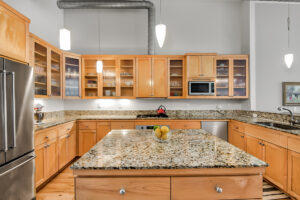
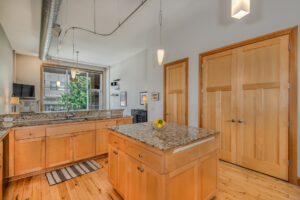
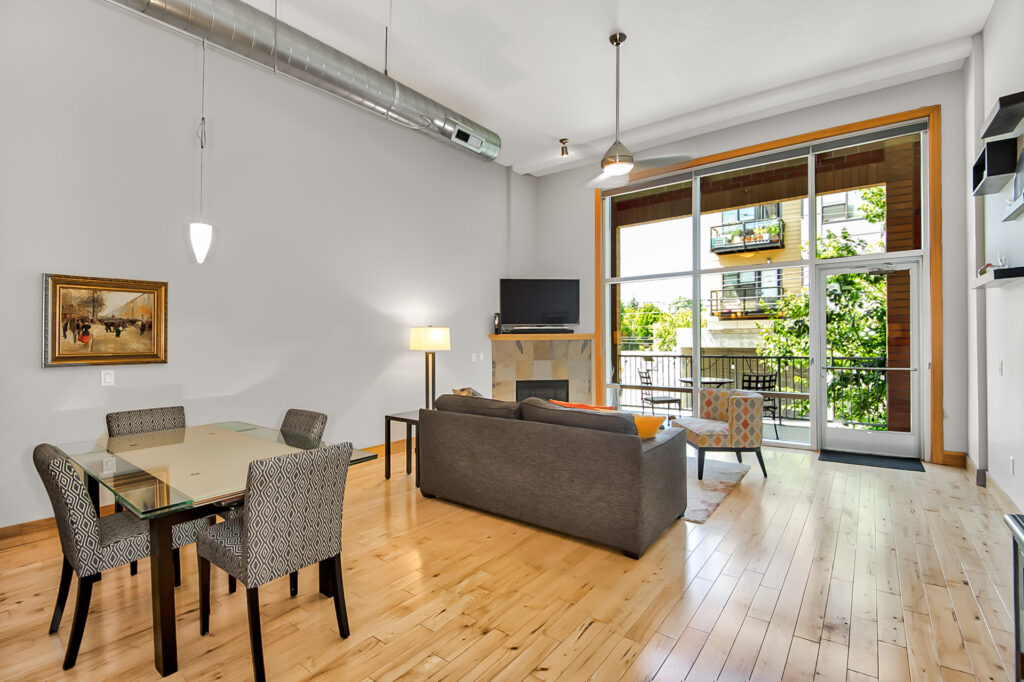
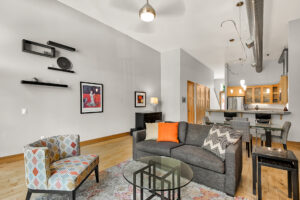
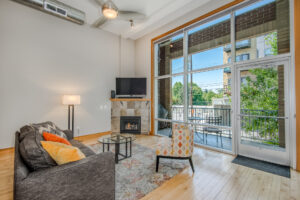
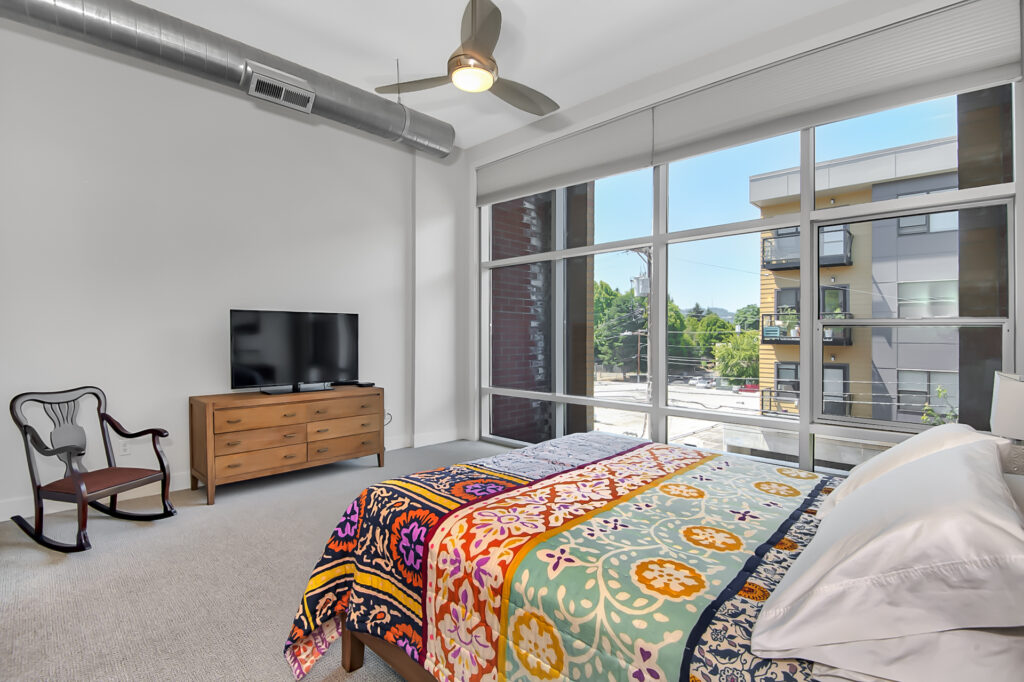
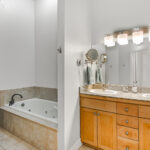


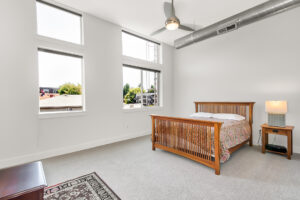
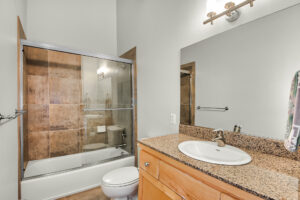
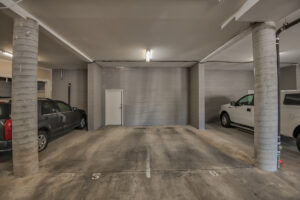
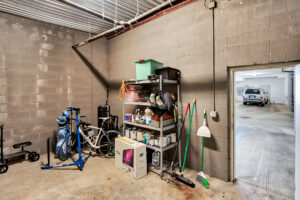

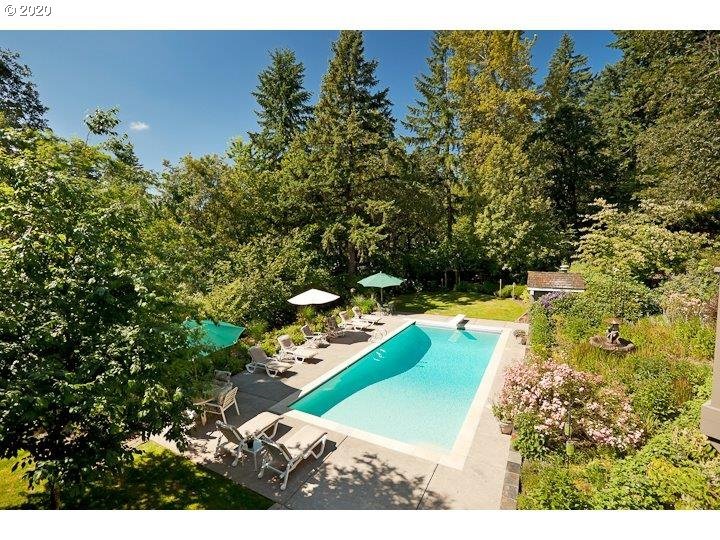
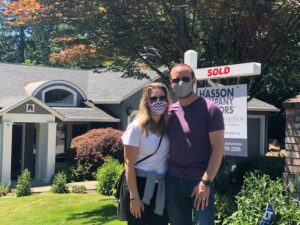 Derek and Michelle first laid eyes on their lovely Lake Oswego home back in March; March 13th to be exact. They saw this great house online and given that they lived out of state, wondered if we could “video” it for them. Property videos are one of our most important tools for our out of area buyers, so with the back drop of school closure announcements due to spreading Covid-19 in our area, I headed down to Lake Oswego to take some fun property videos armed with with tons of hand sanitizer (hard to believe but masks weren’t a thing back then), my phone and my Gimble! OH, no big deal but it also was just about to start snowing… on March 13th.
Derek and Michelle first laid eyes on their lovely Lake Oswego home back in March; March 13th to be exact. They saw this great house online and given that they lived out of state, wondered if we could “video” it for them. Property videos are one of our most important tools for our out of area buyers, so with the back drop of school closure announcements due to spreading Covid-19 in our area, I headed down to Lake Oswego to take some fun property videos armed with with tons of hand sanitizer (hard to believe but masks weren’t a thing back then), my phone and my Gimble! OH, no big deal but it also was just about to start snowing… on March 13th.
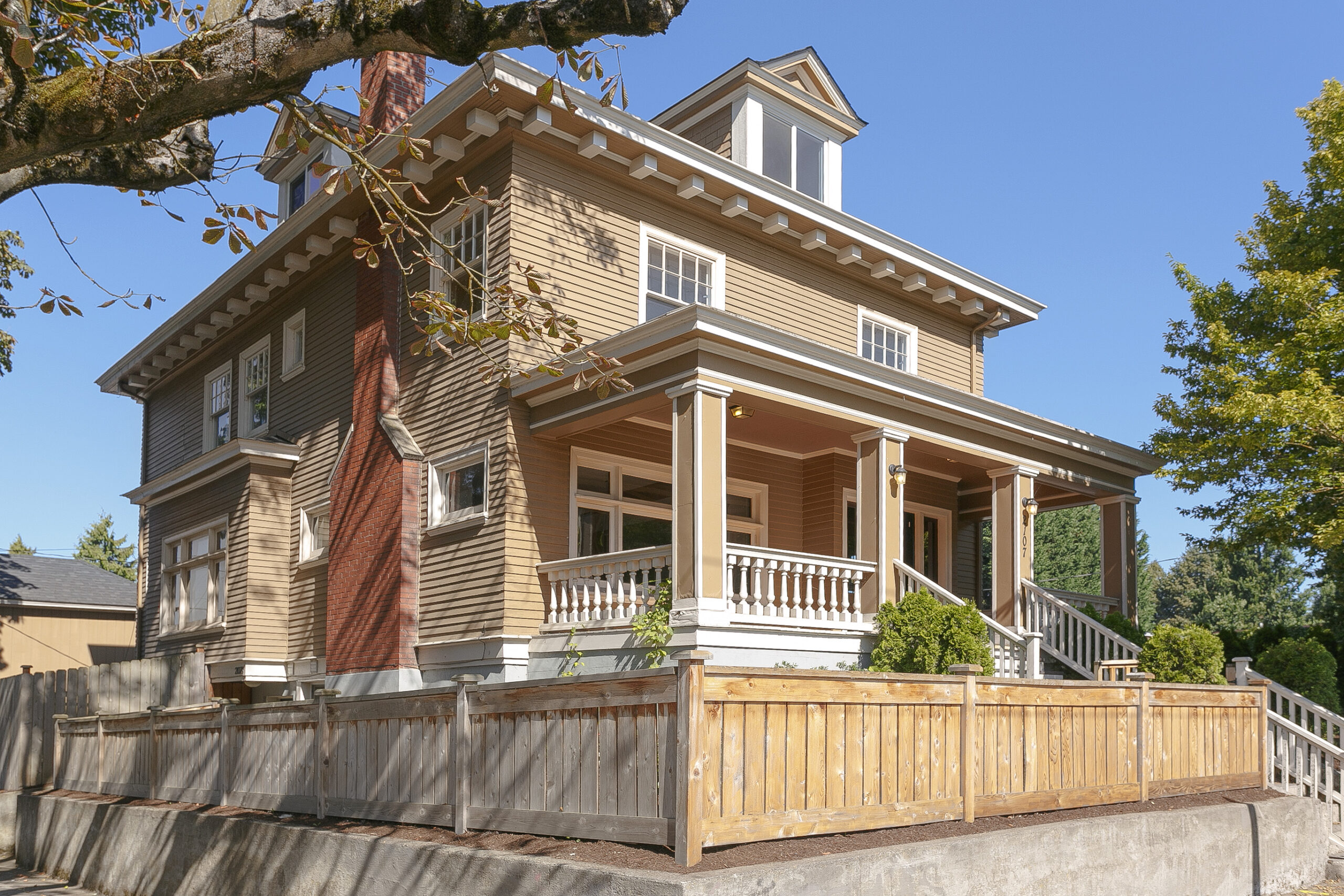
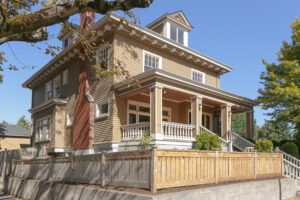


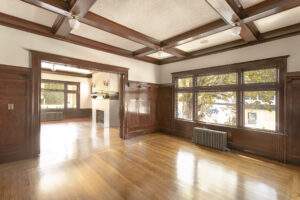
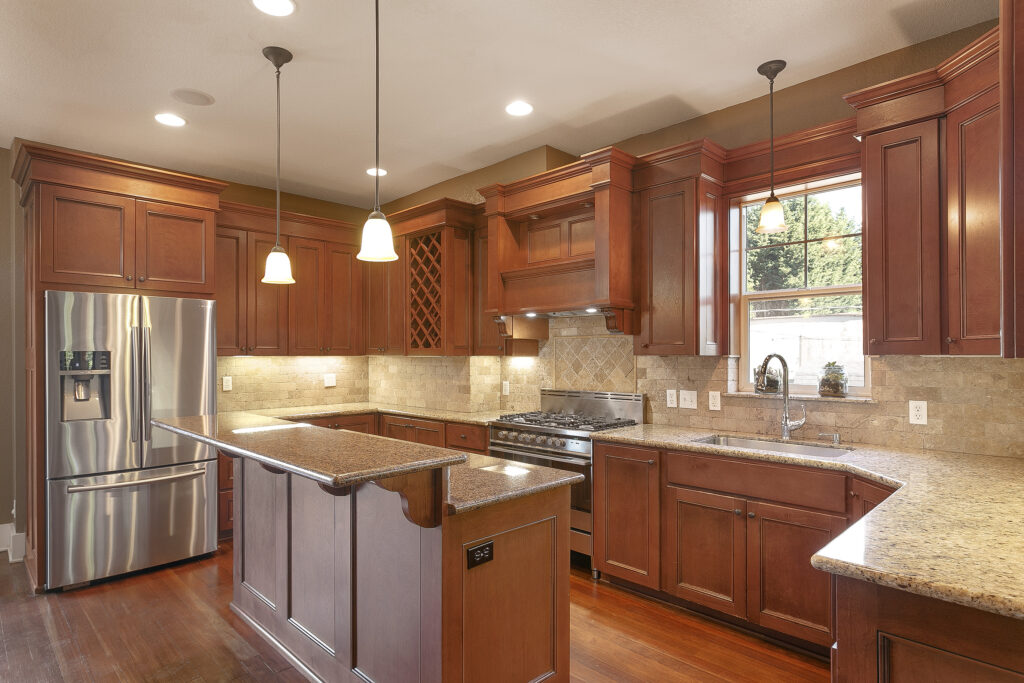
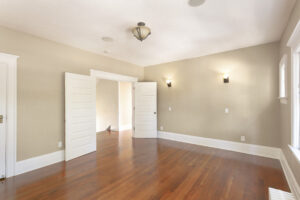
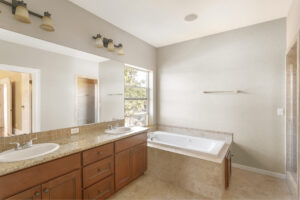
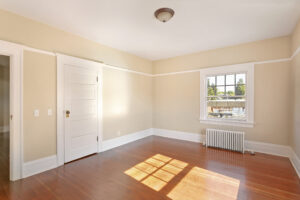
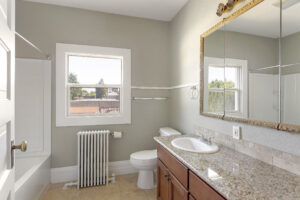
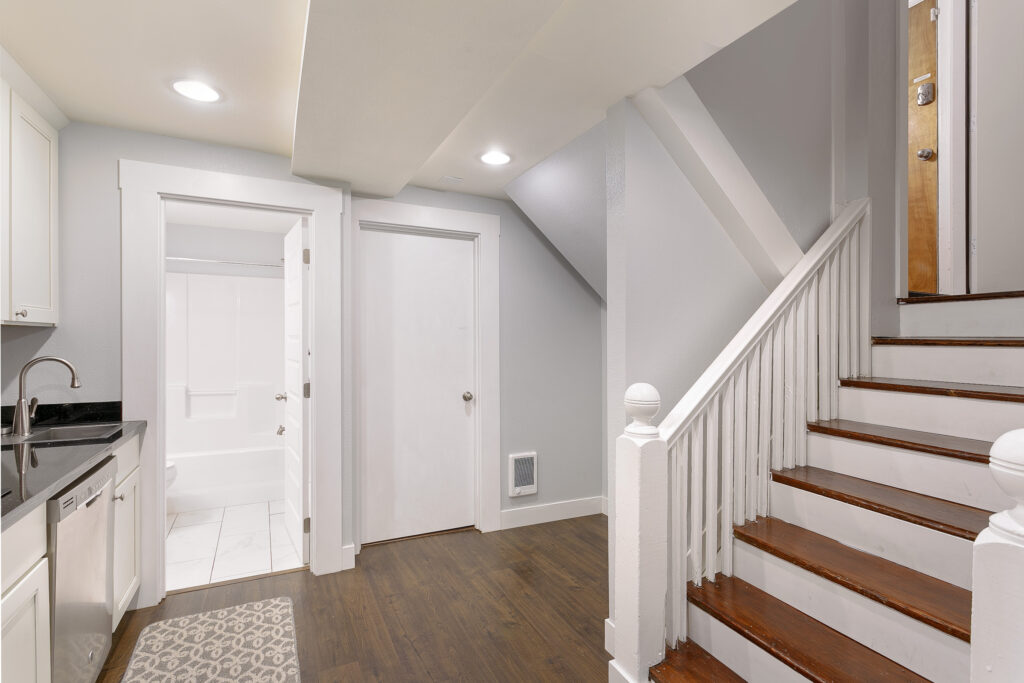
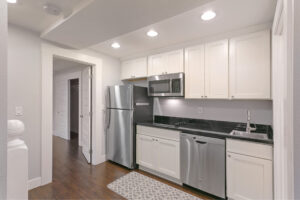
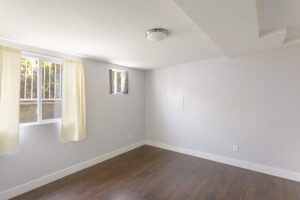
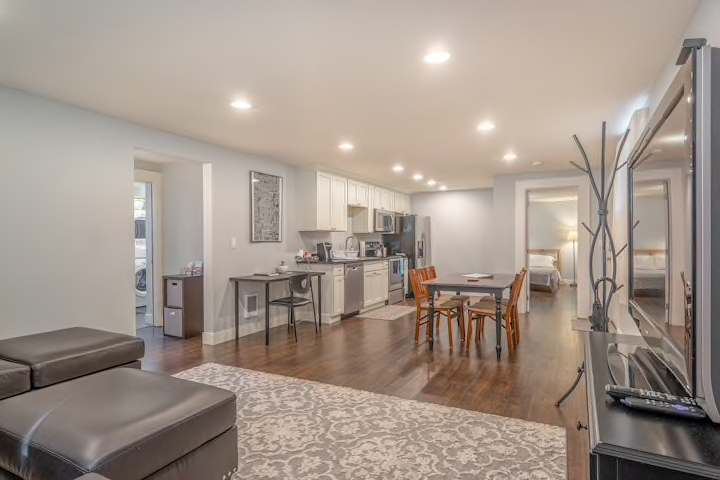
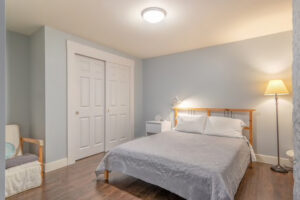
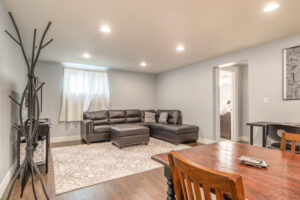
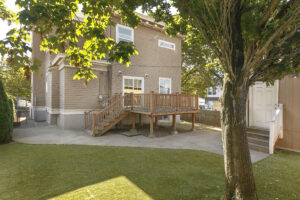
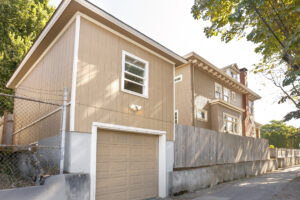


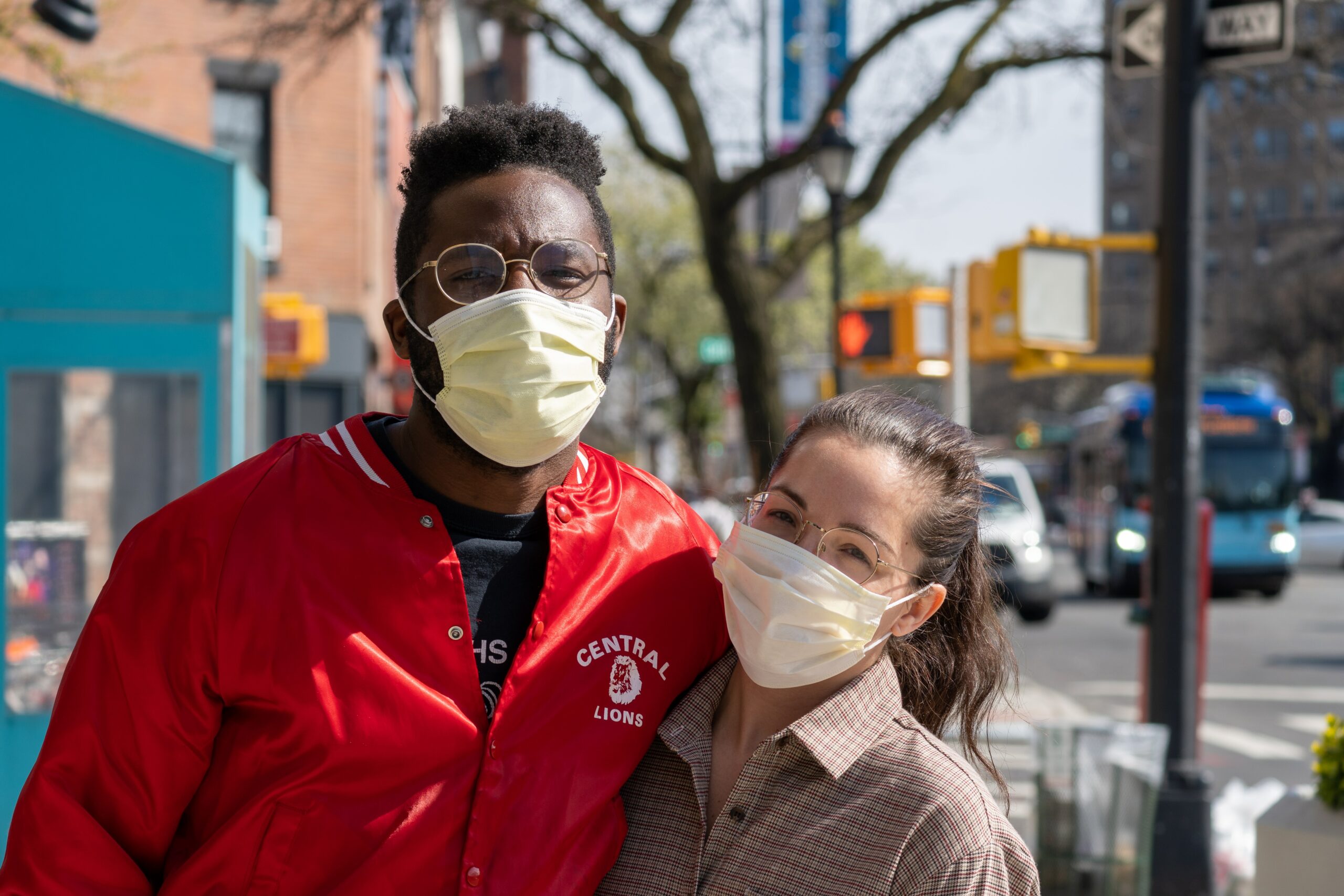
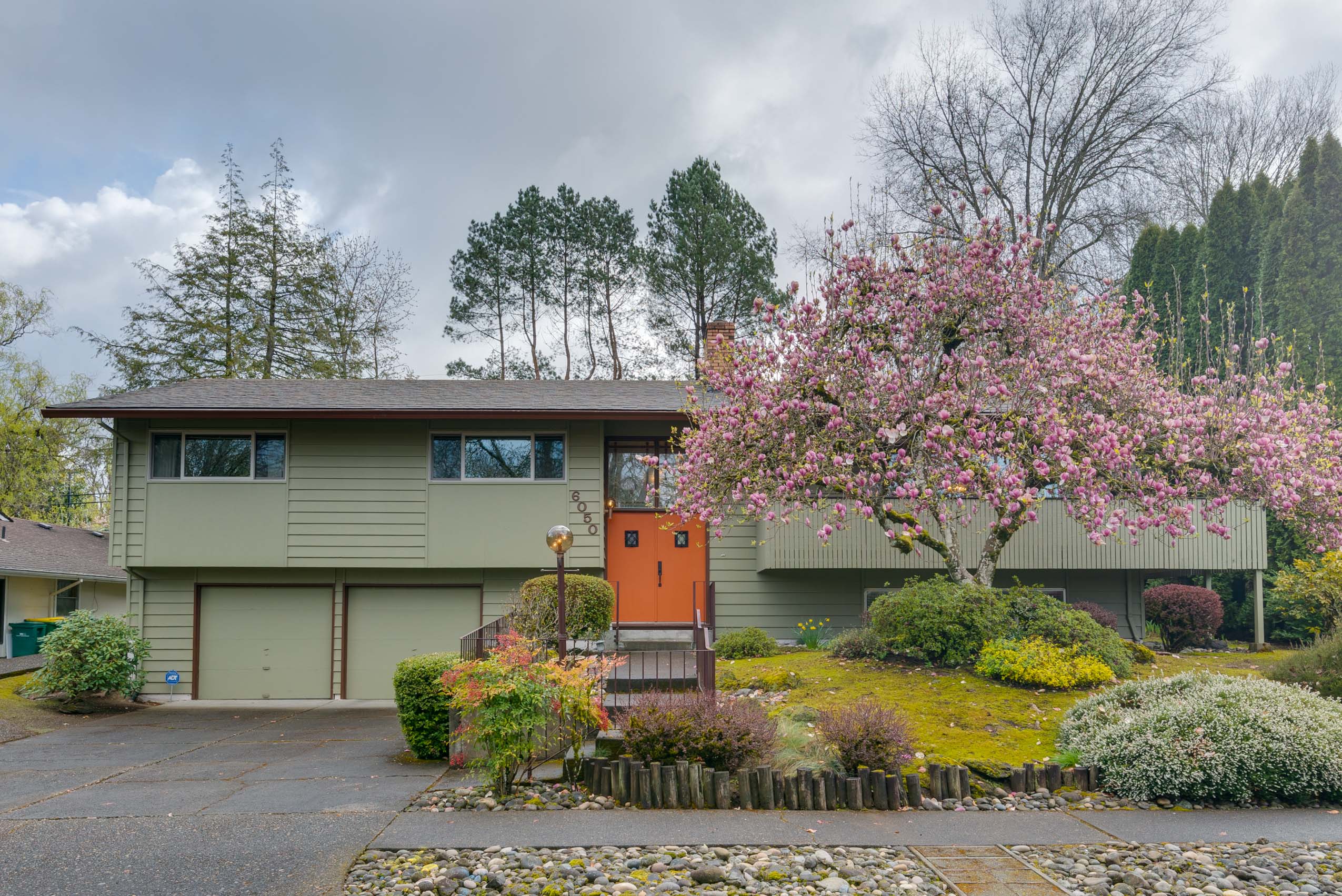
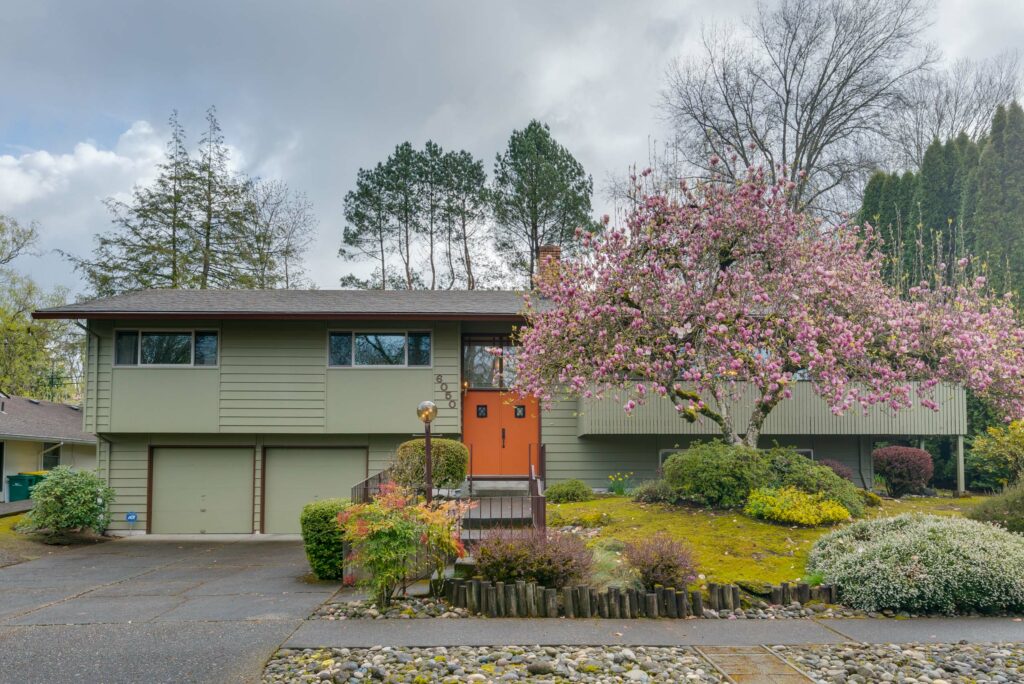

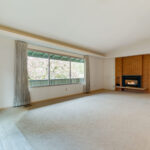

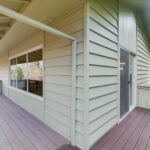


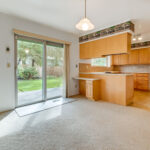







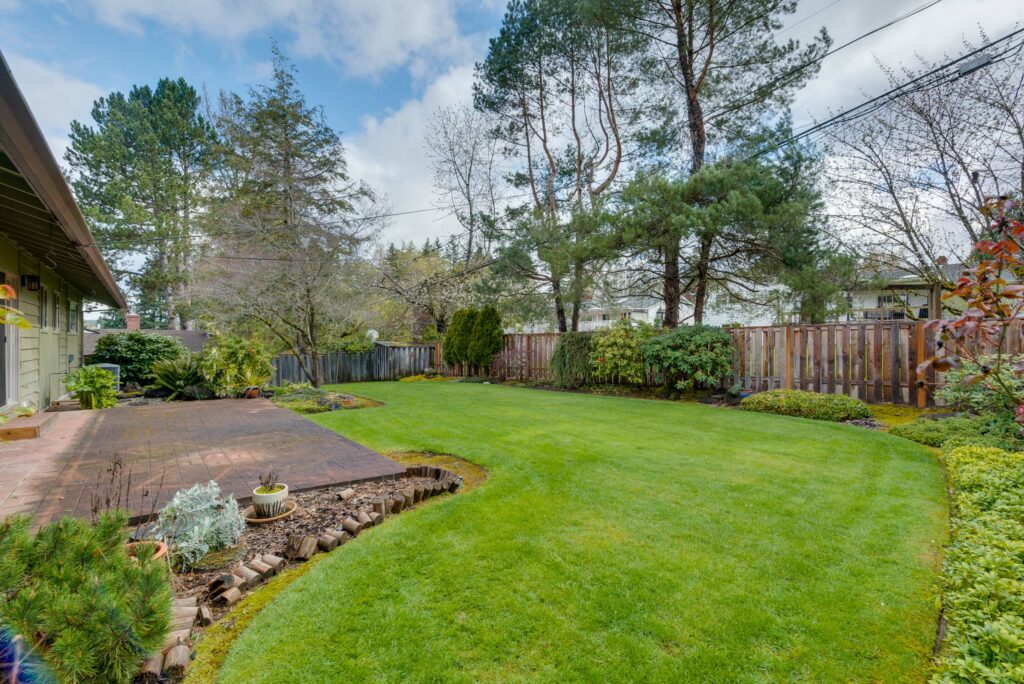
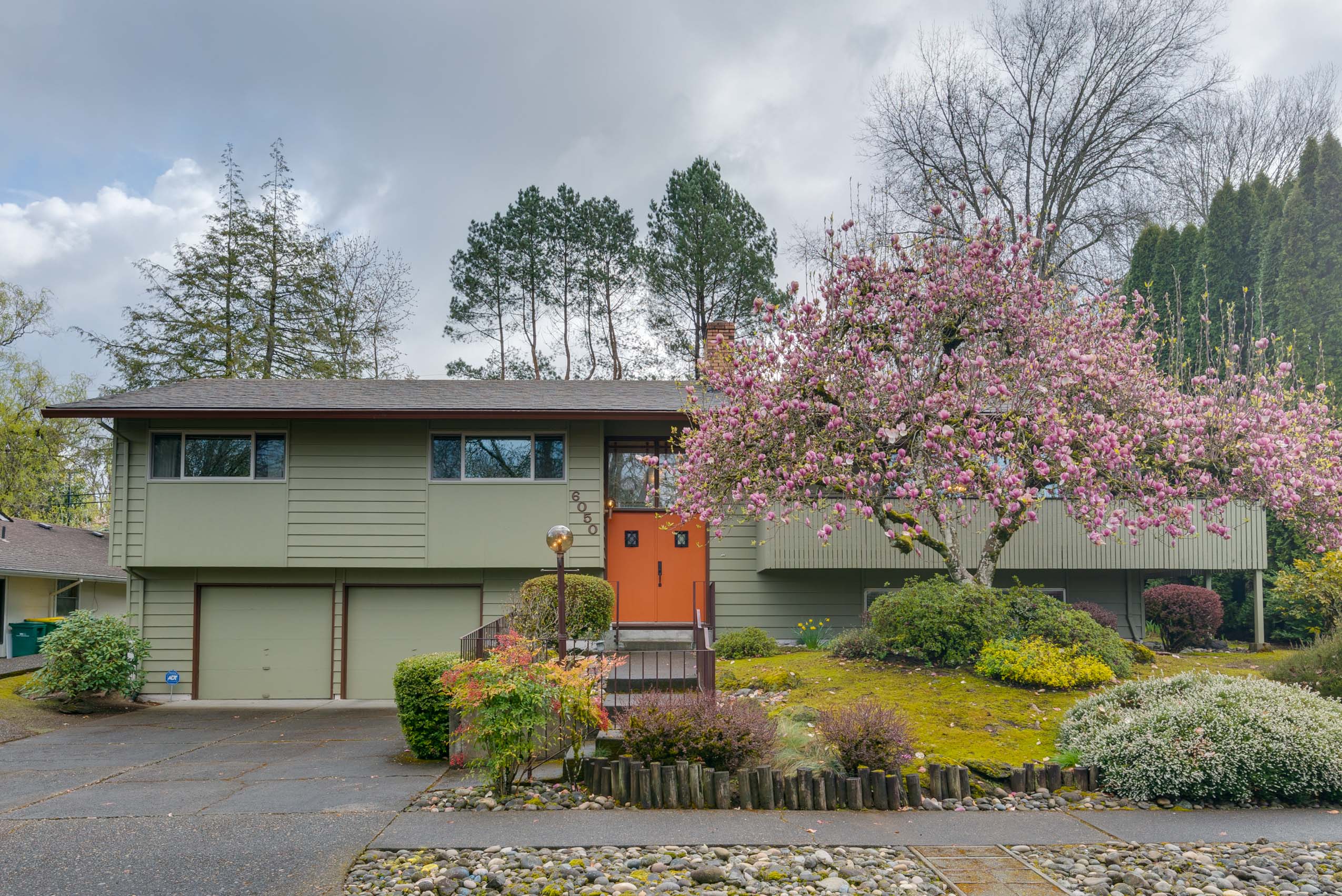


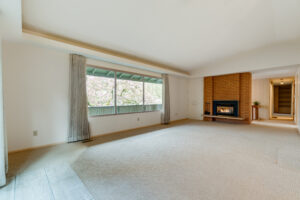
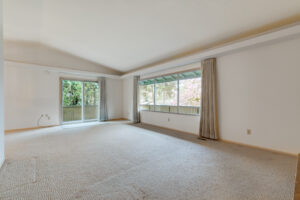
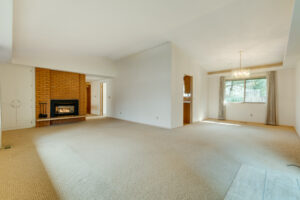

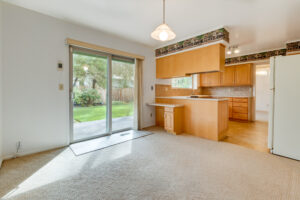
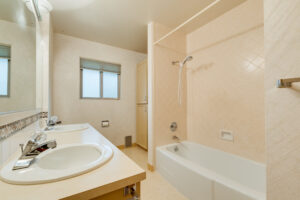

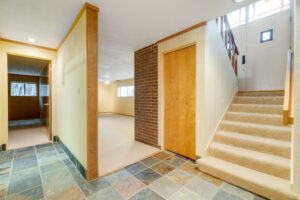

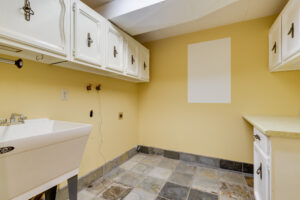
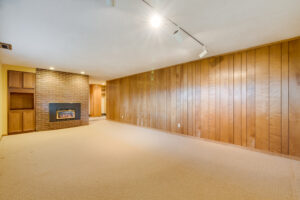
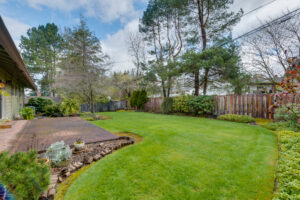




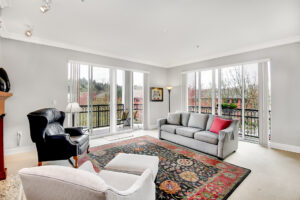
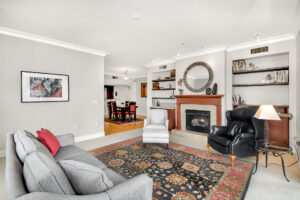
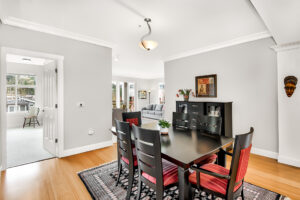
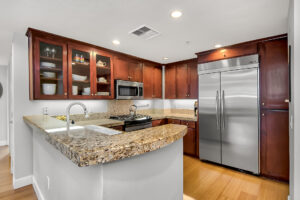
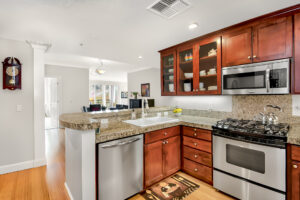
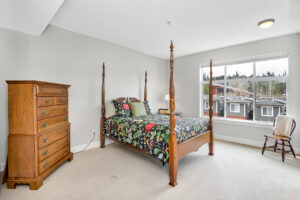
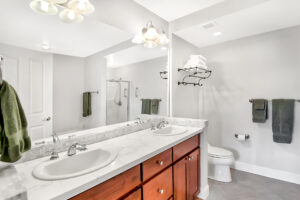
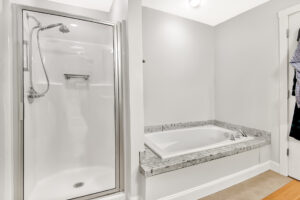
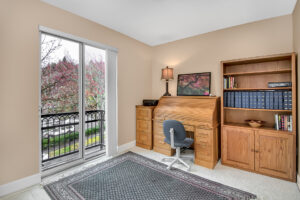
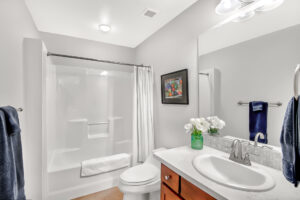
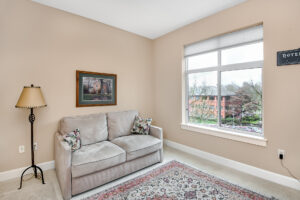
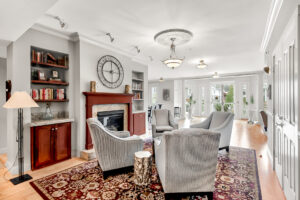
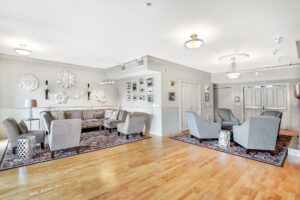
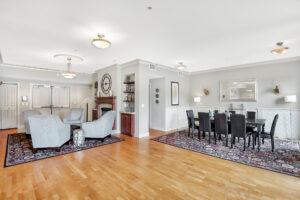


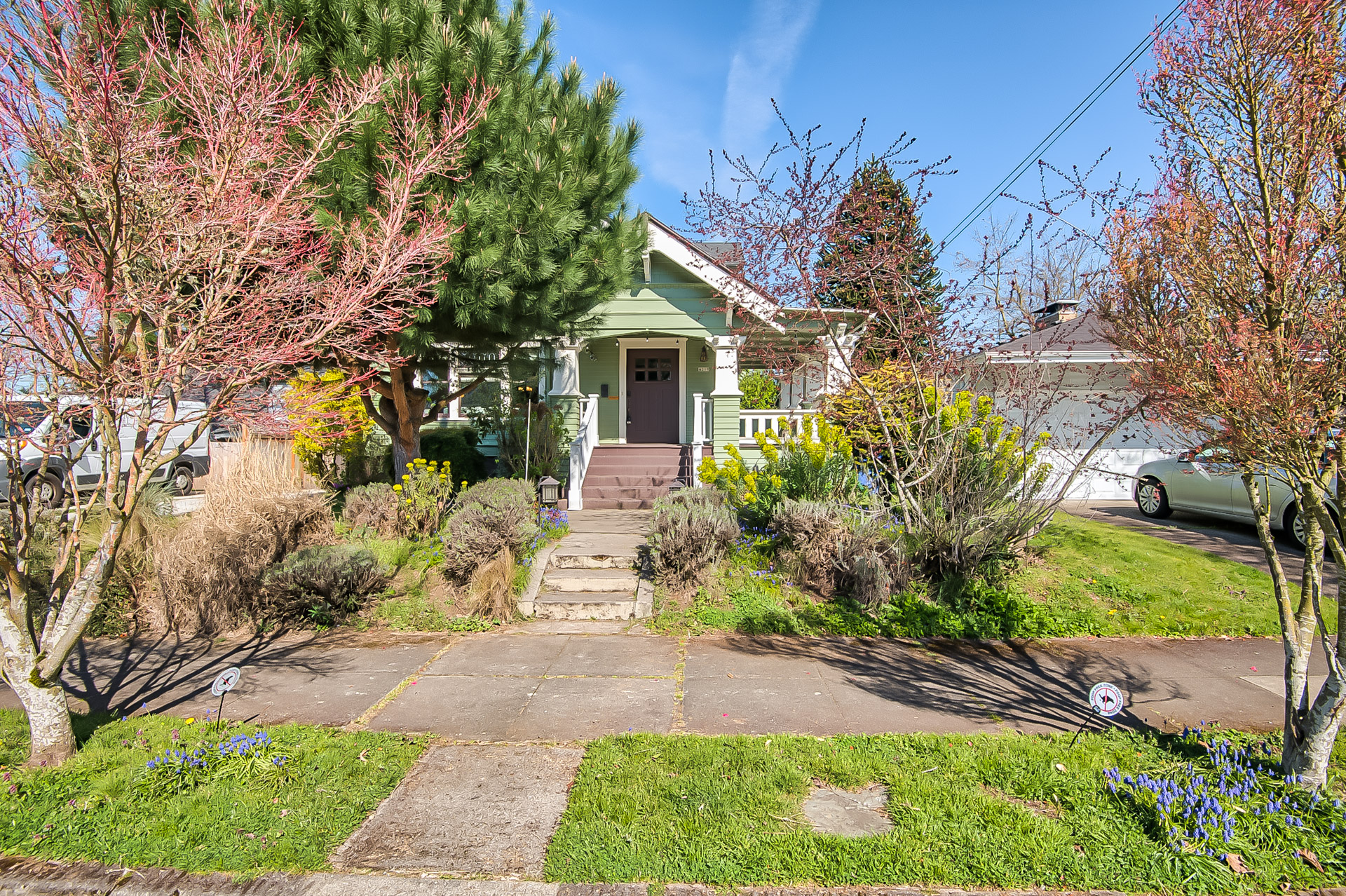
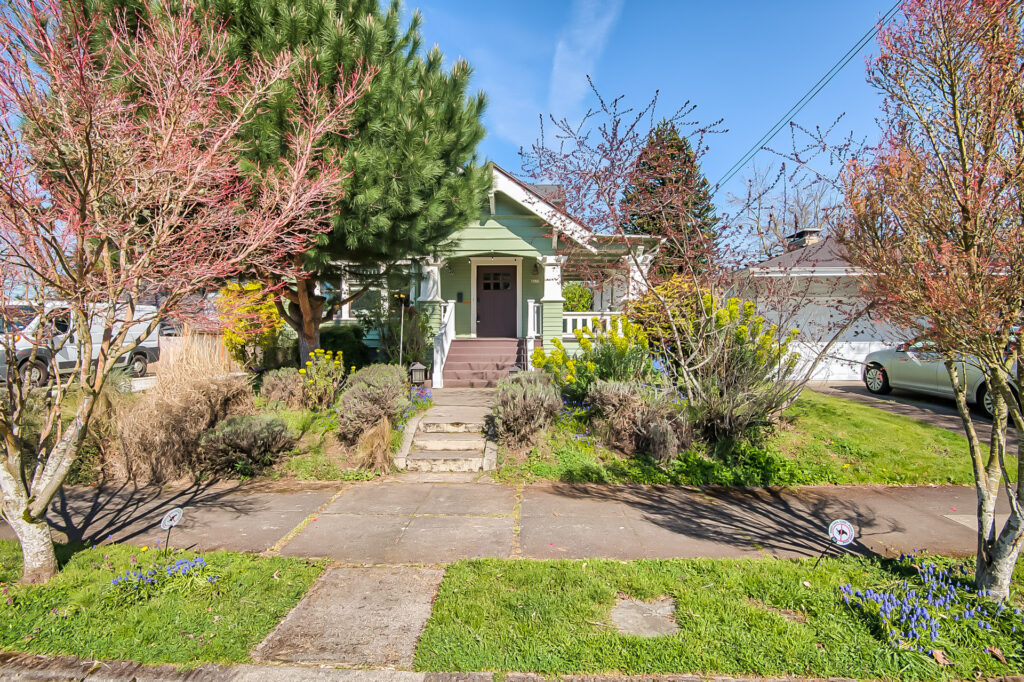
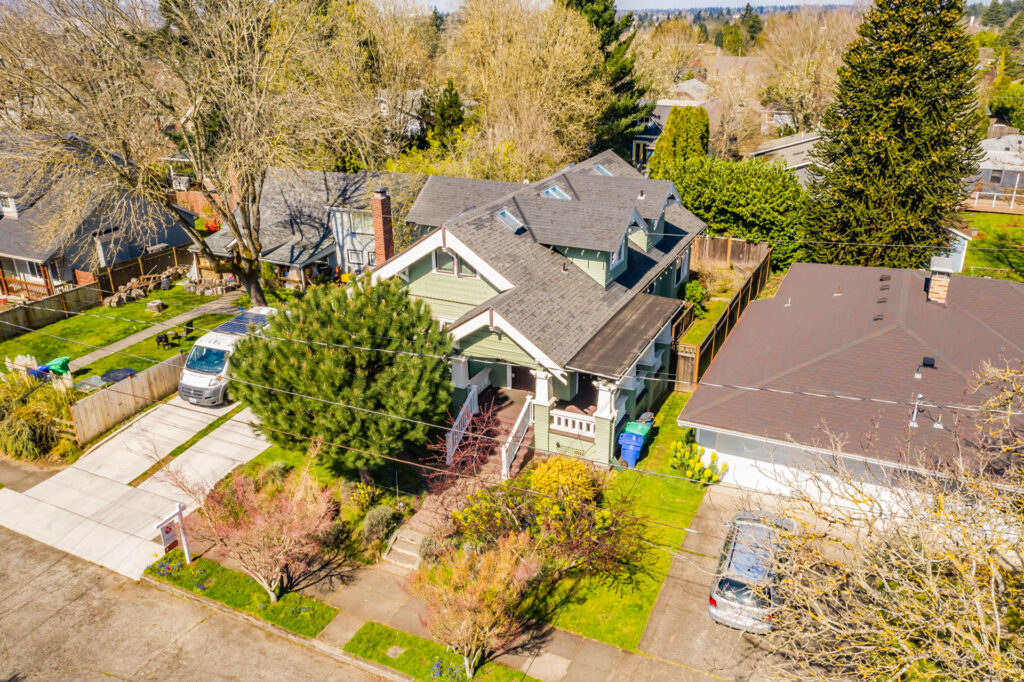
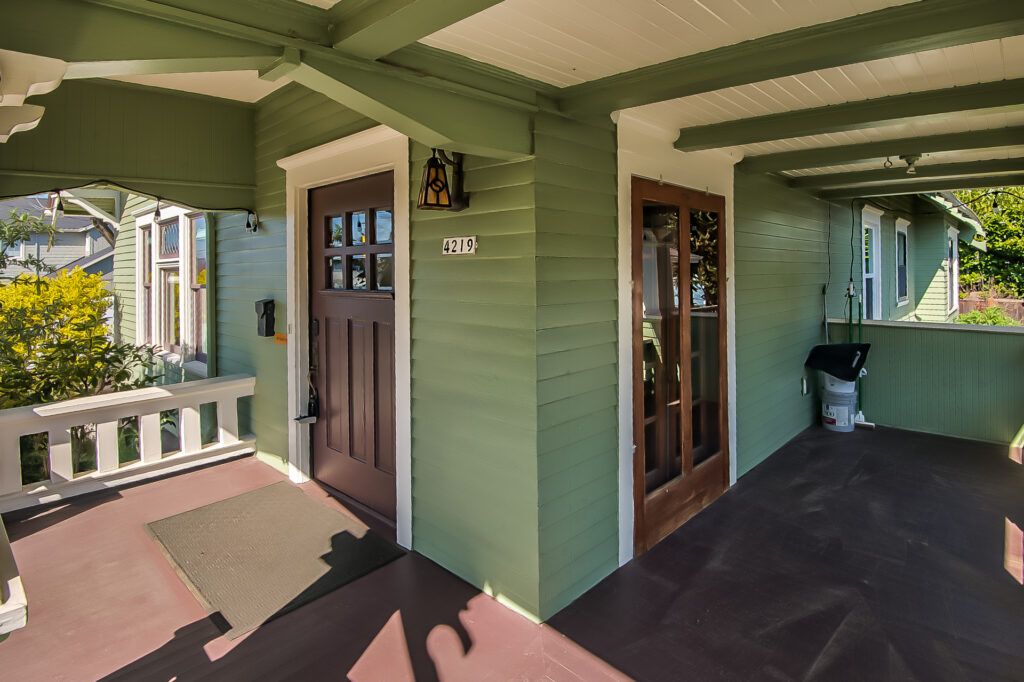
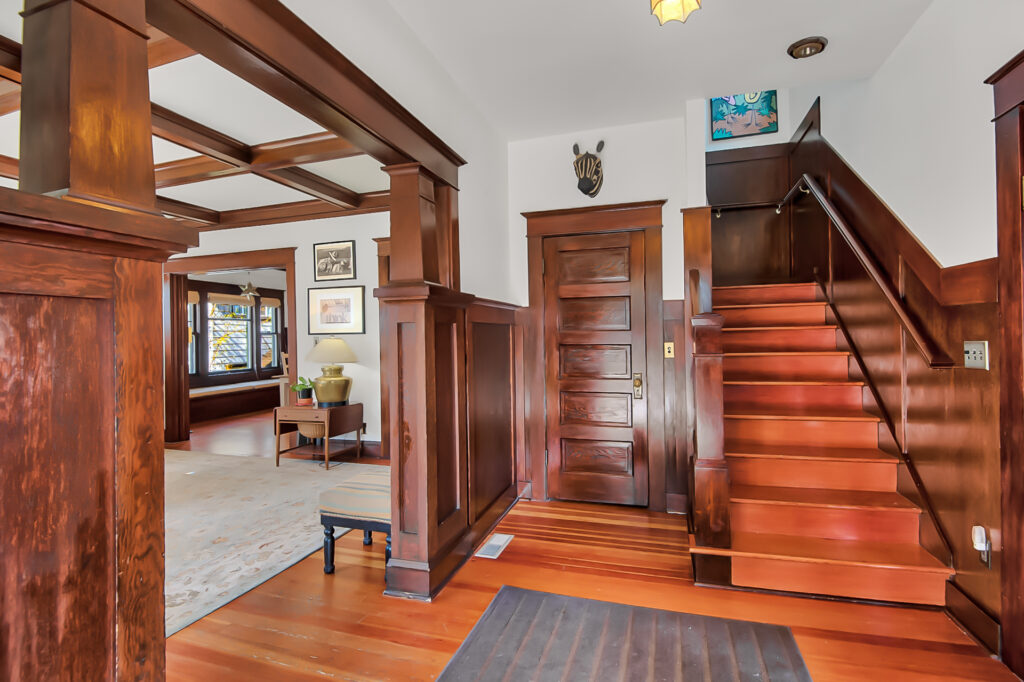
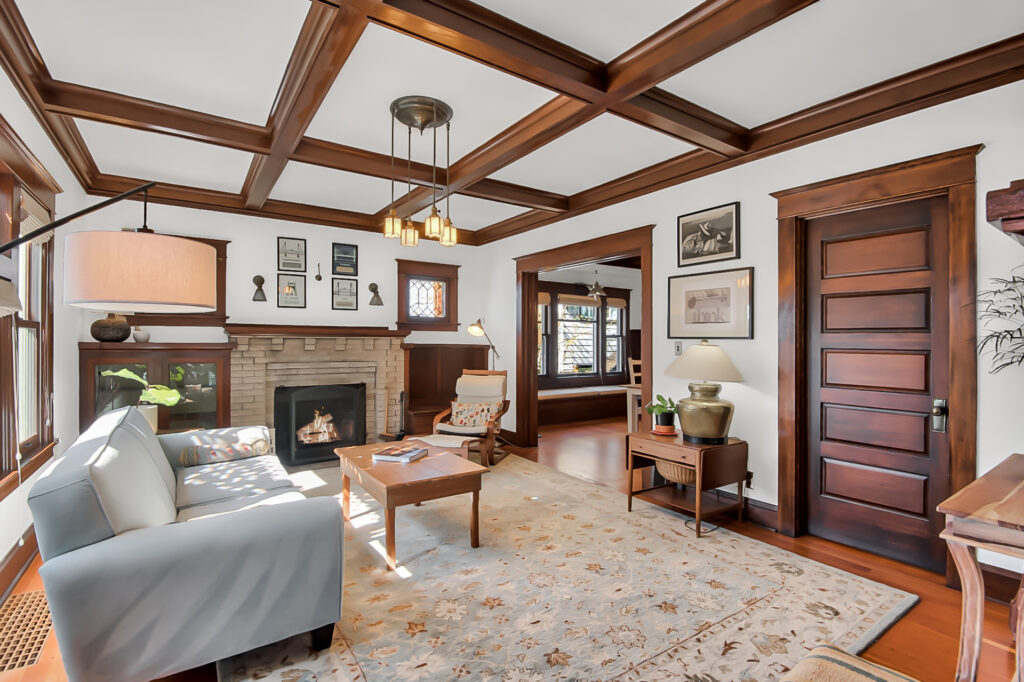
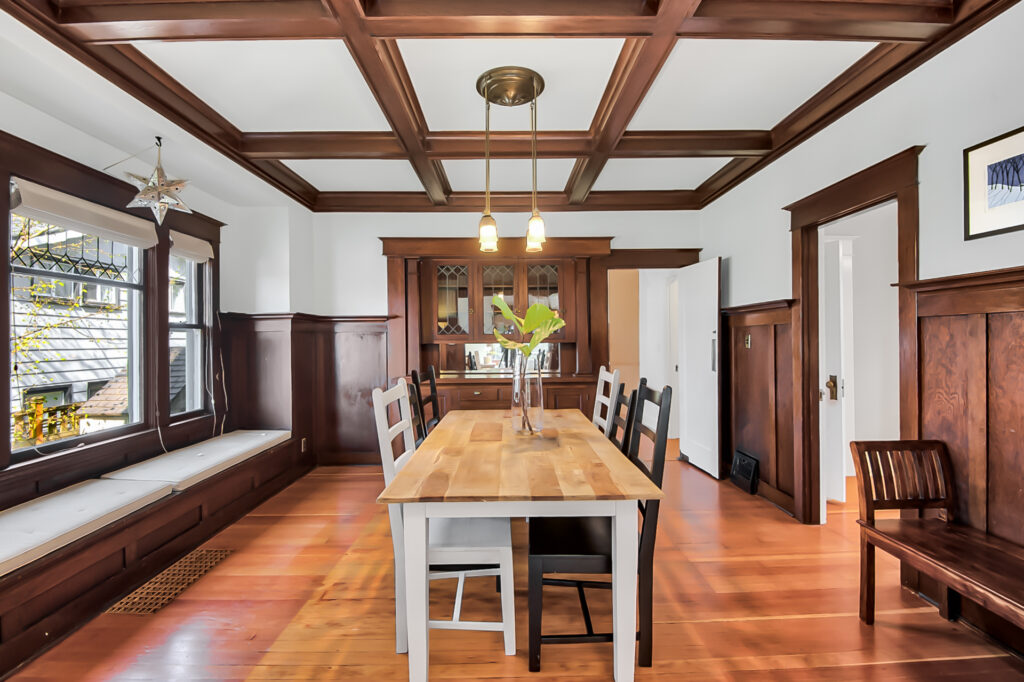
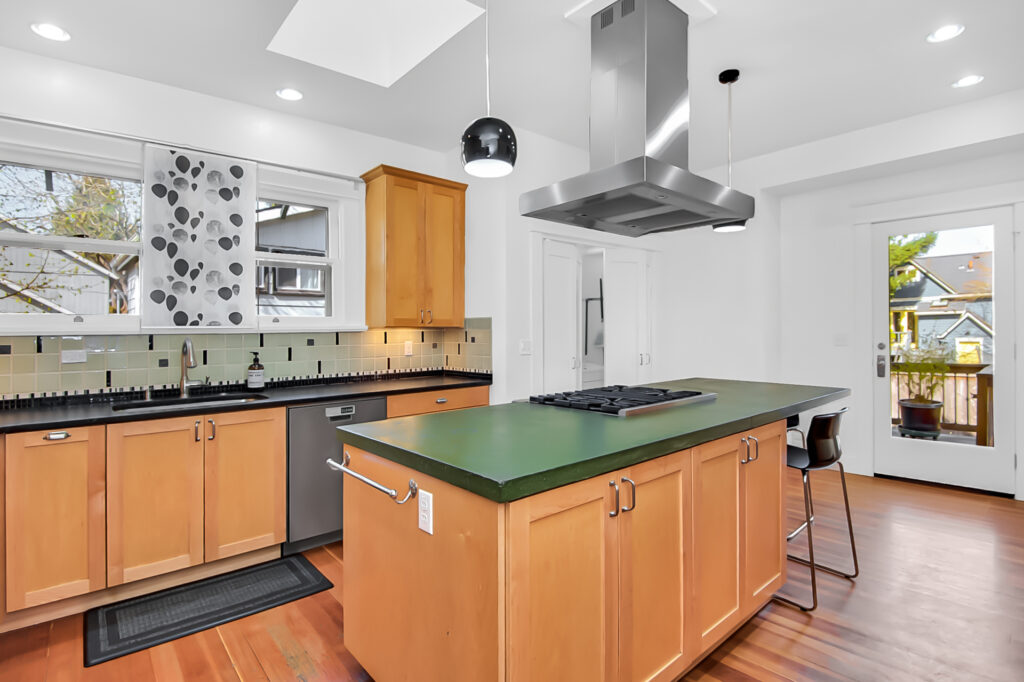
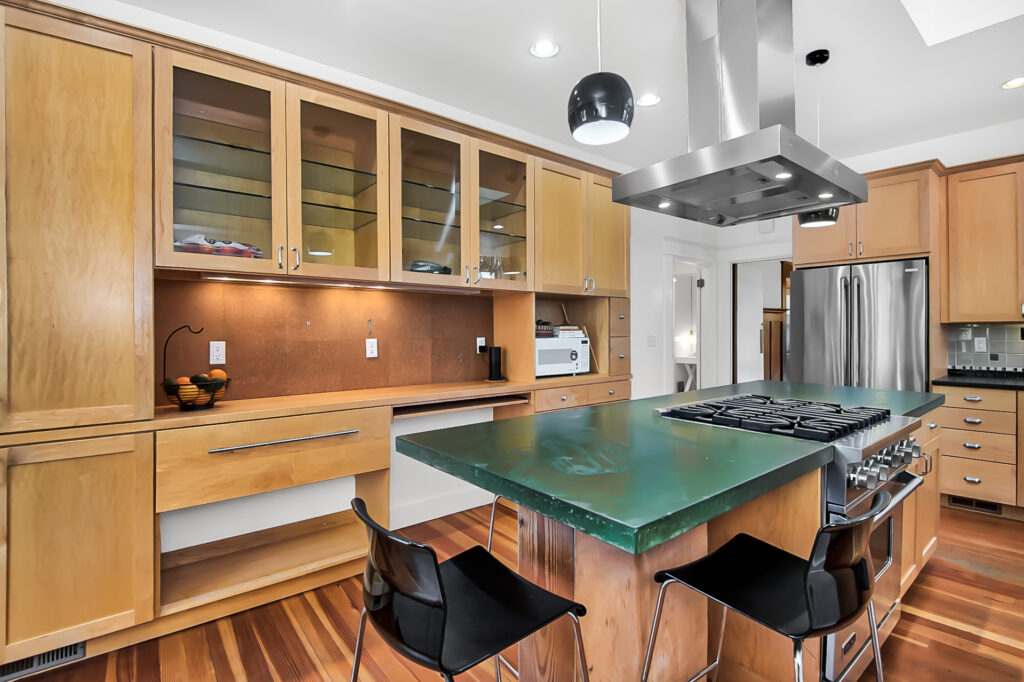
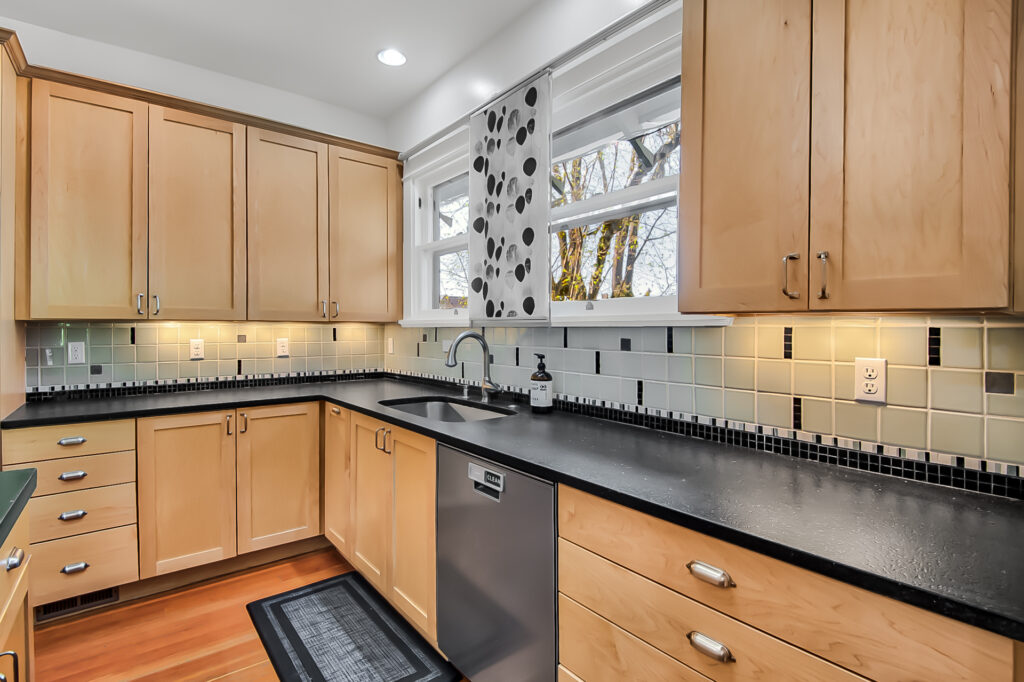
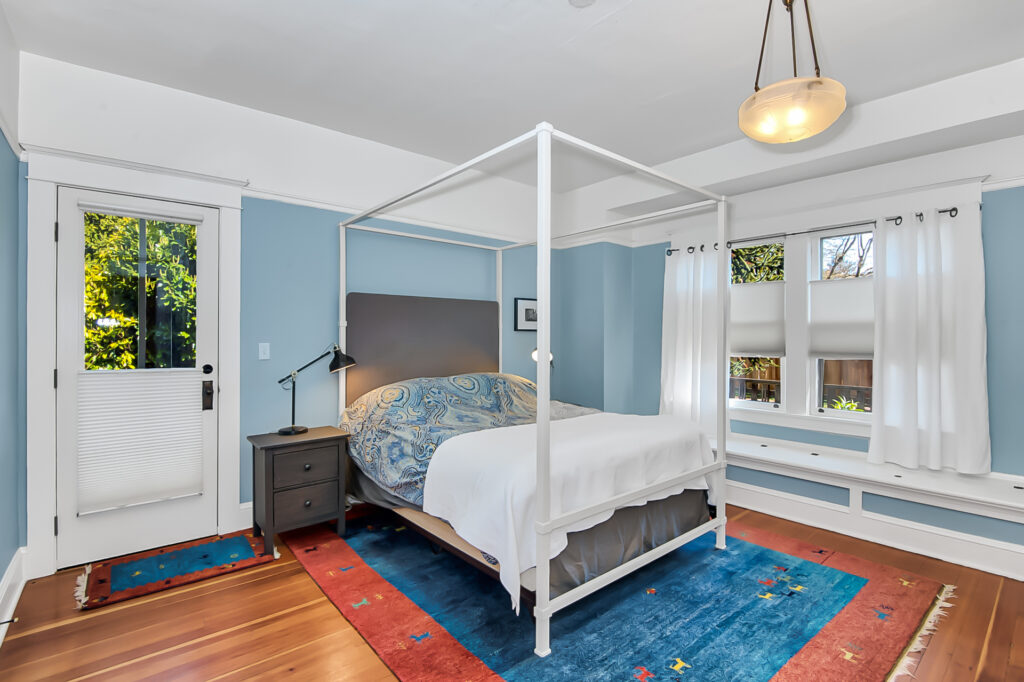
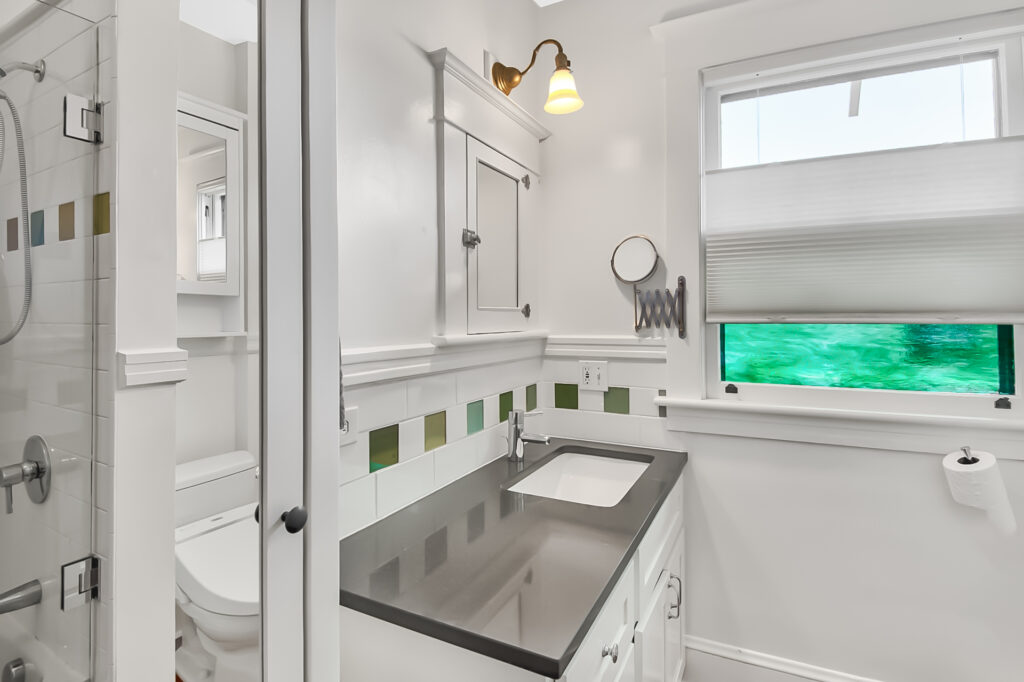
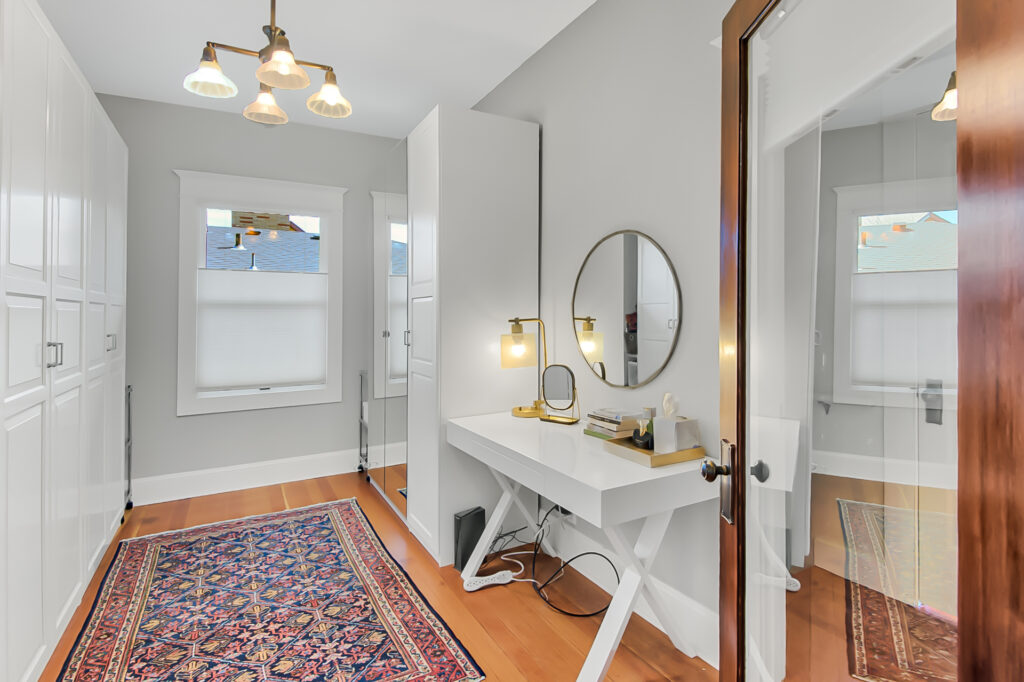
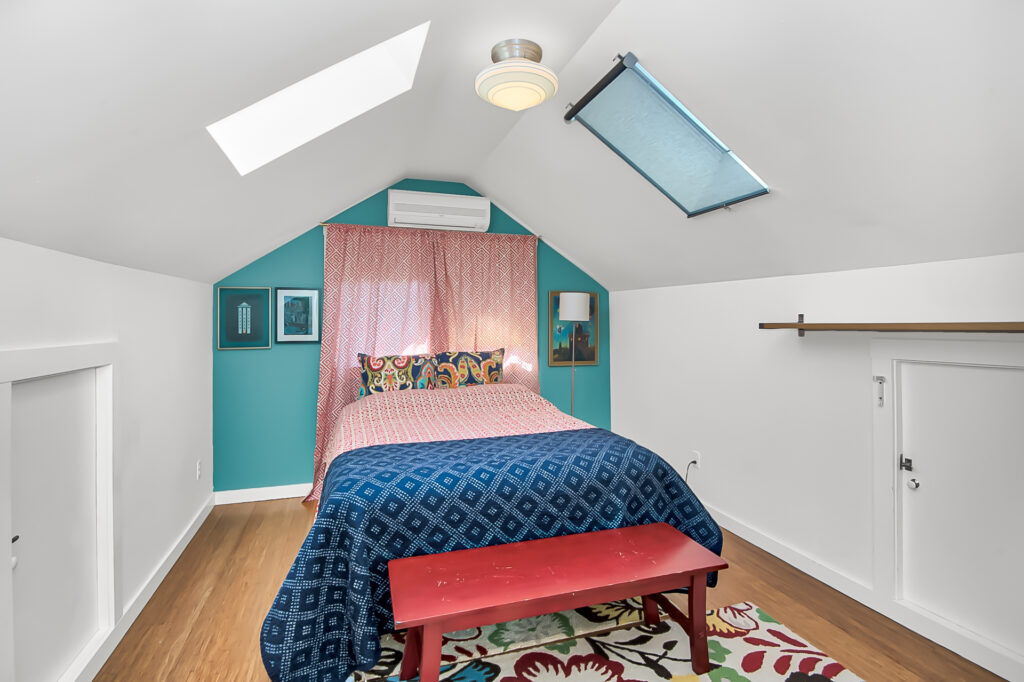
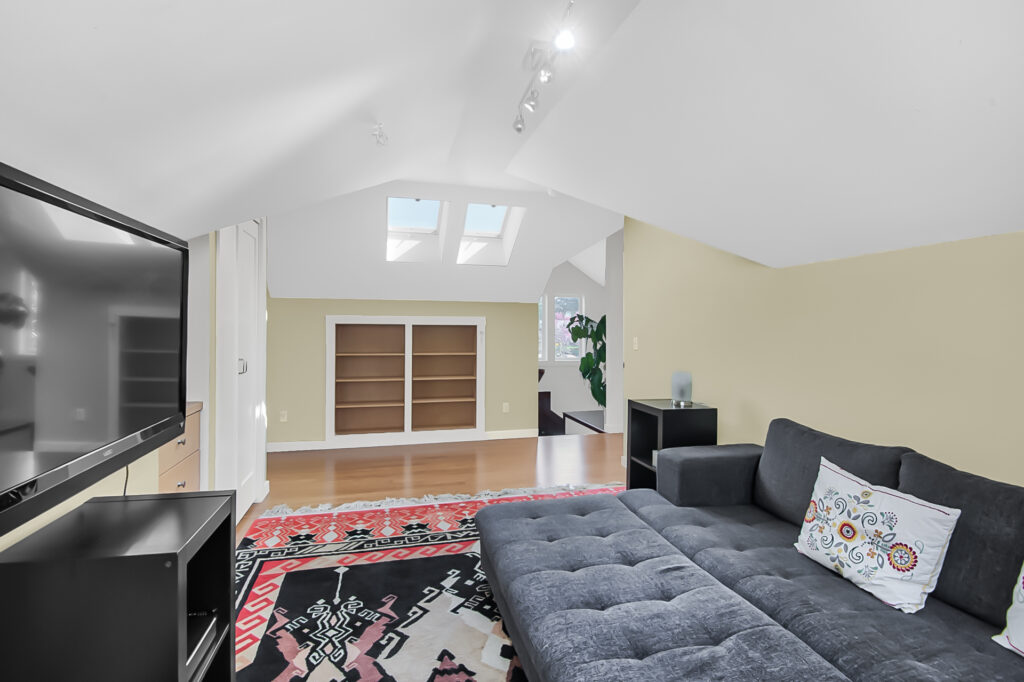
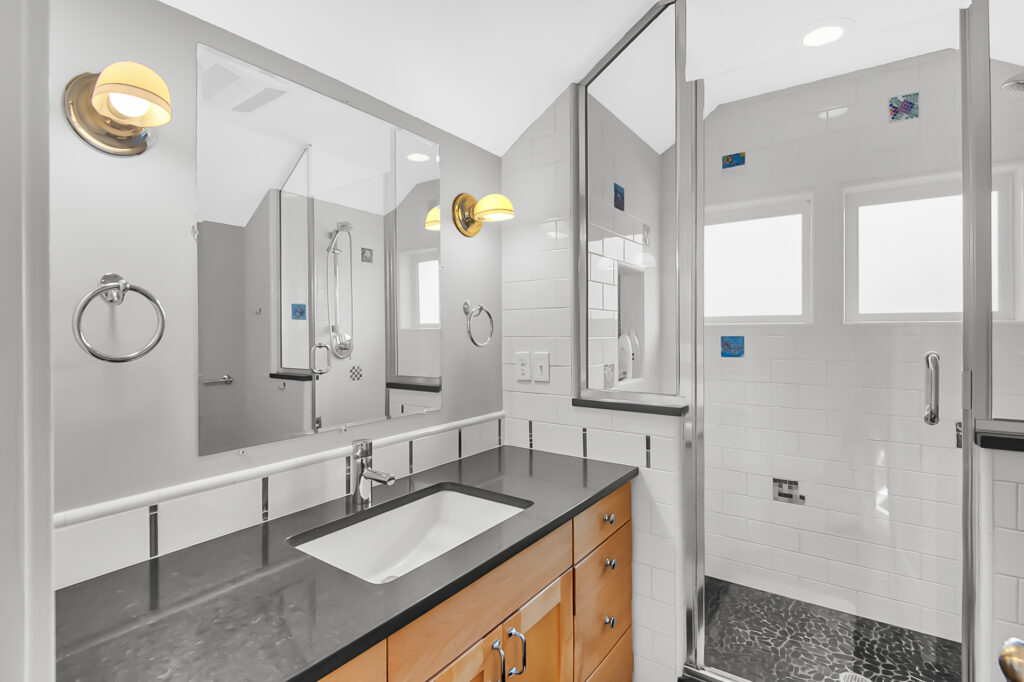
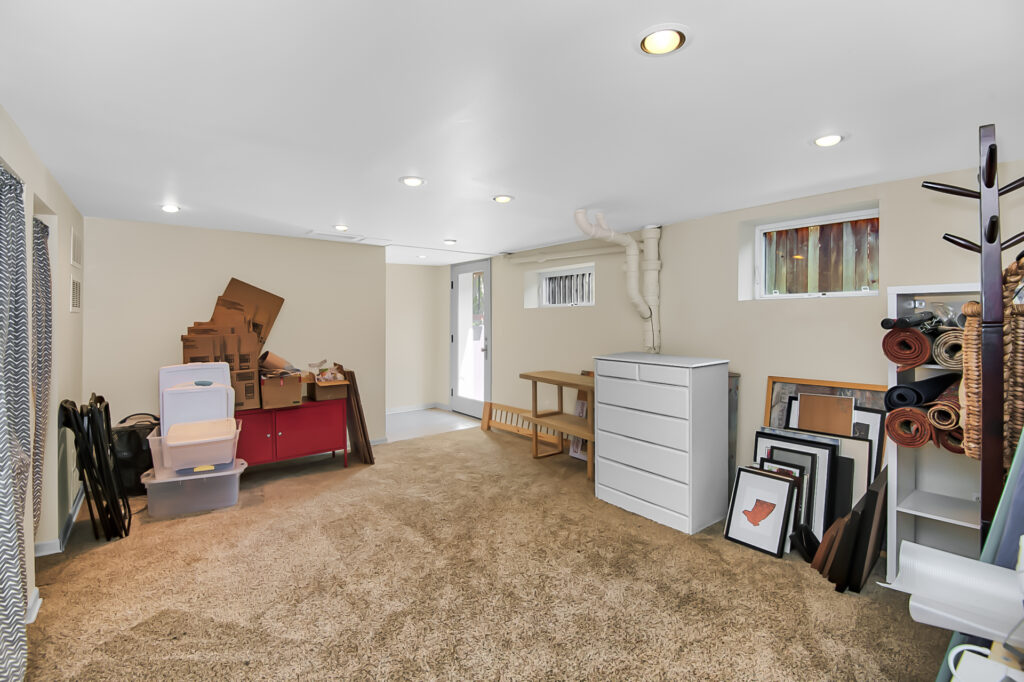
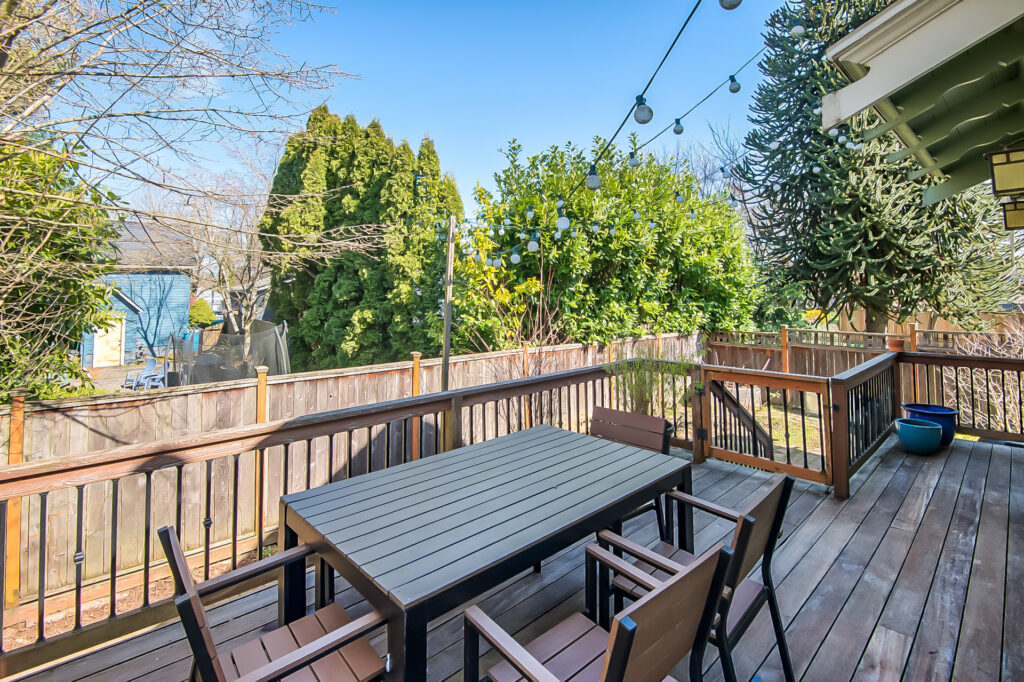
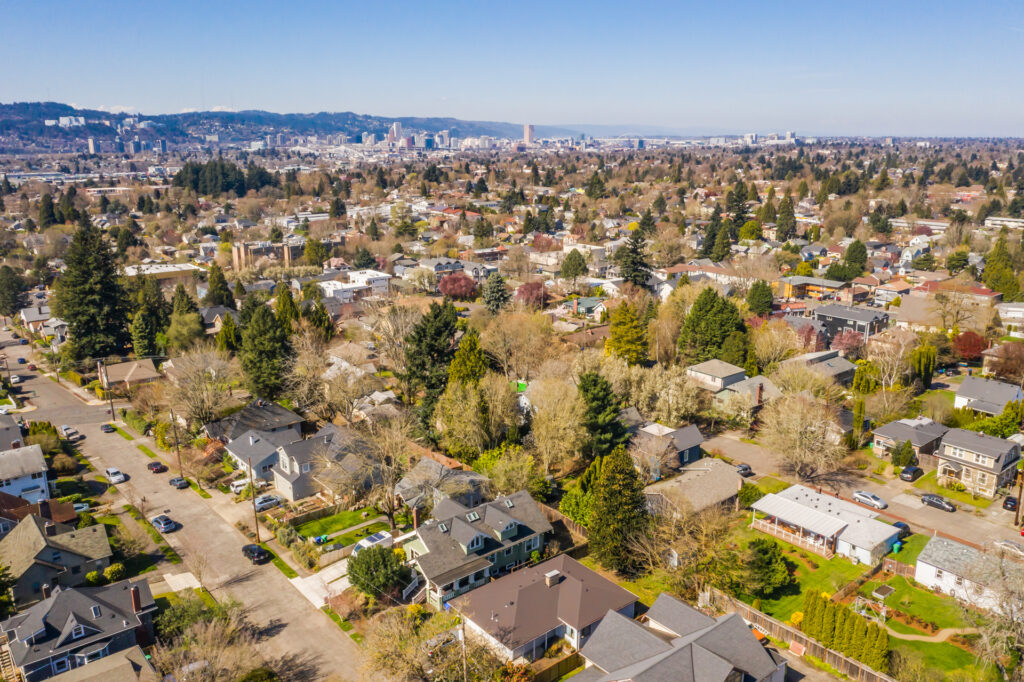
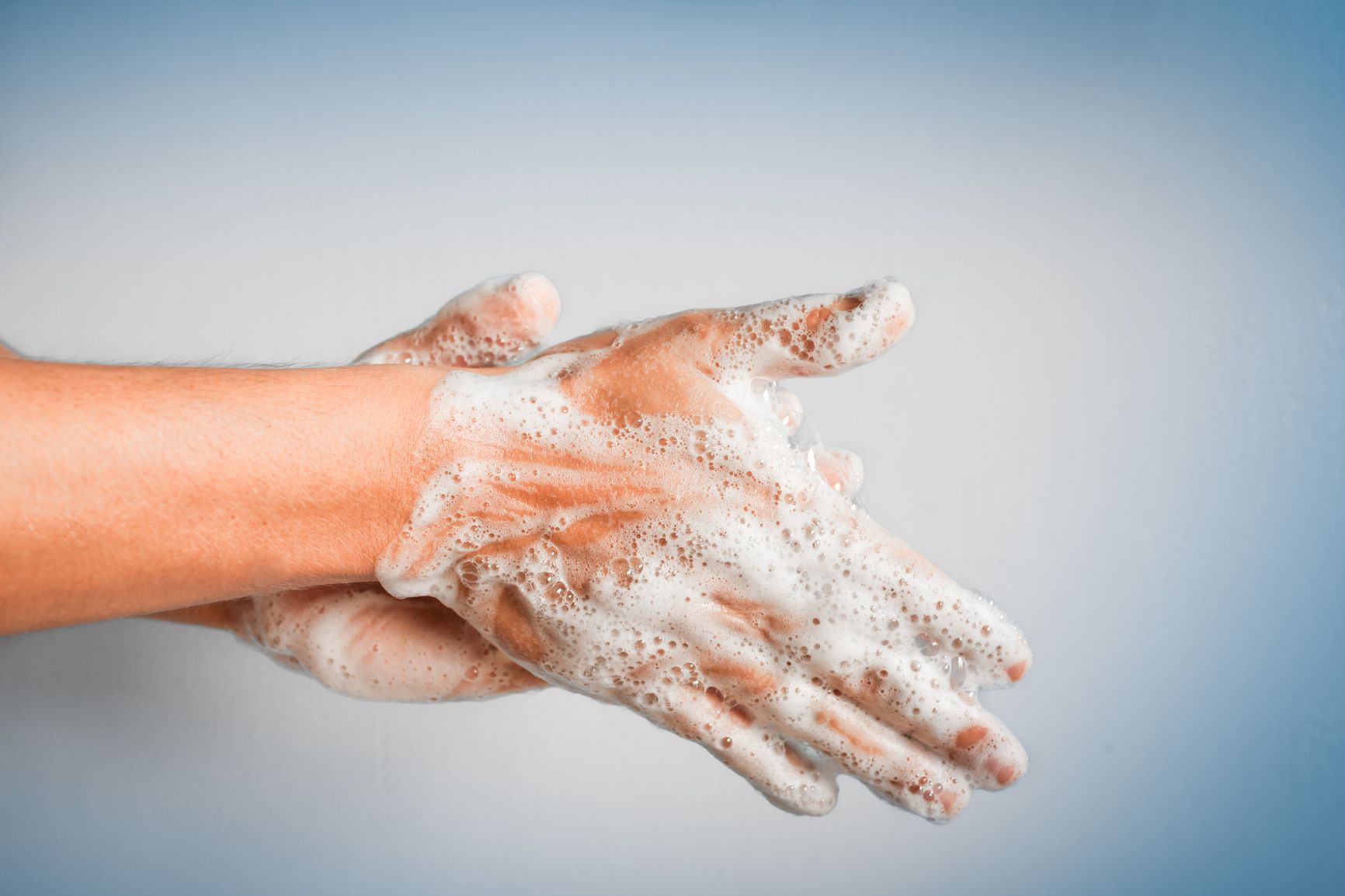

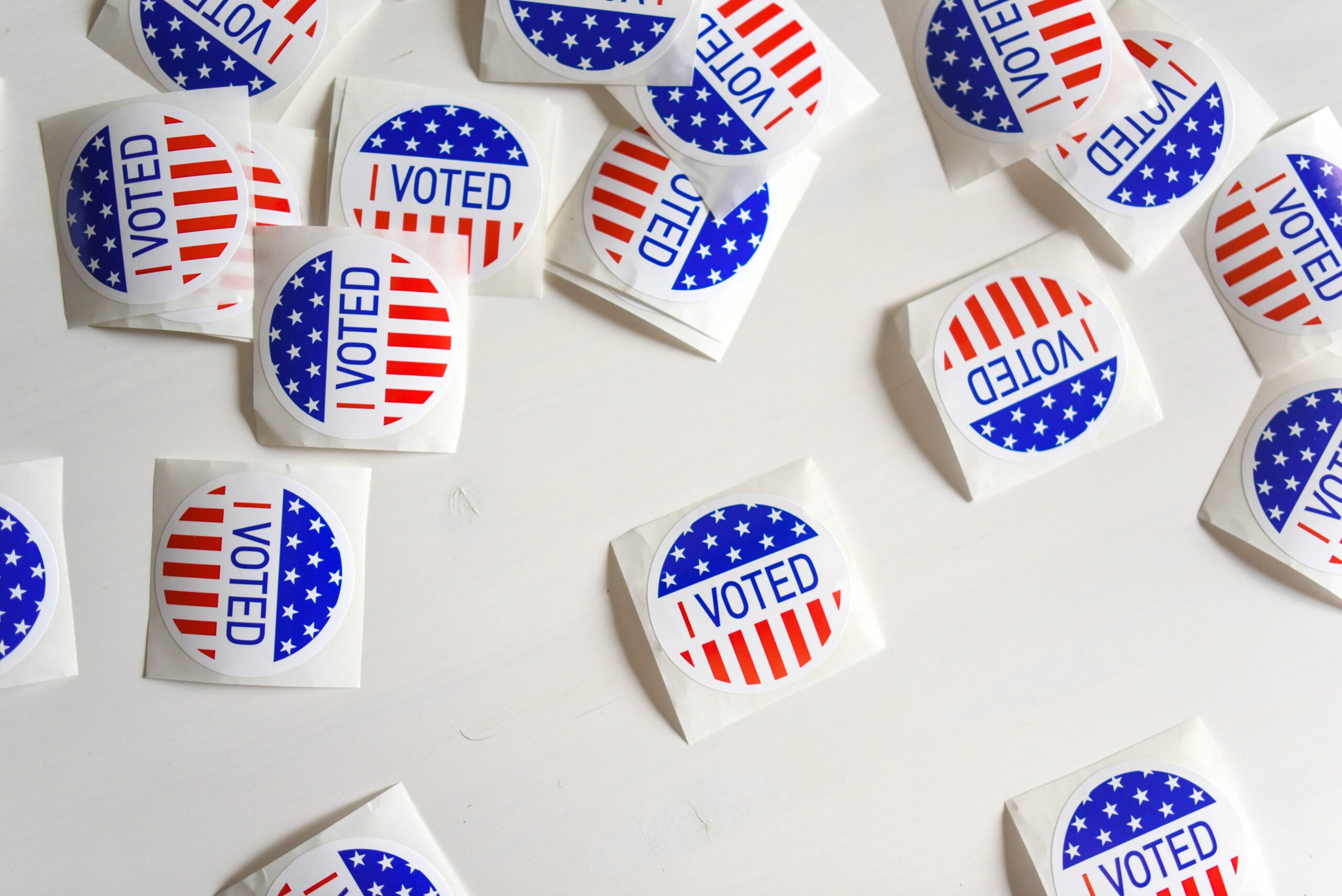

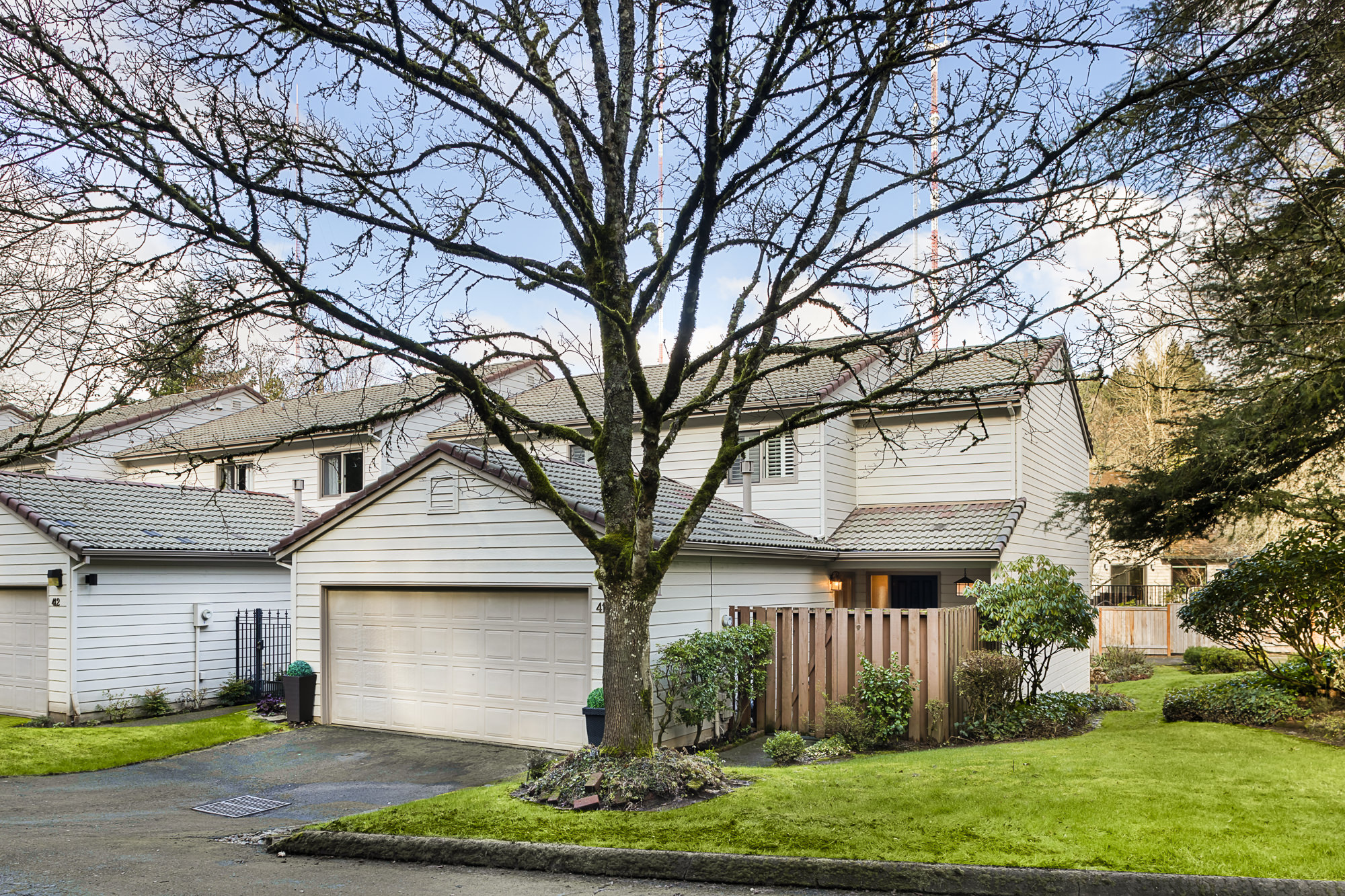
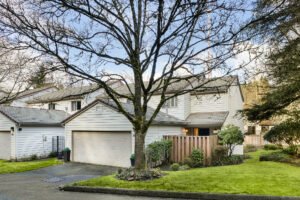
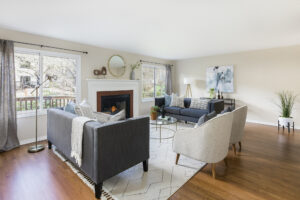
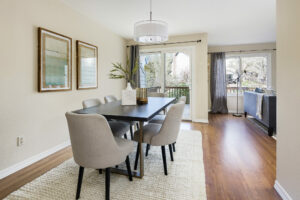

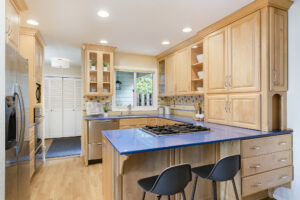
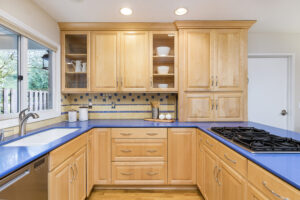
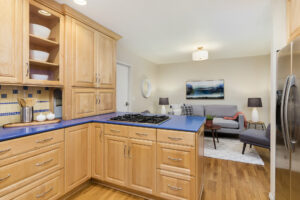
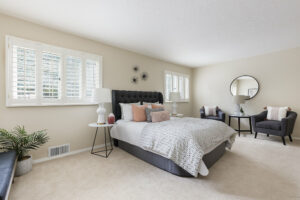
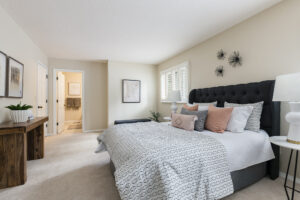
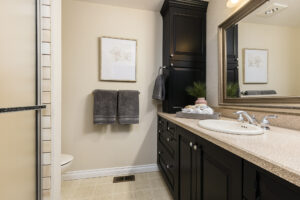



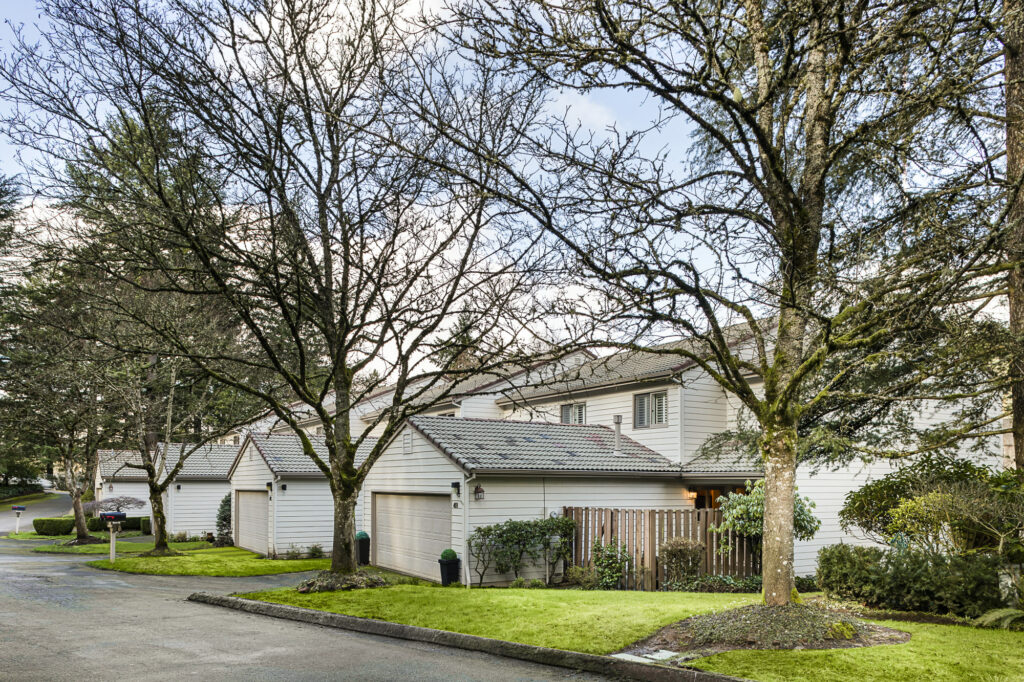
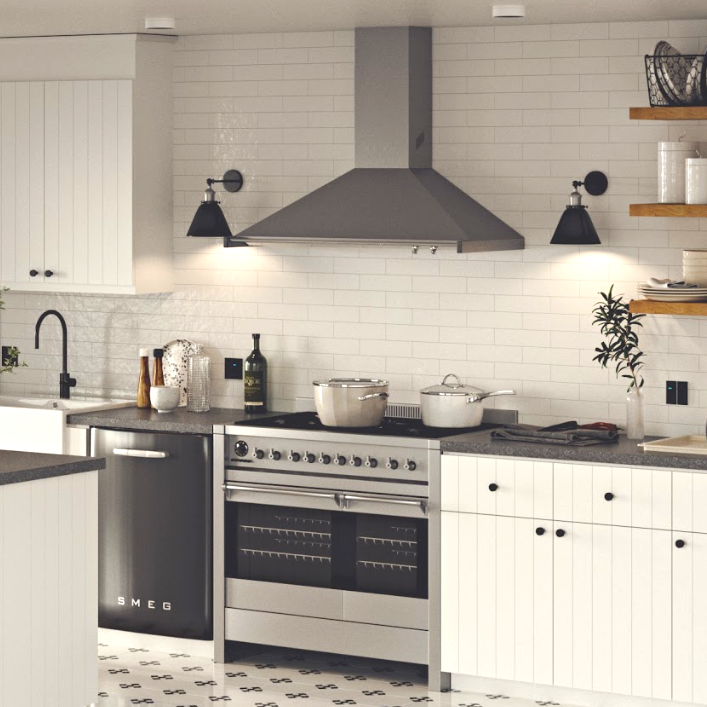
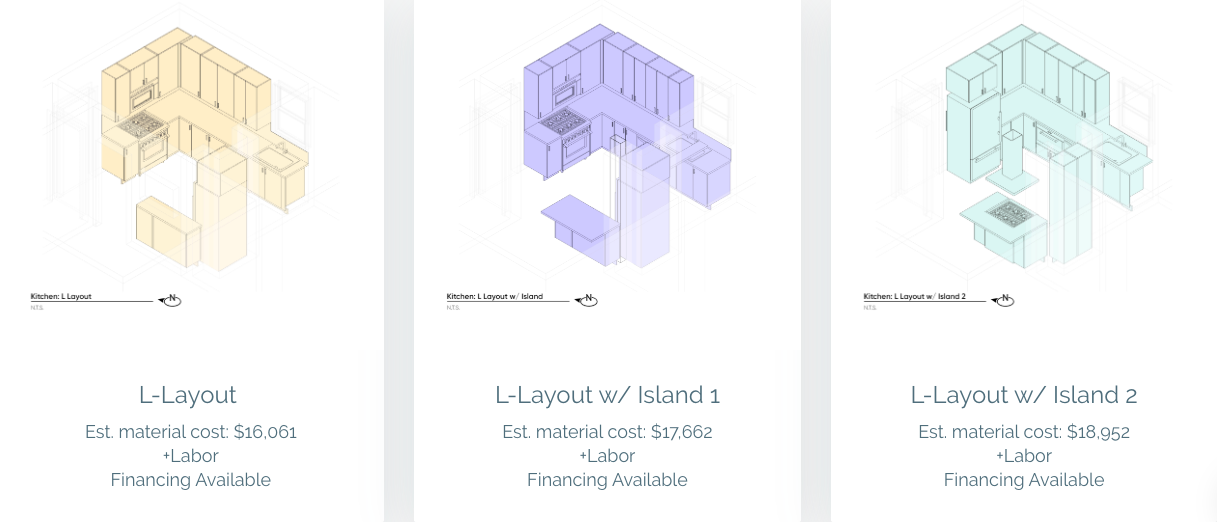
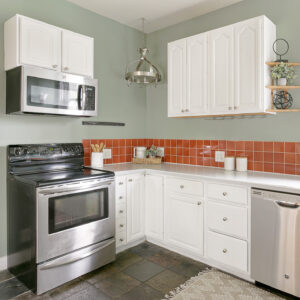
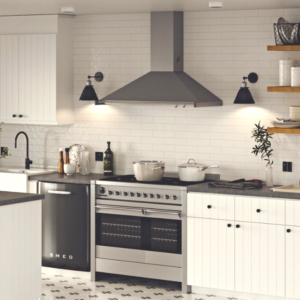
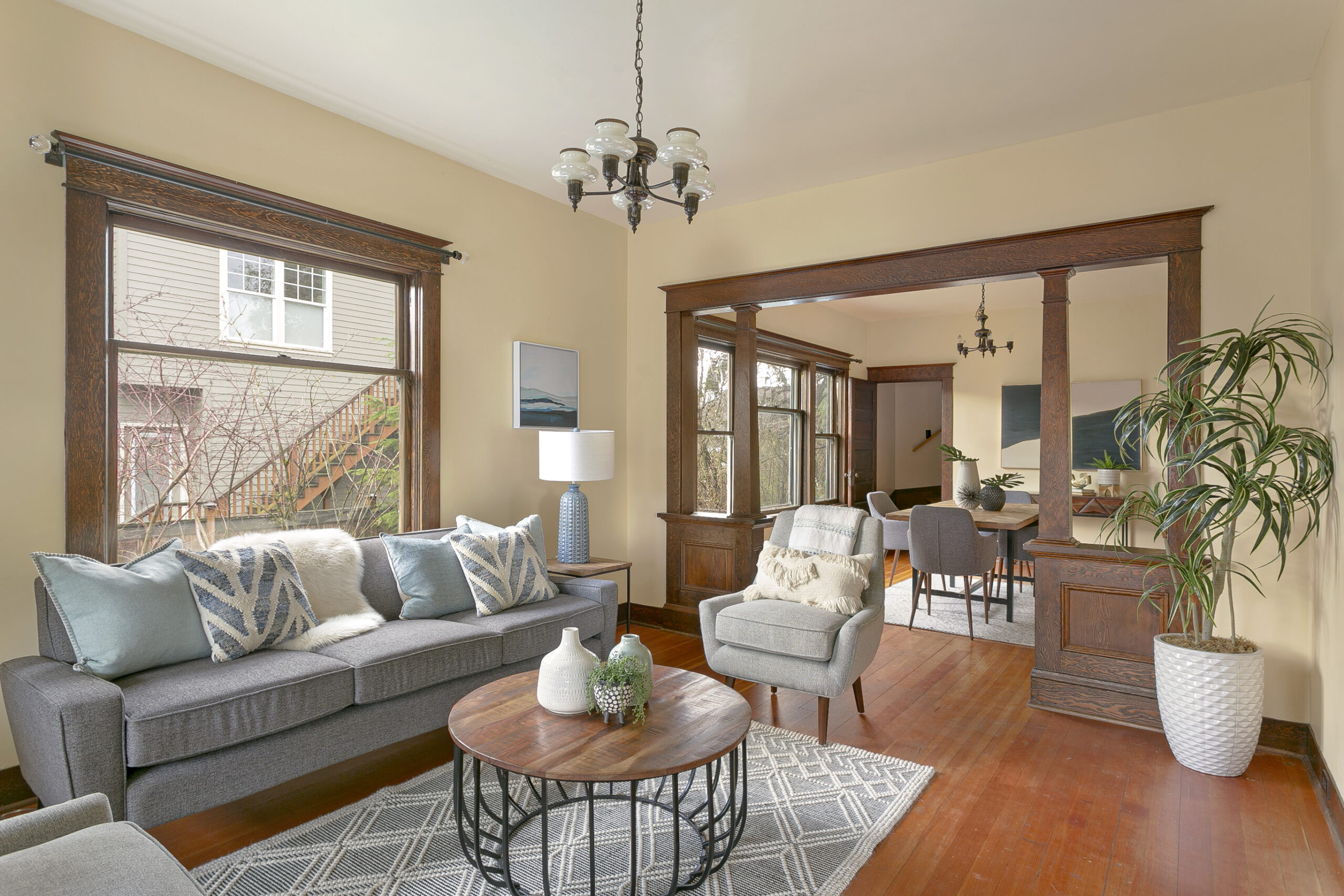
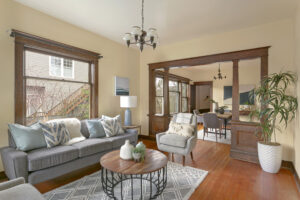

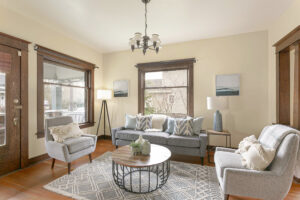
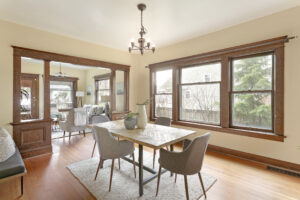
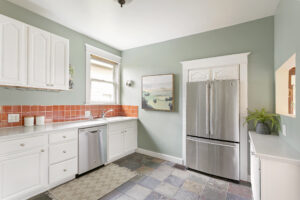
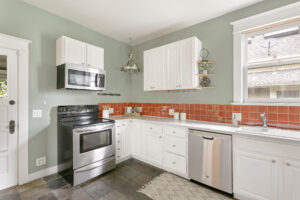
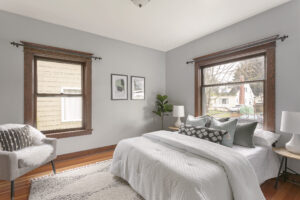
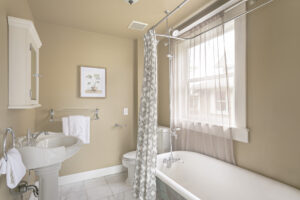
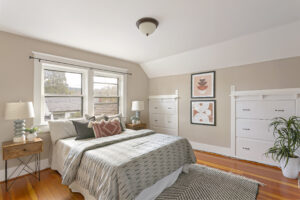
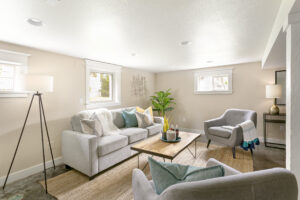





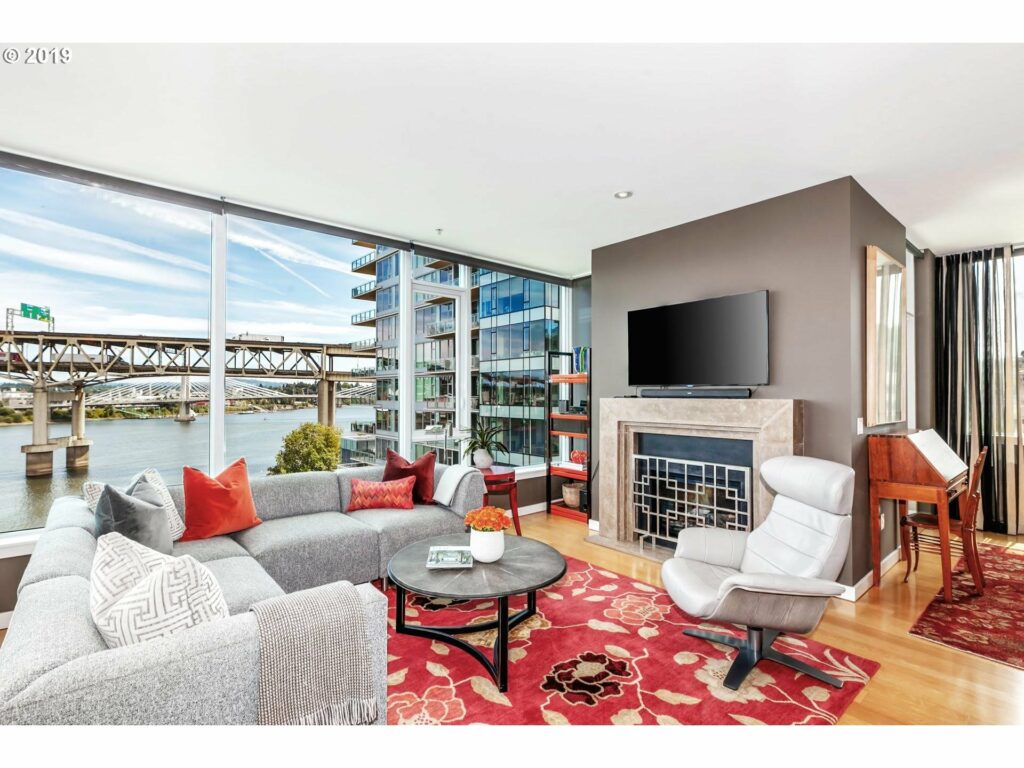
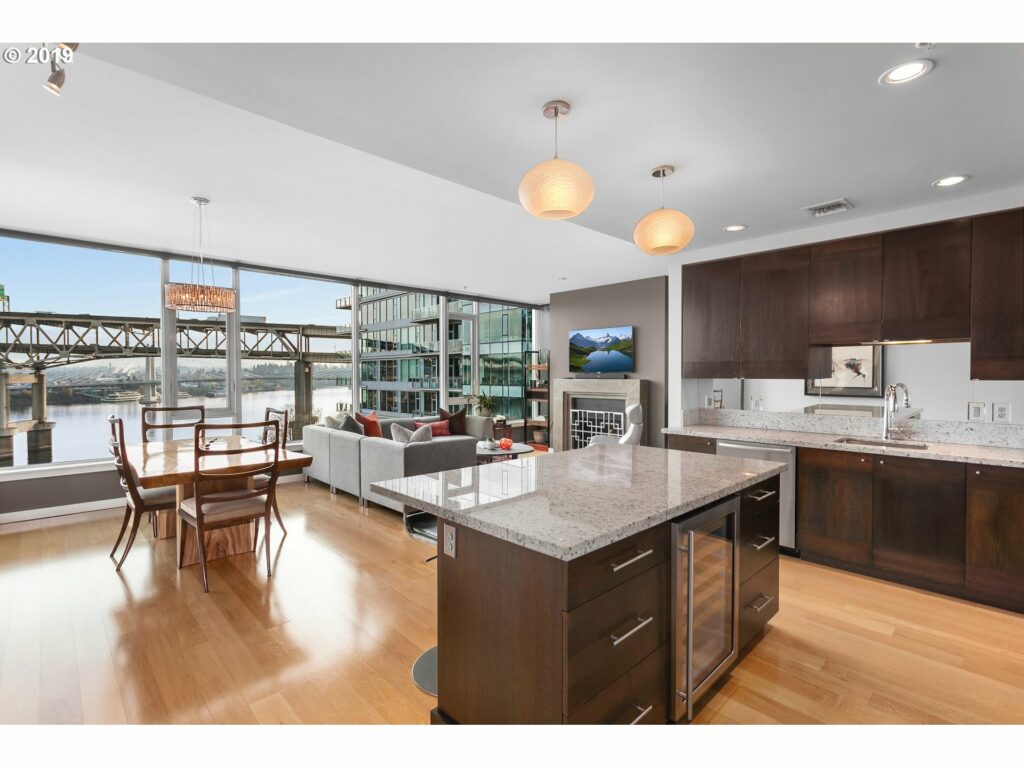
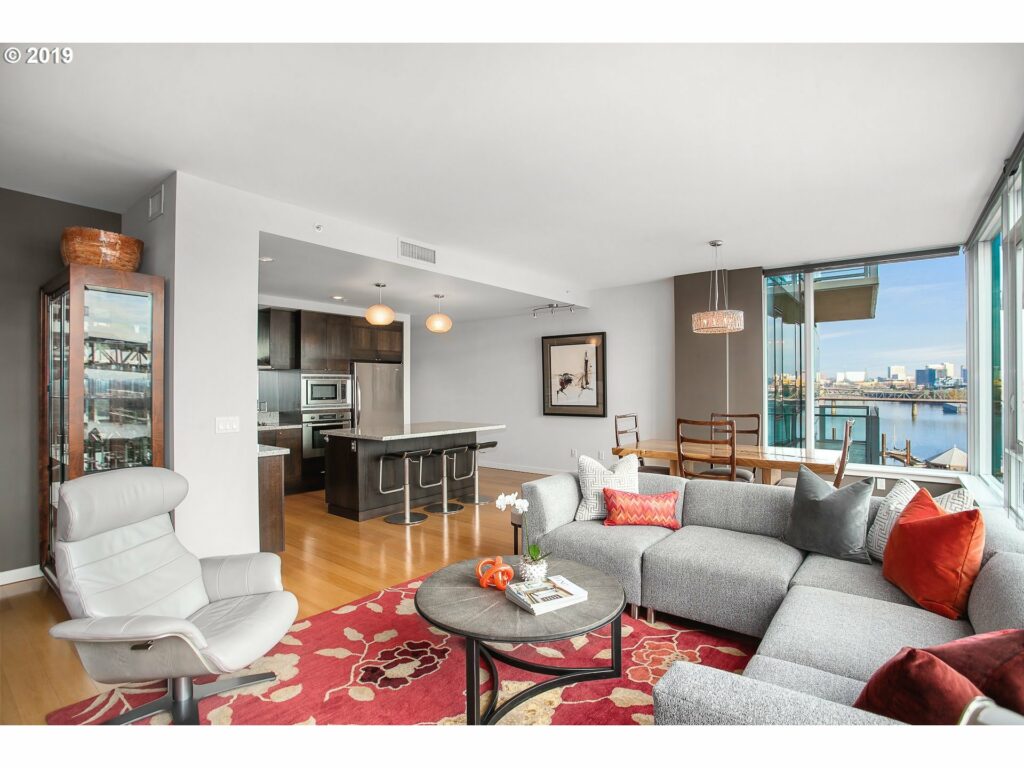
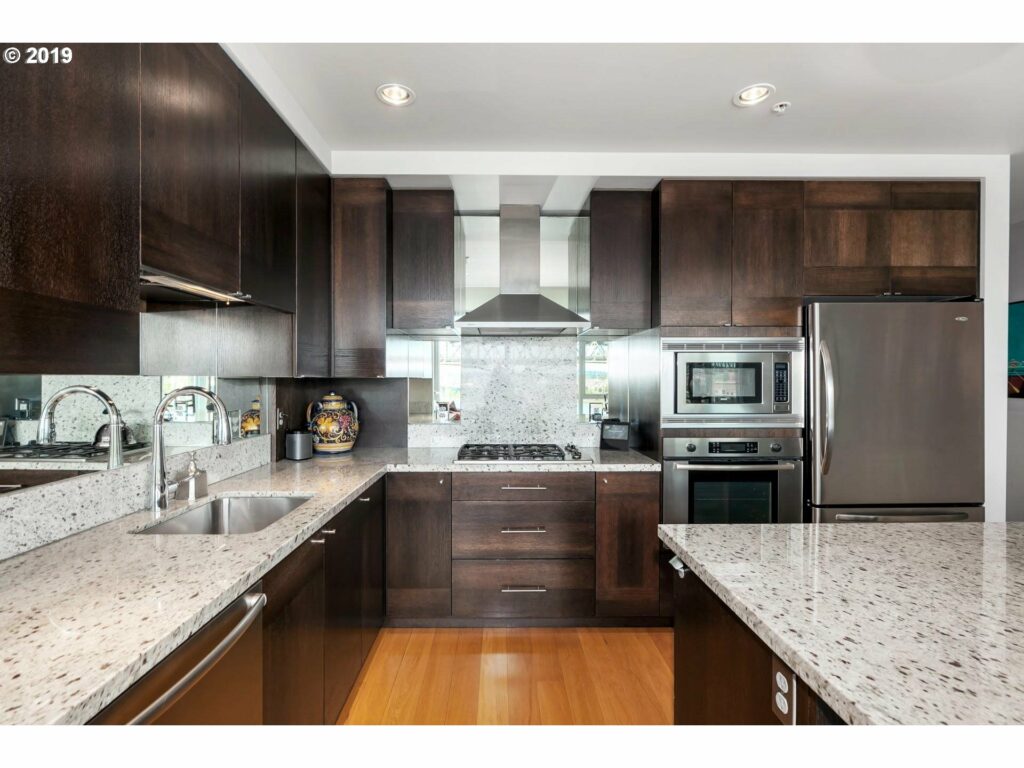


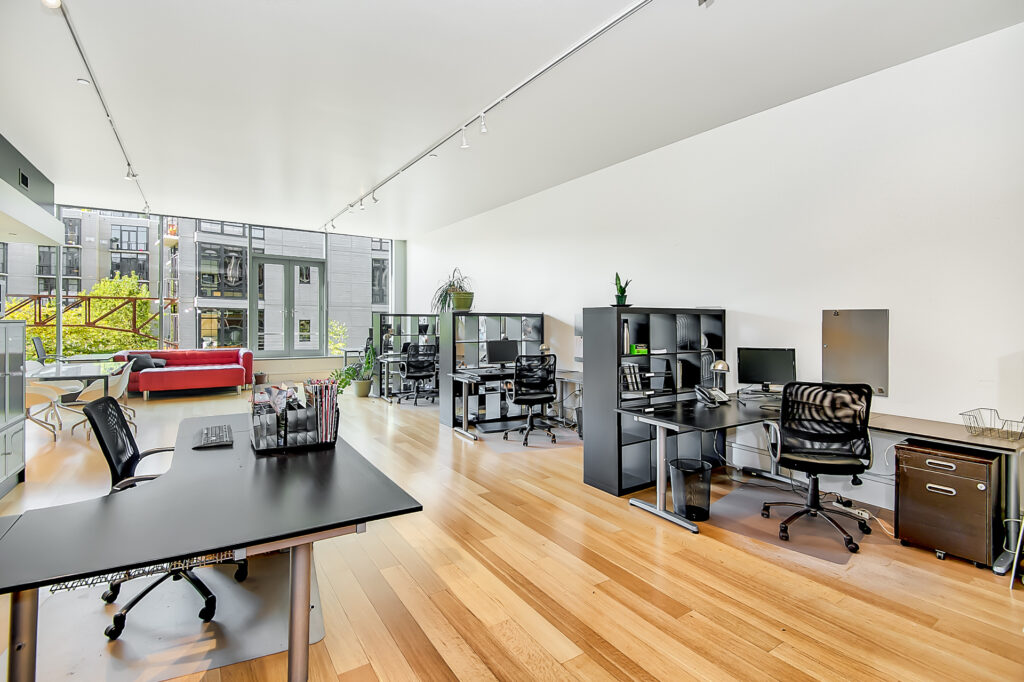
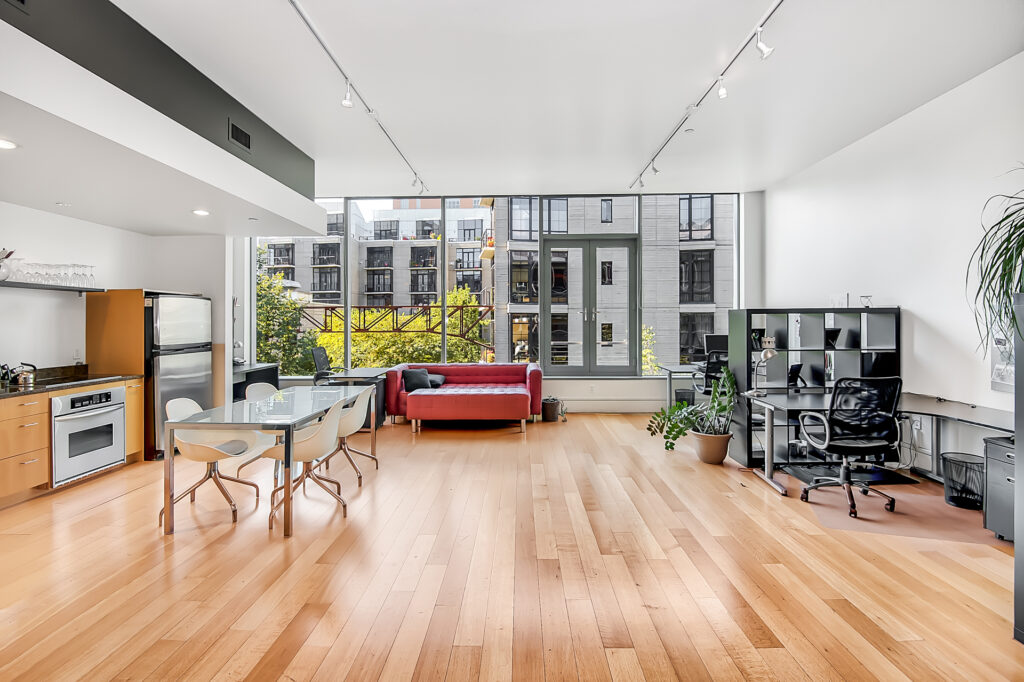


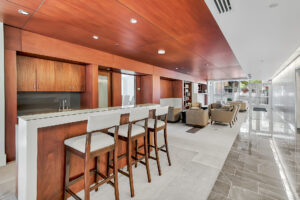


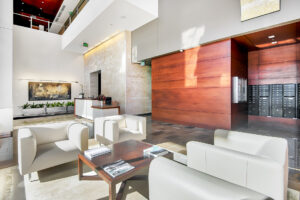

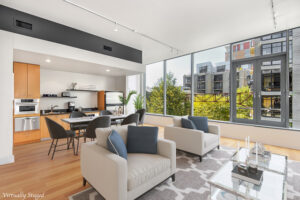
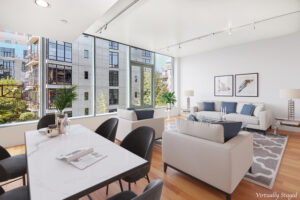




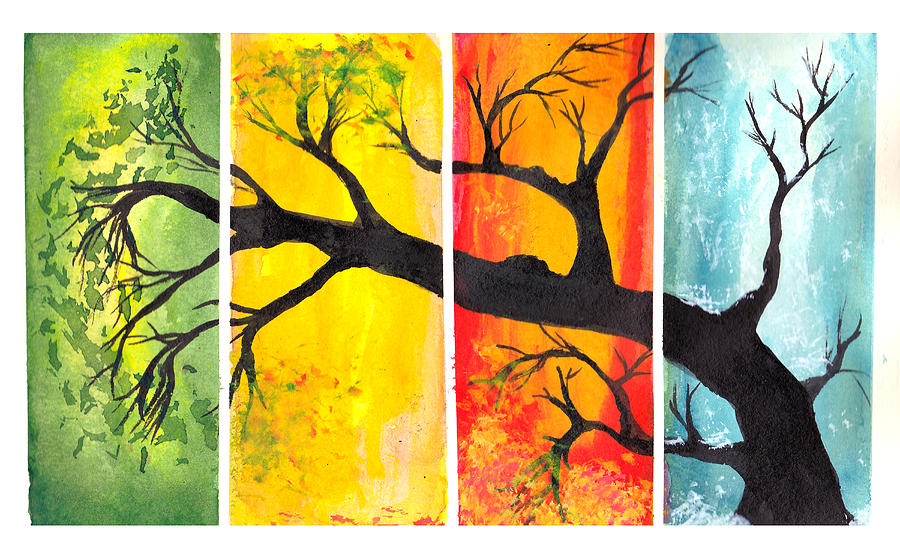
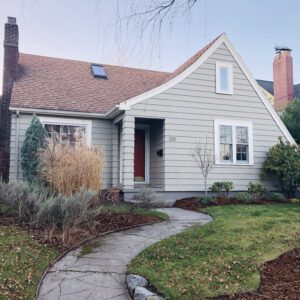


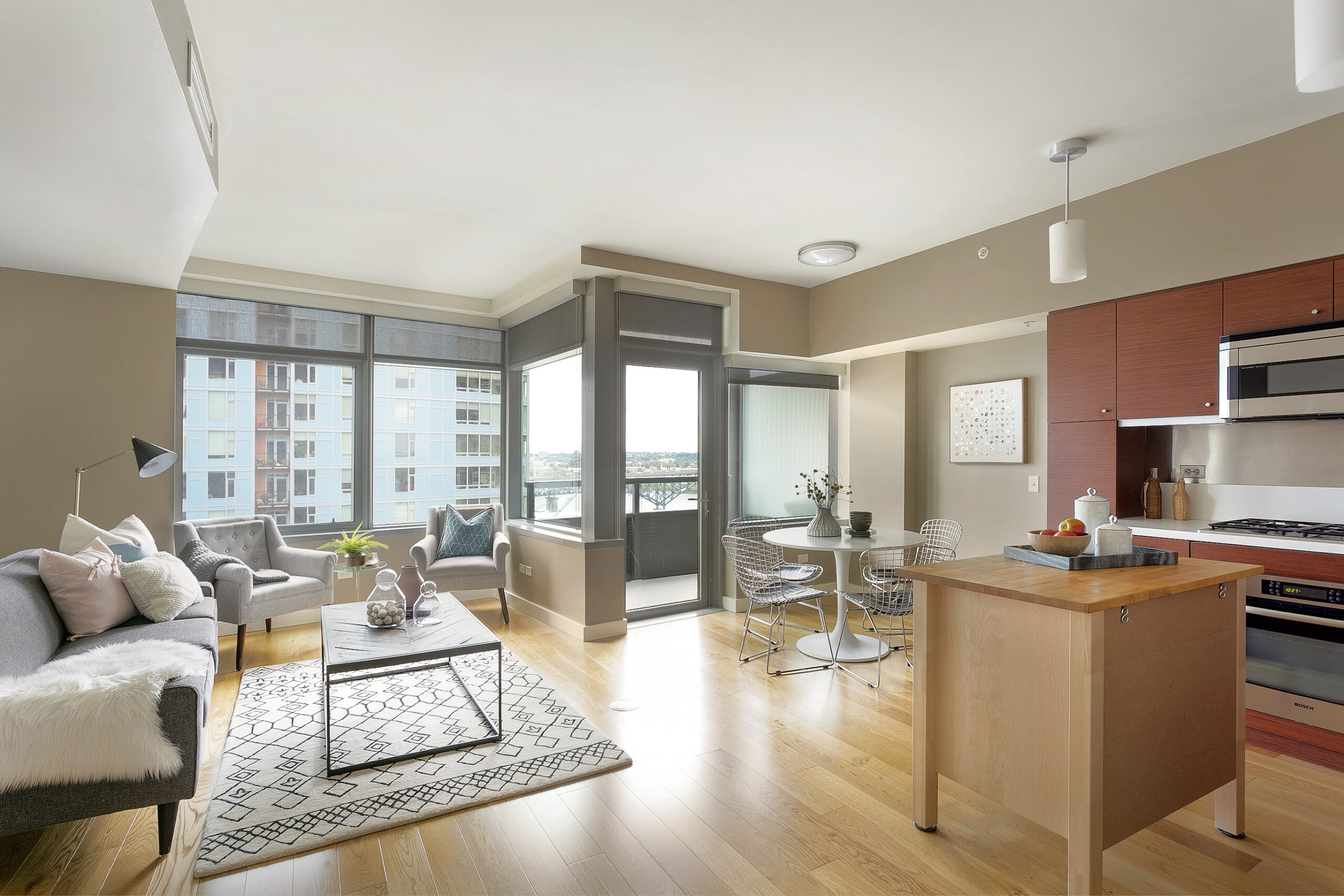
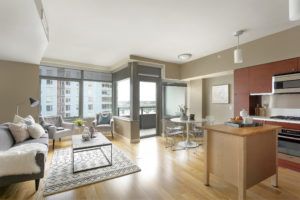
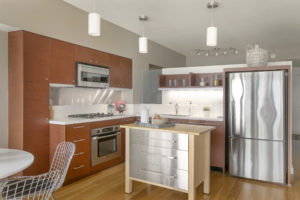
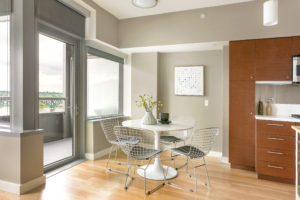
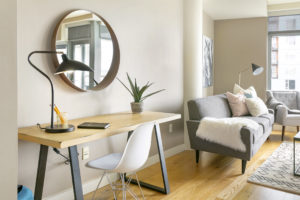

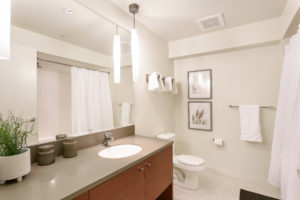
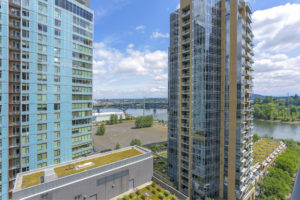
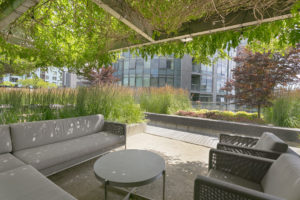


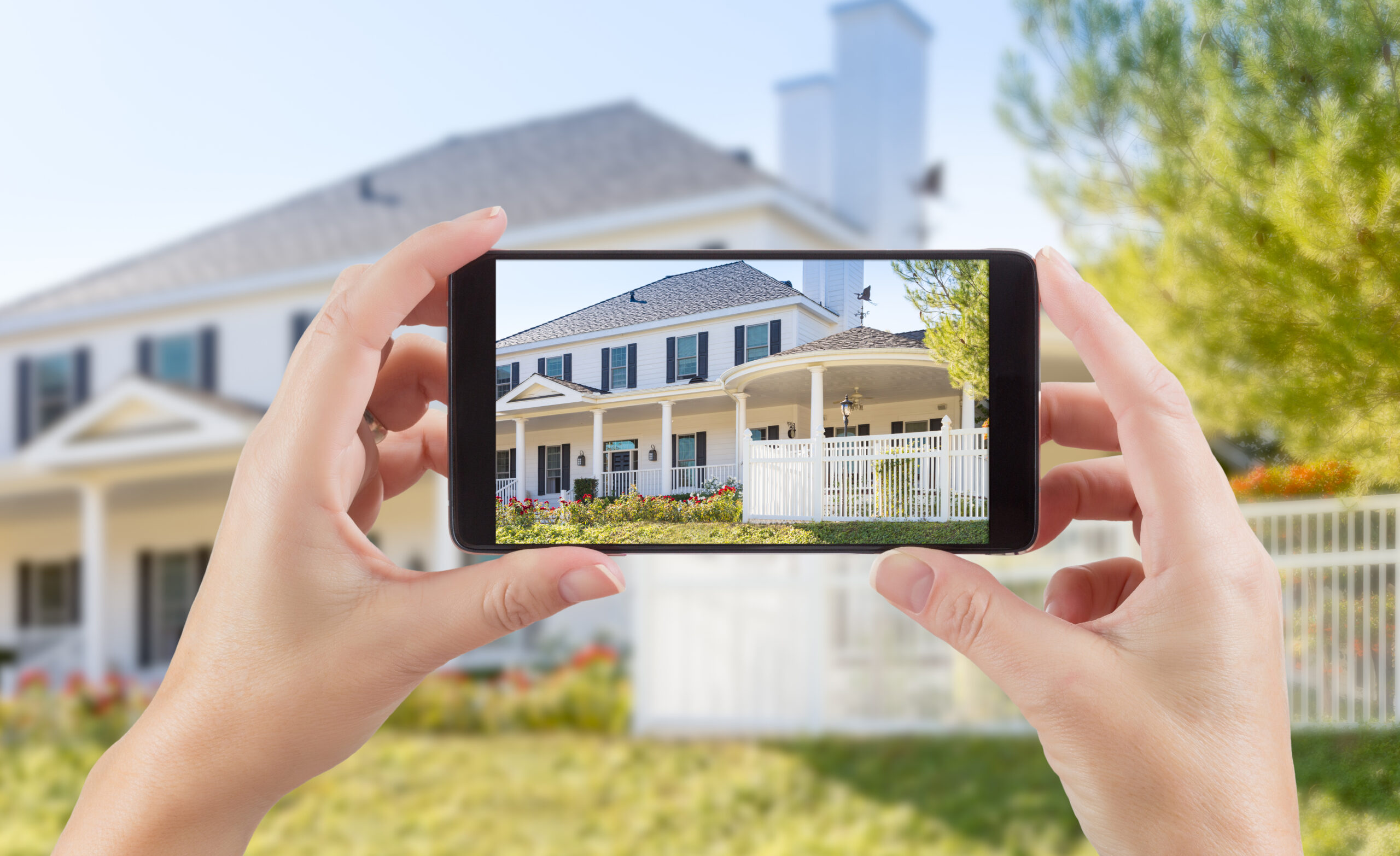
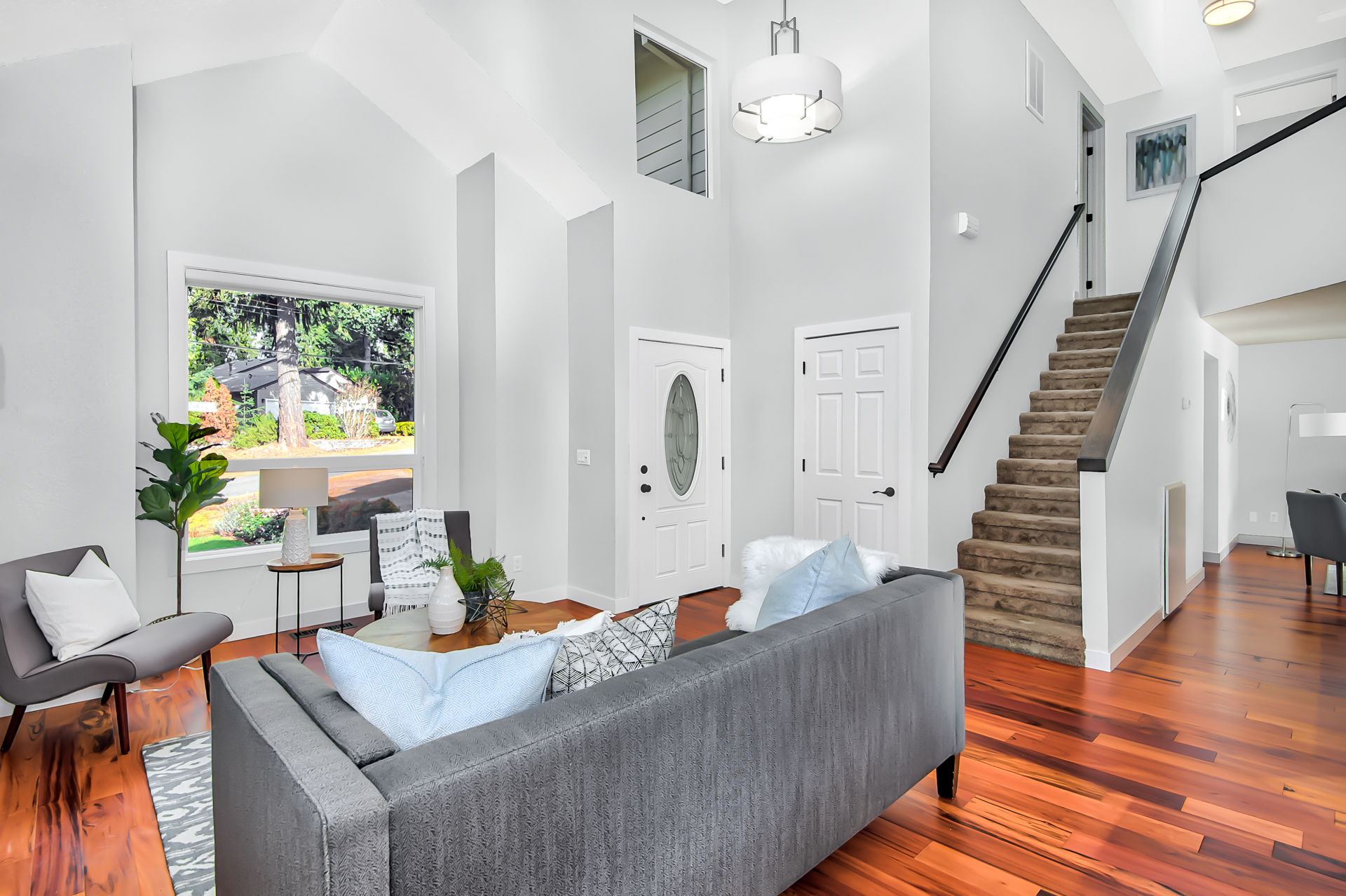
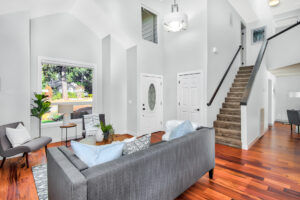

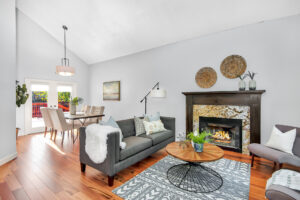
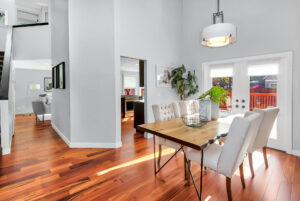
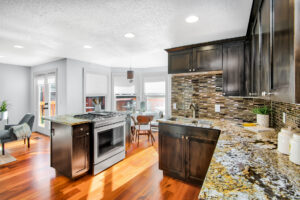
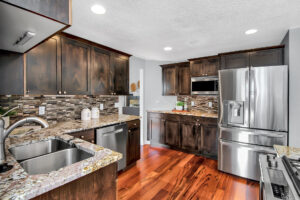
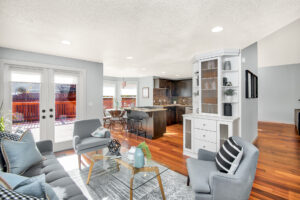
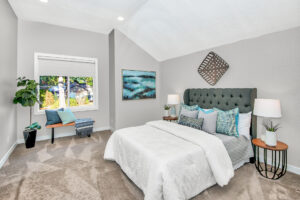
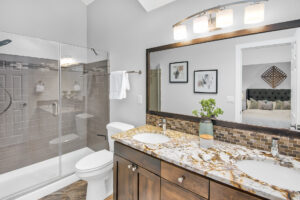
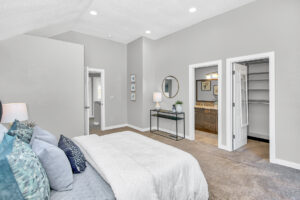
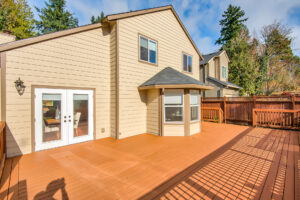
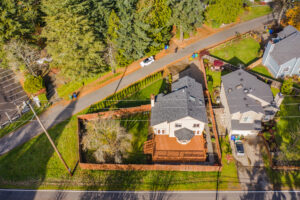
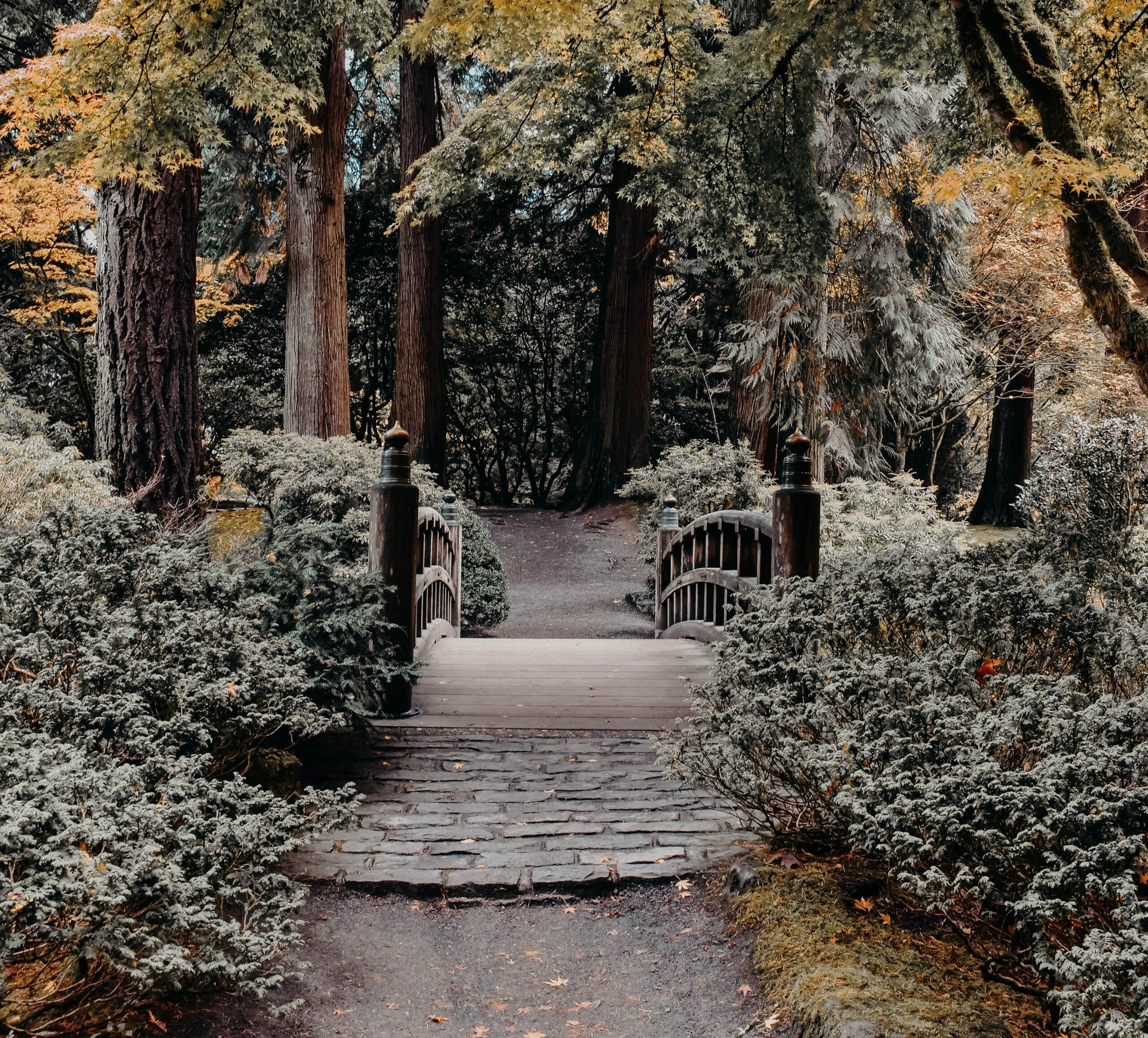
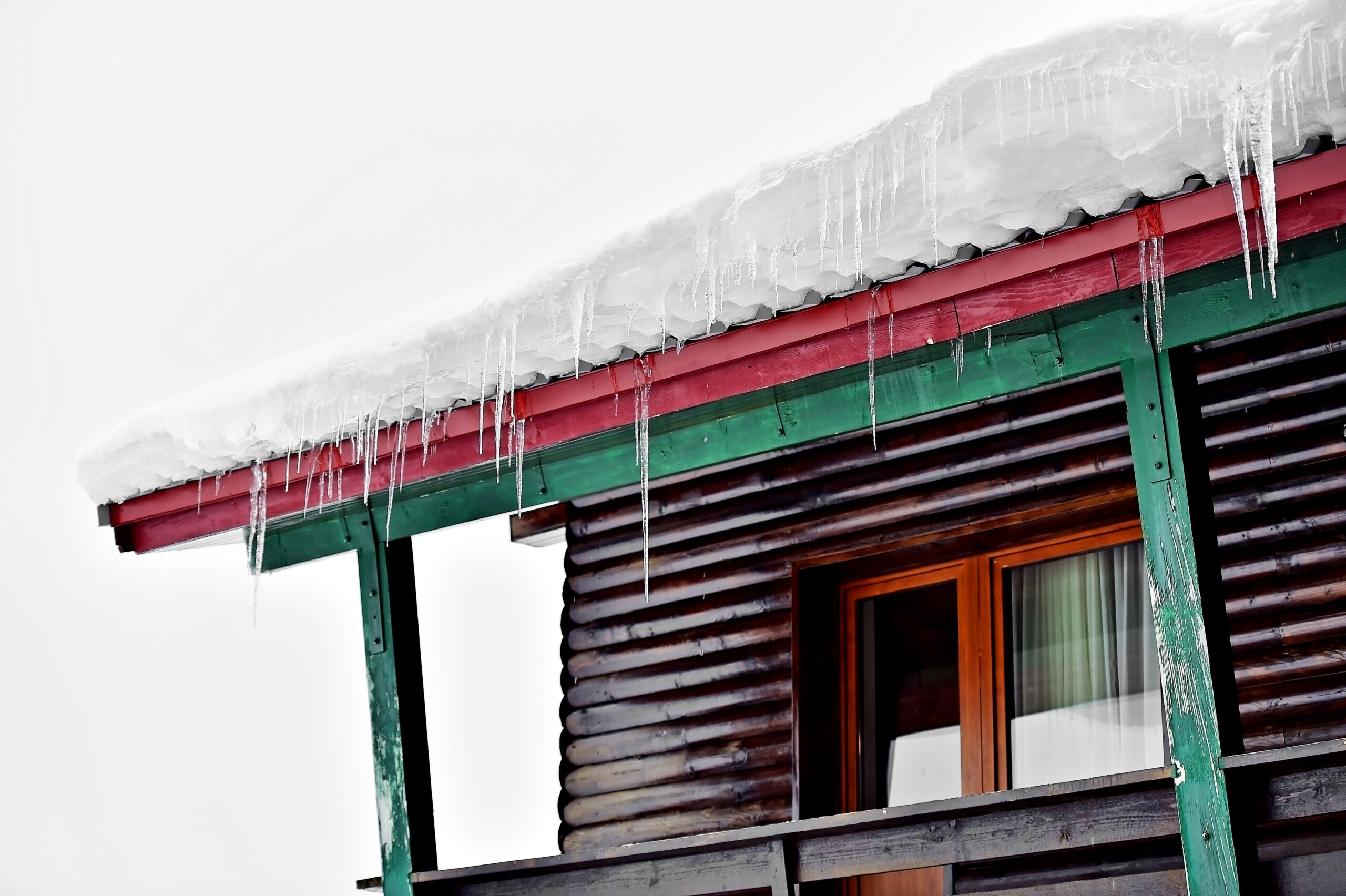
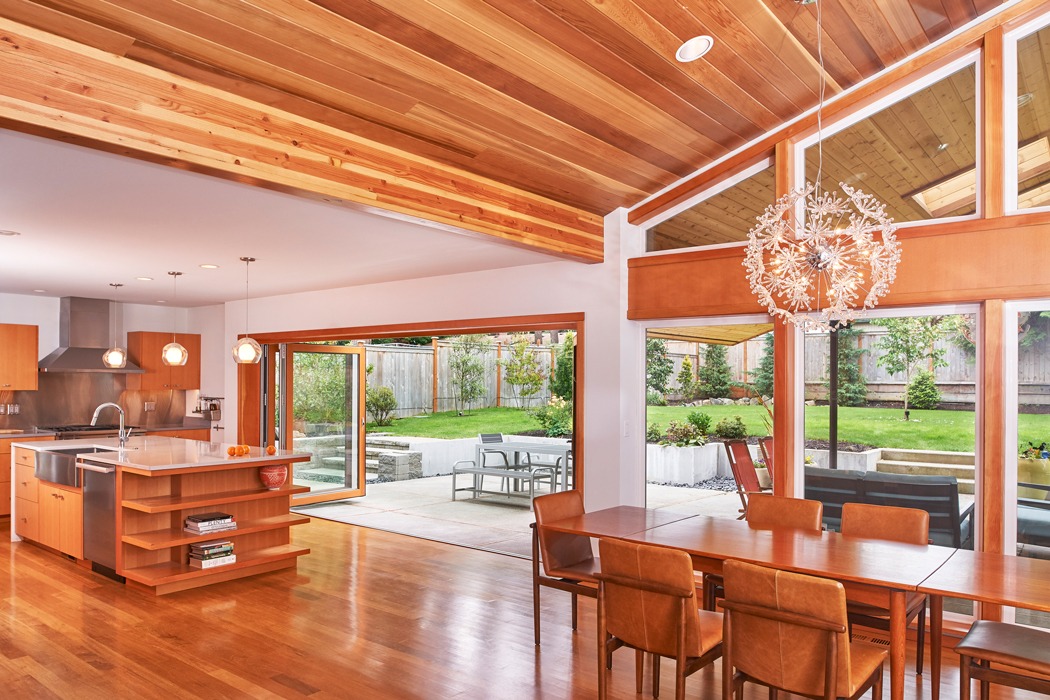
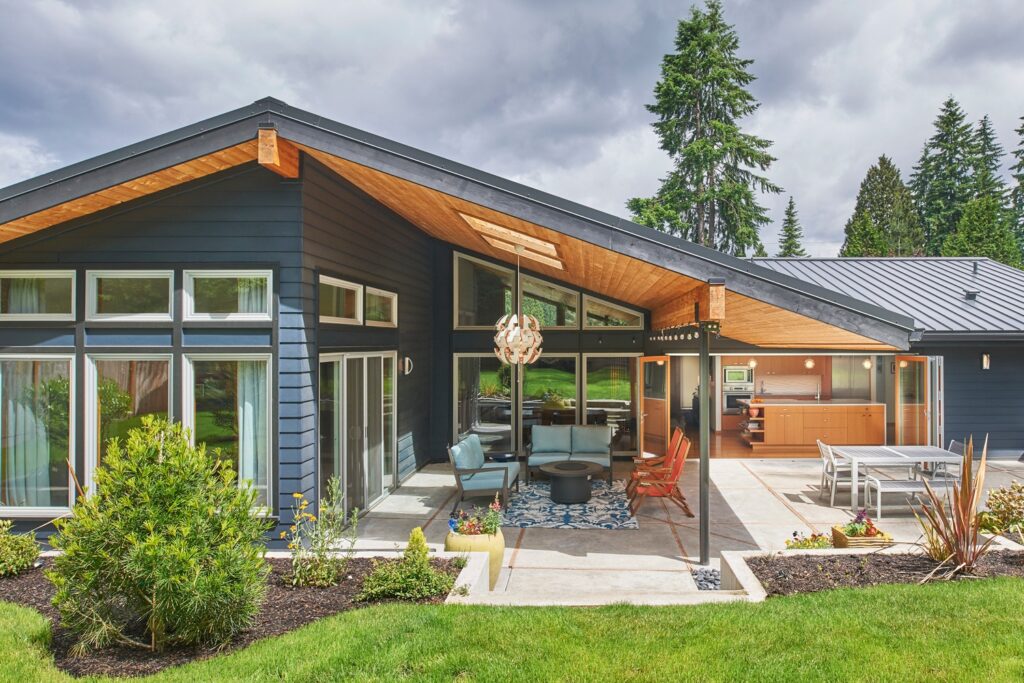
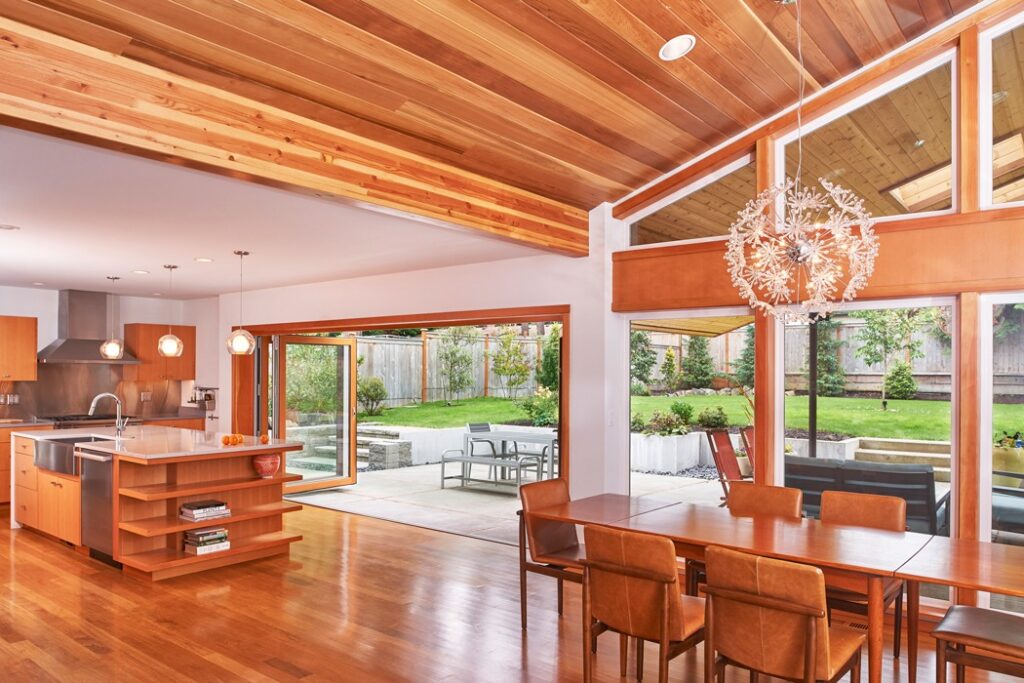
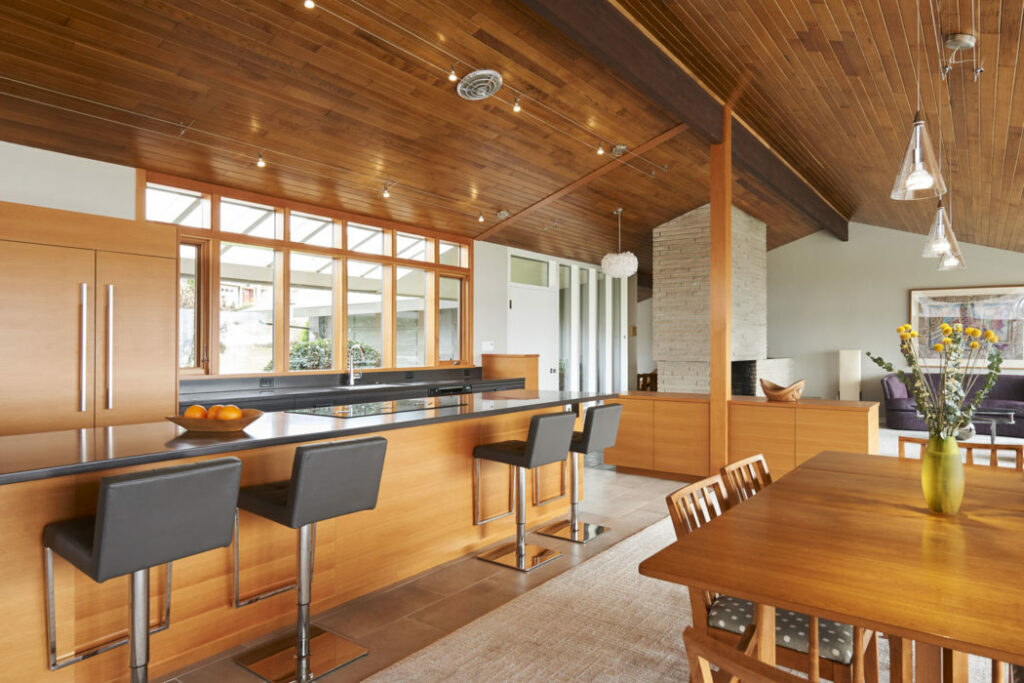
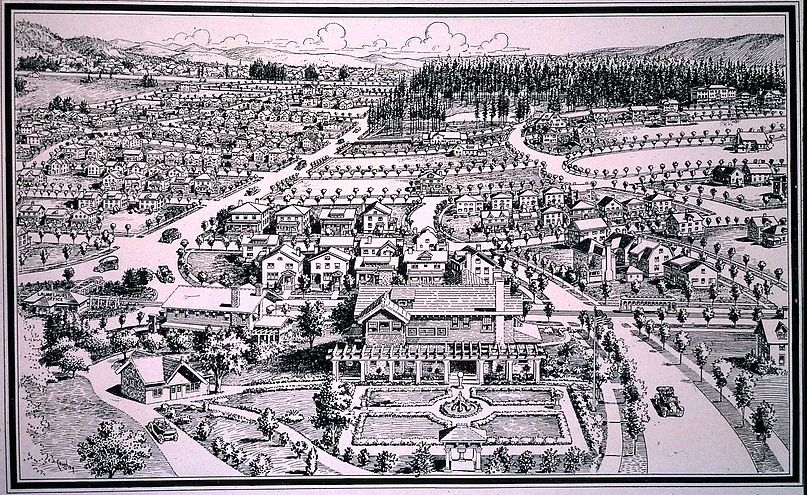

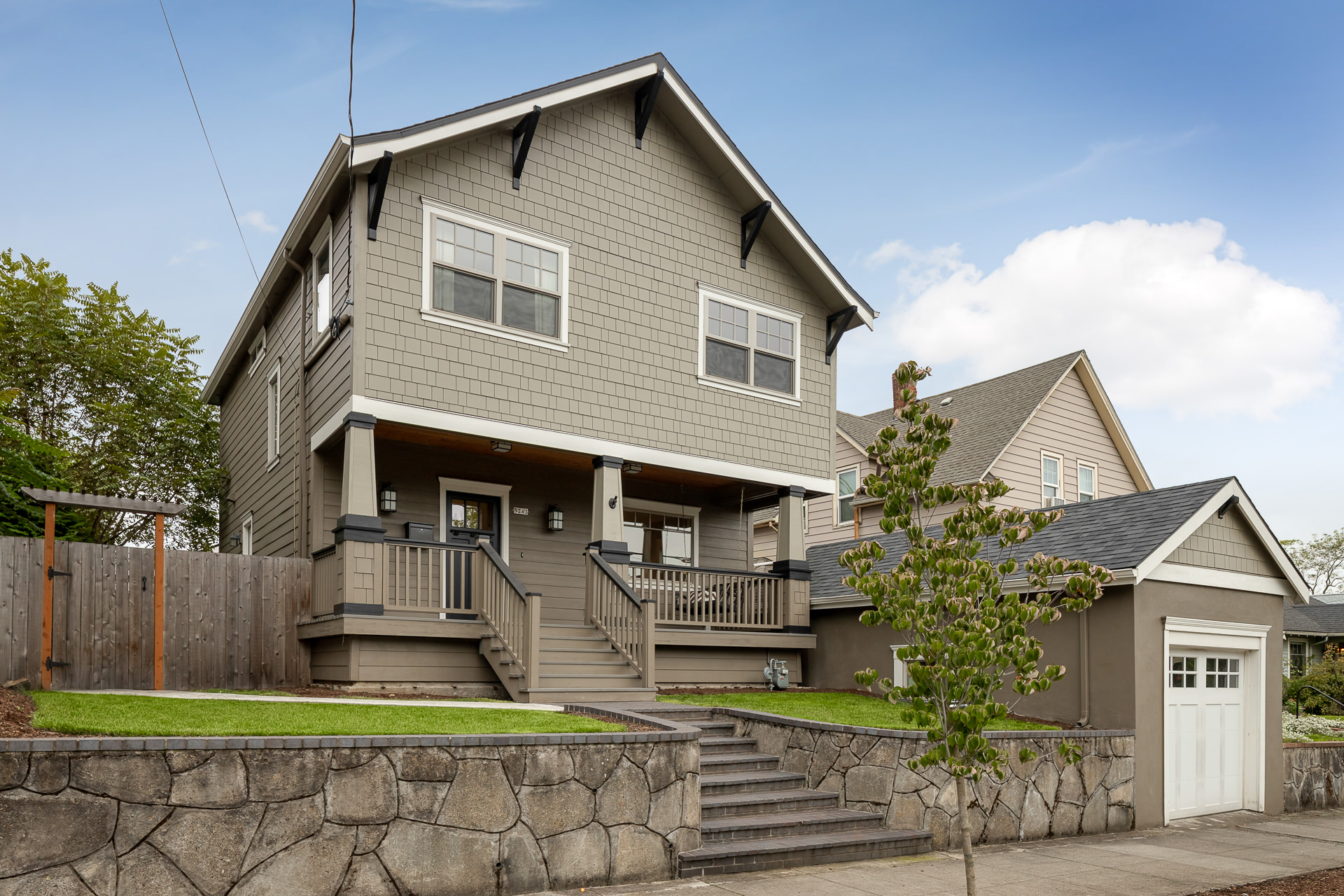
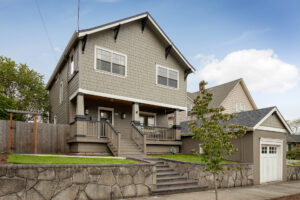
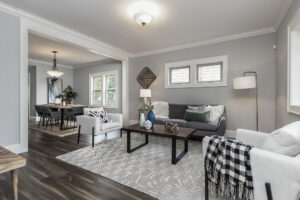
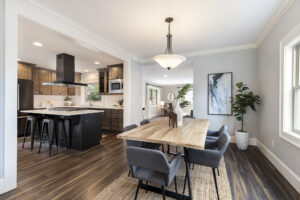
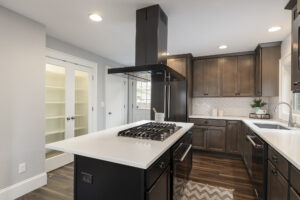
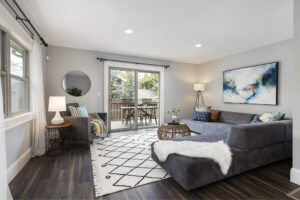
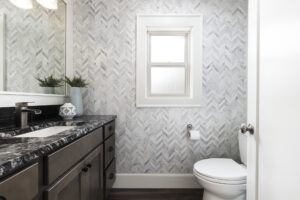
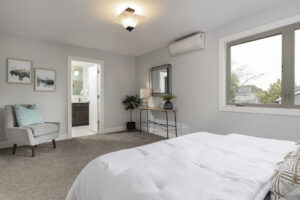
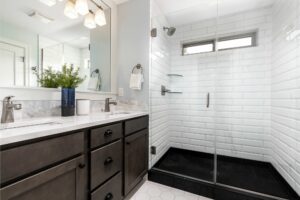

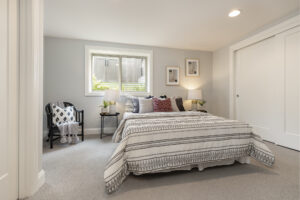
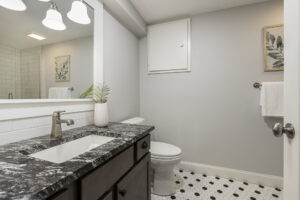
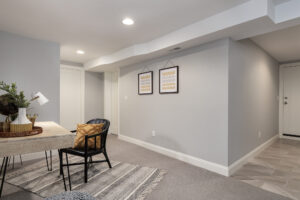
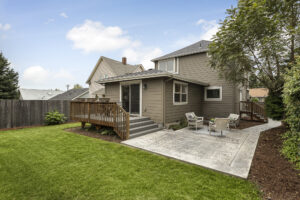


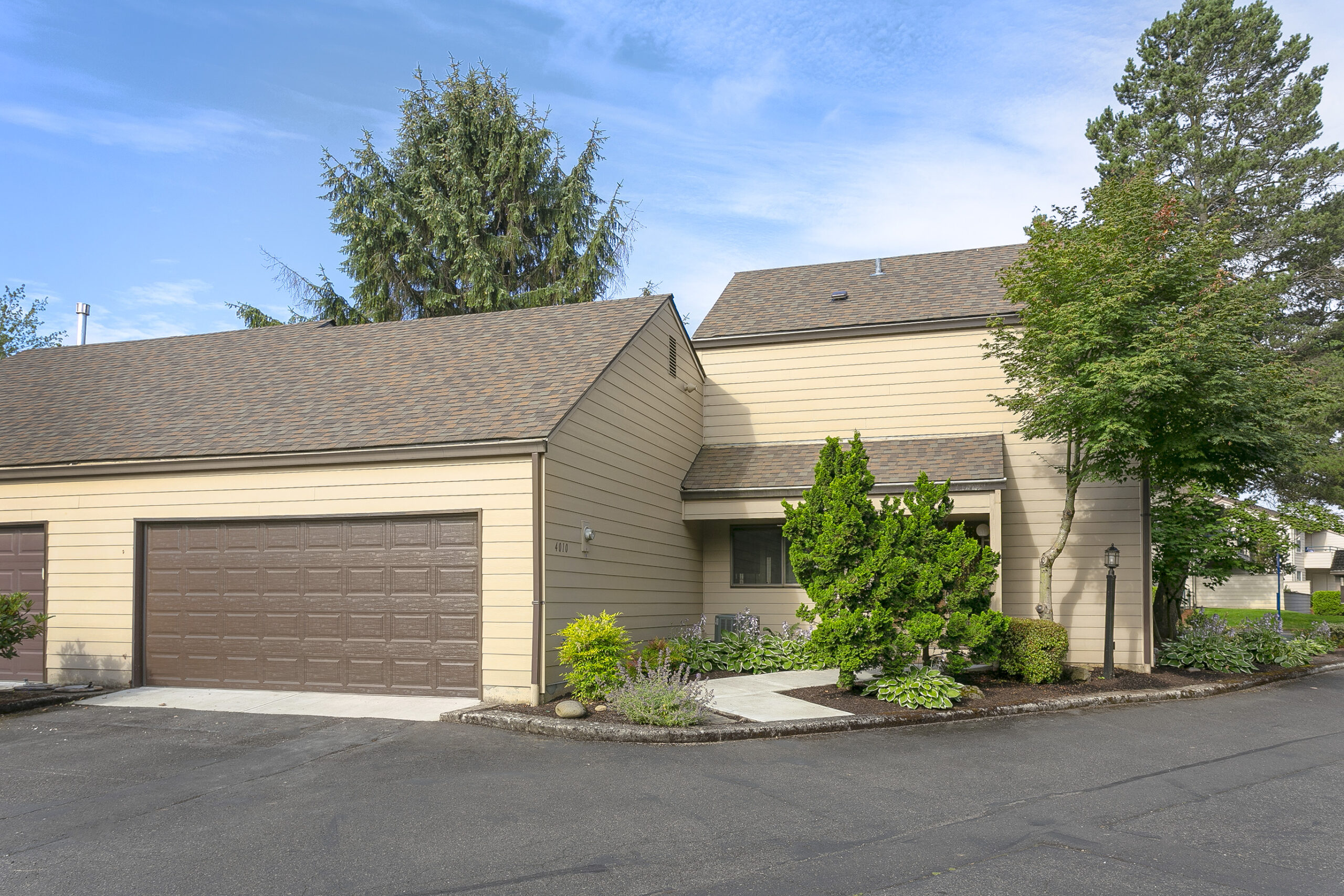
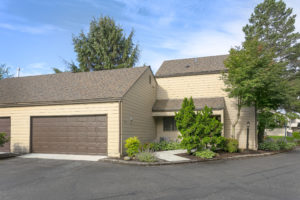
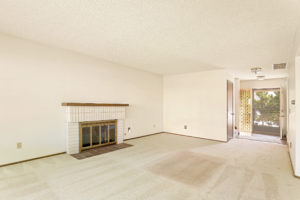
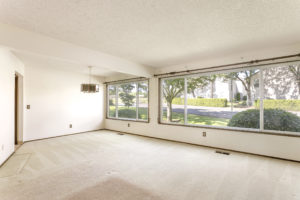
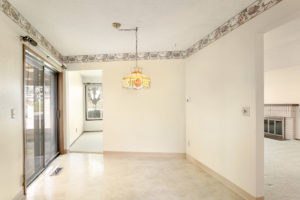
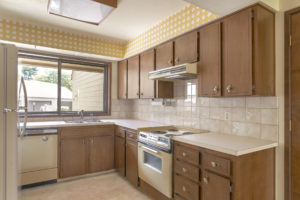
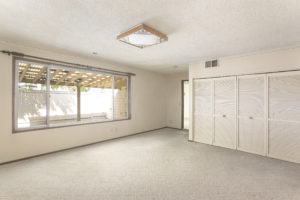
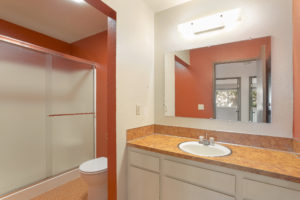
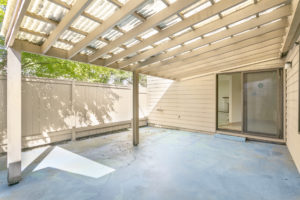
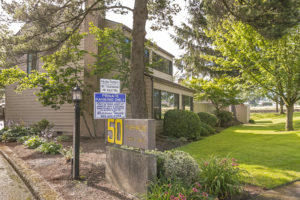
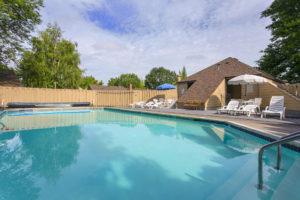
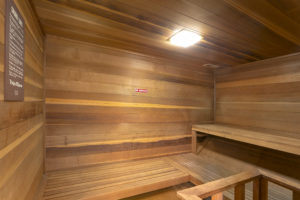
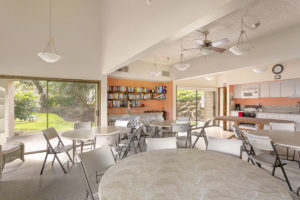
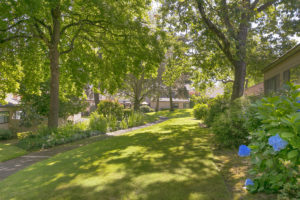


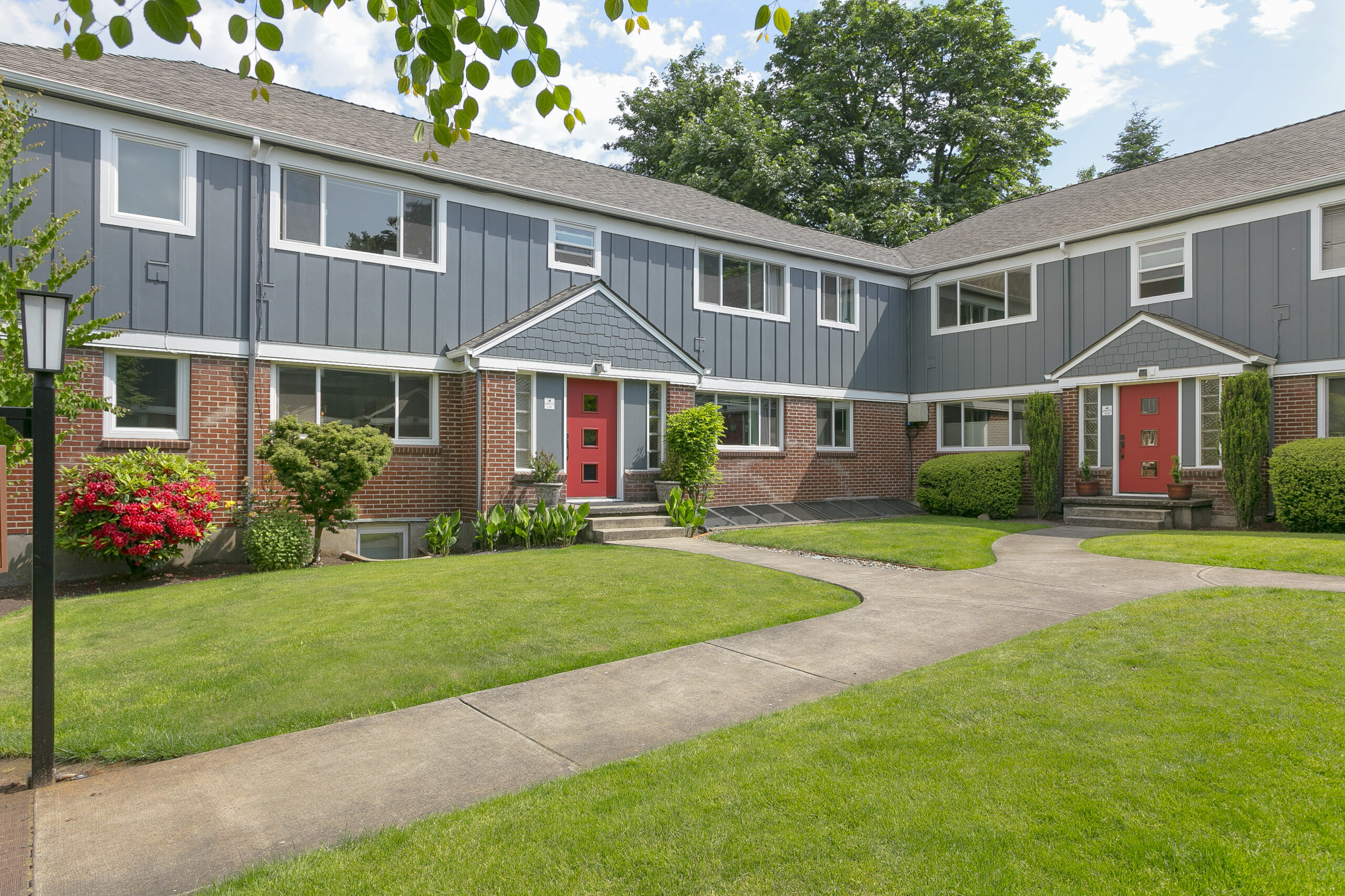
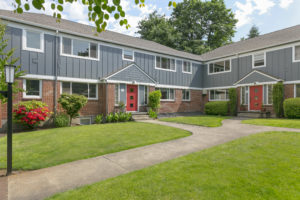
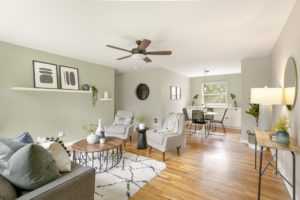
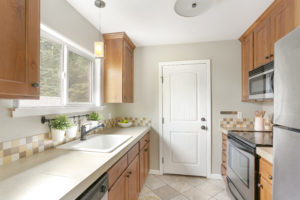
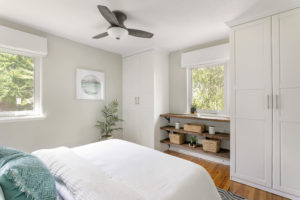
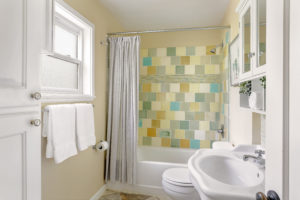
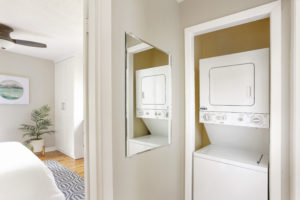


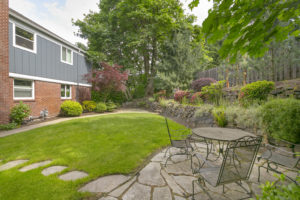
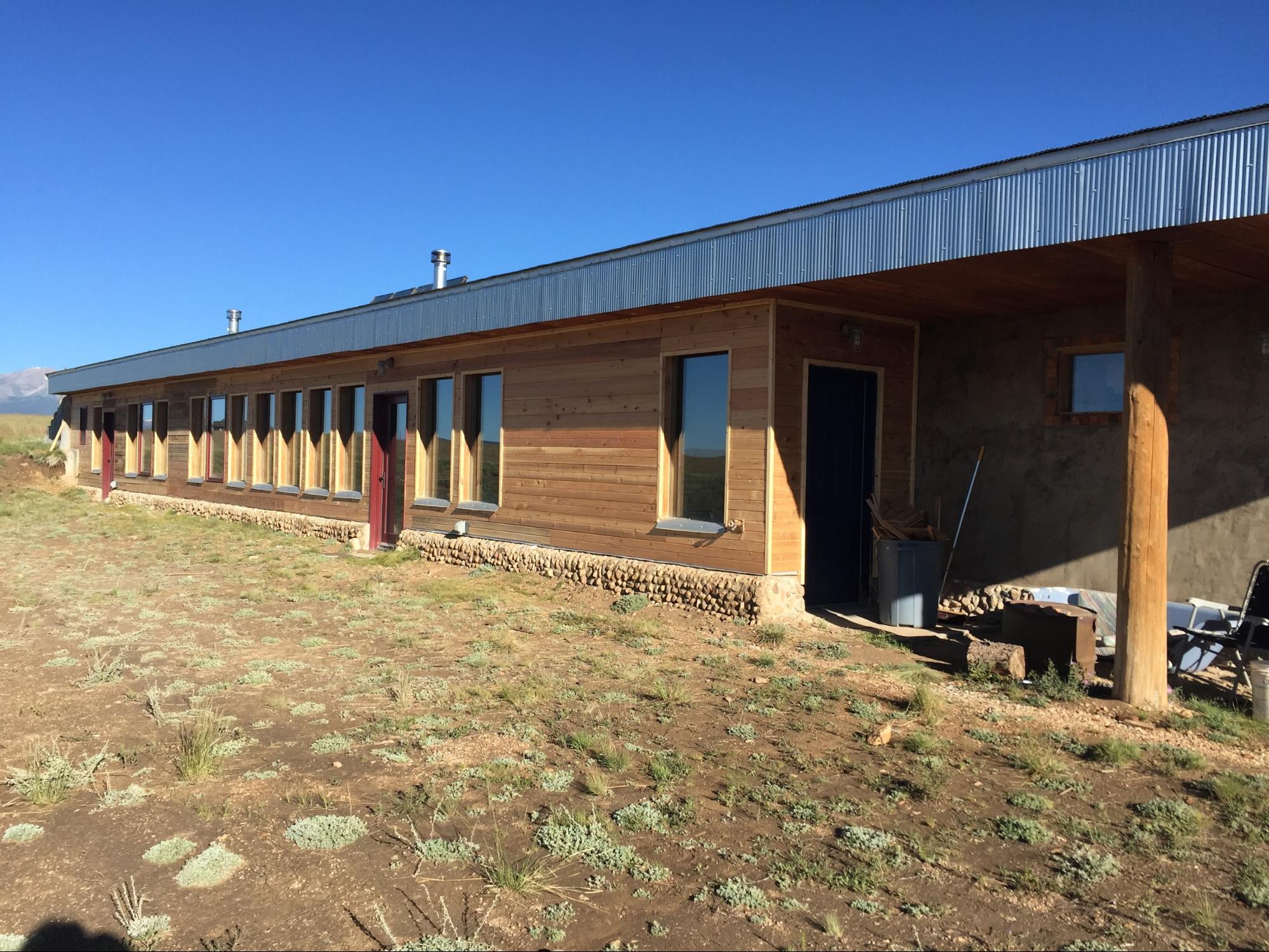
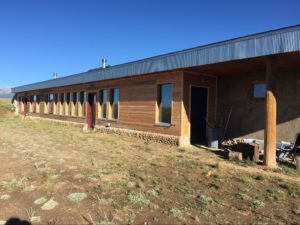

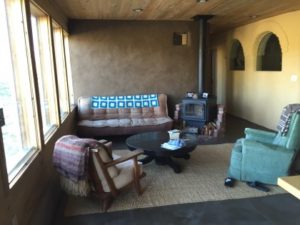
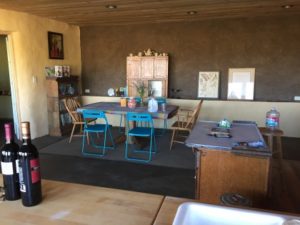
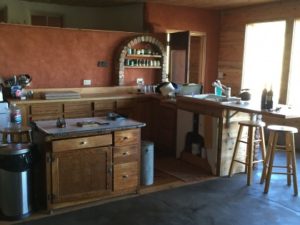
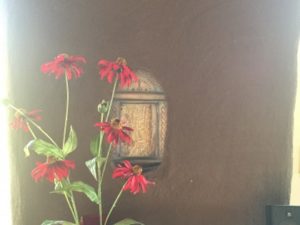
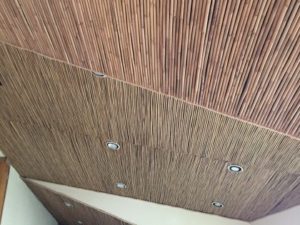



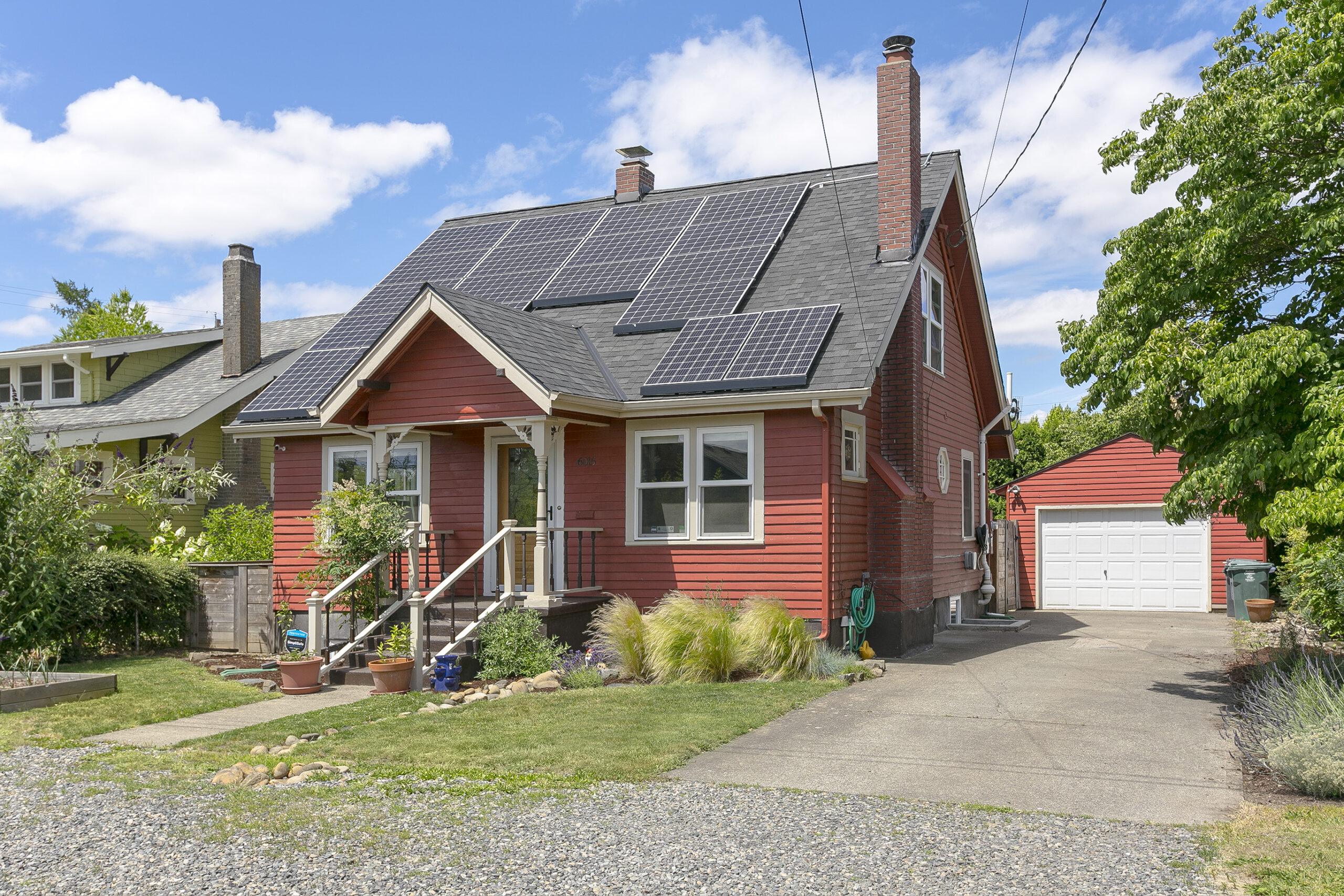
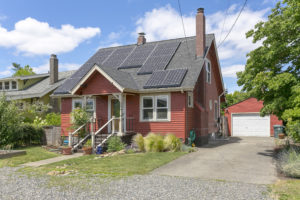
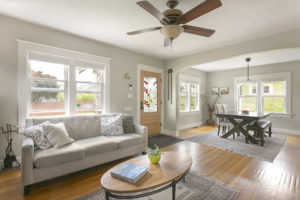
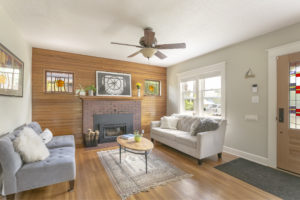
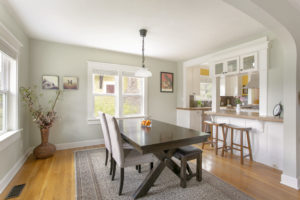
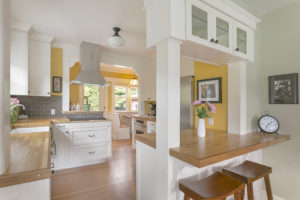
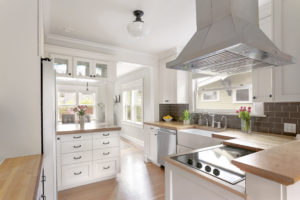
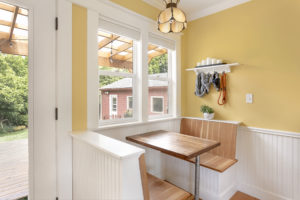
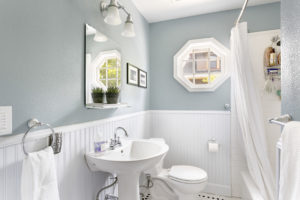
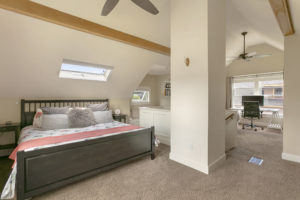
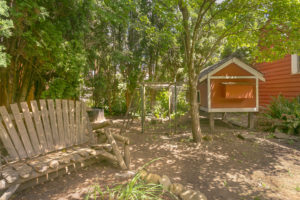
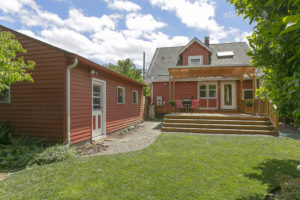
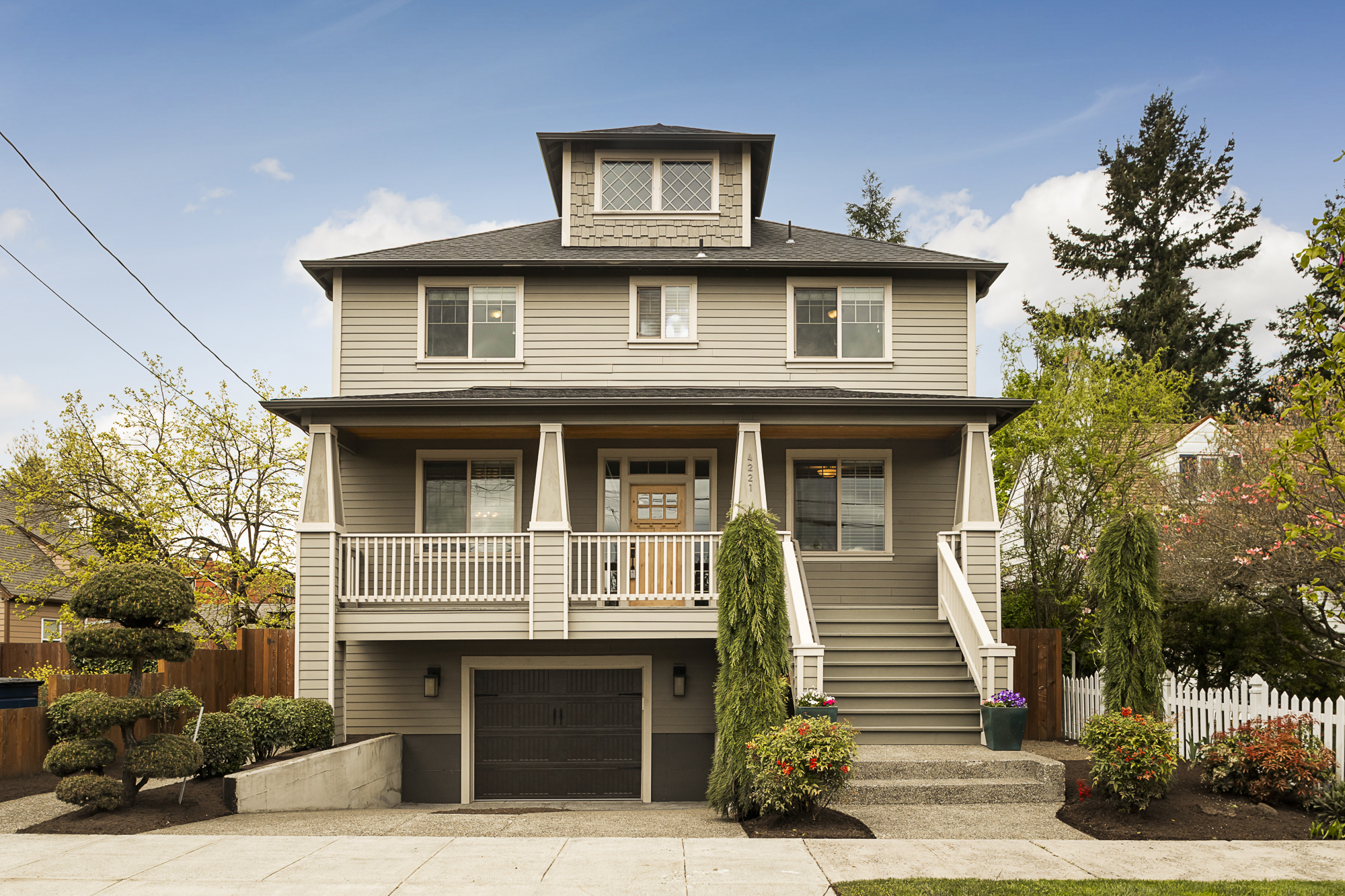
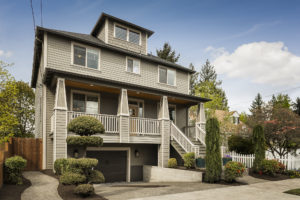
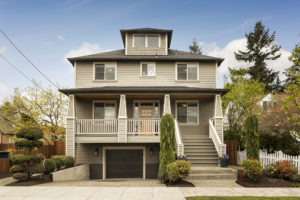
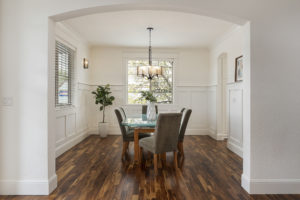
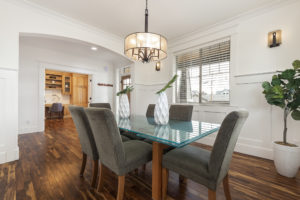
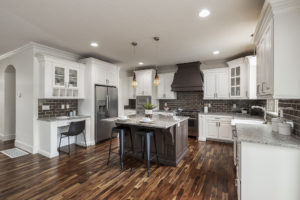
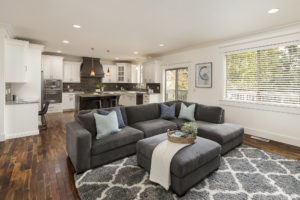
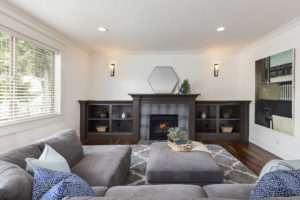
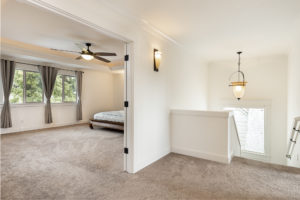
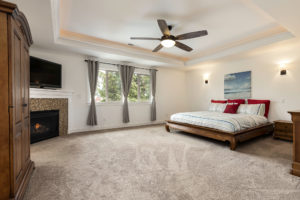
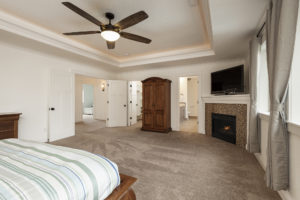
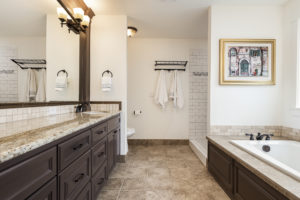
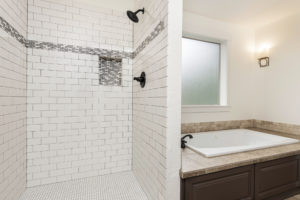
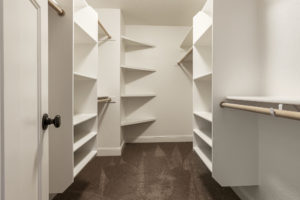
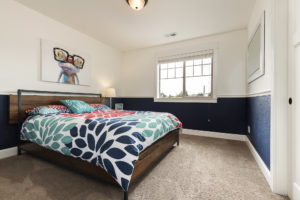
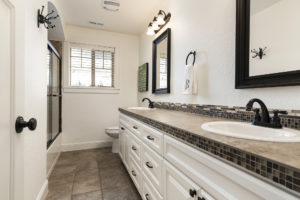
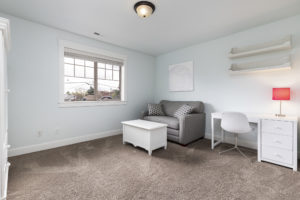
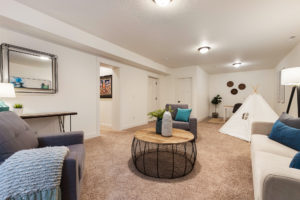
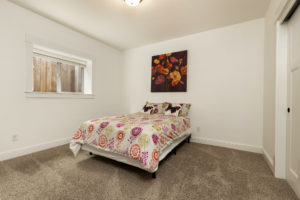
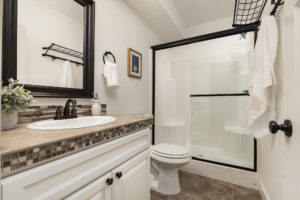
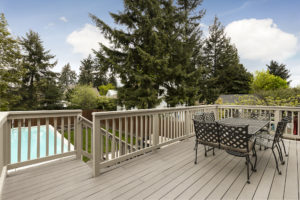
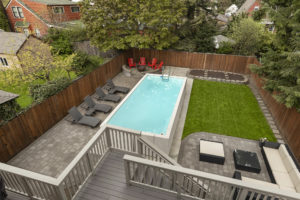
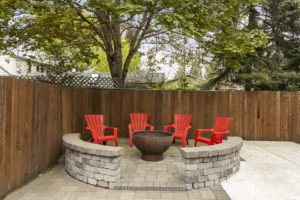
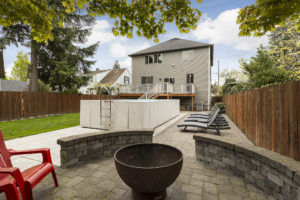
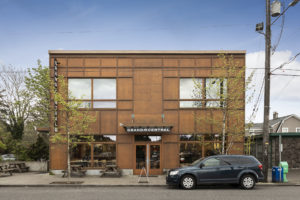


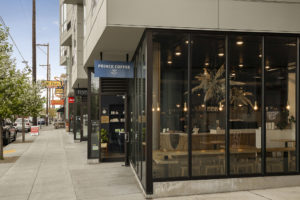
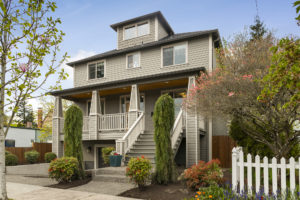
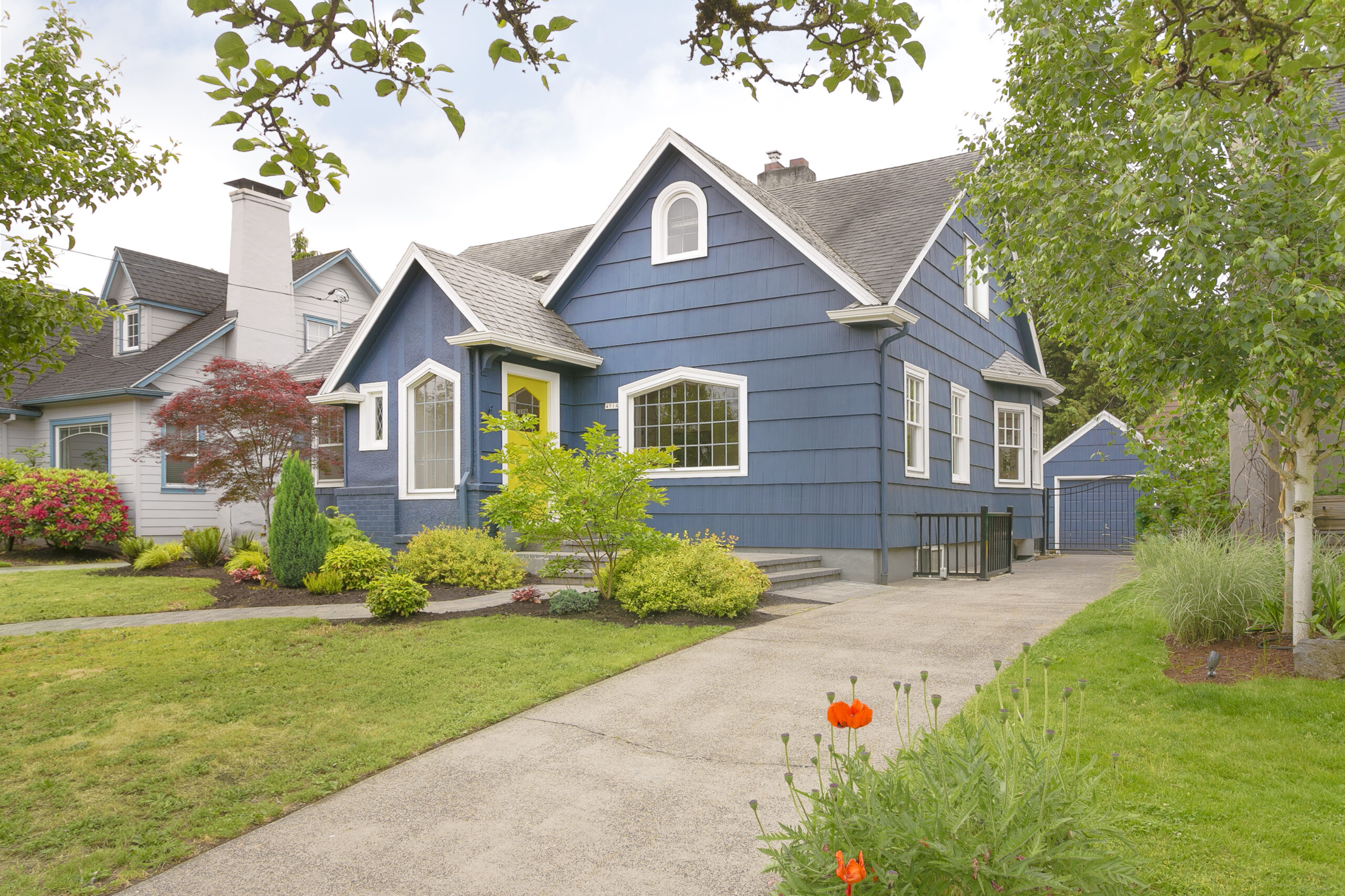
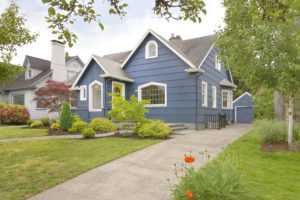
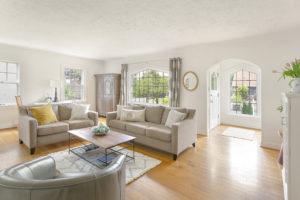
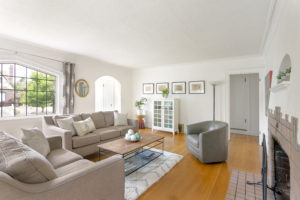
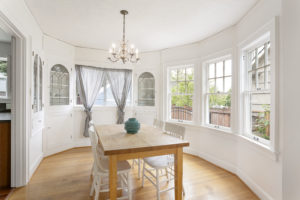
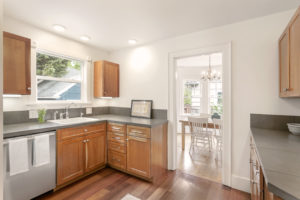
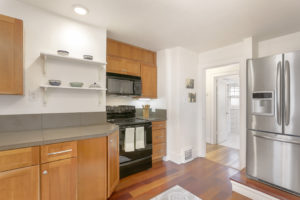
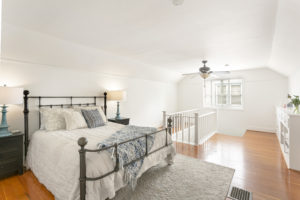
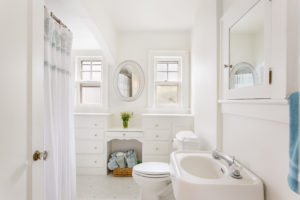
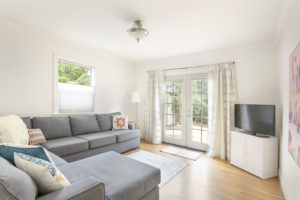
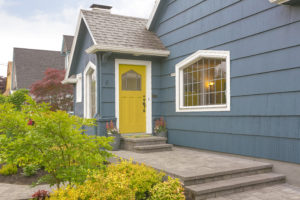
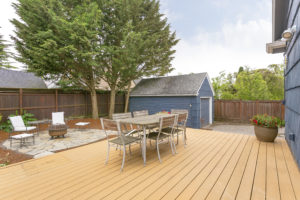
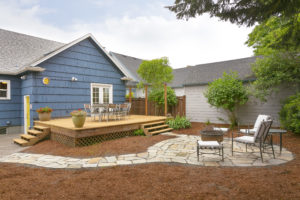

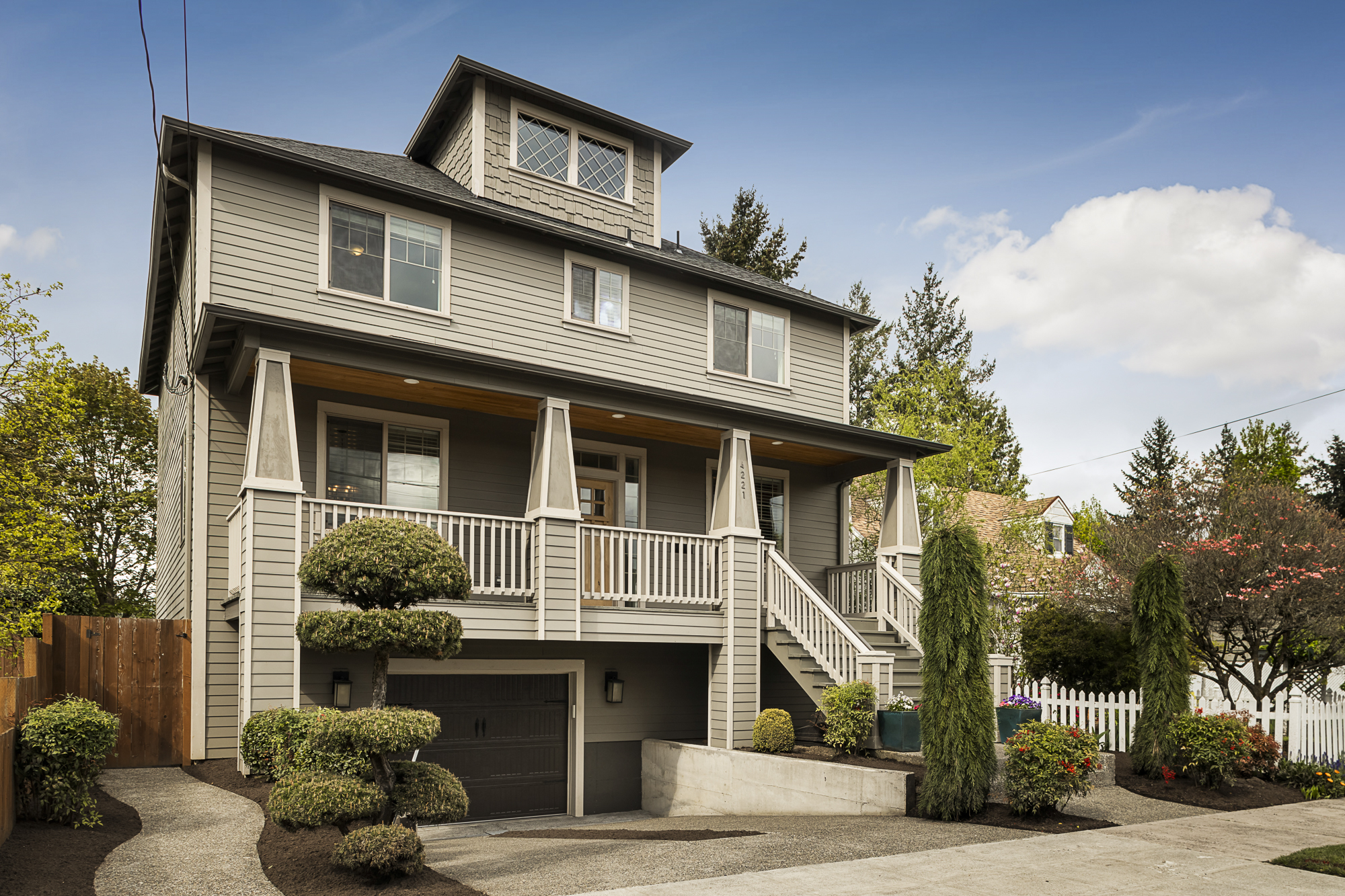
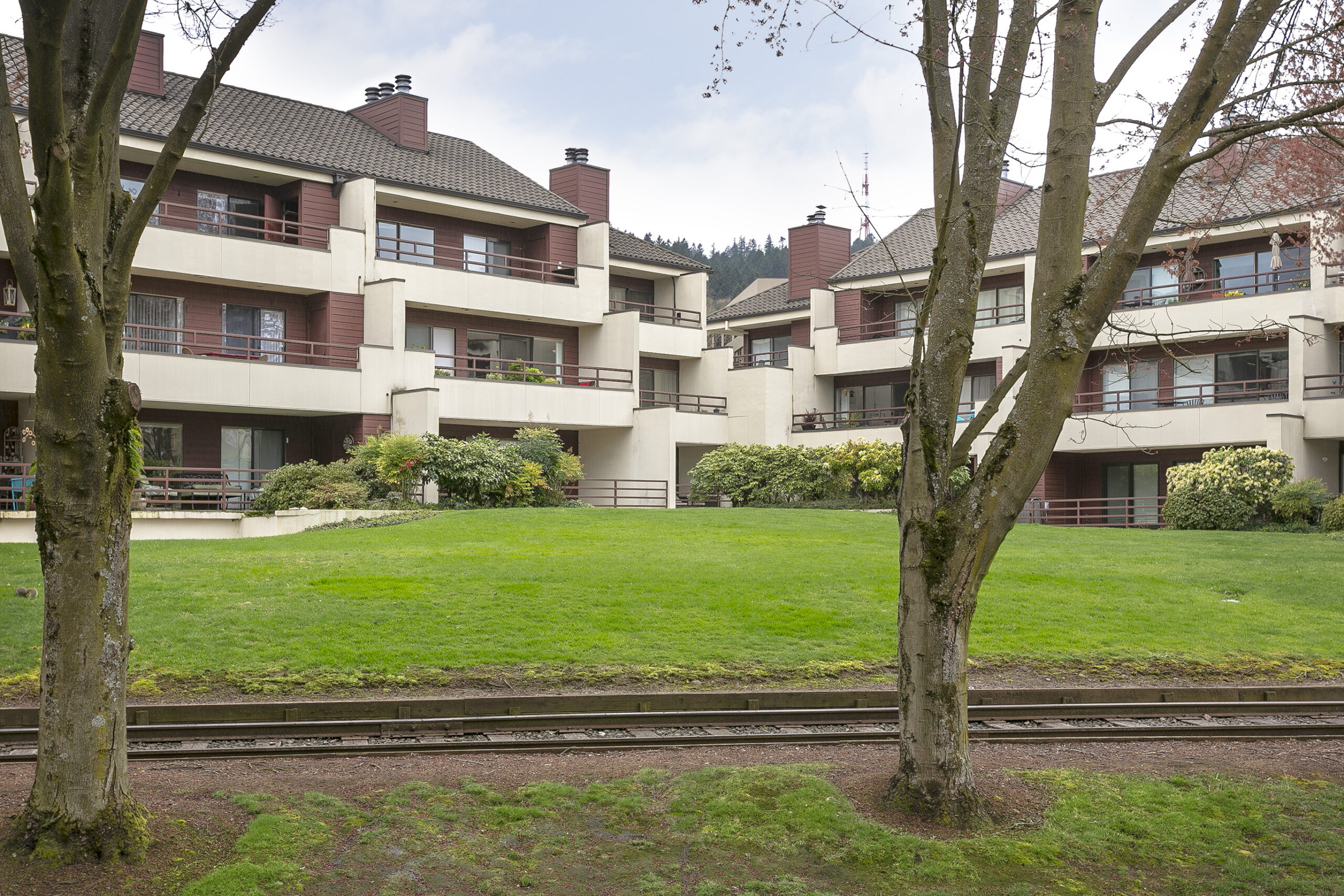
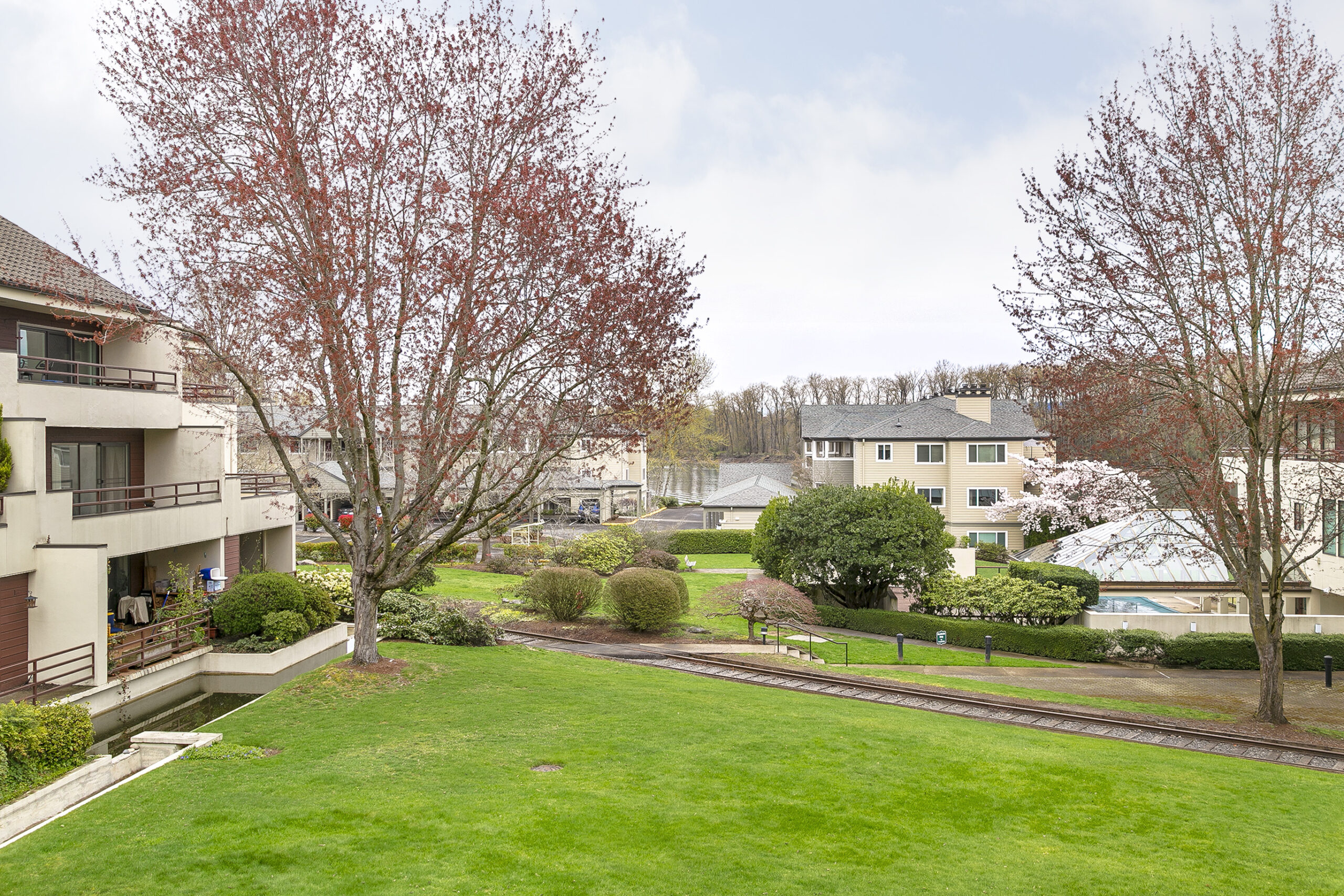
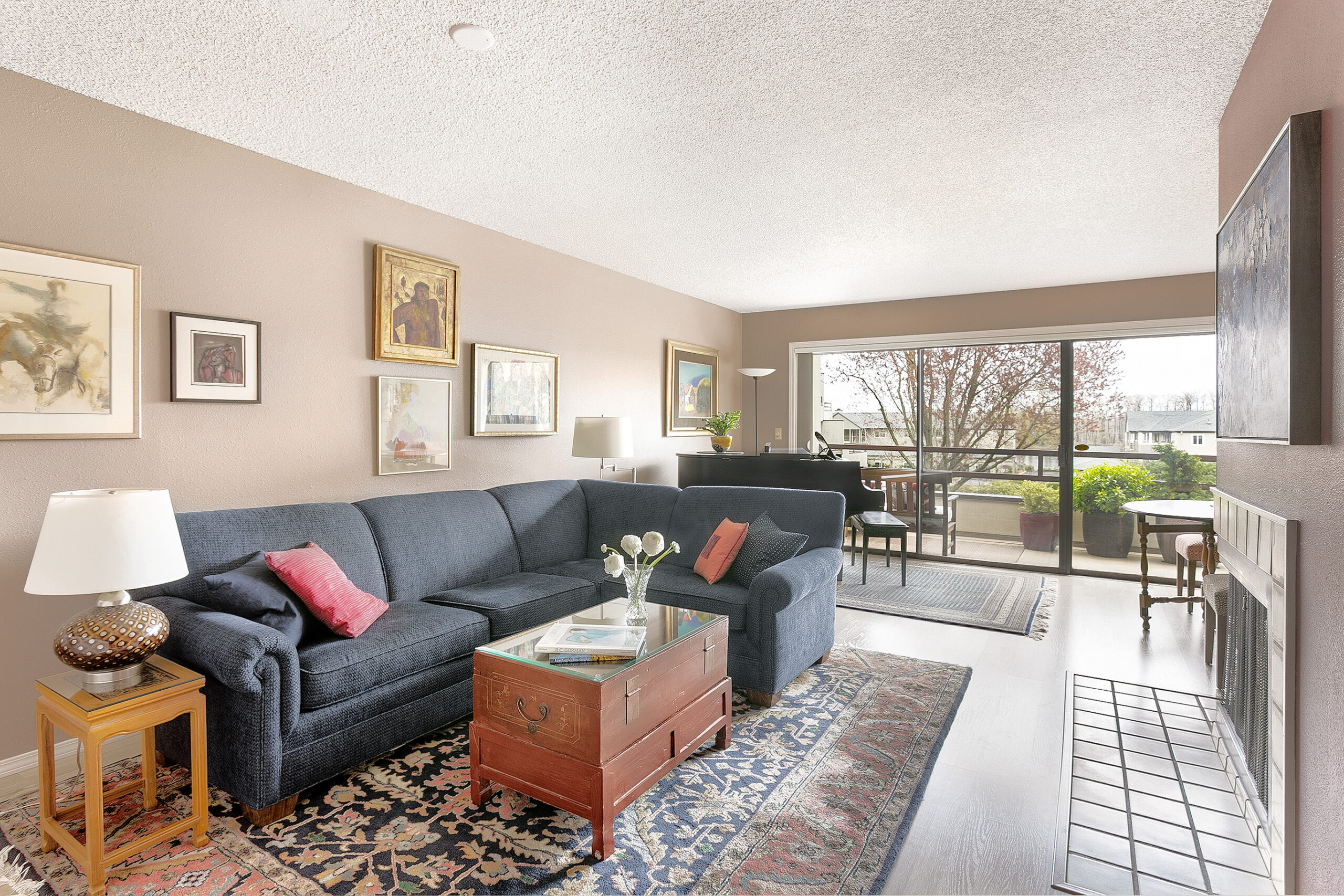
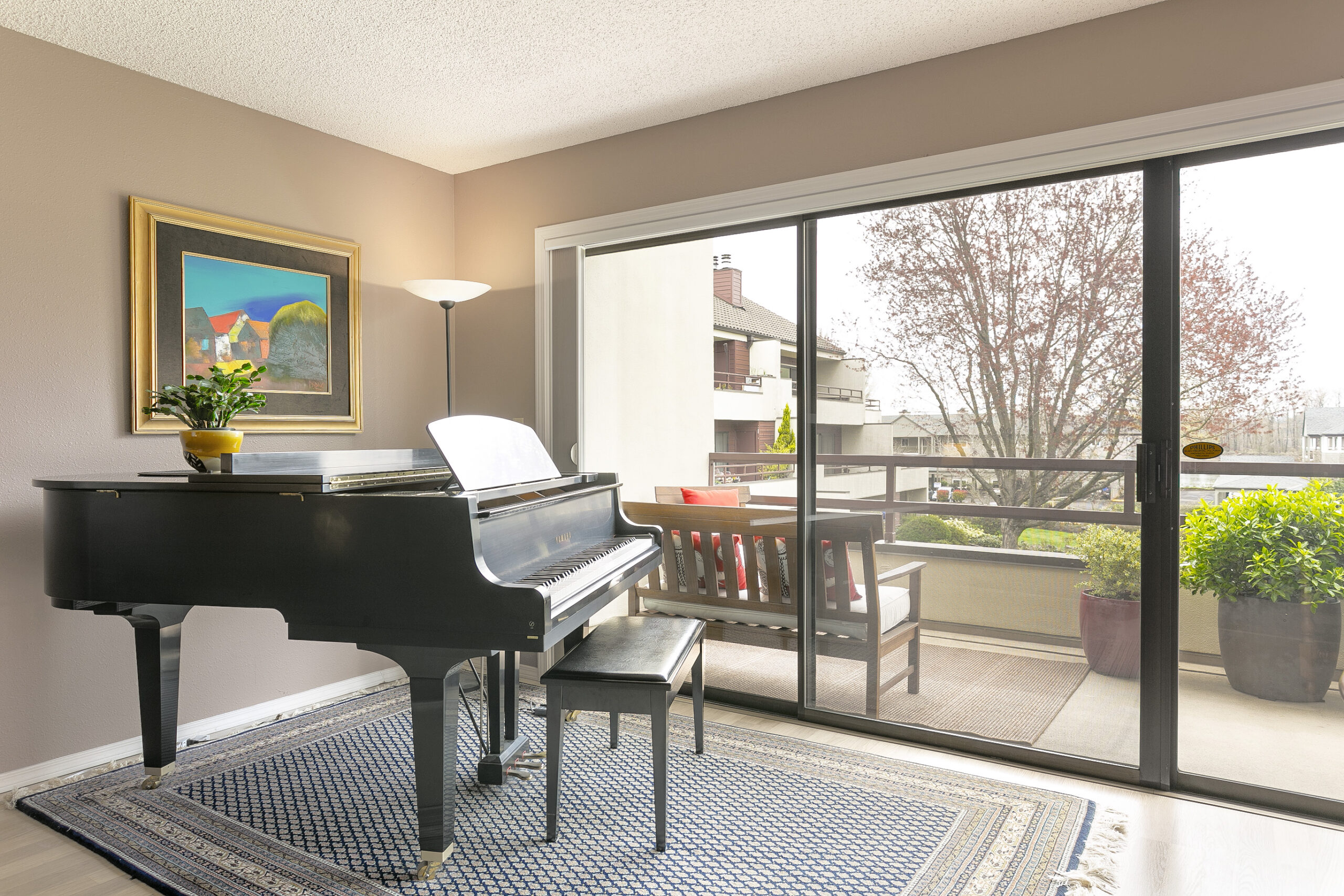
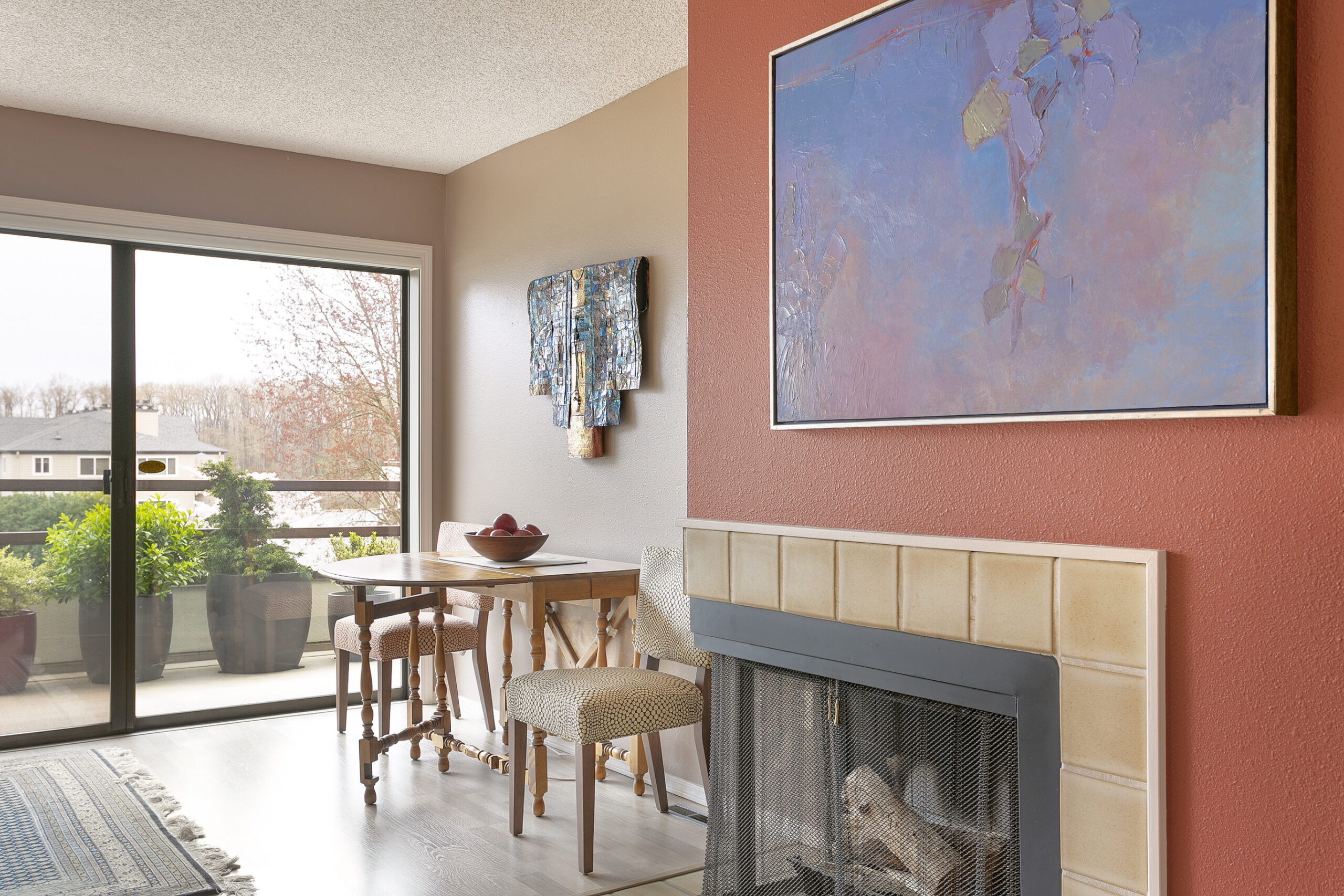
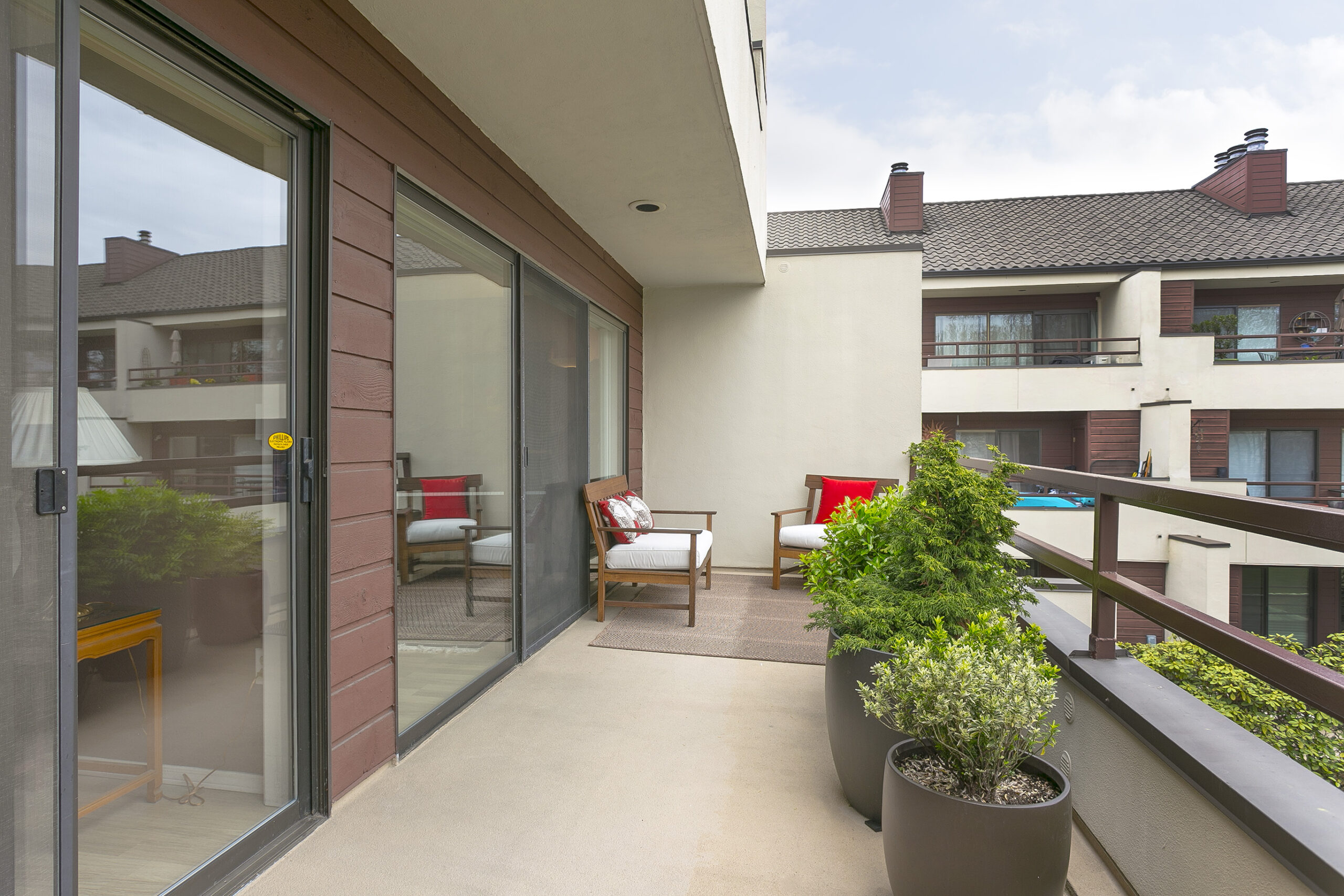
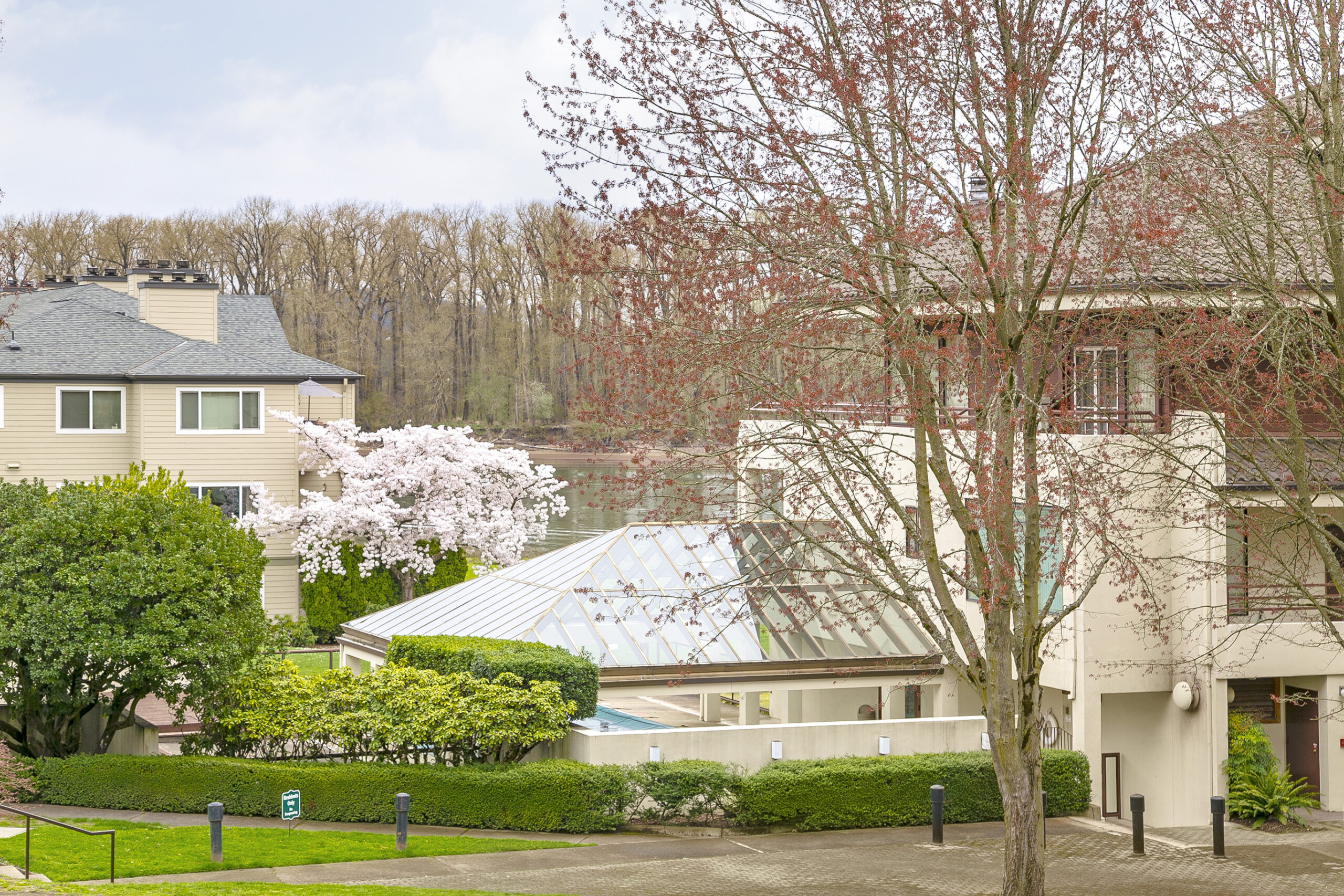
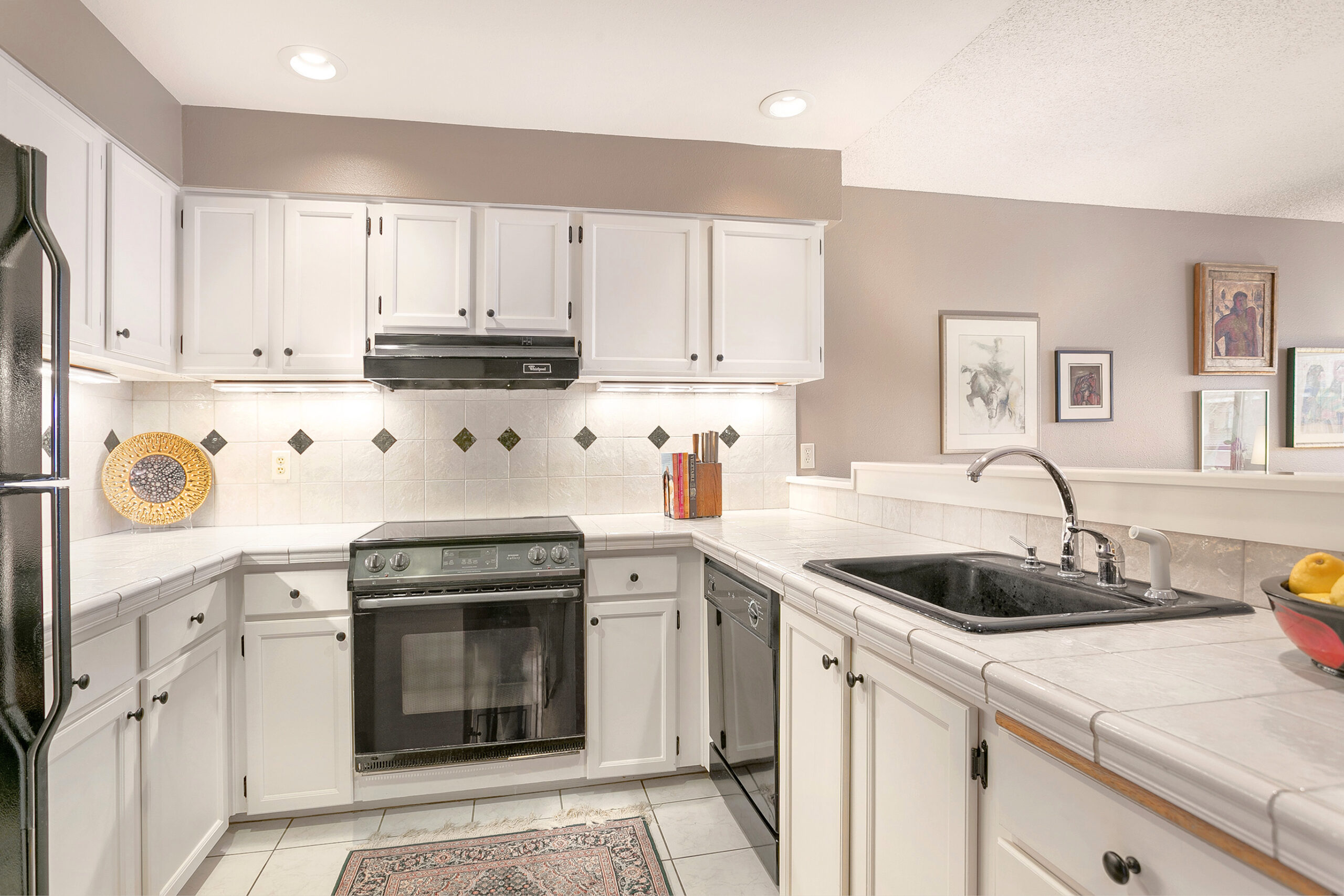
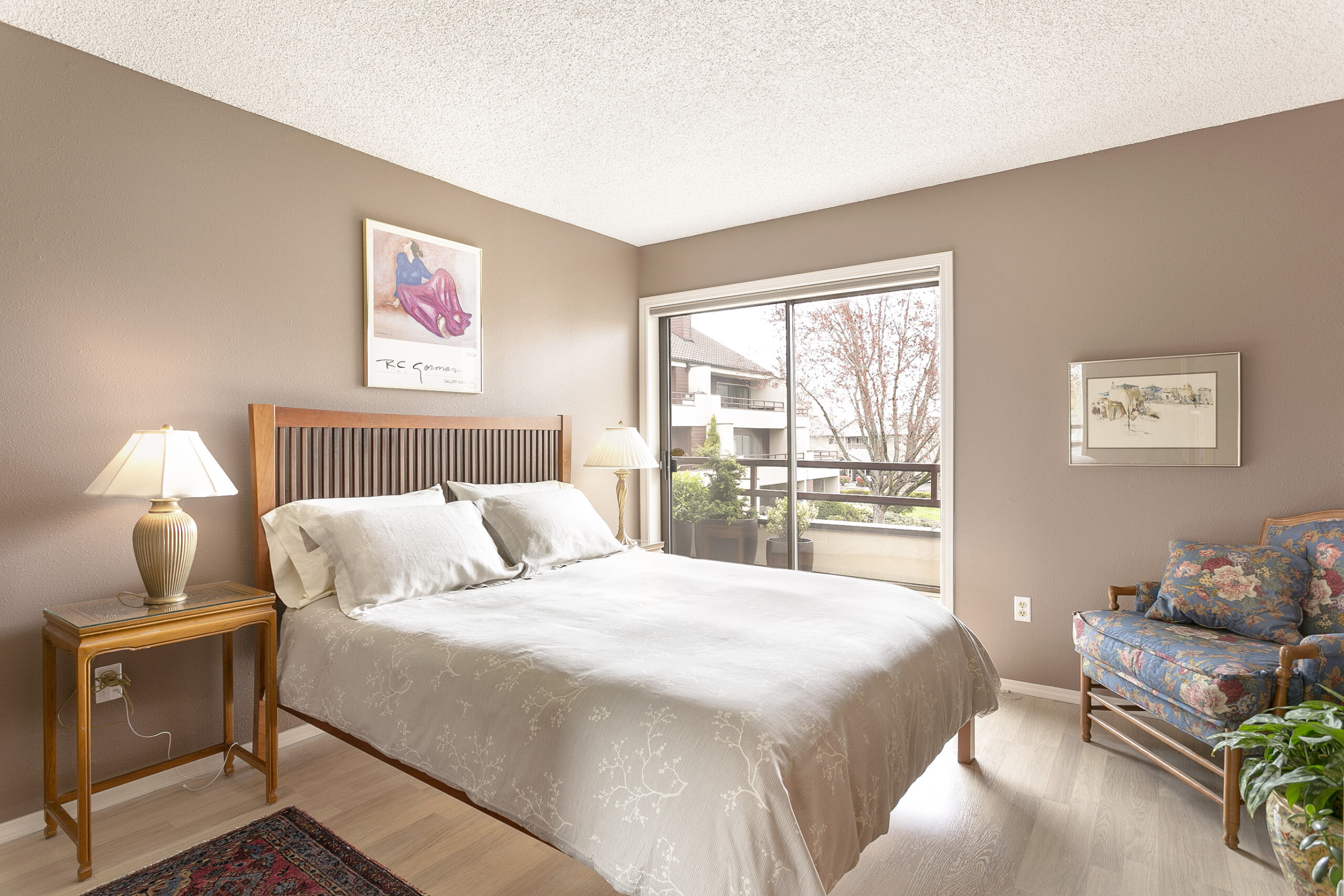
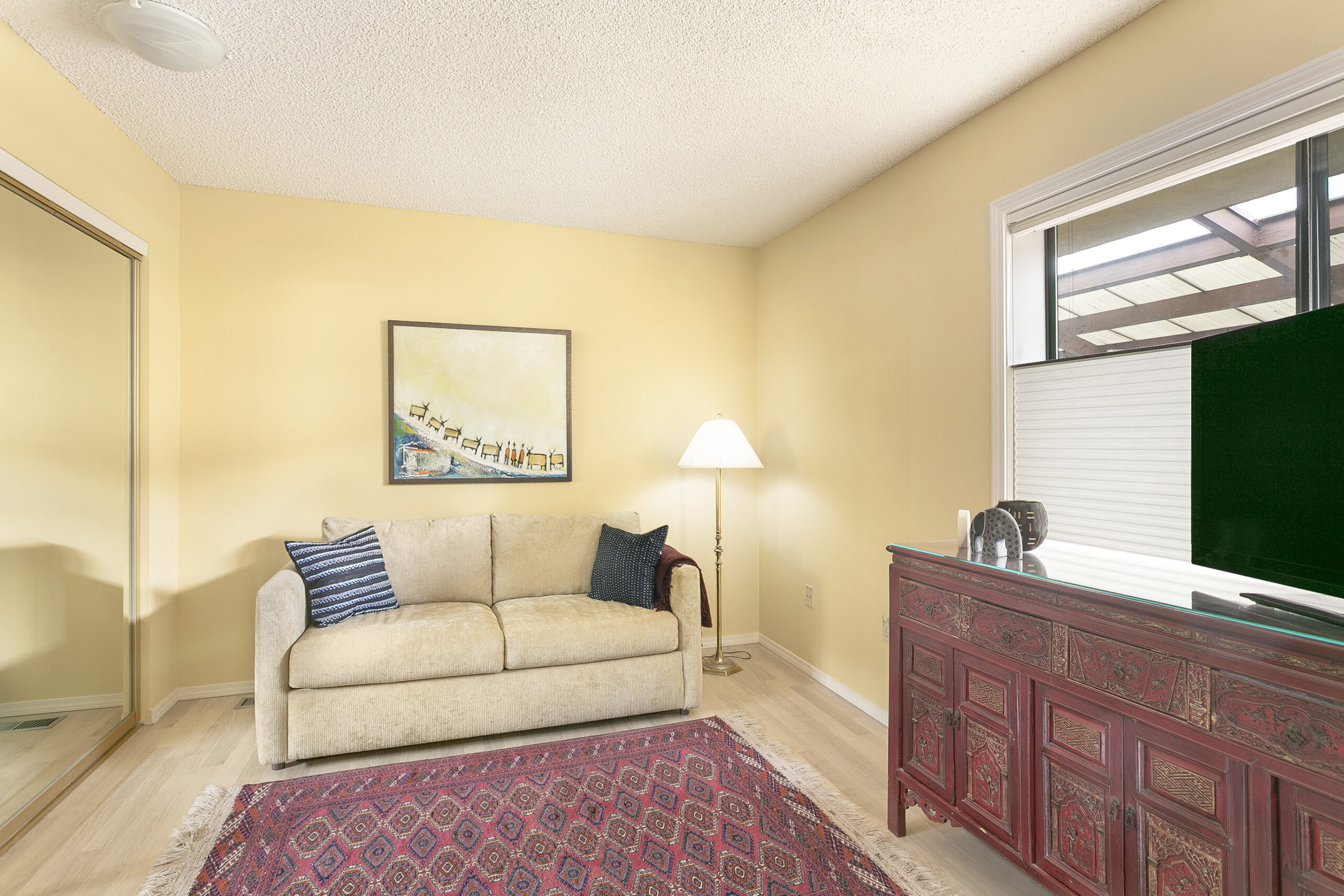
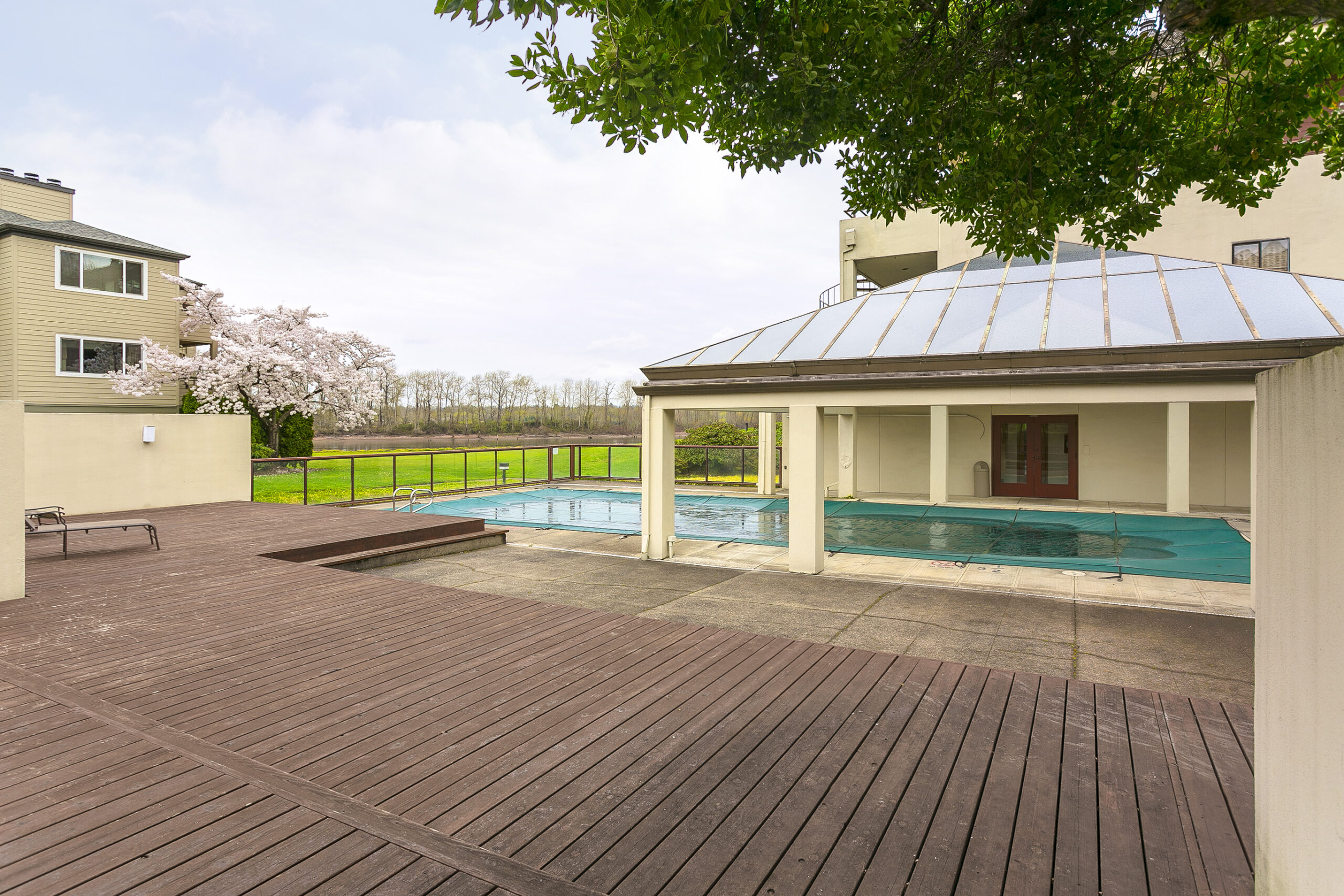
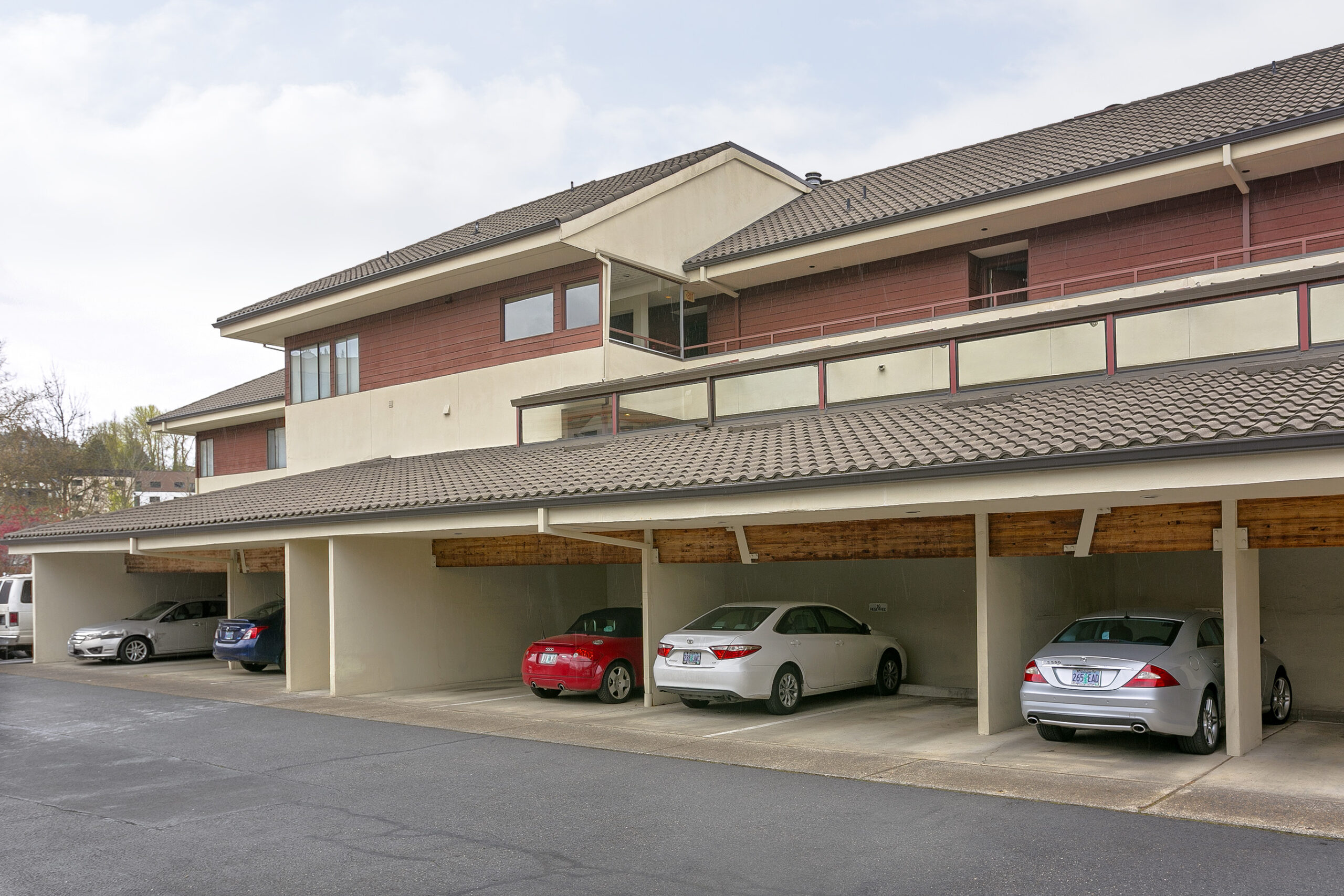

 Portland Monthly
Portland Monthly